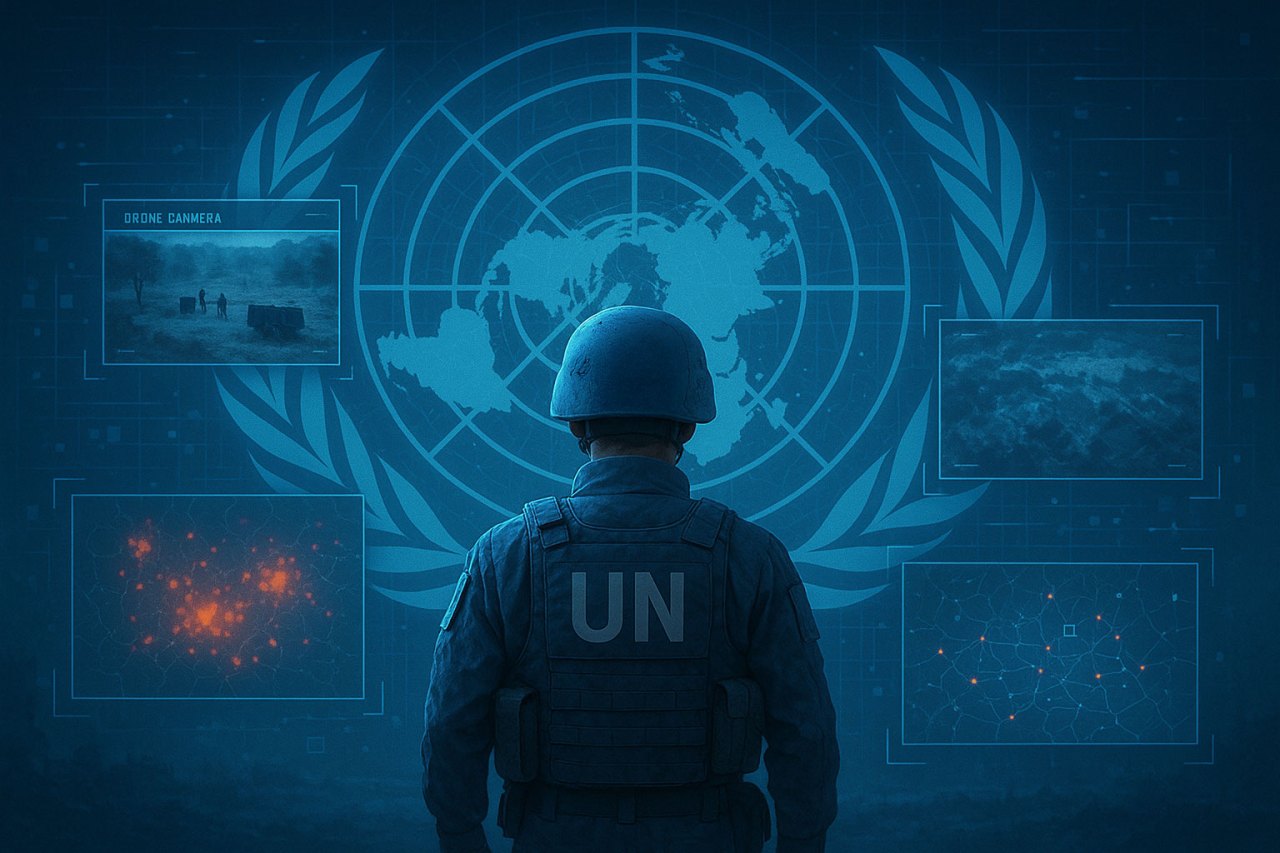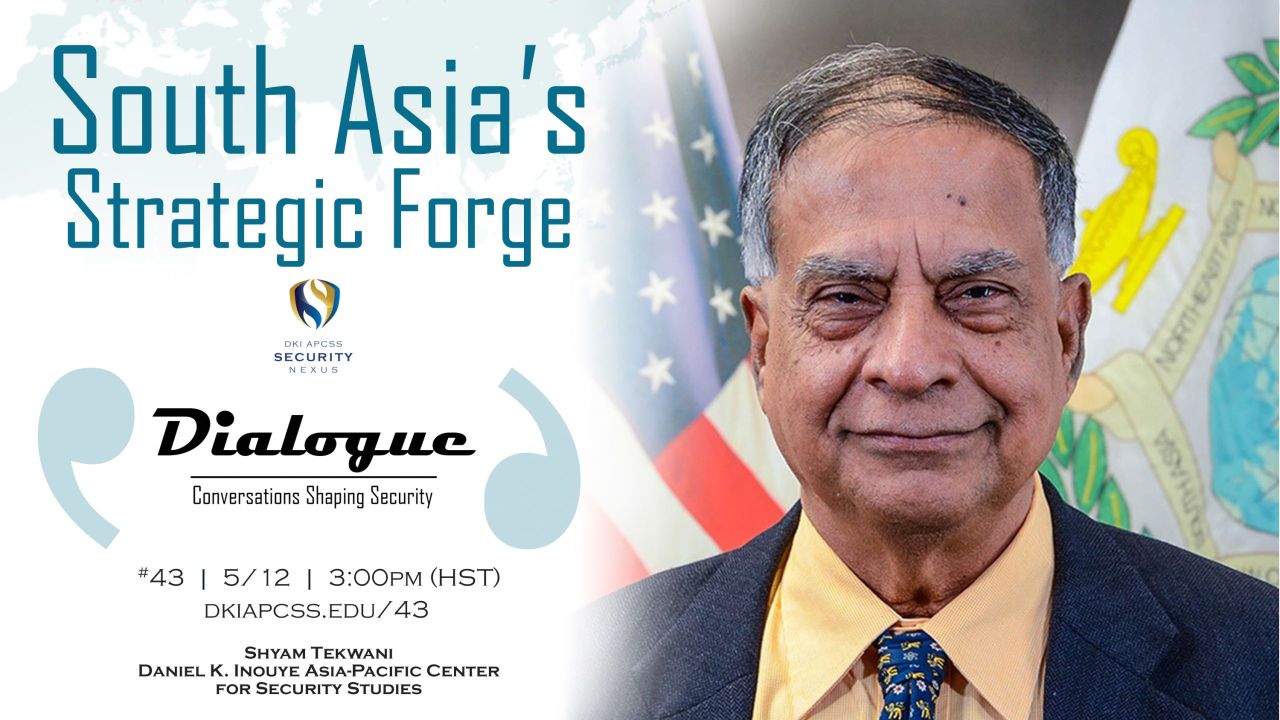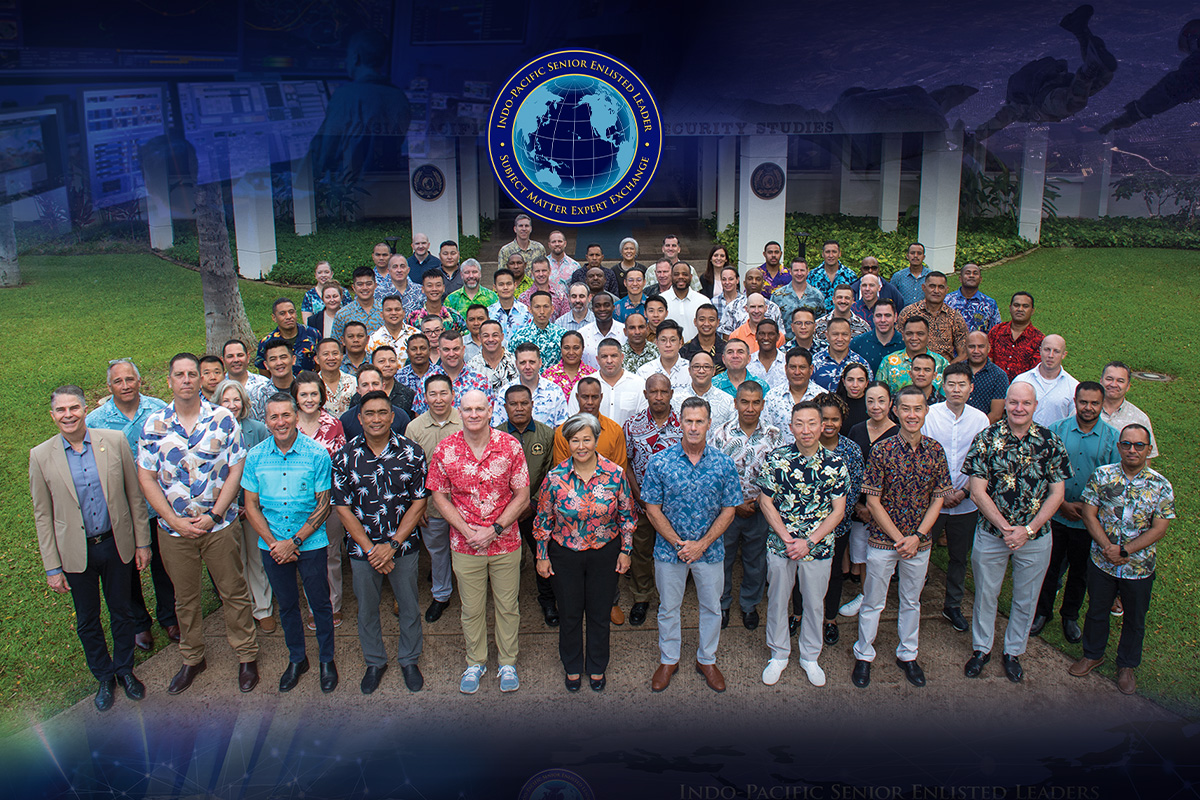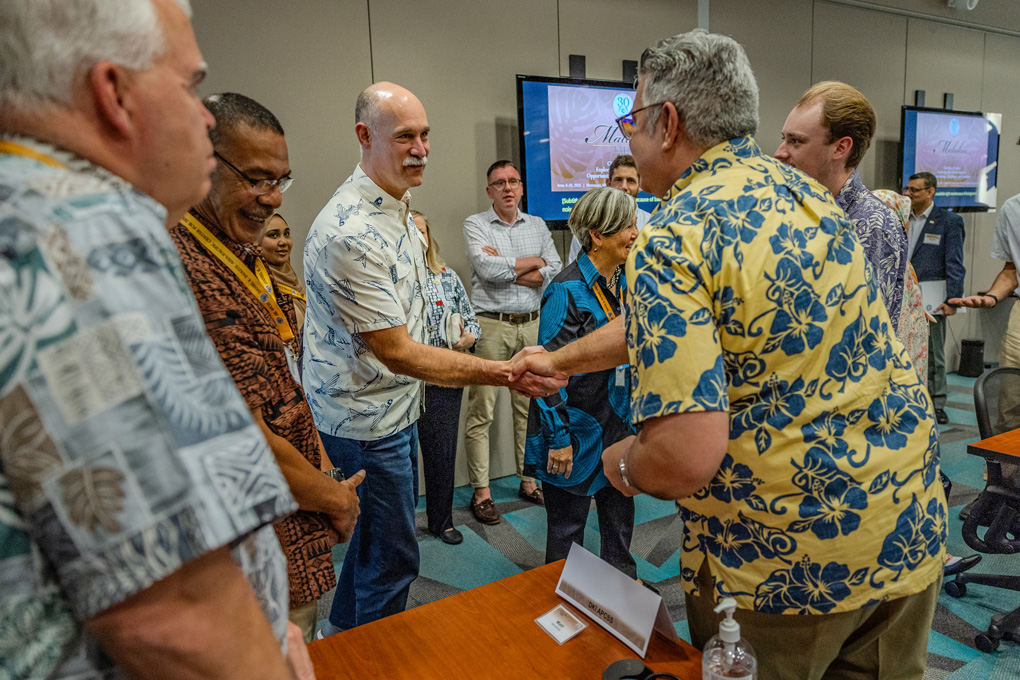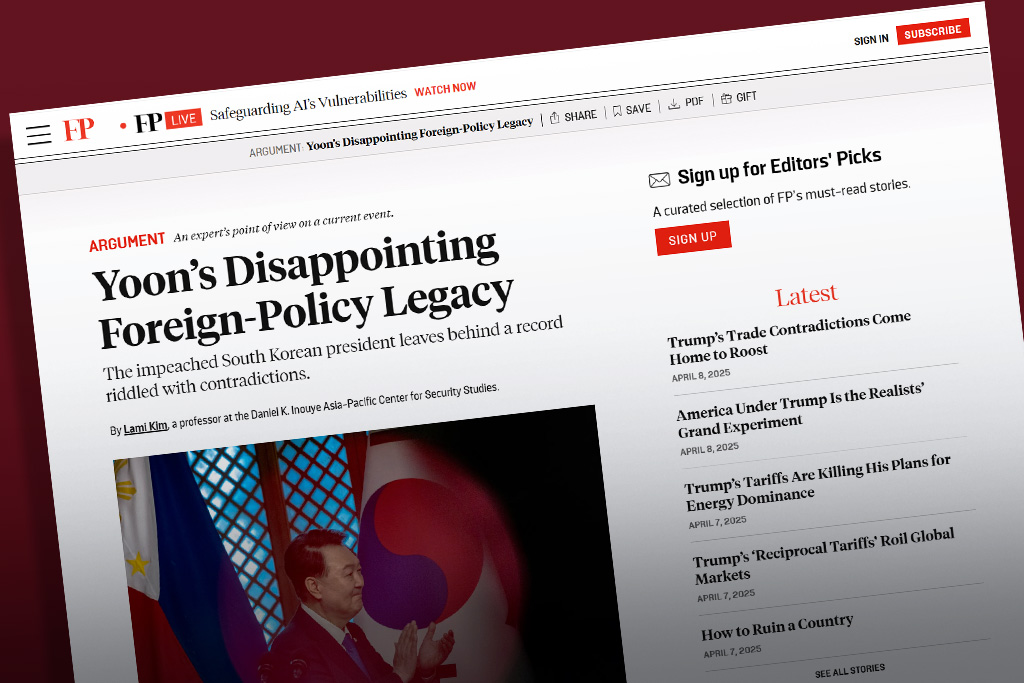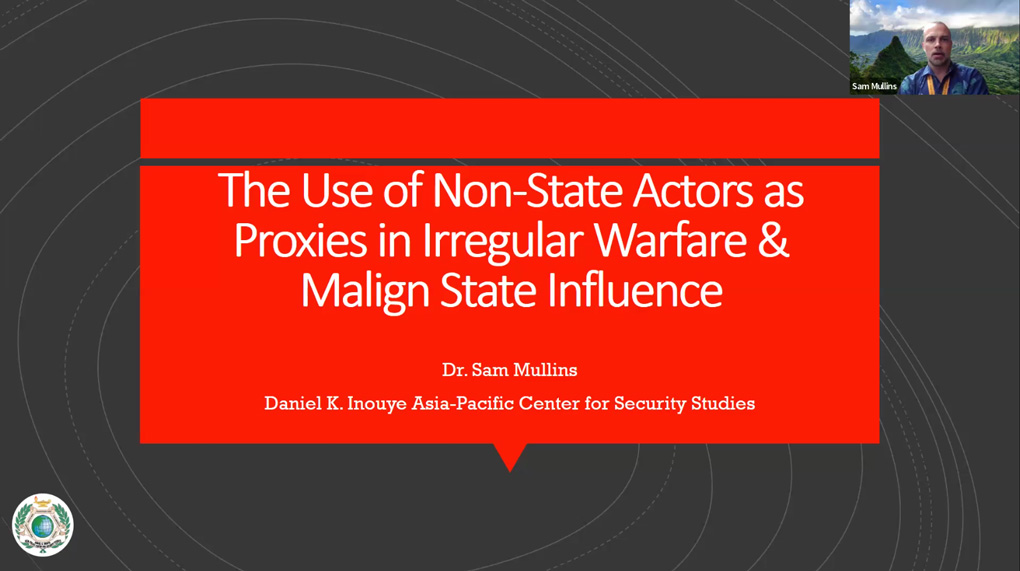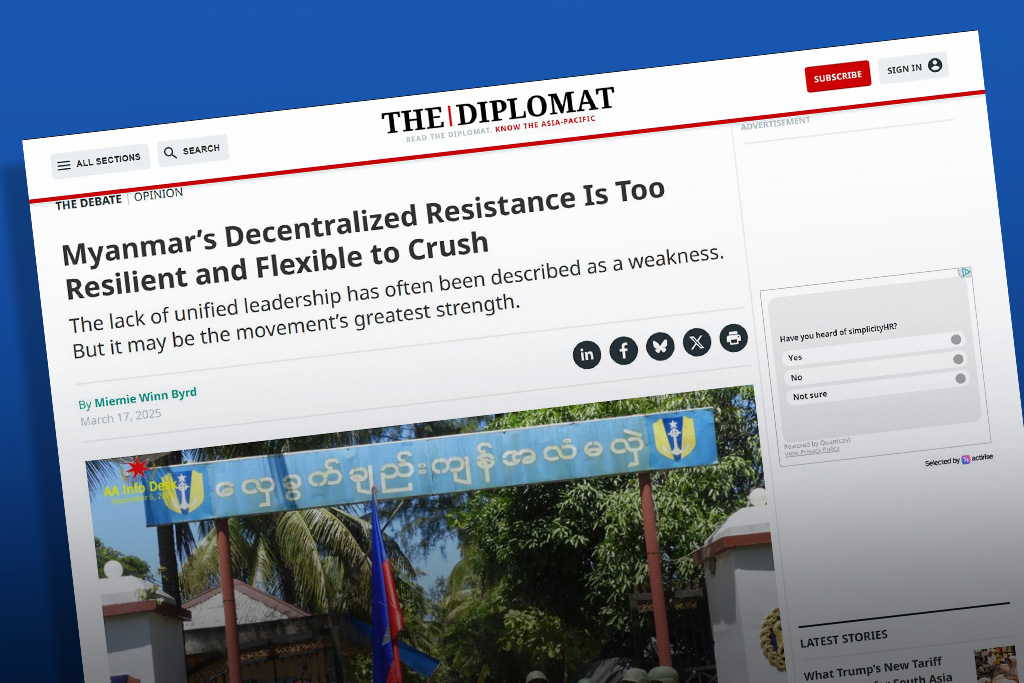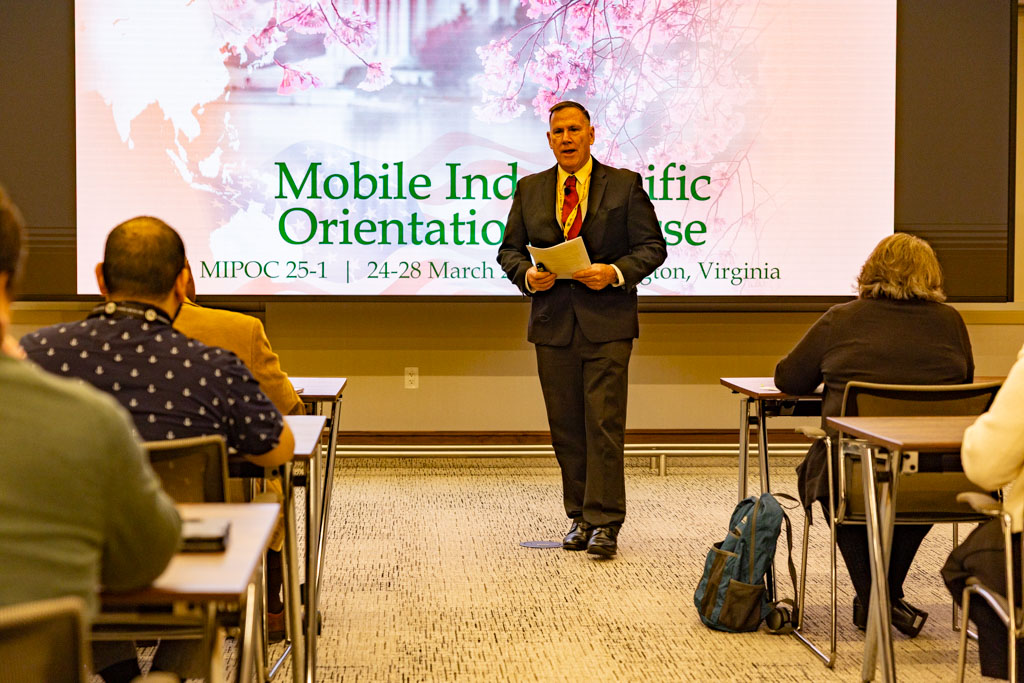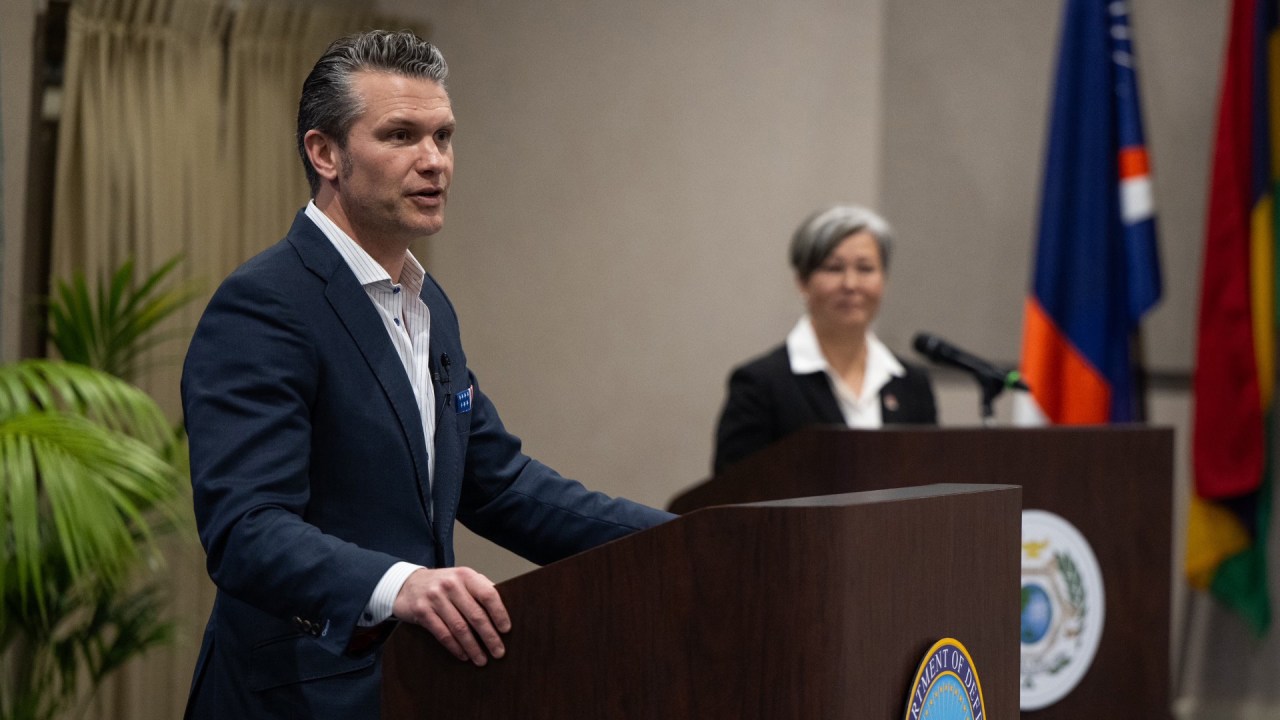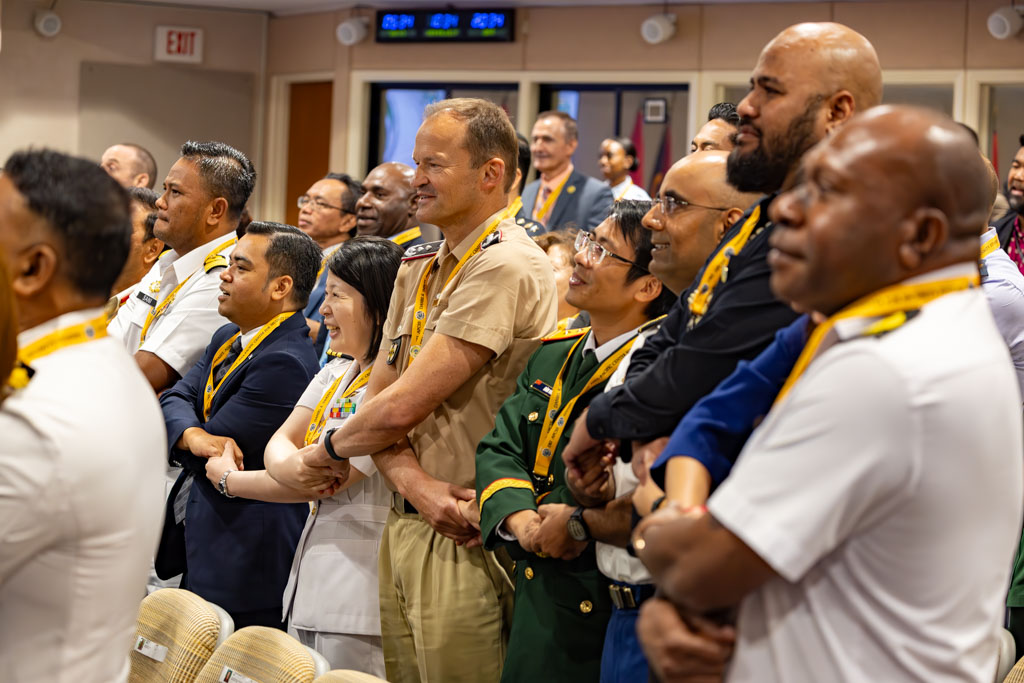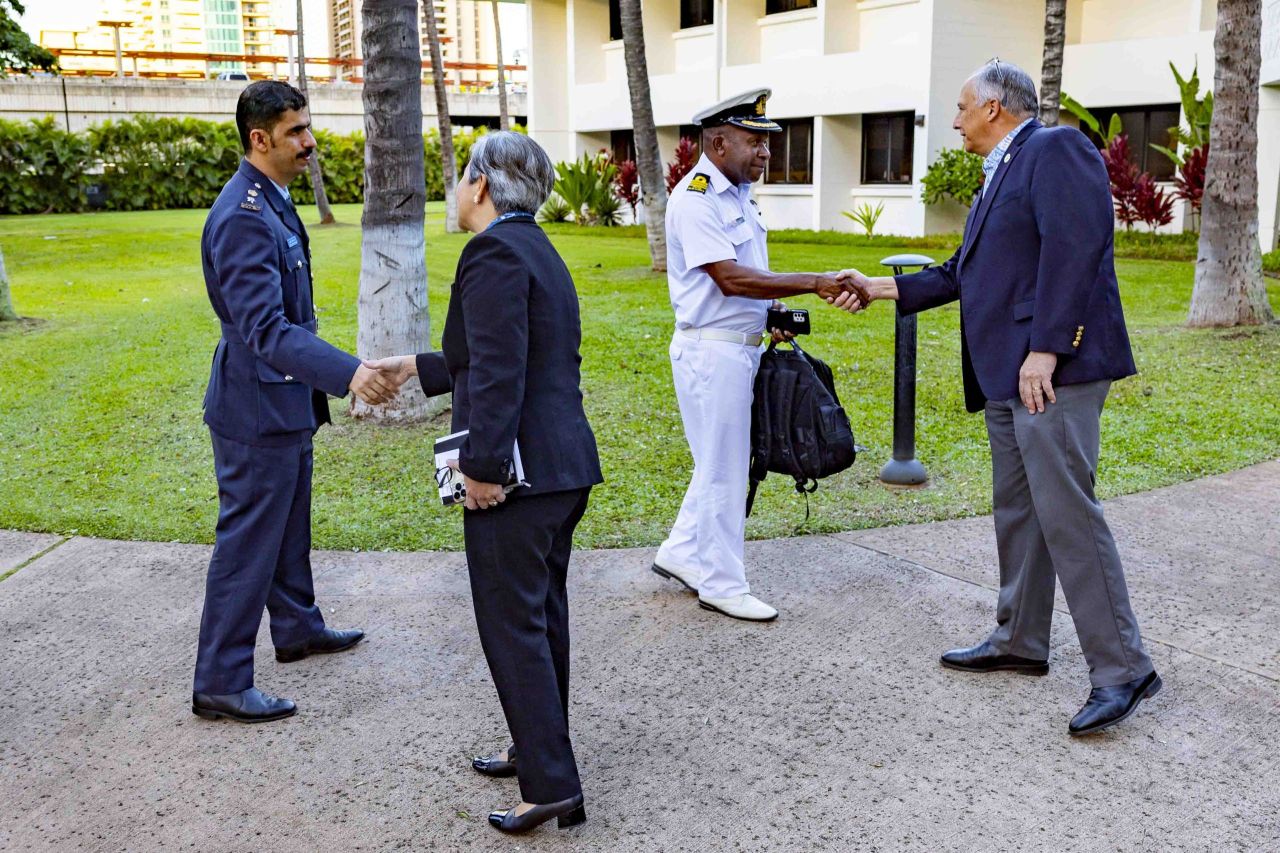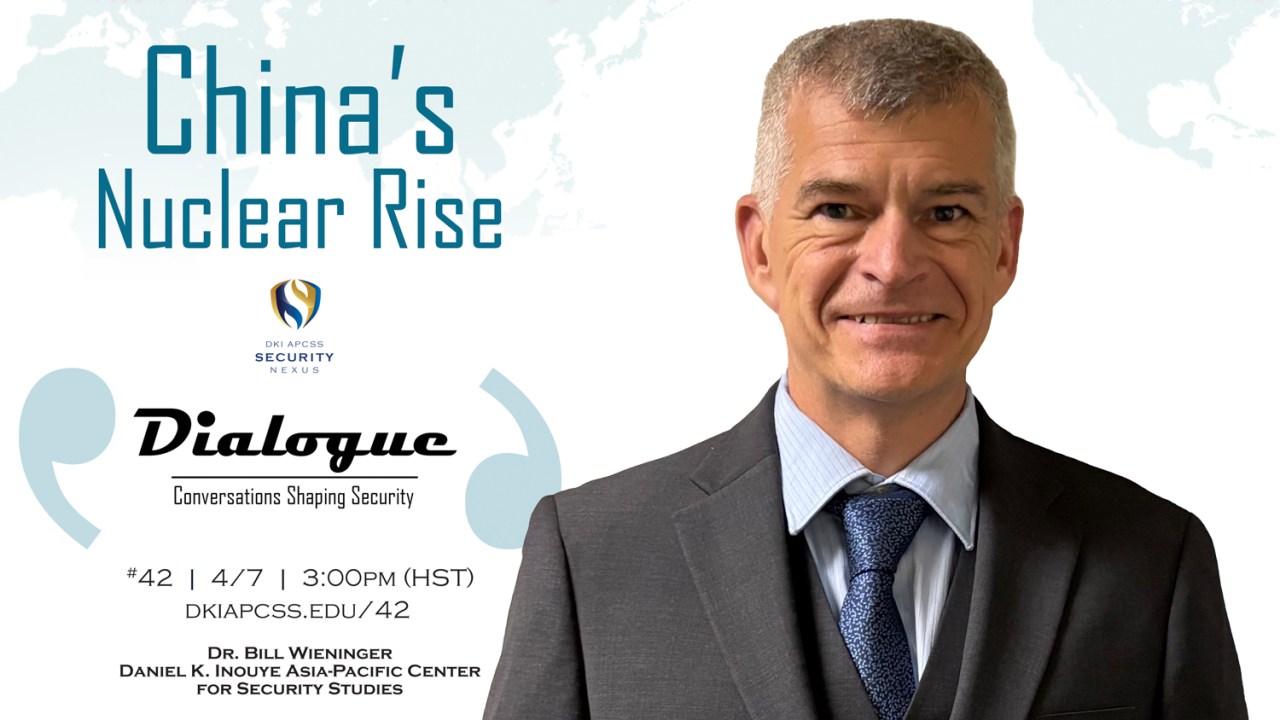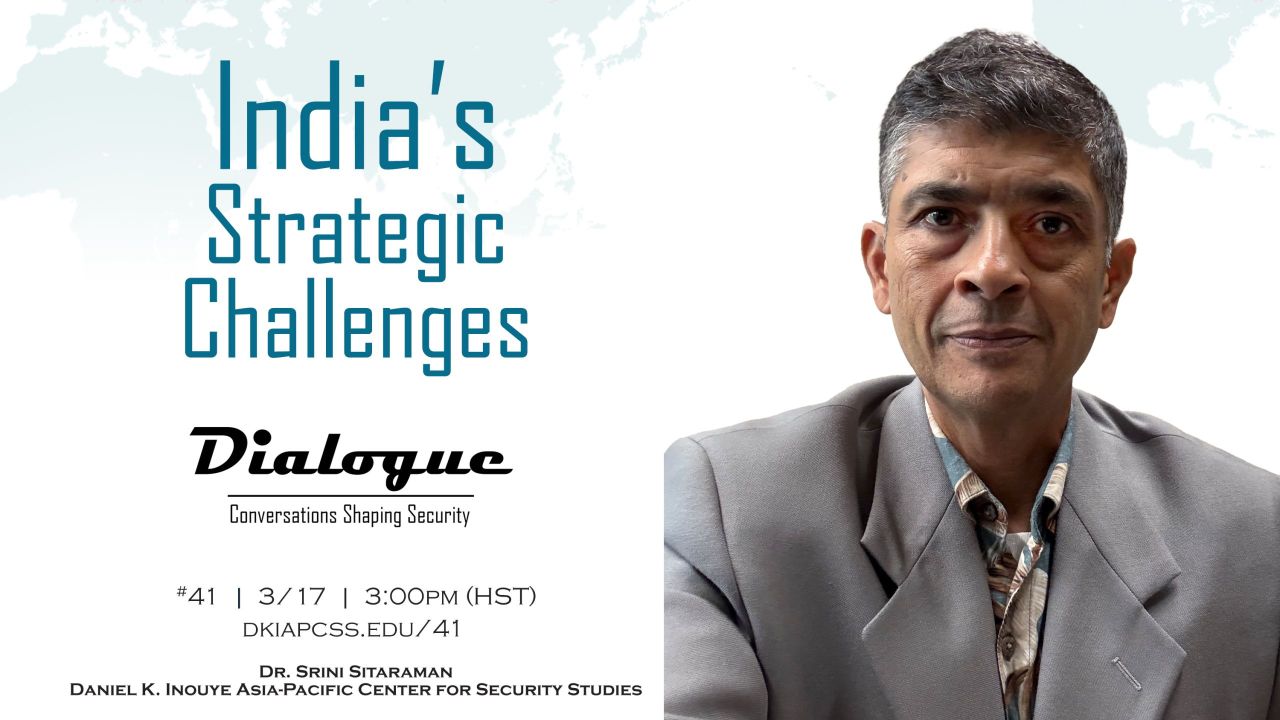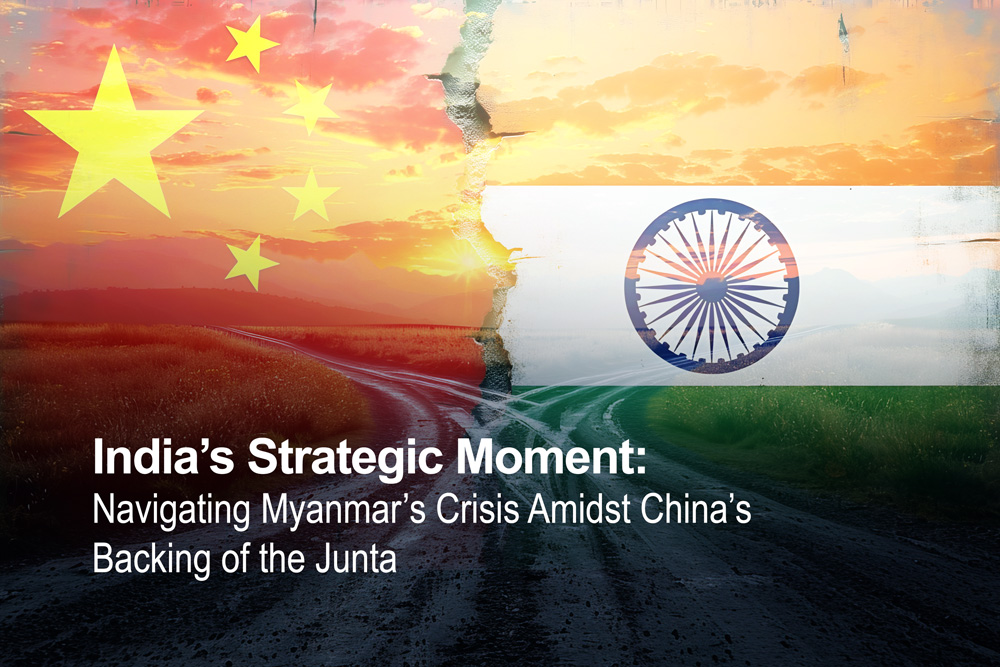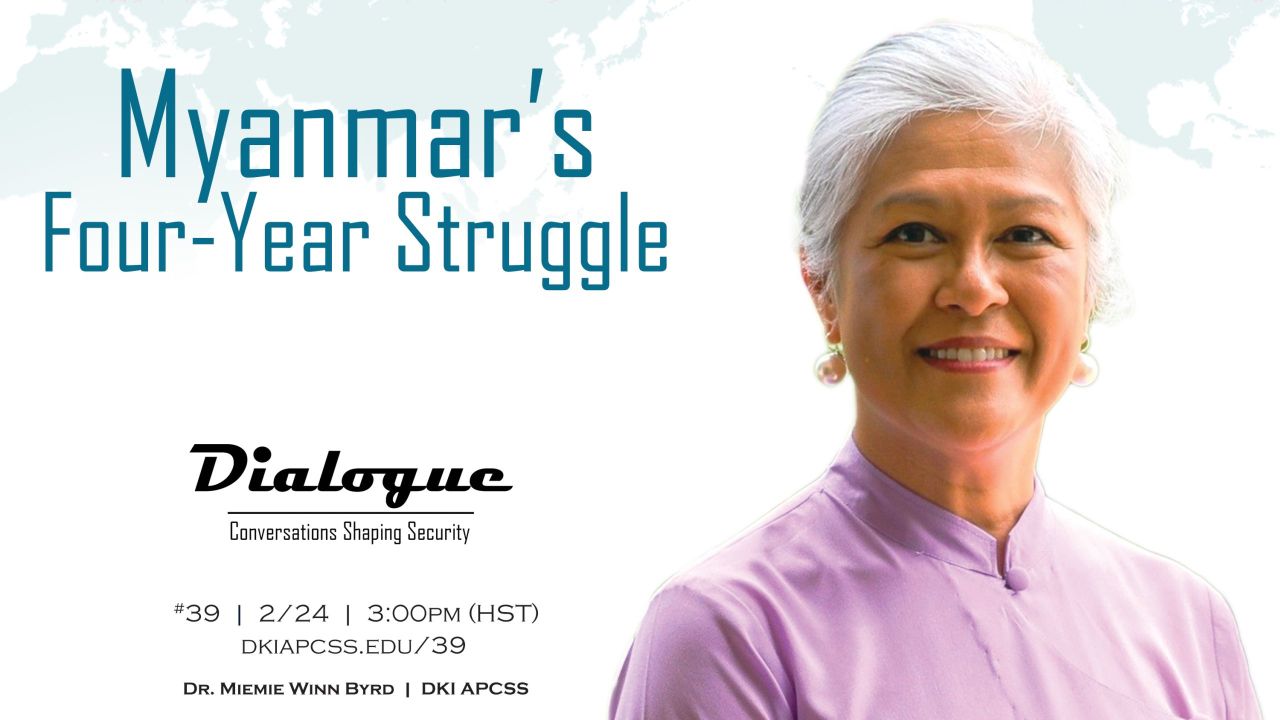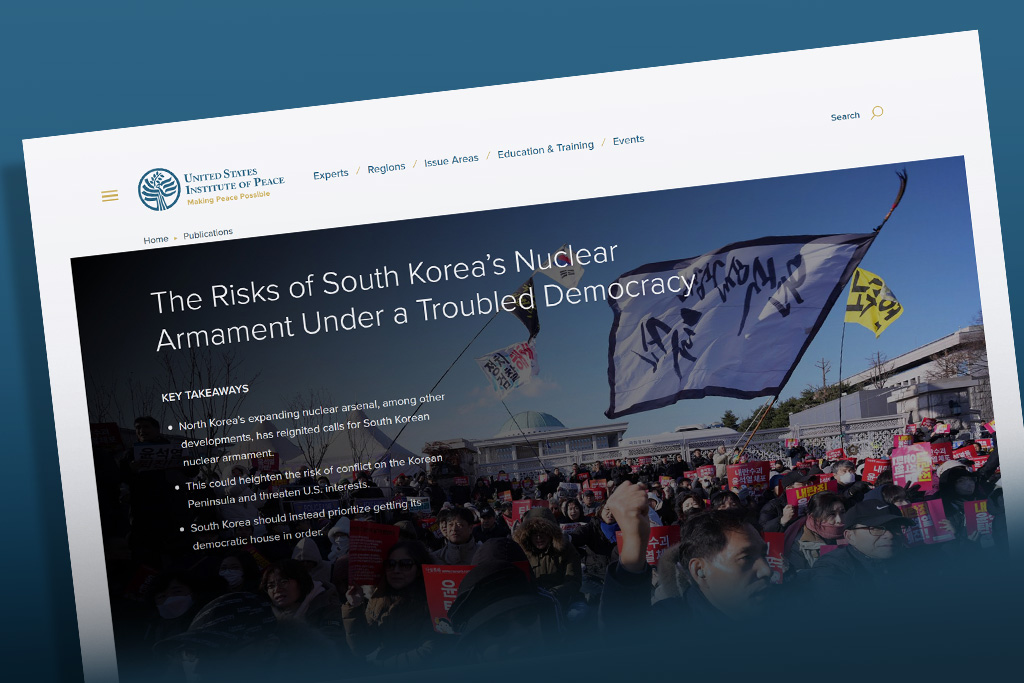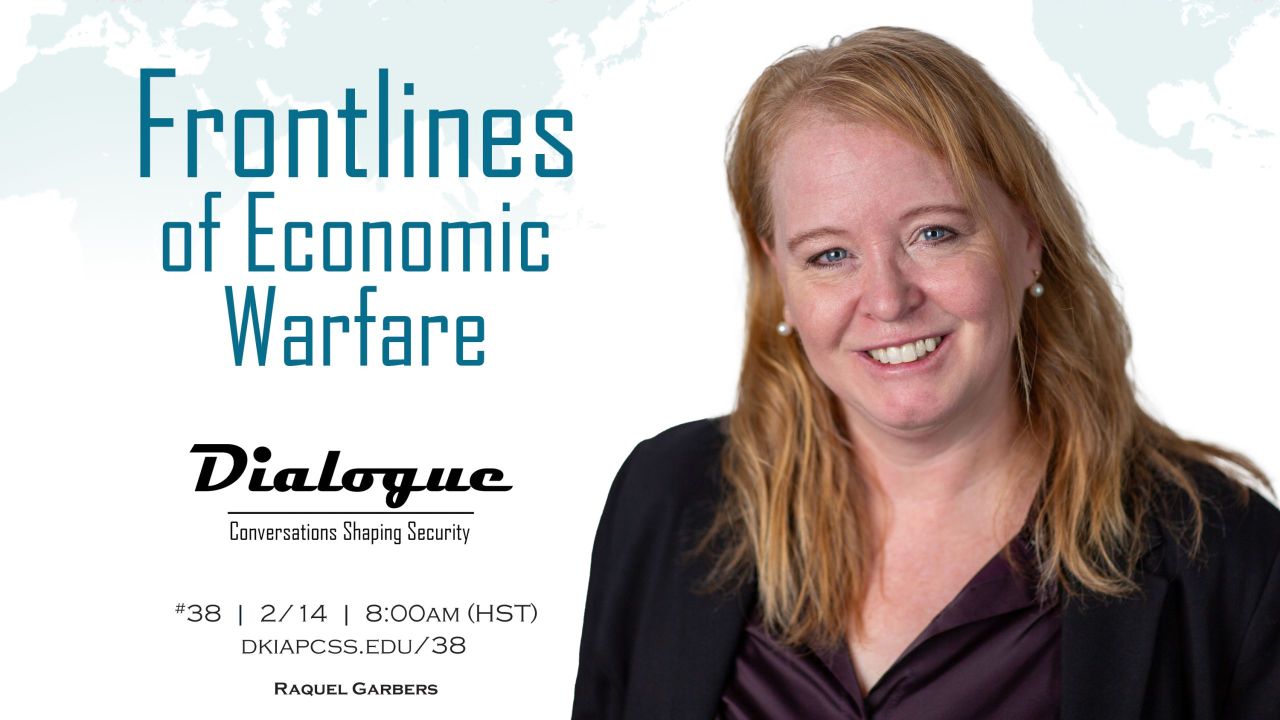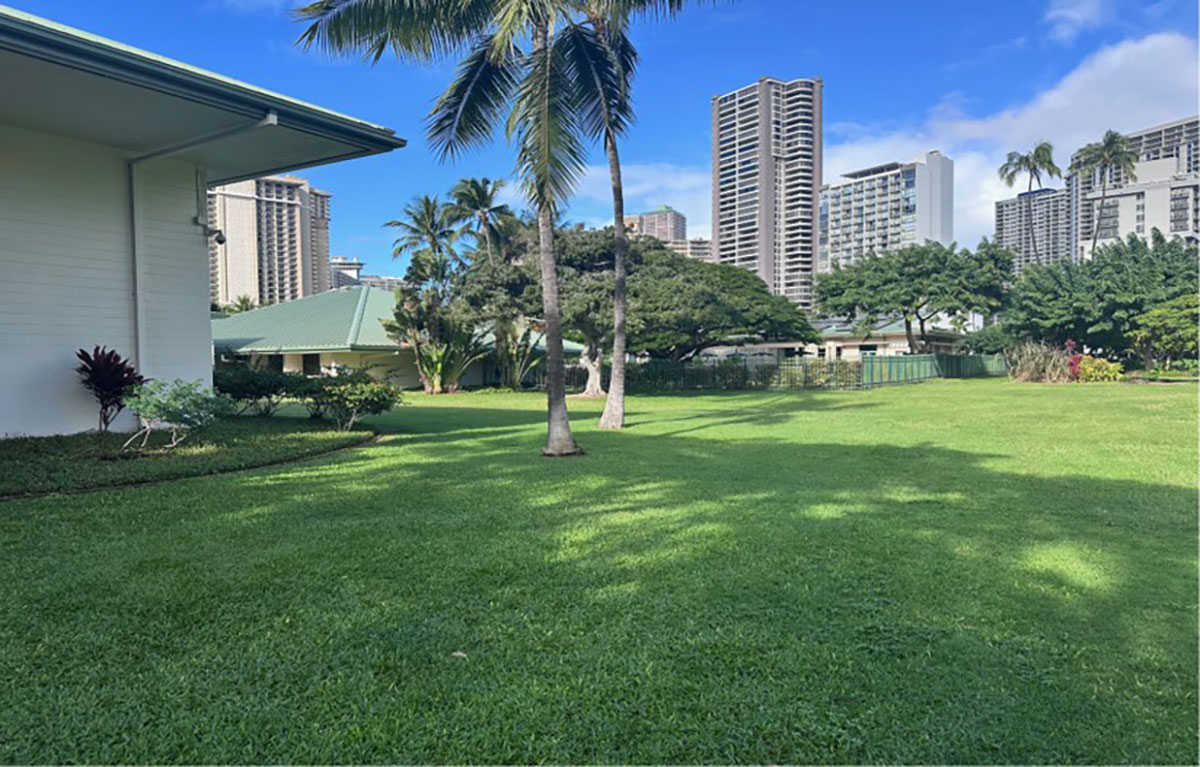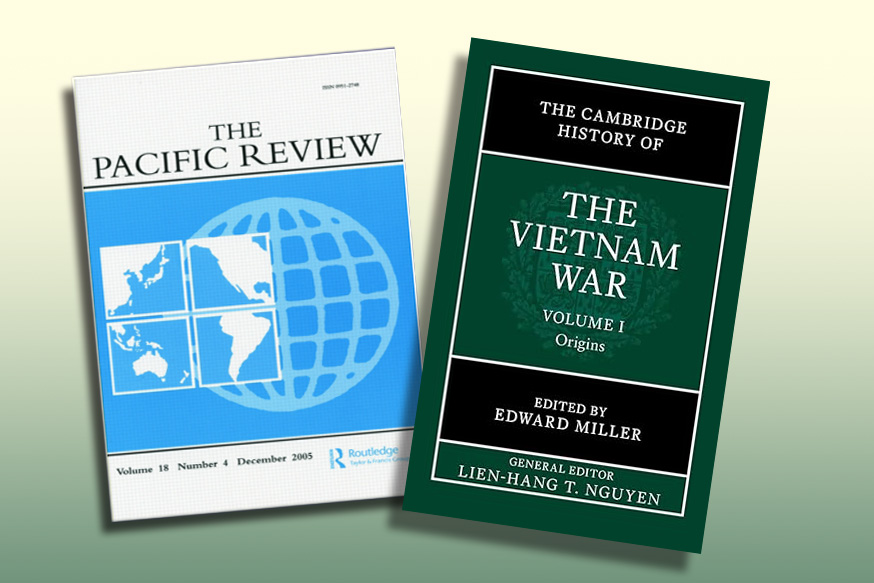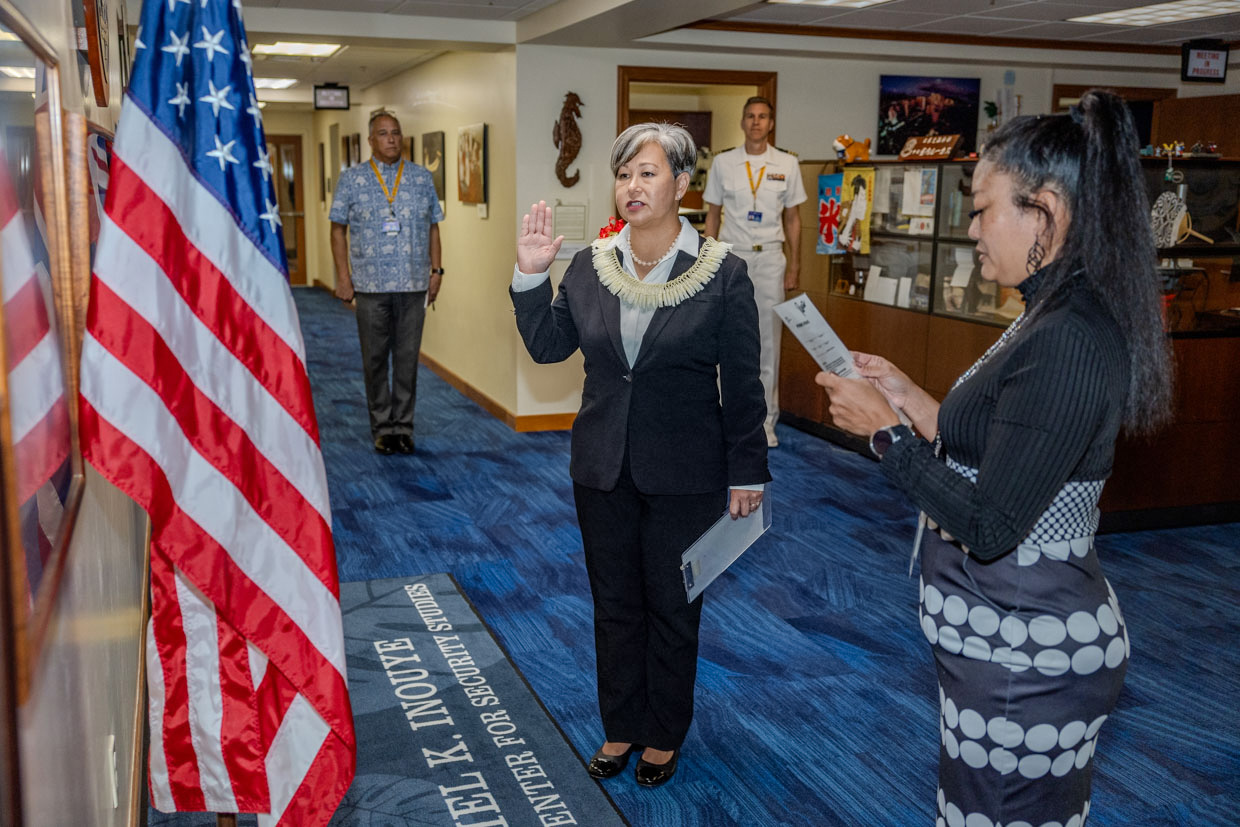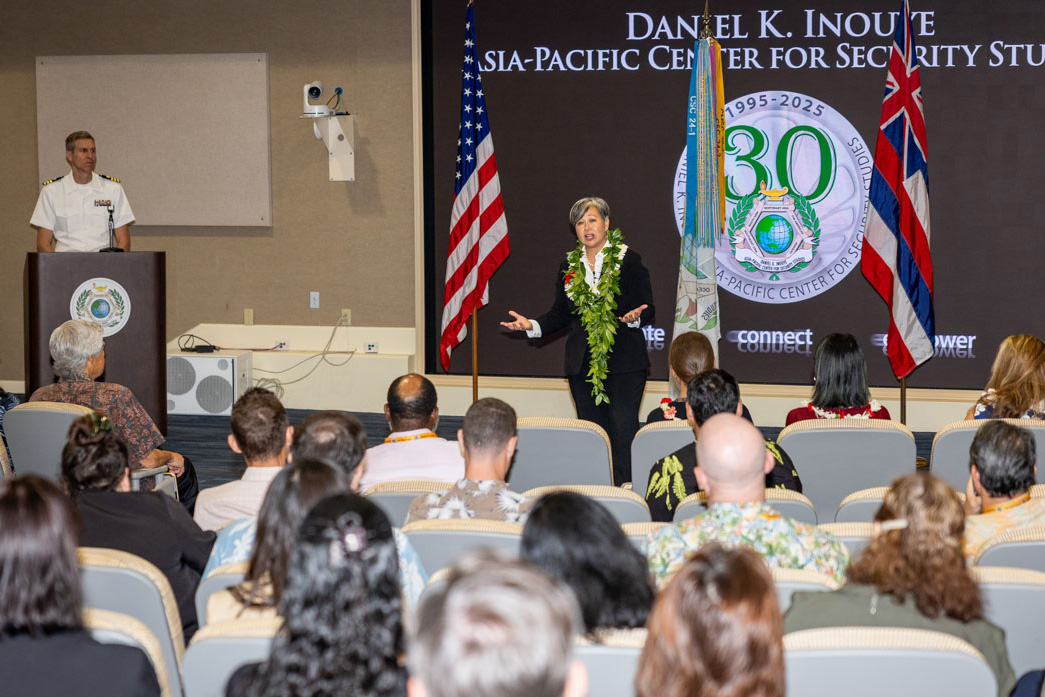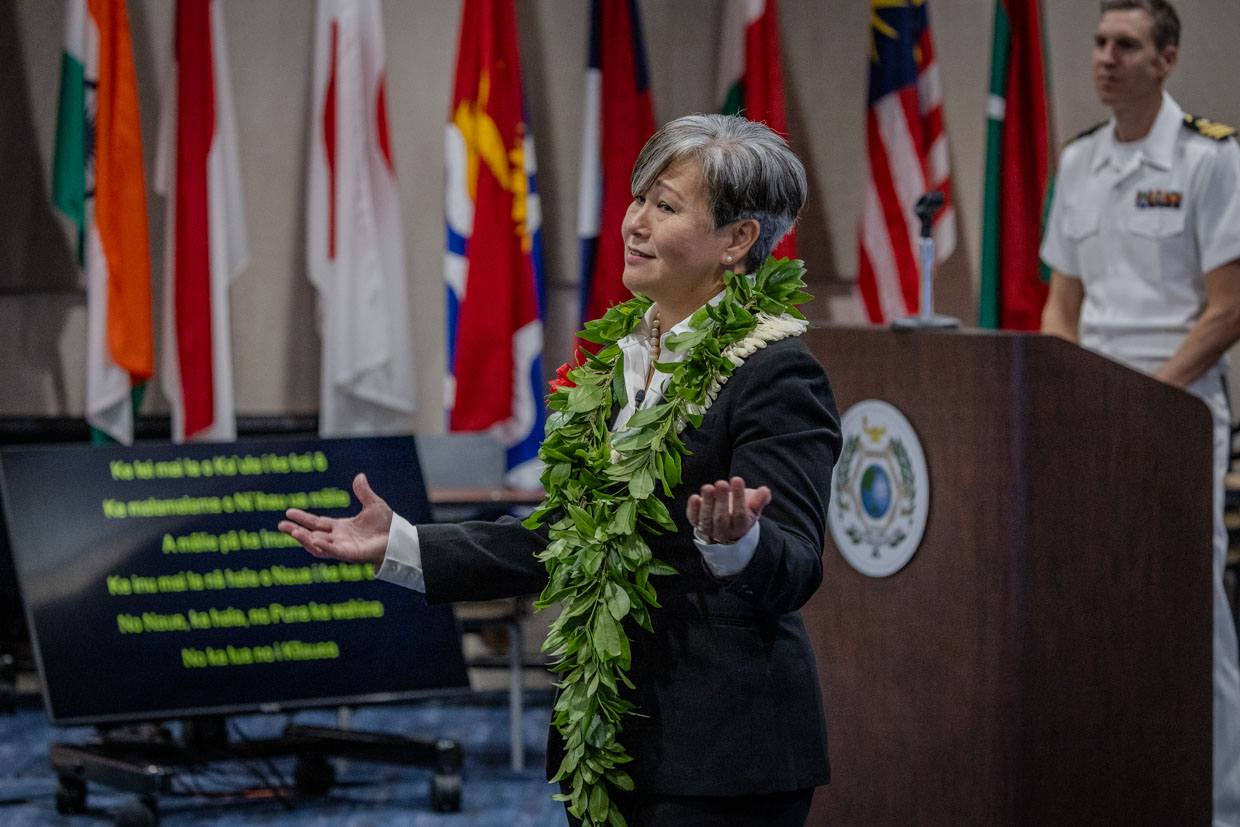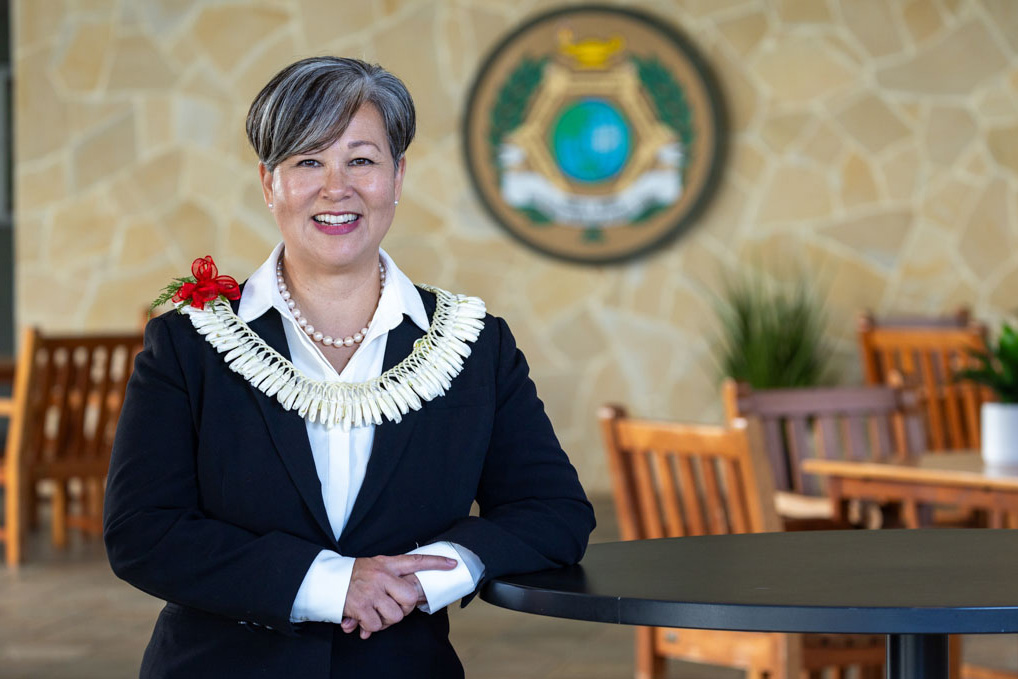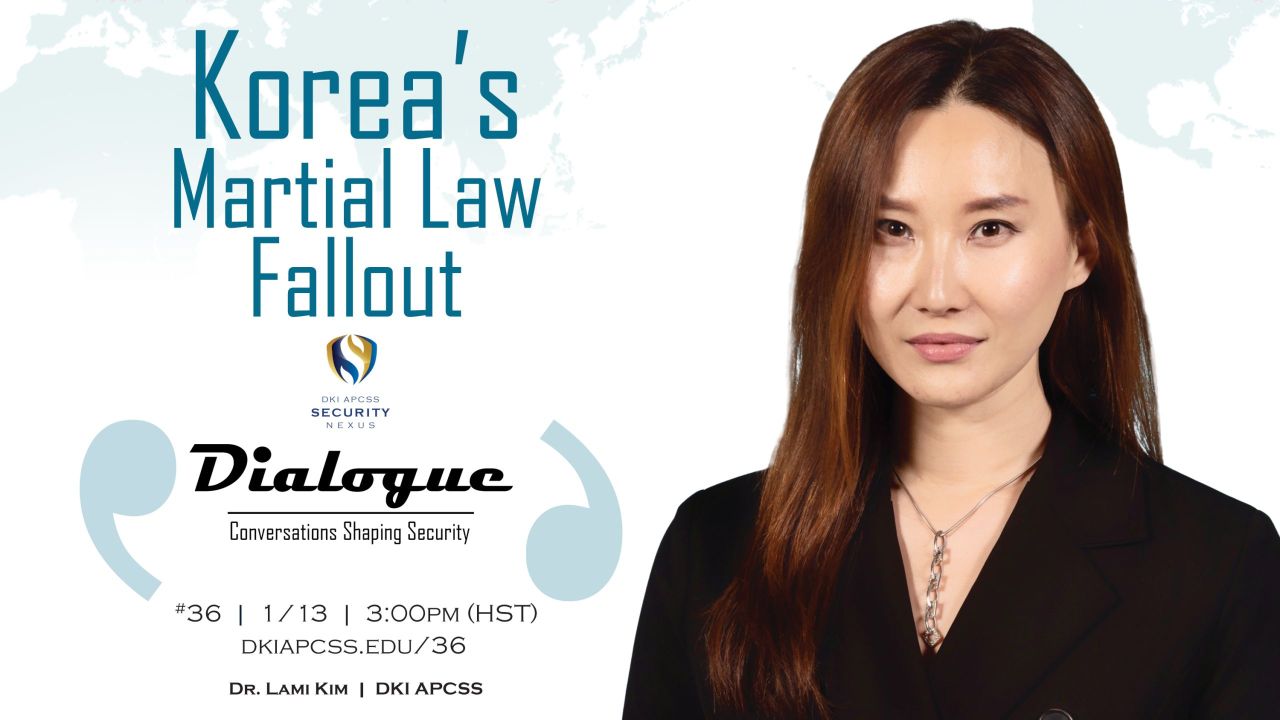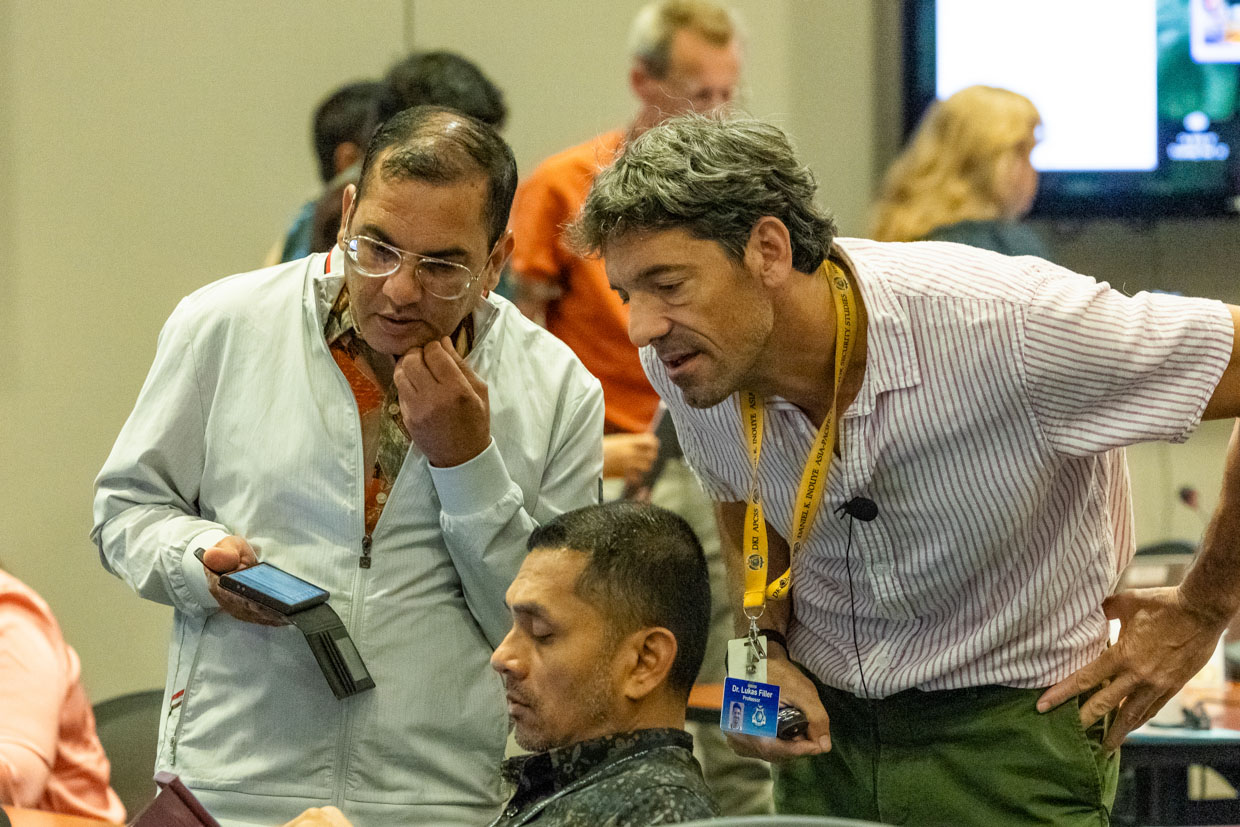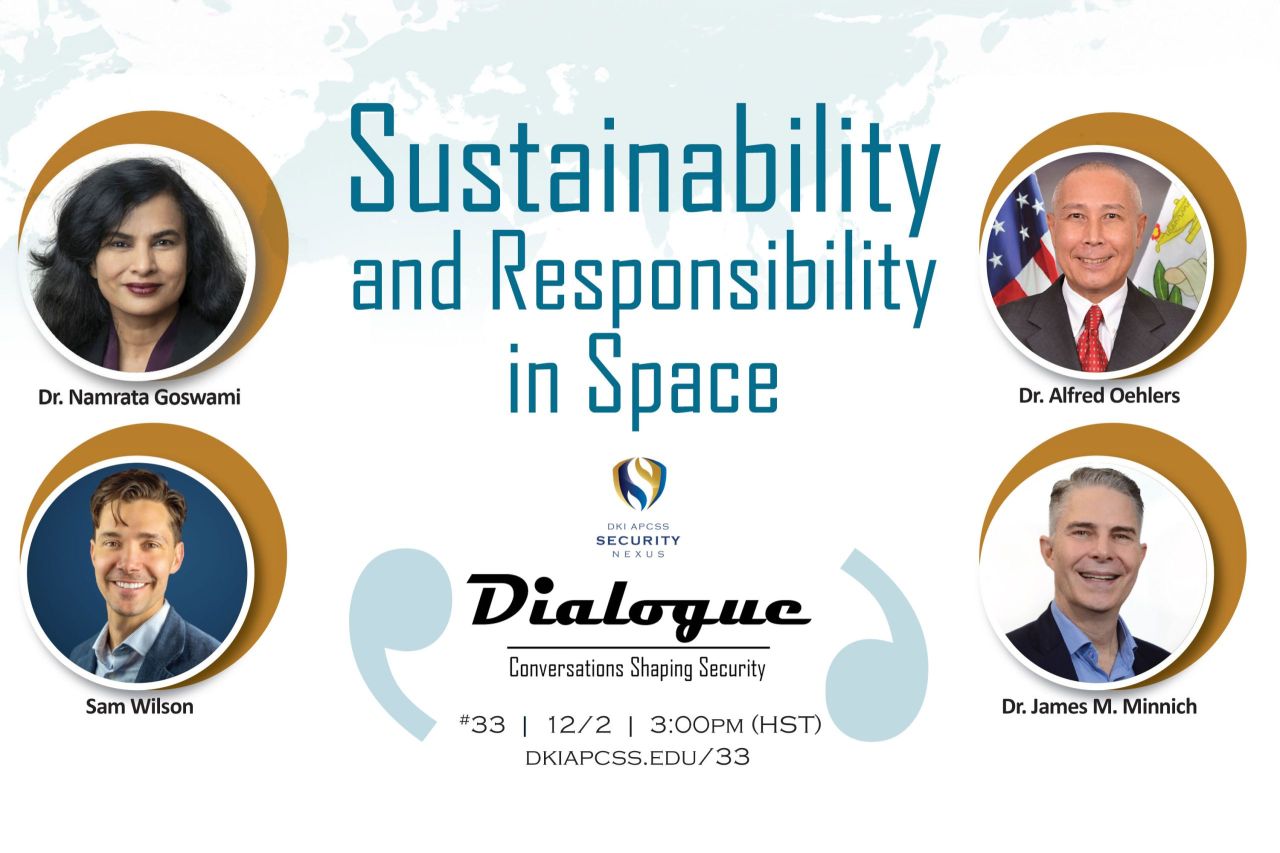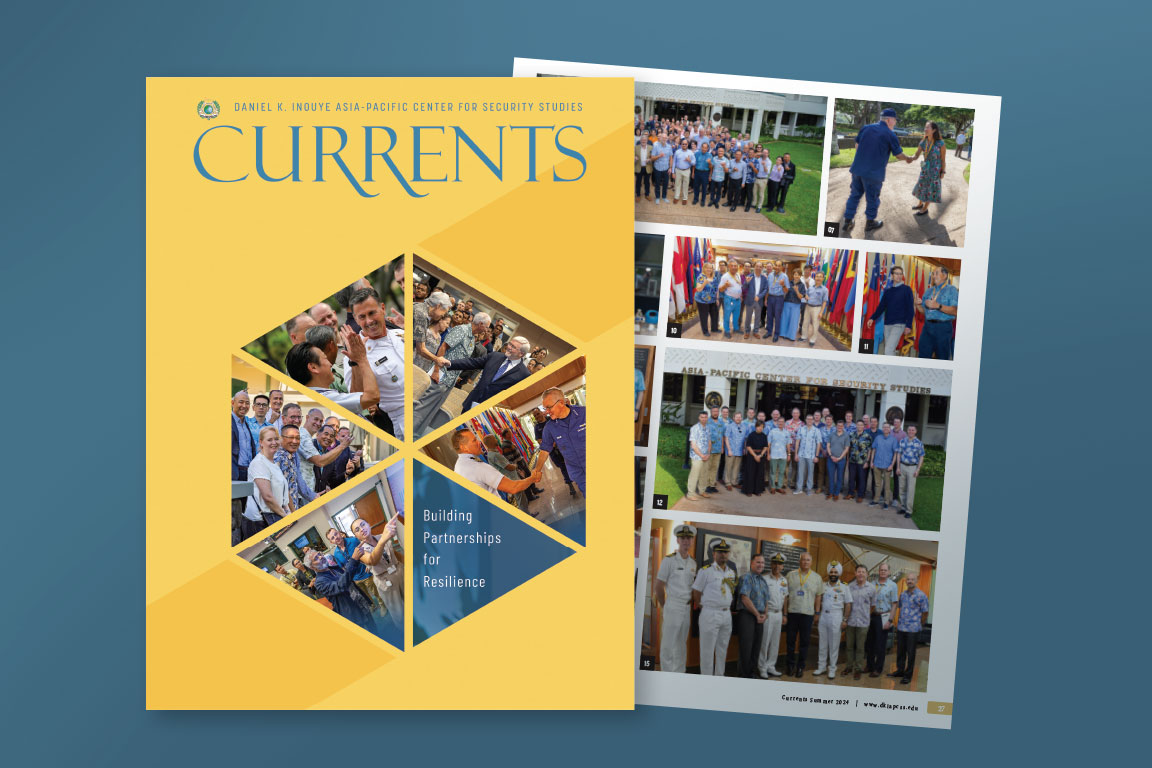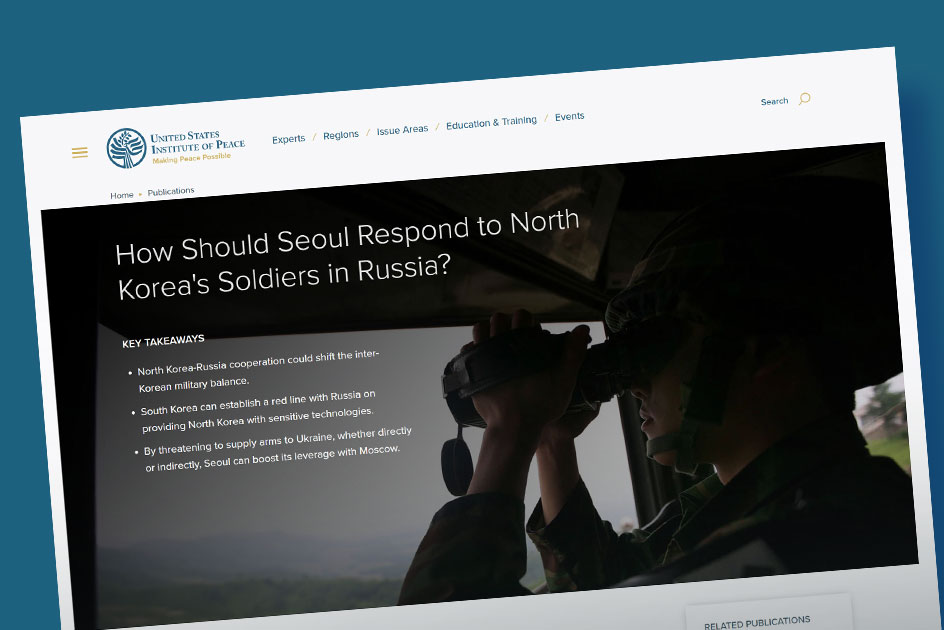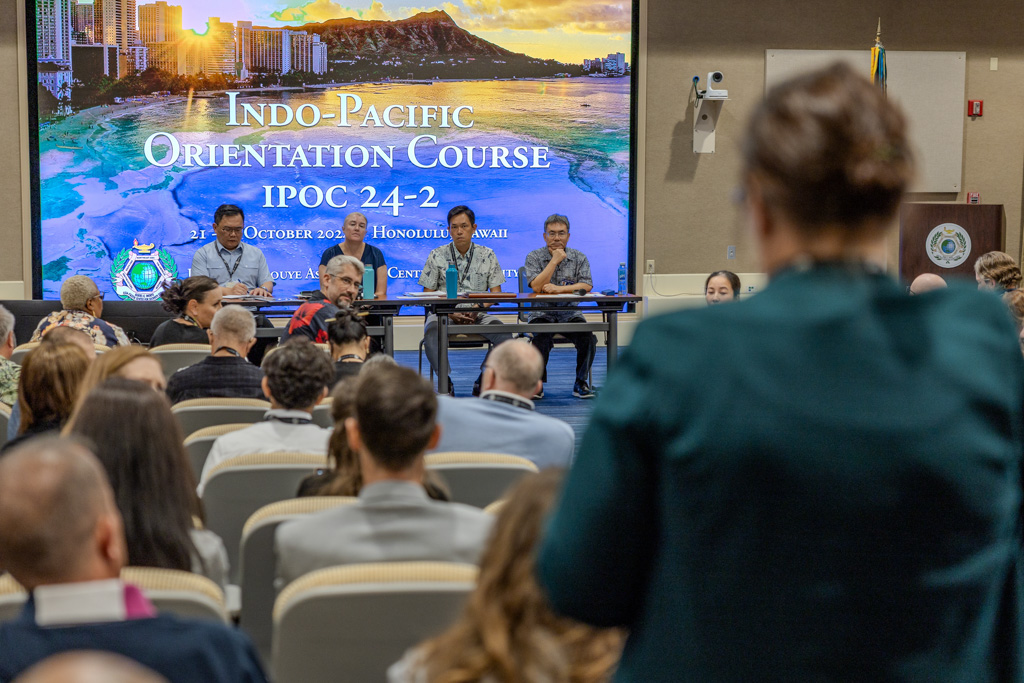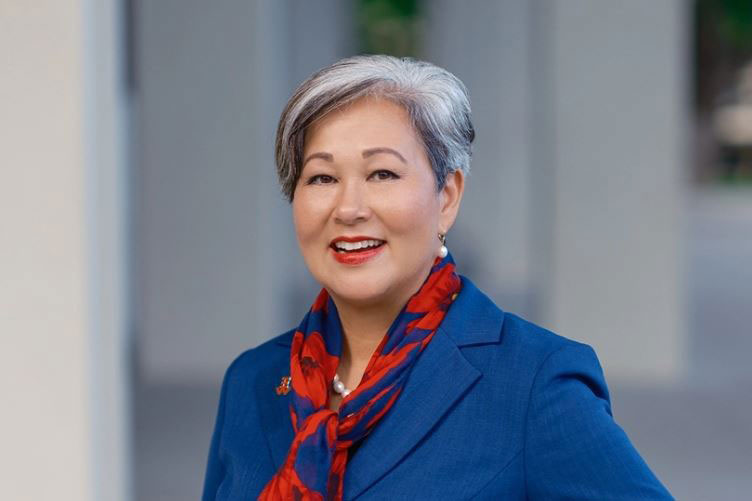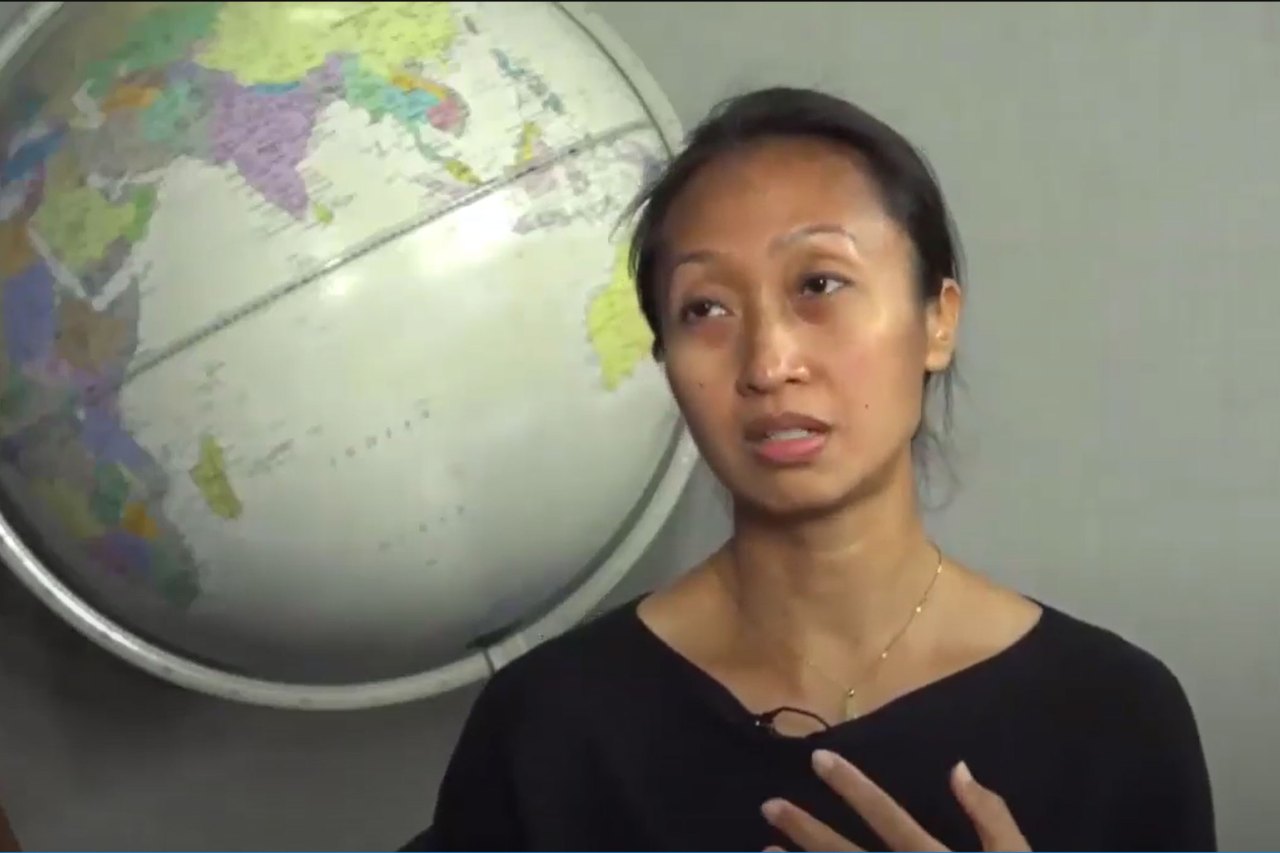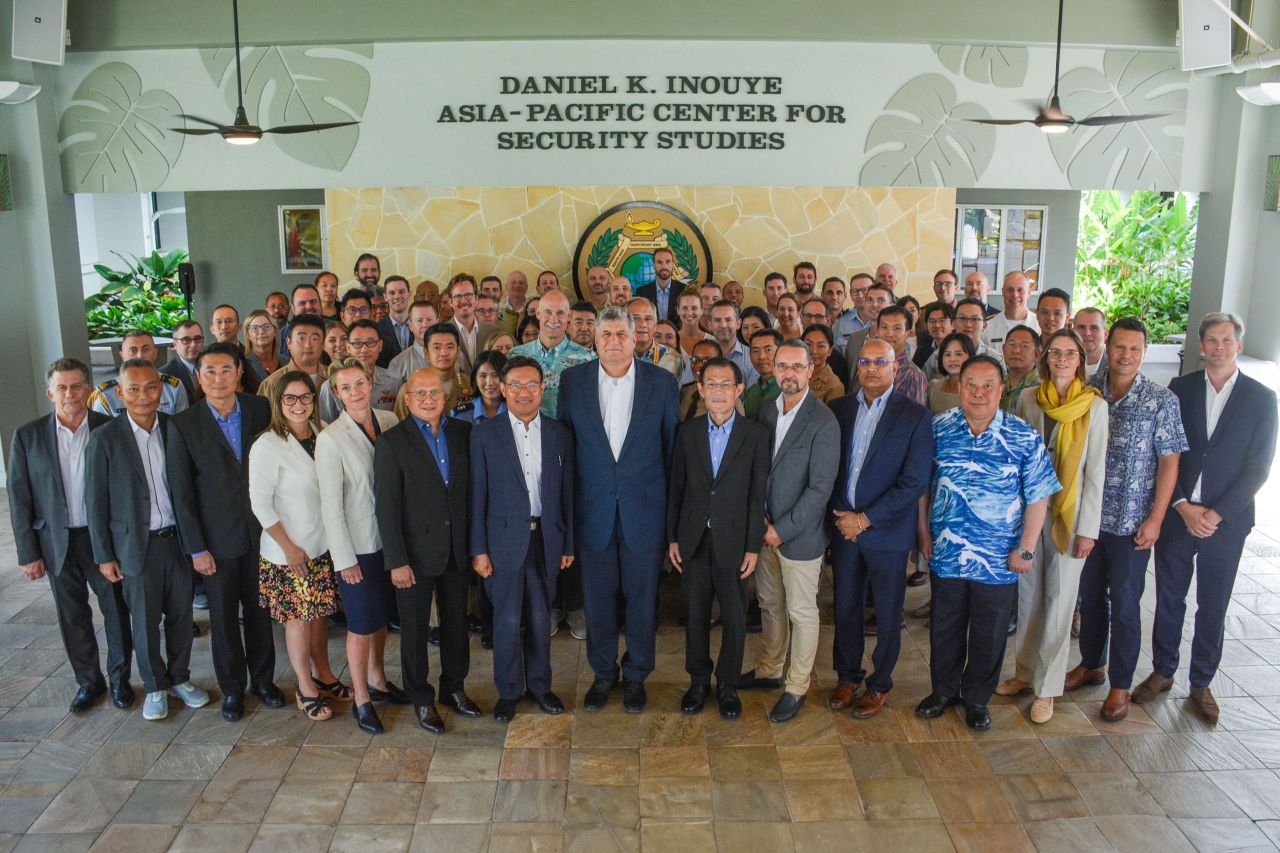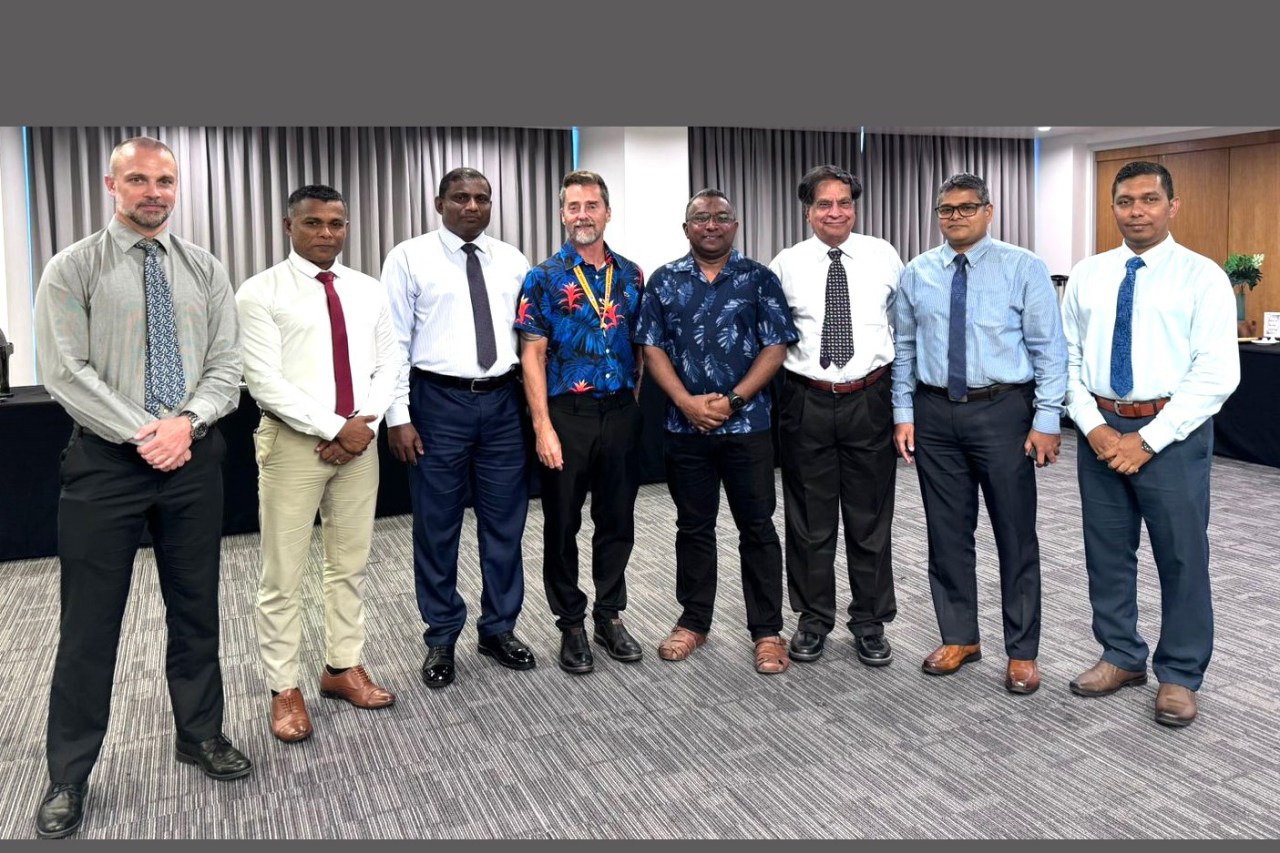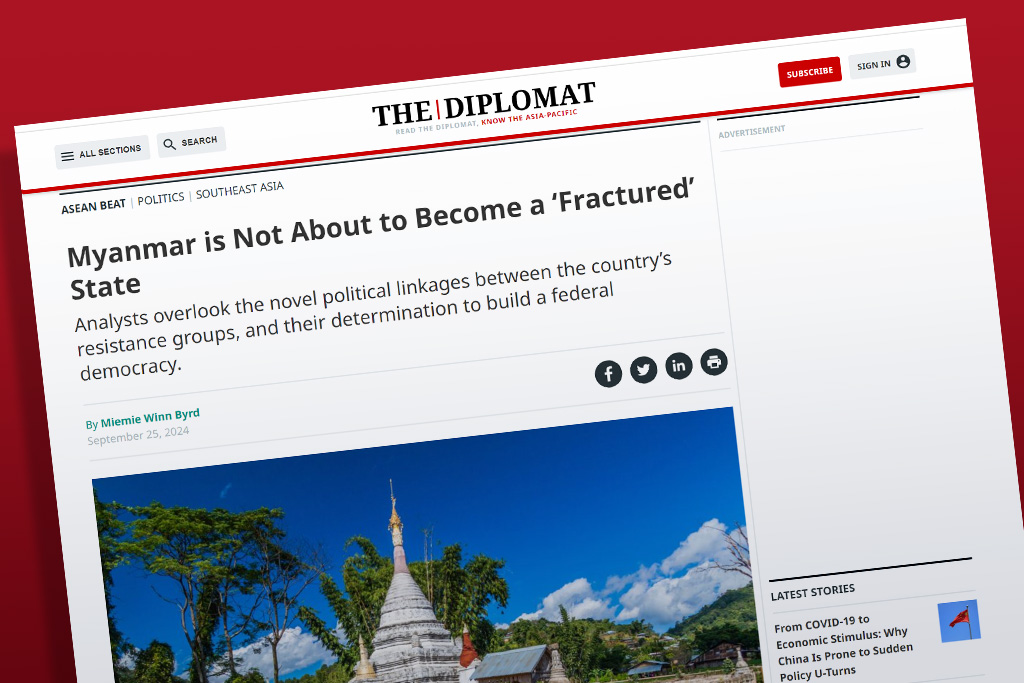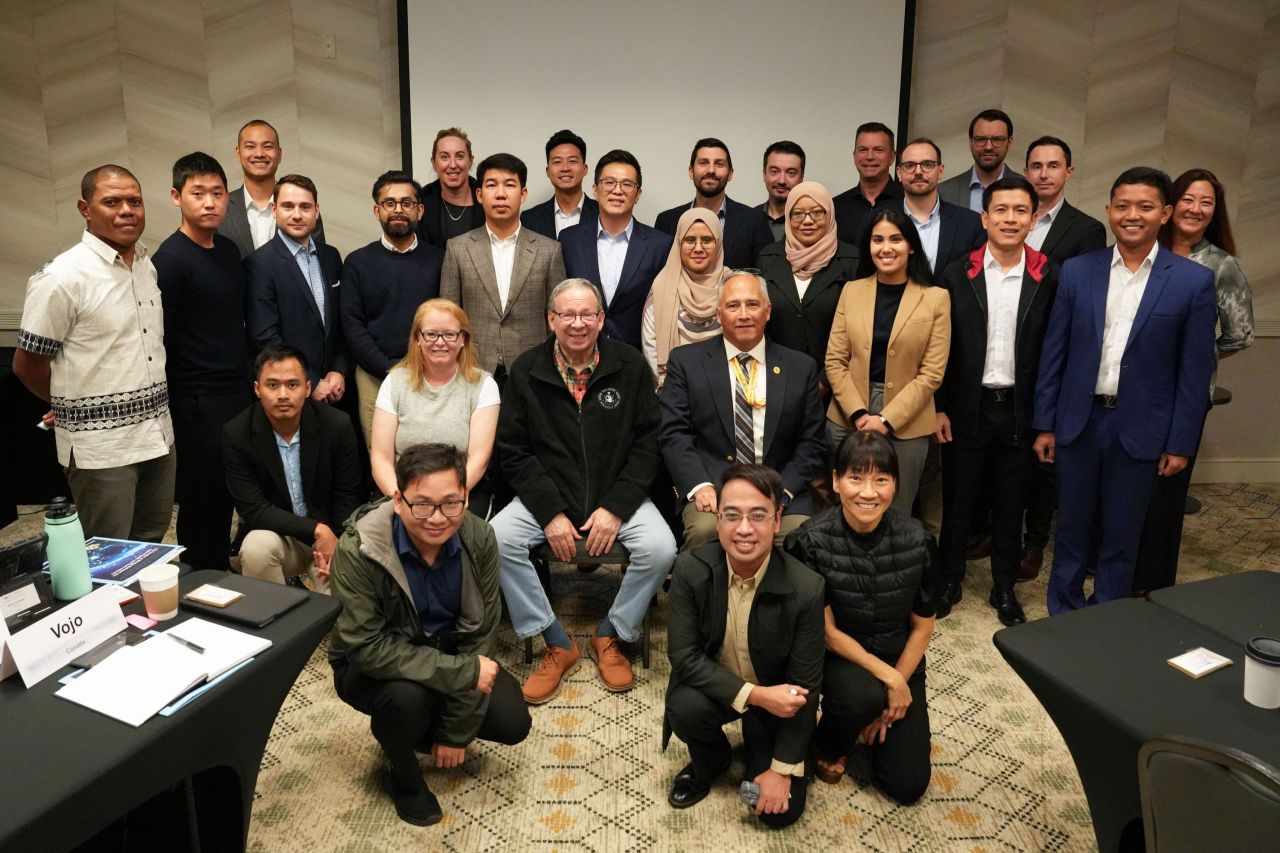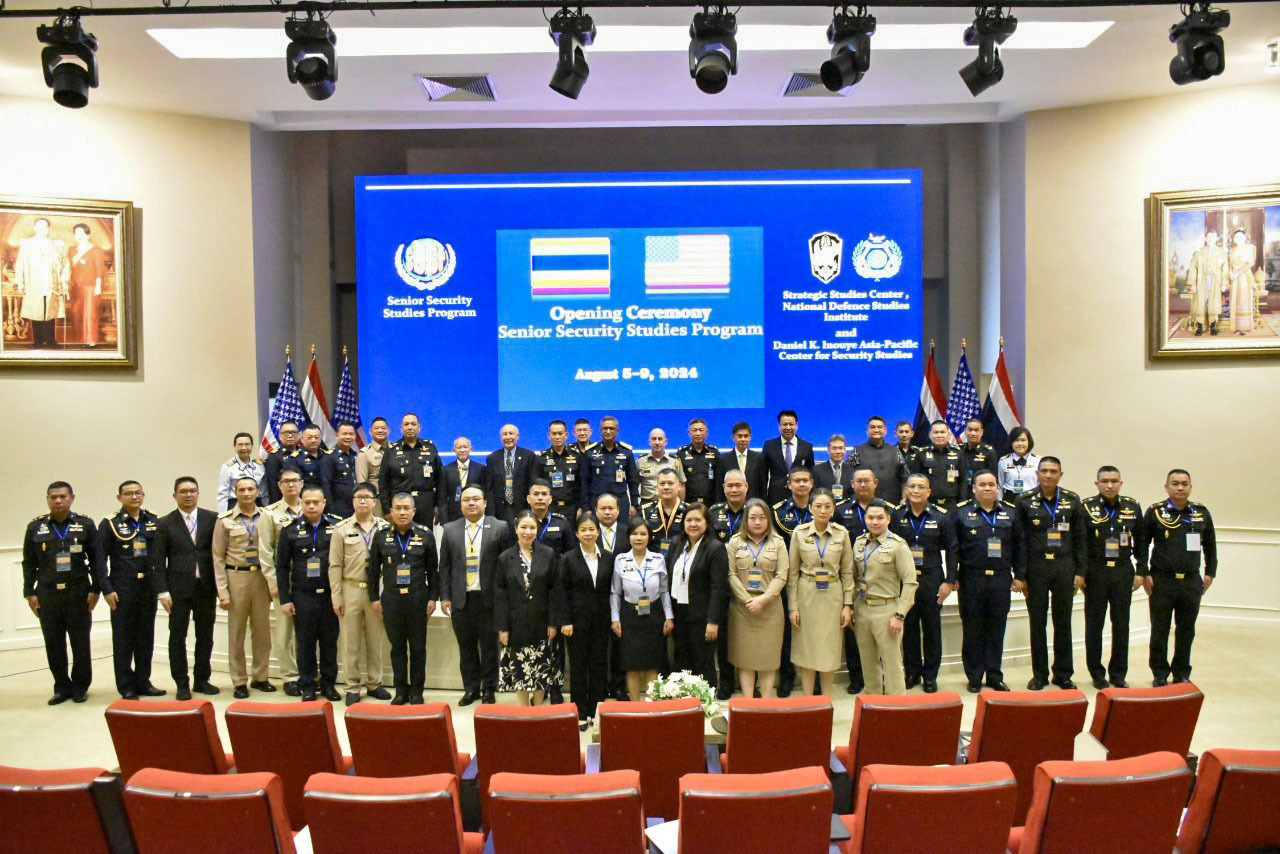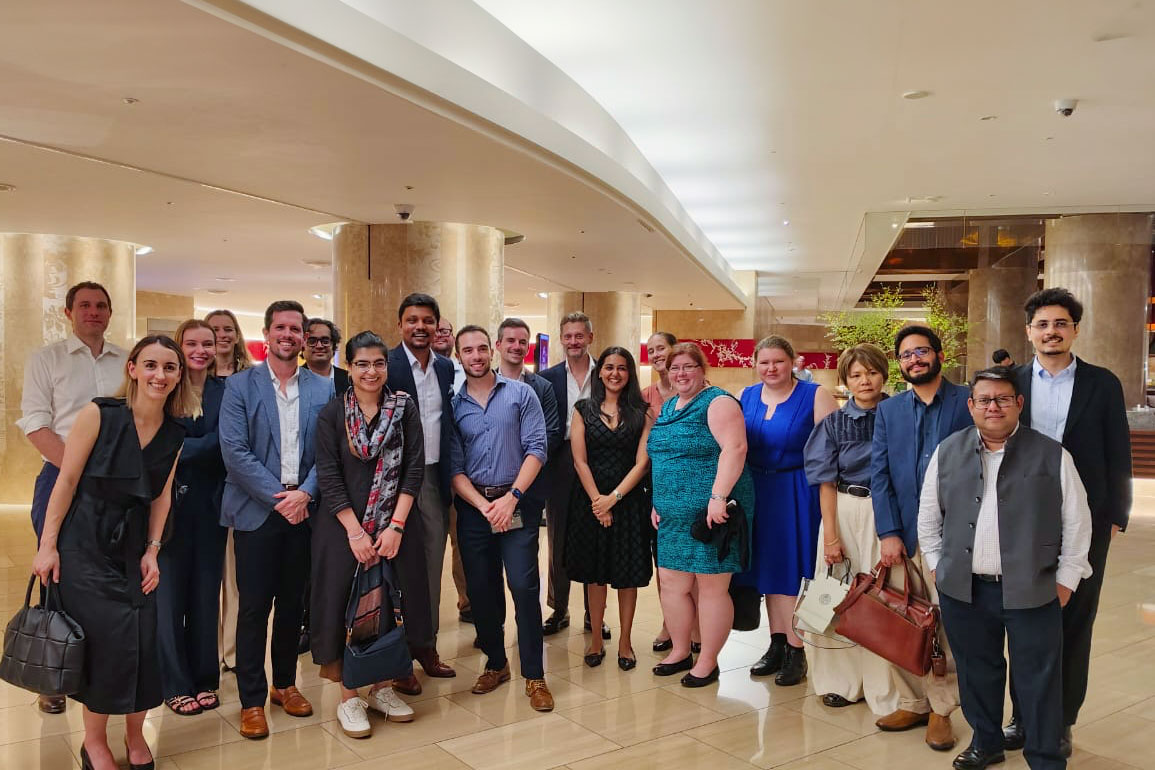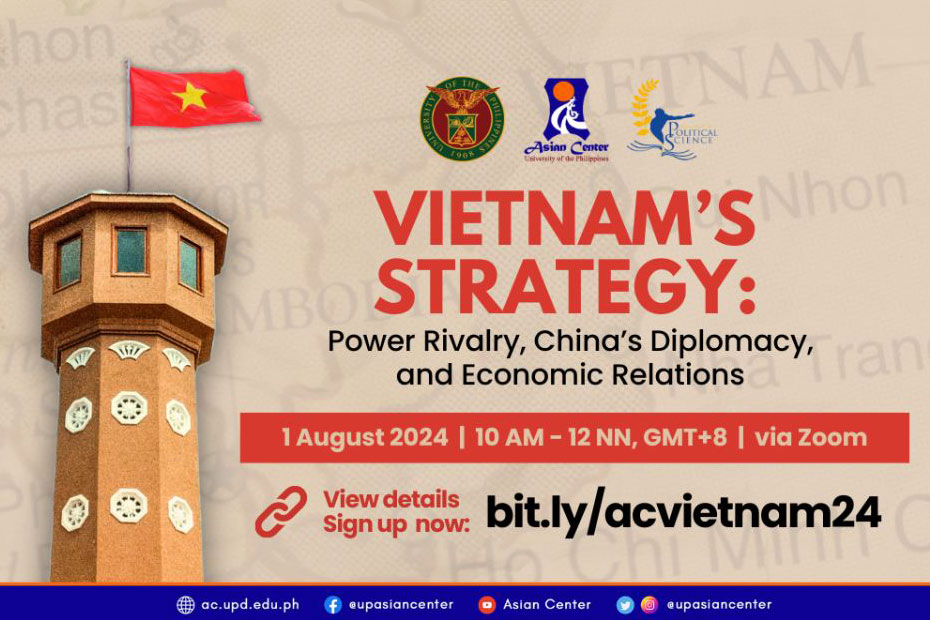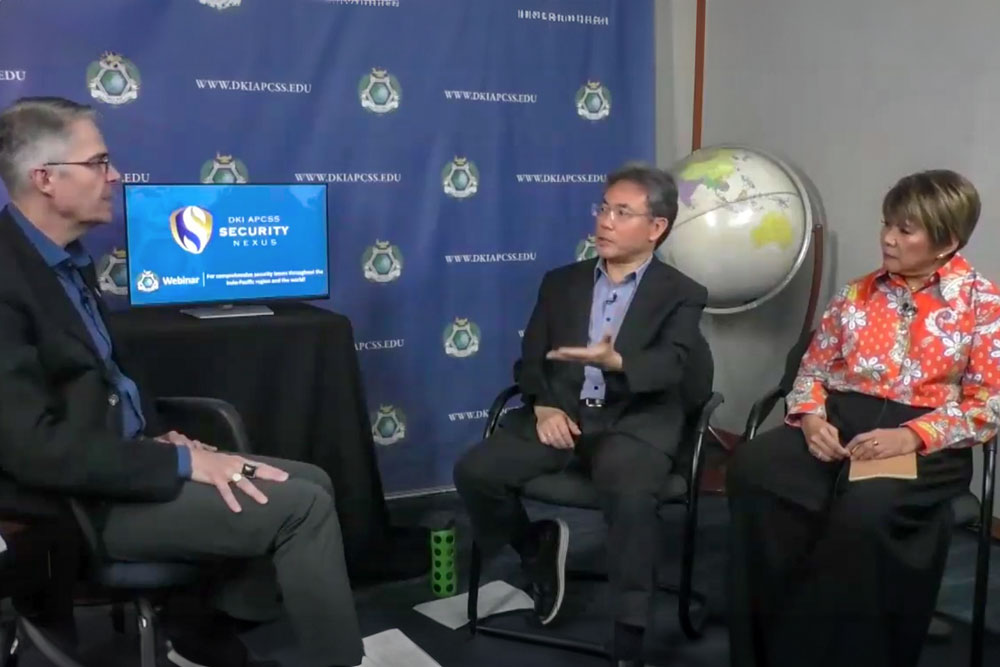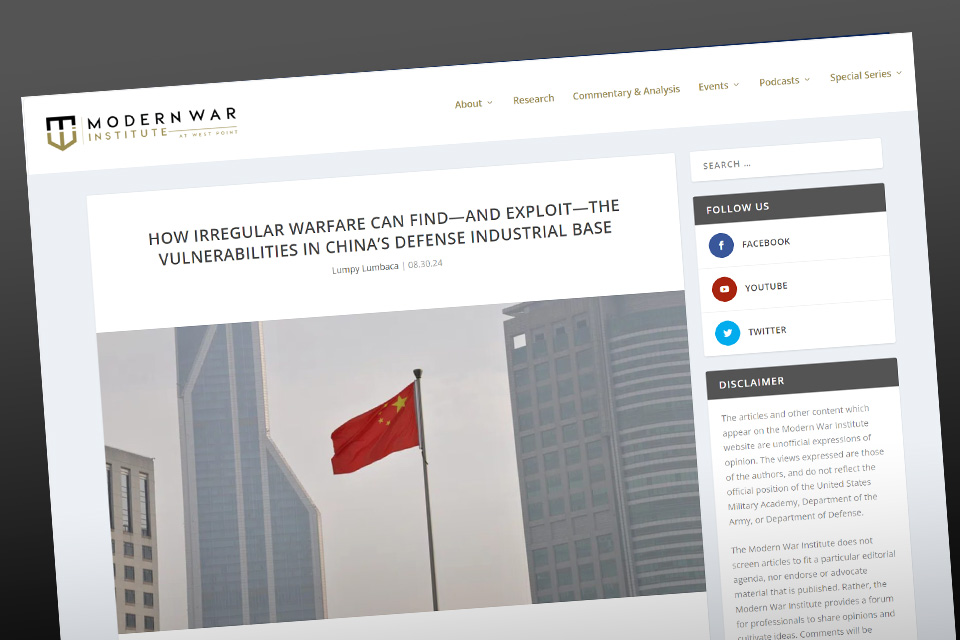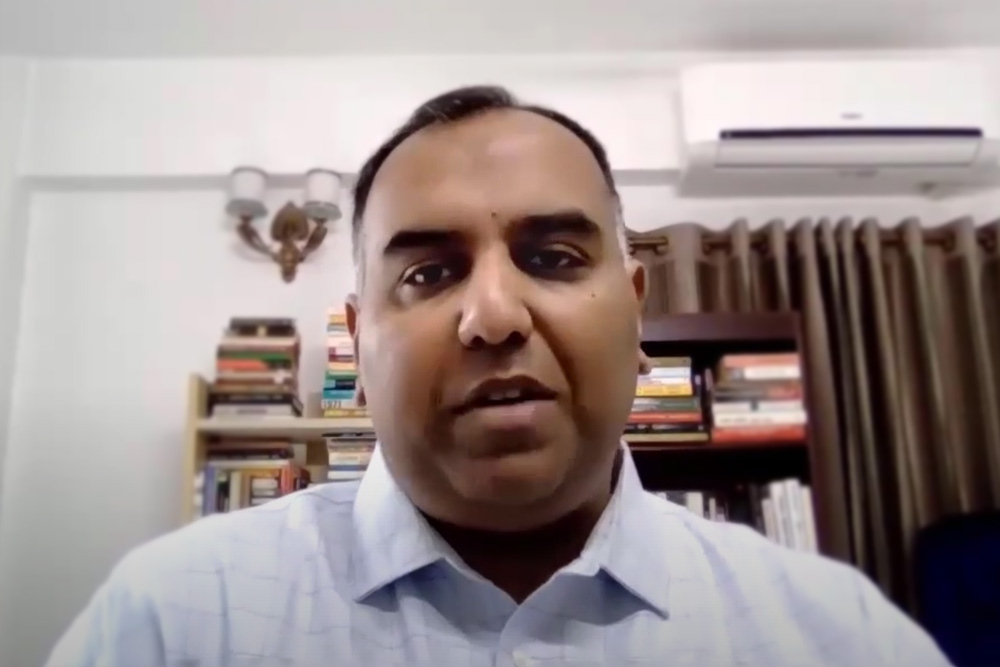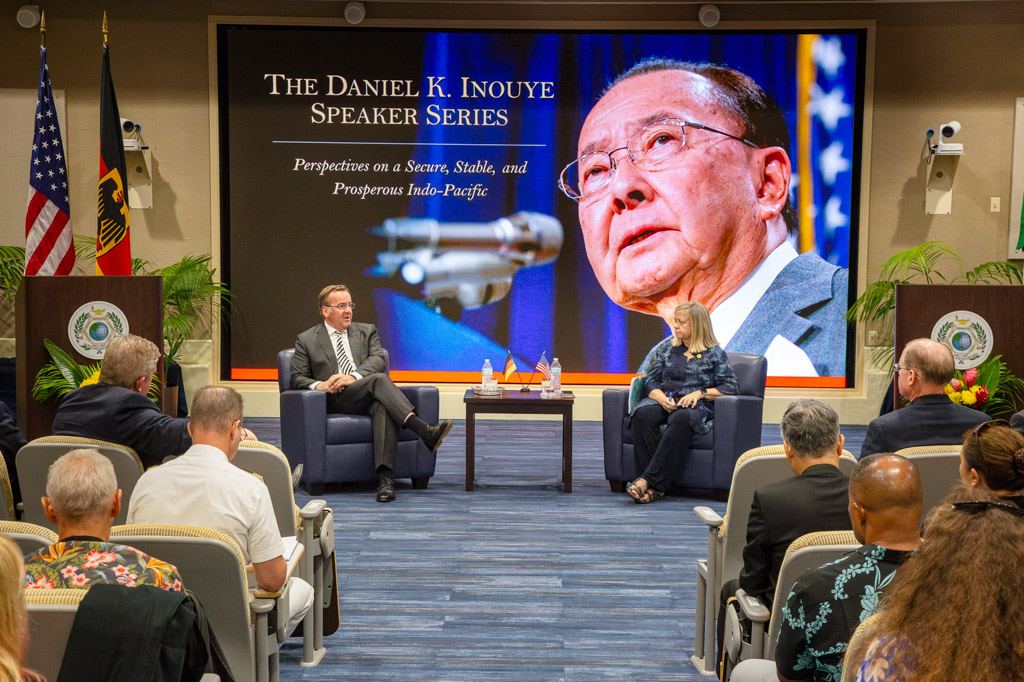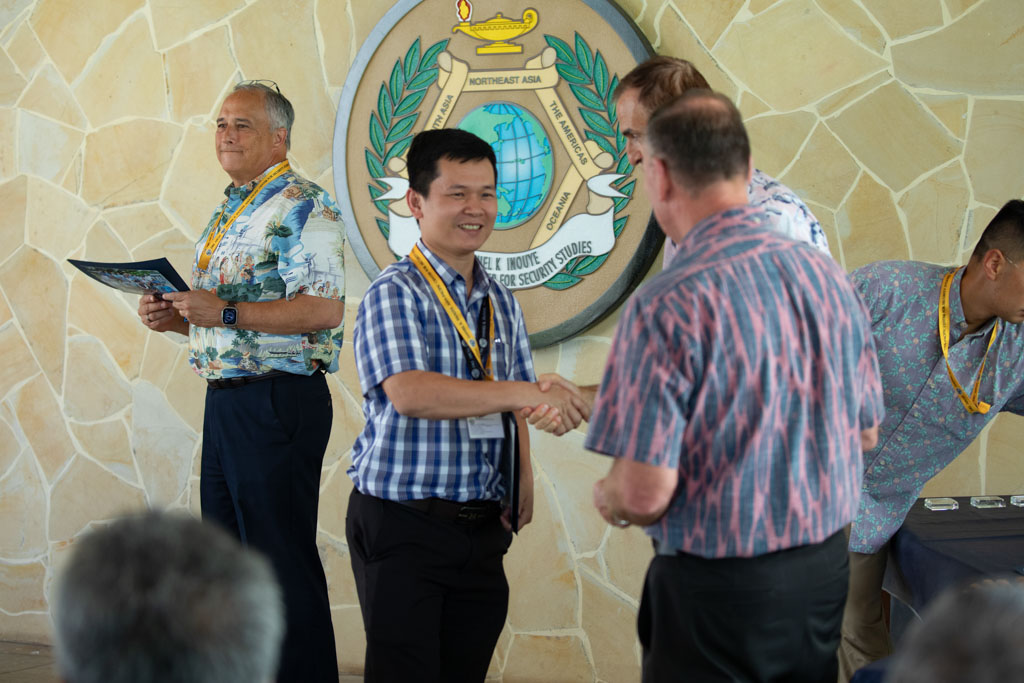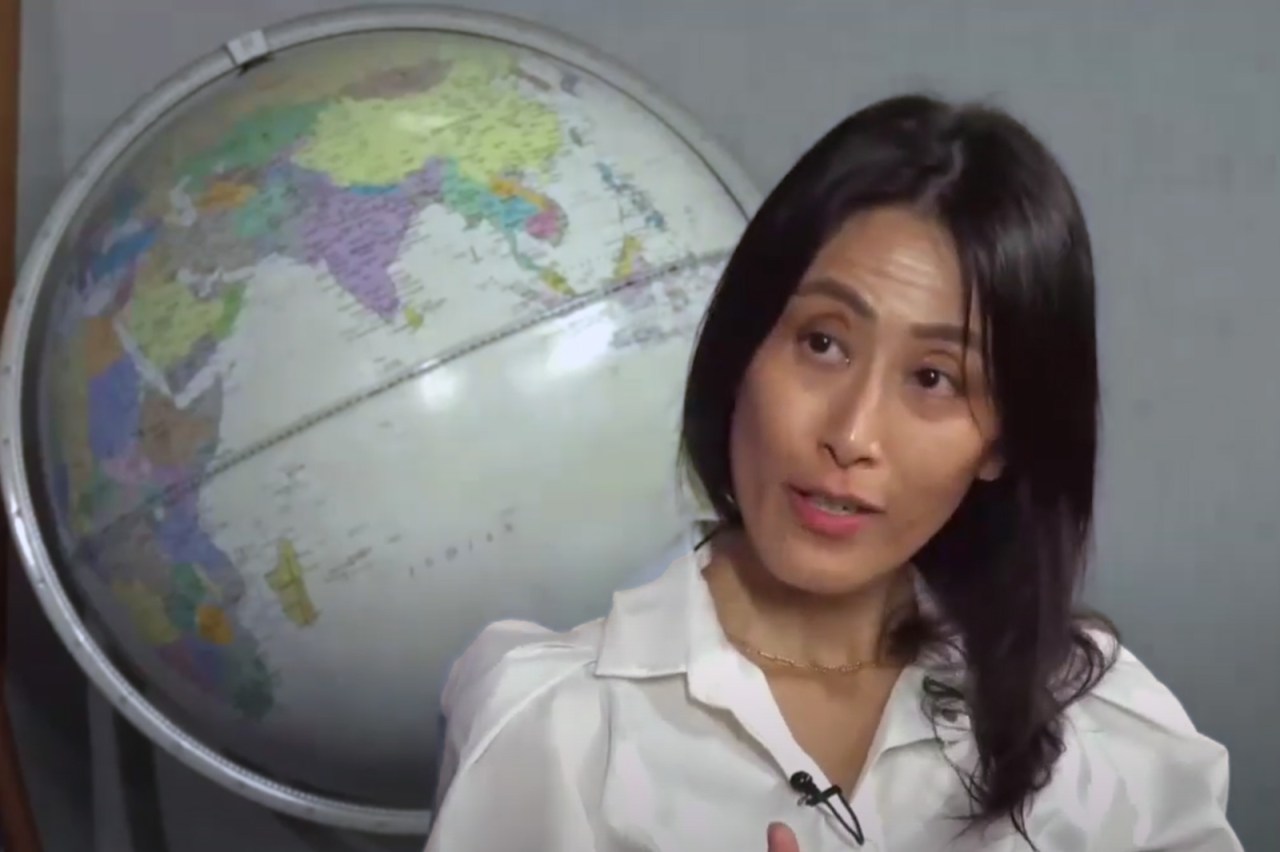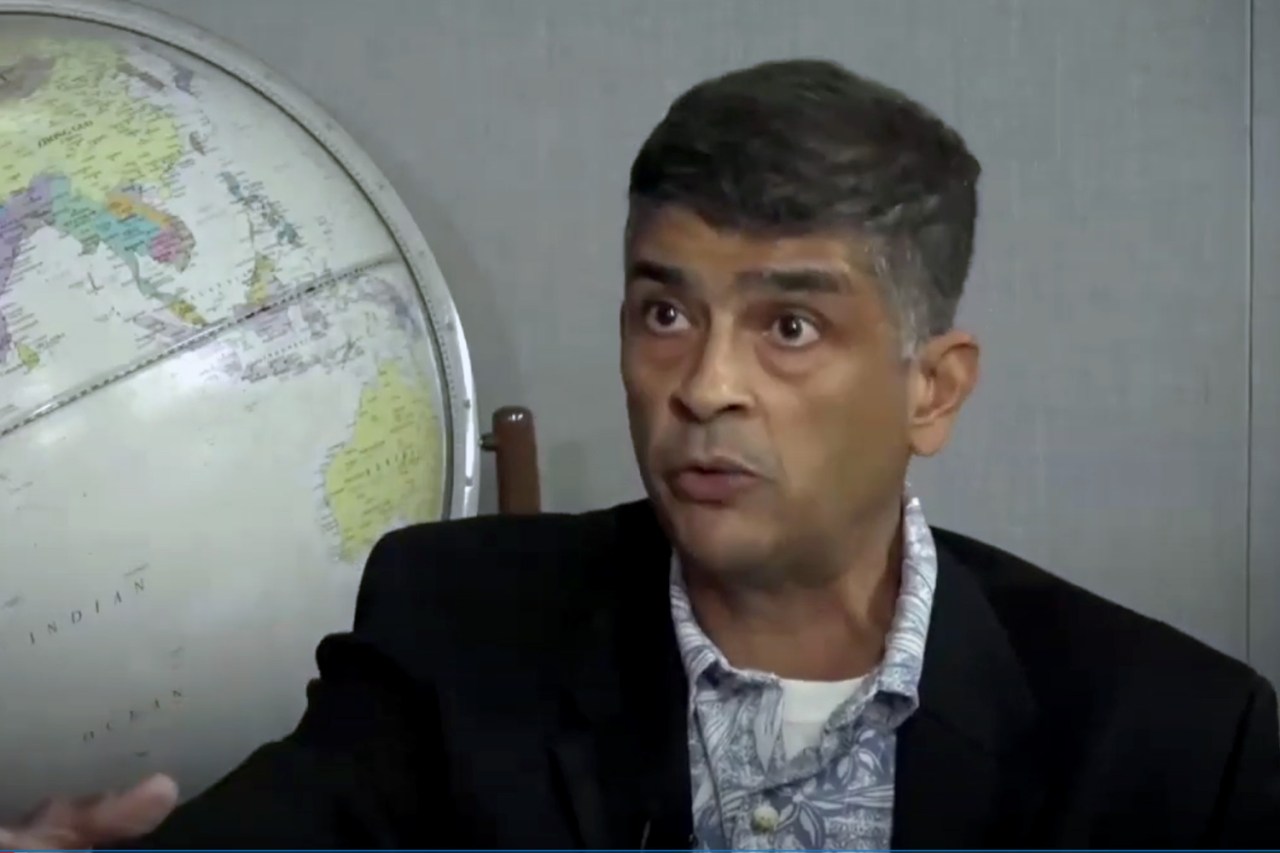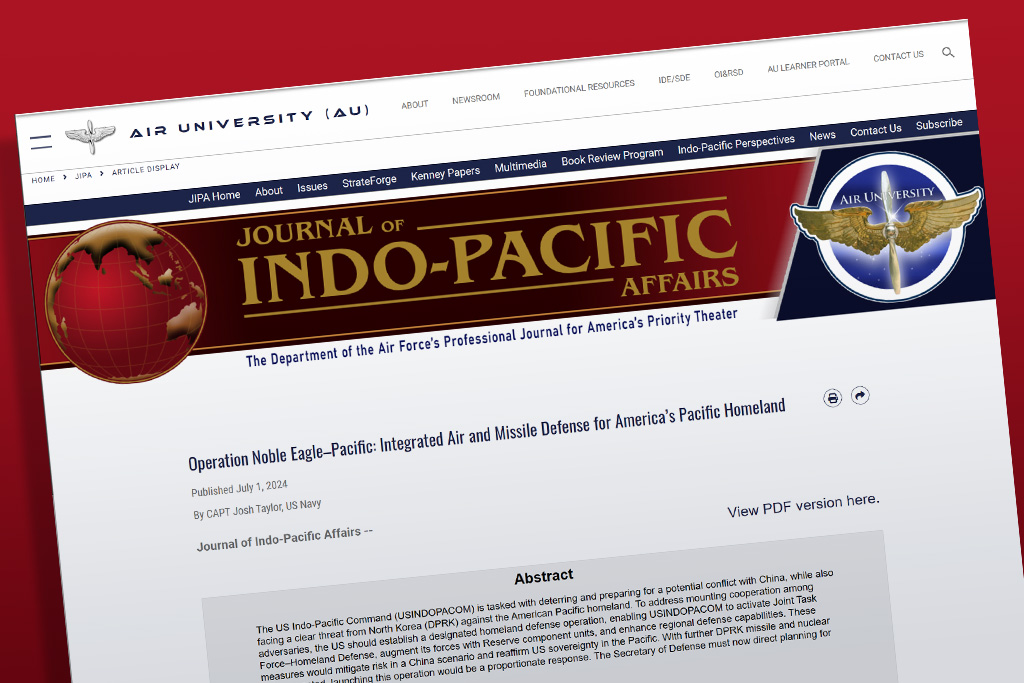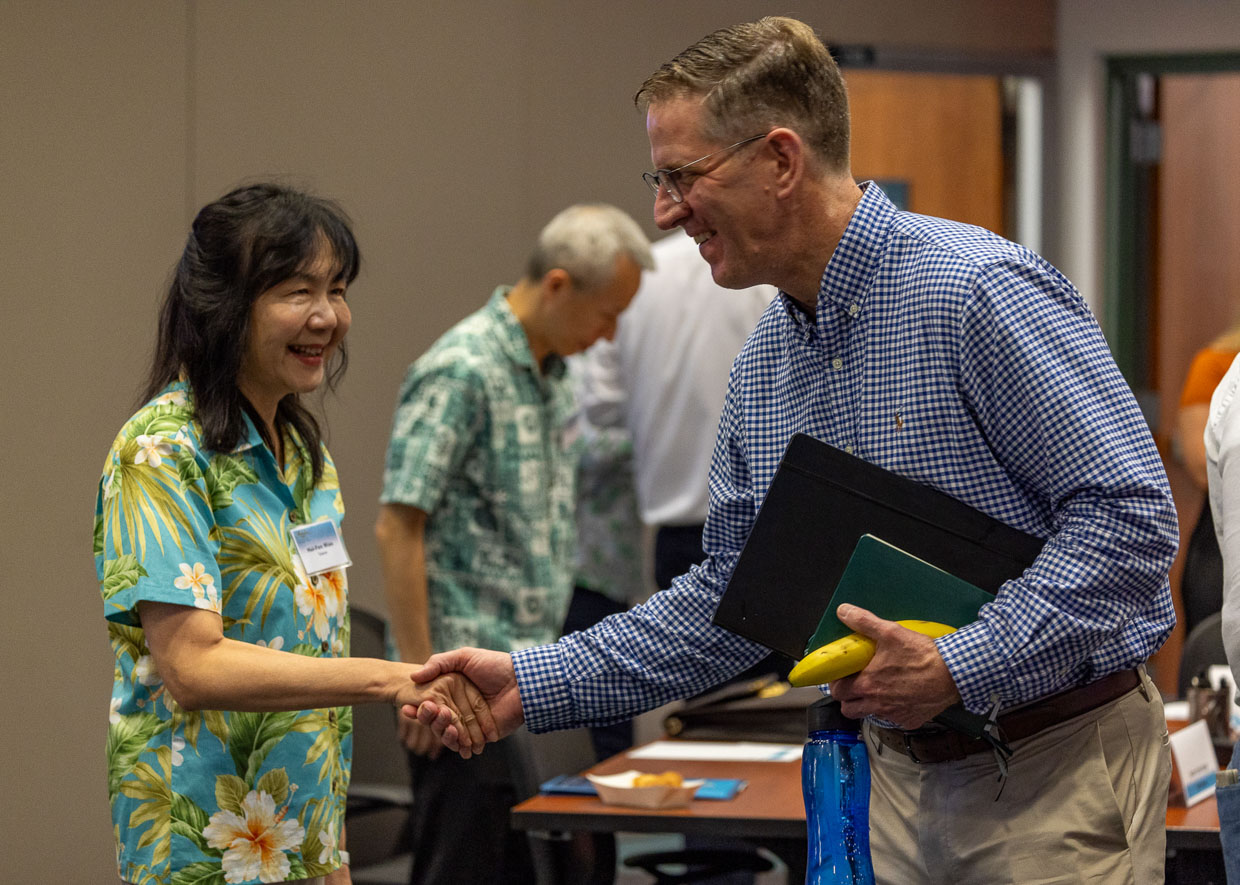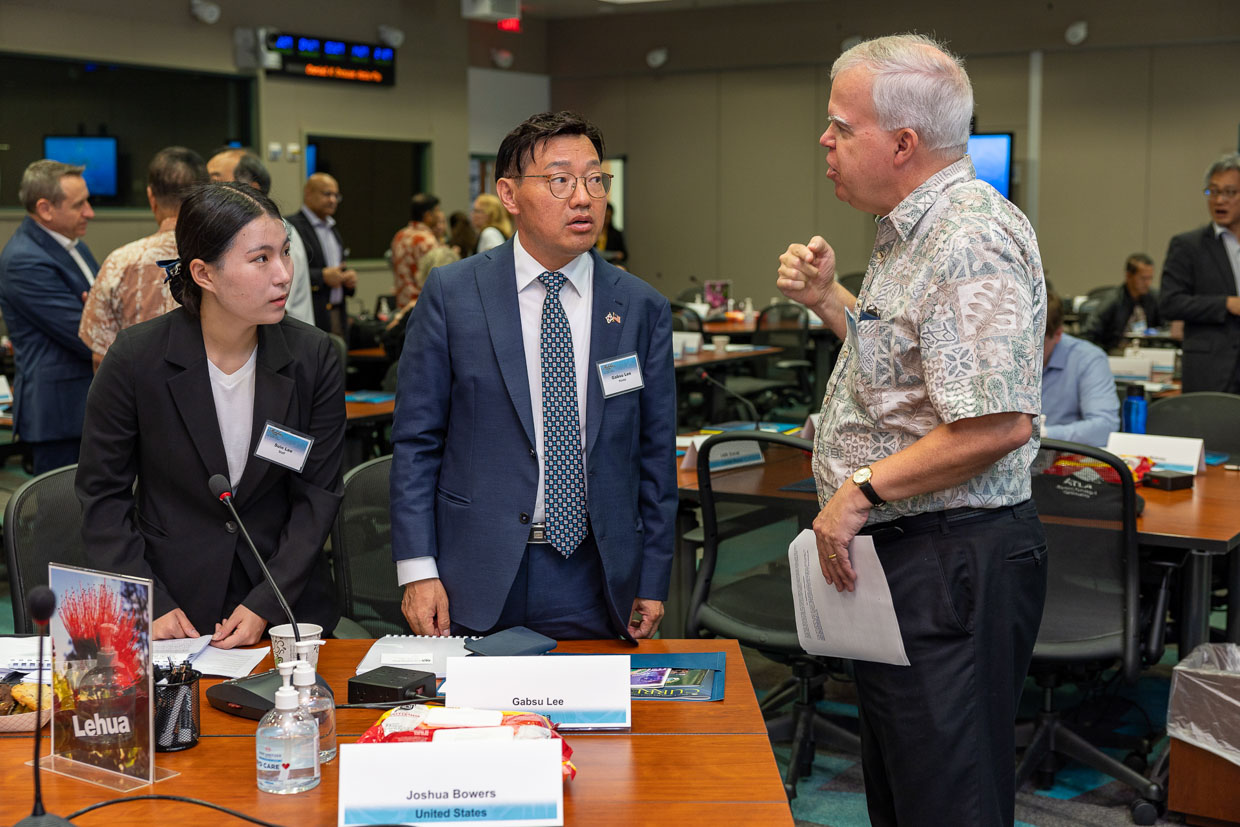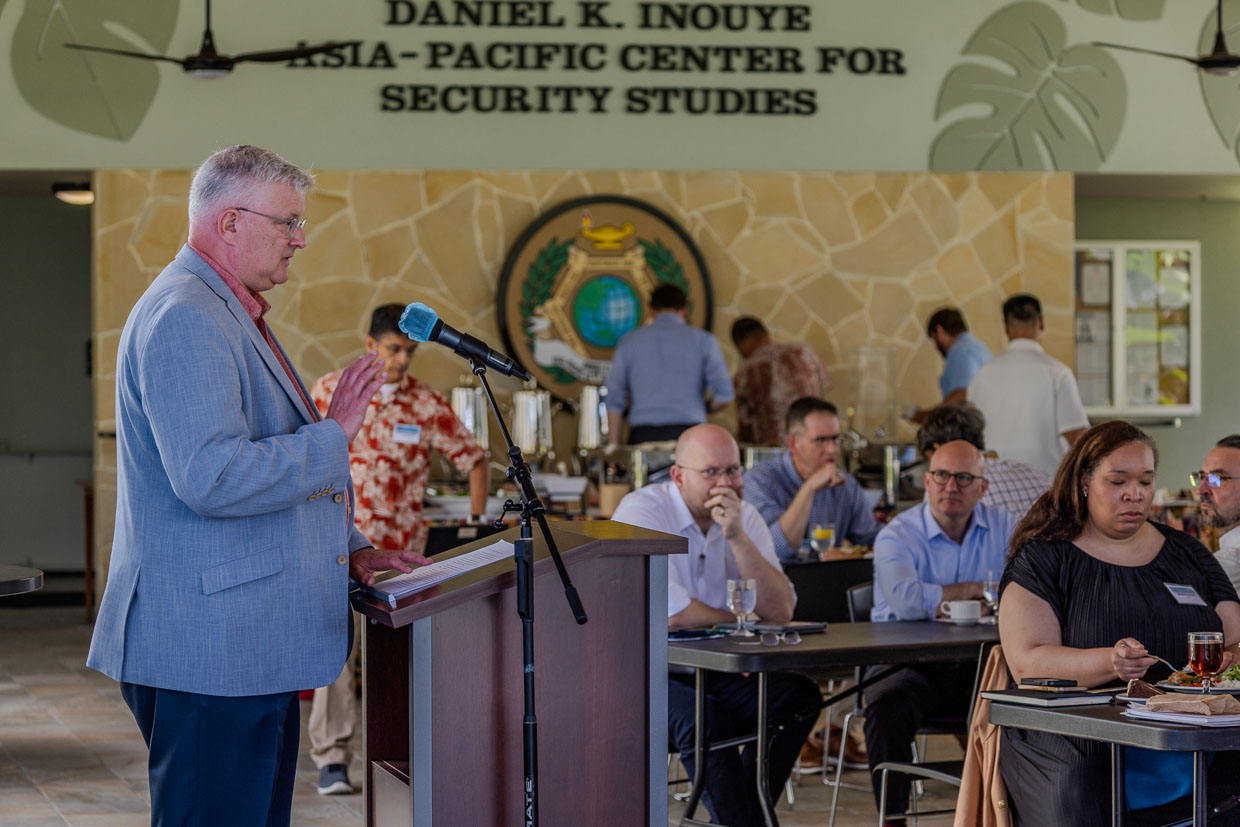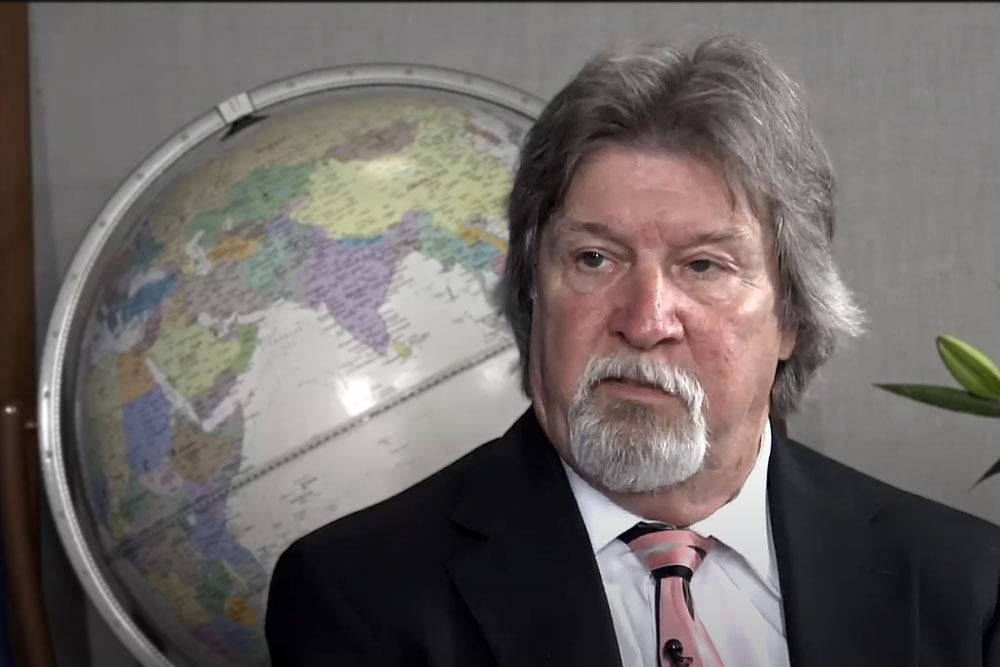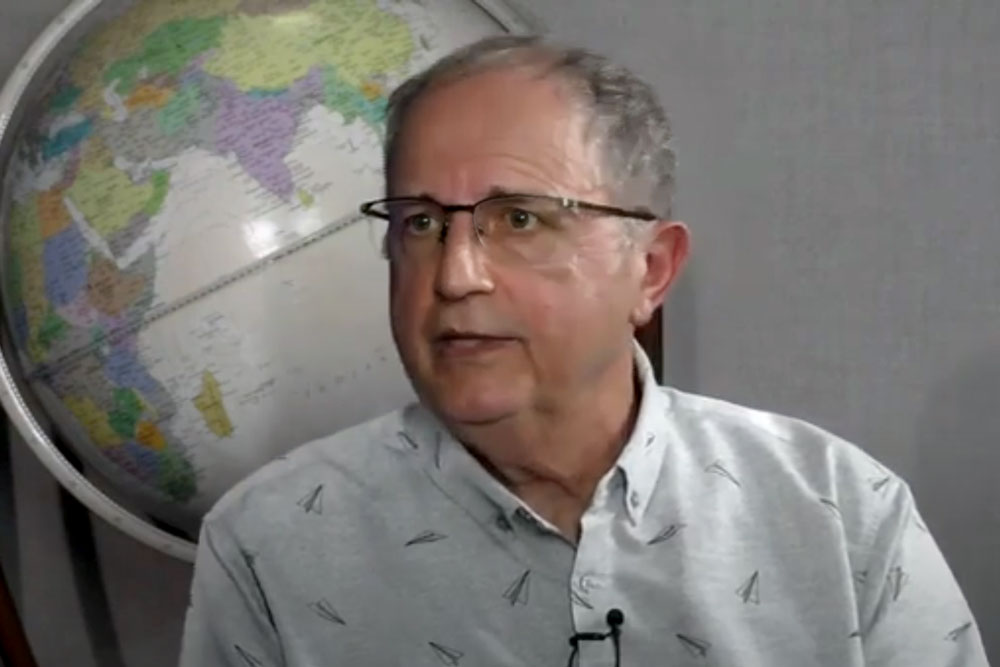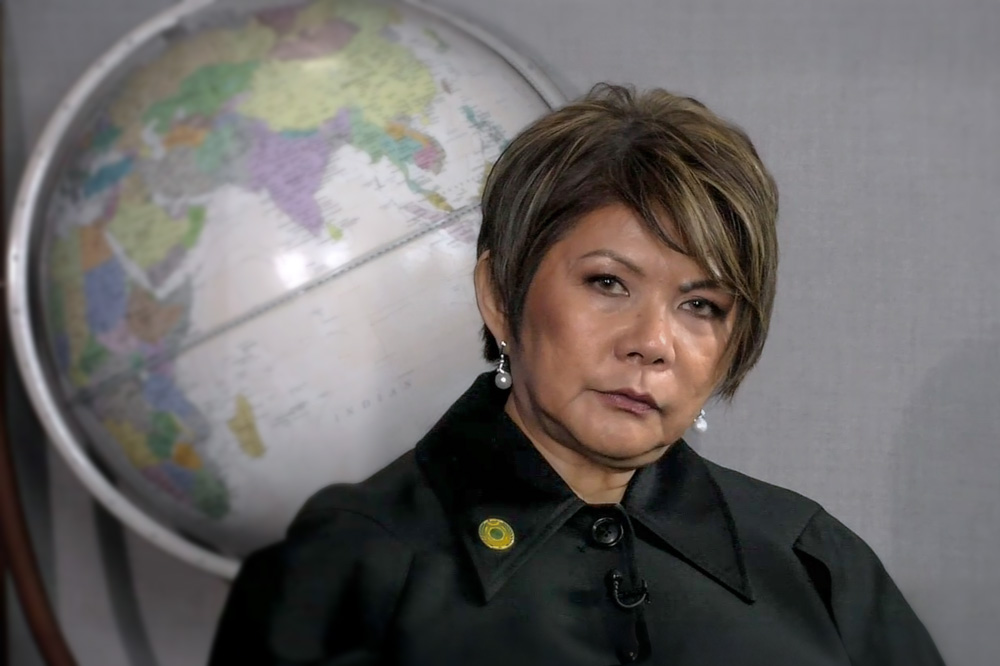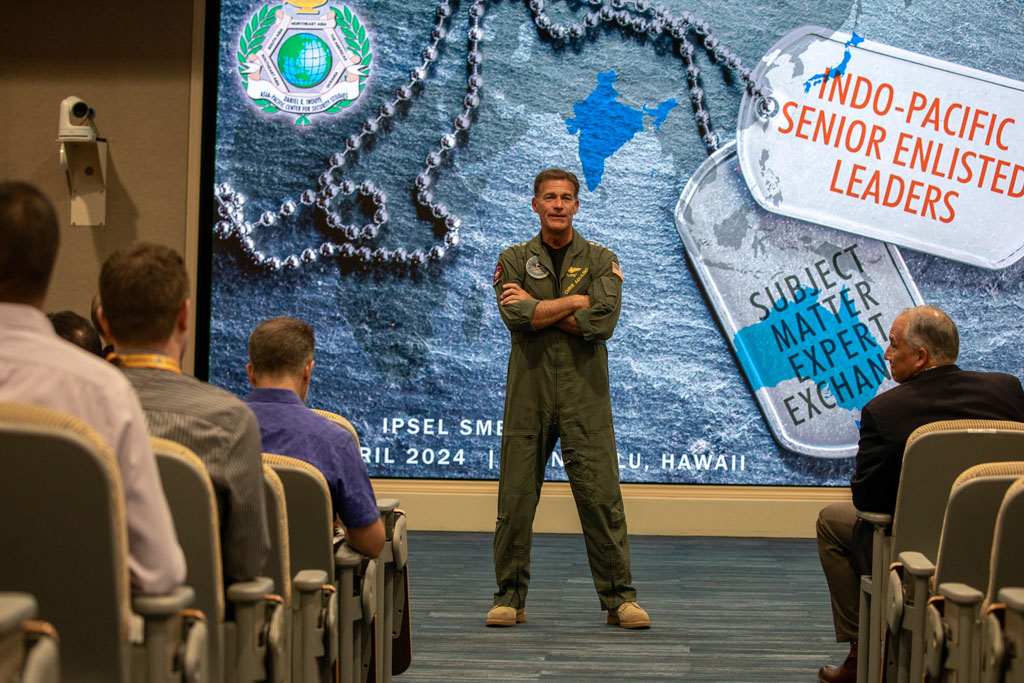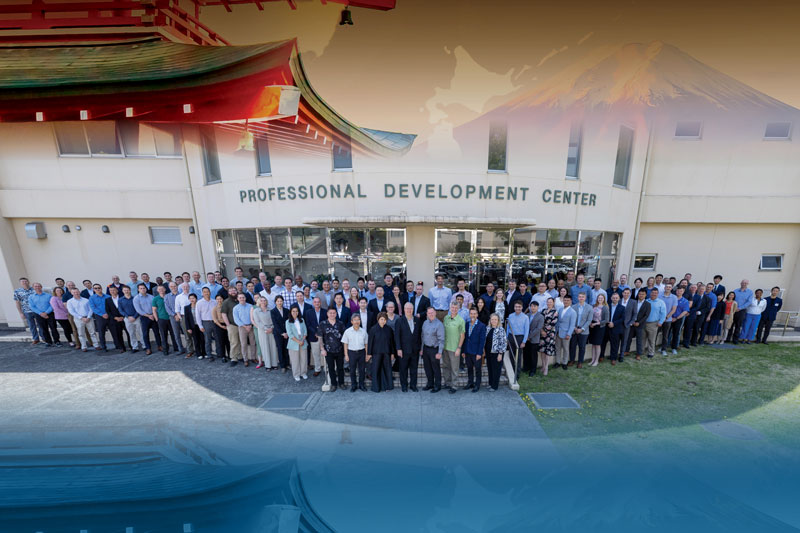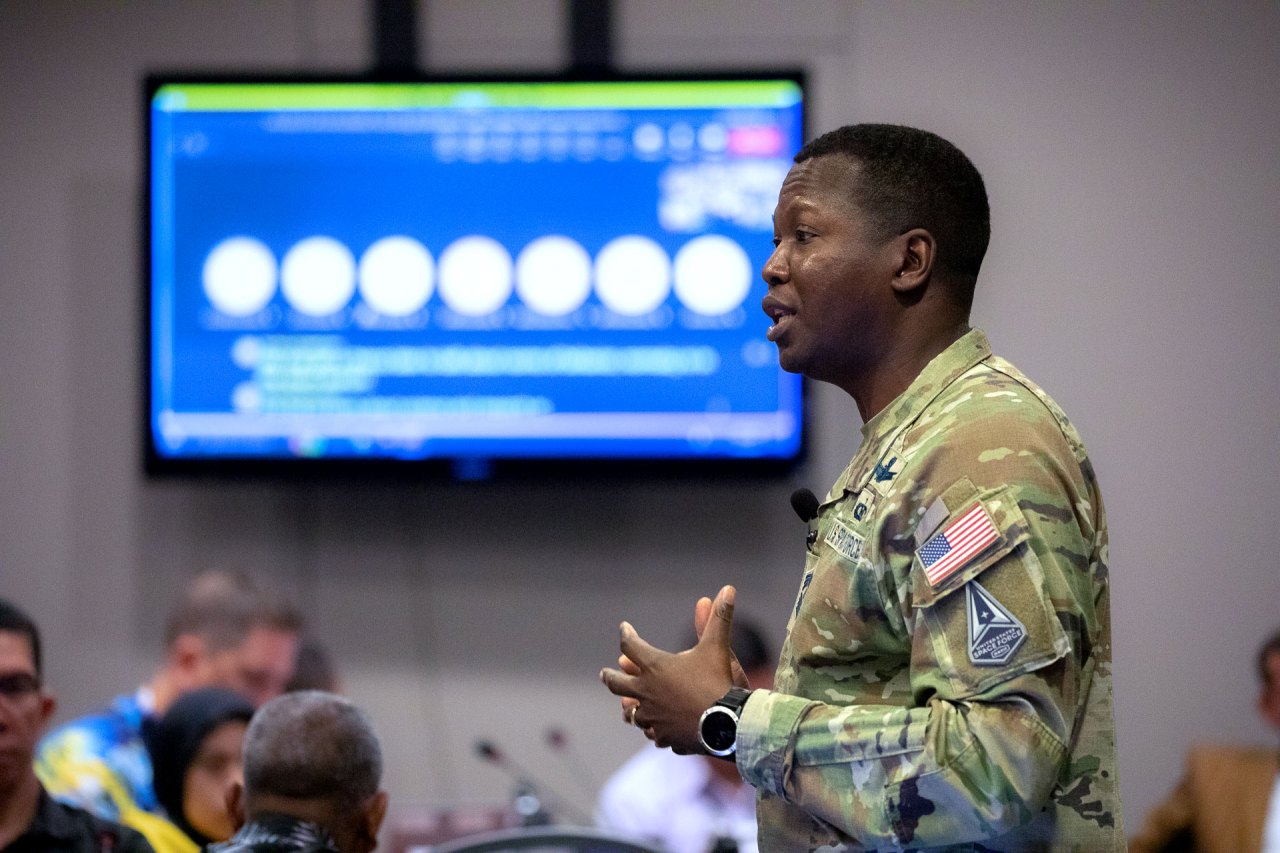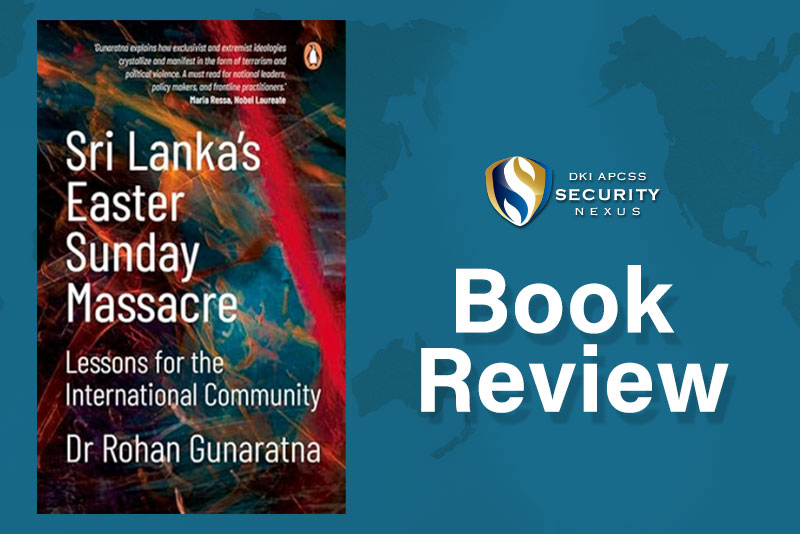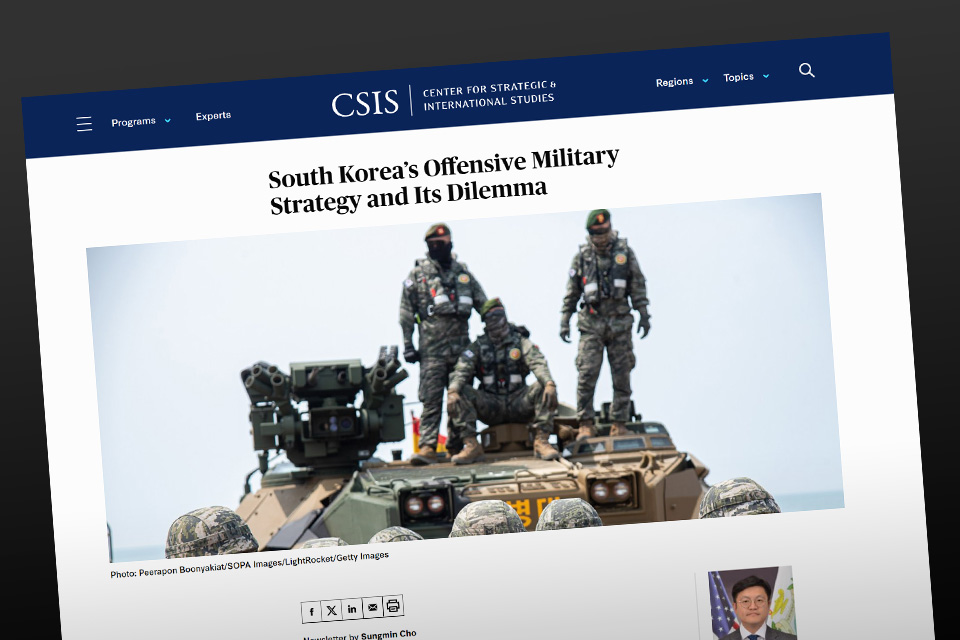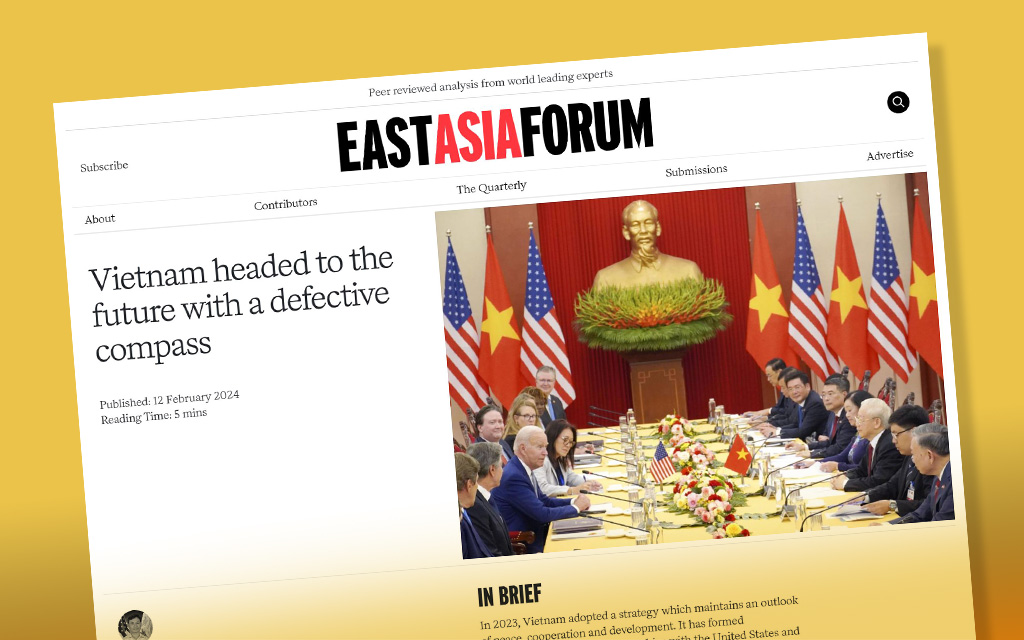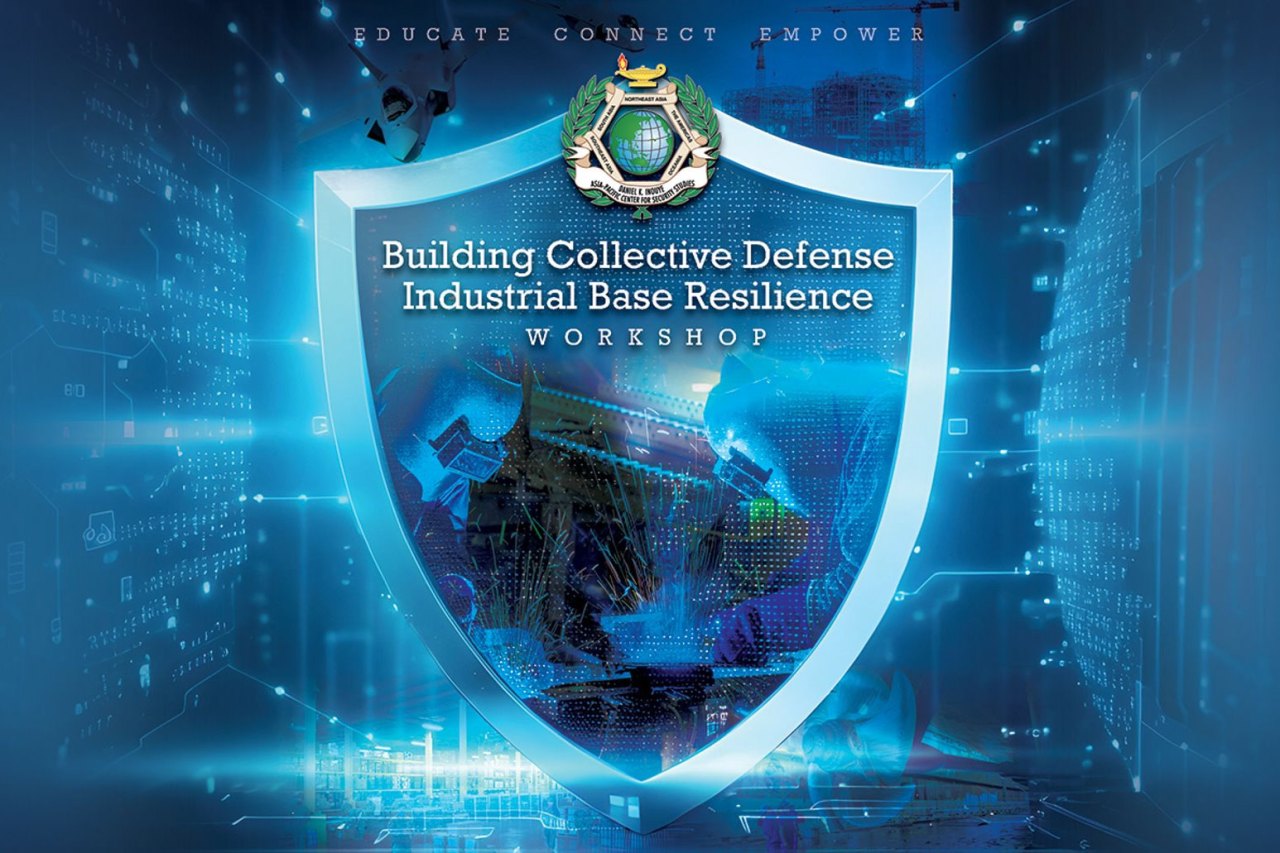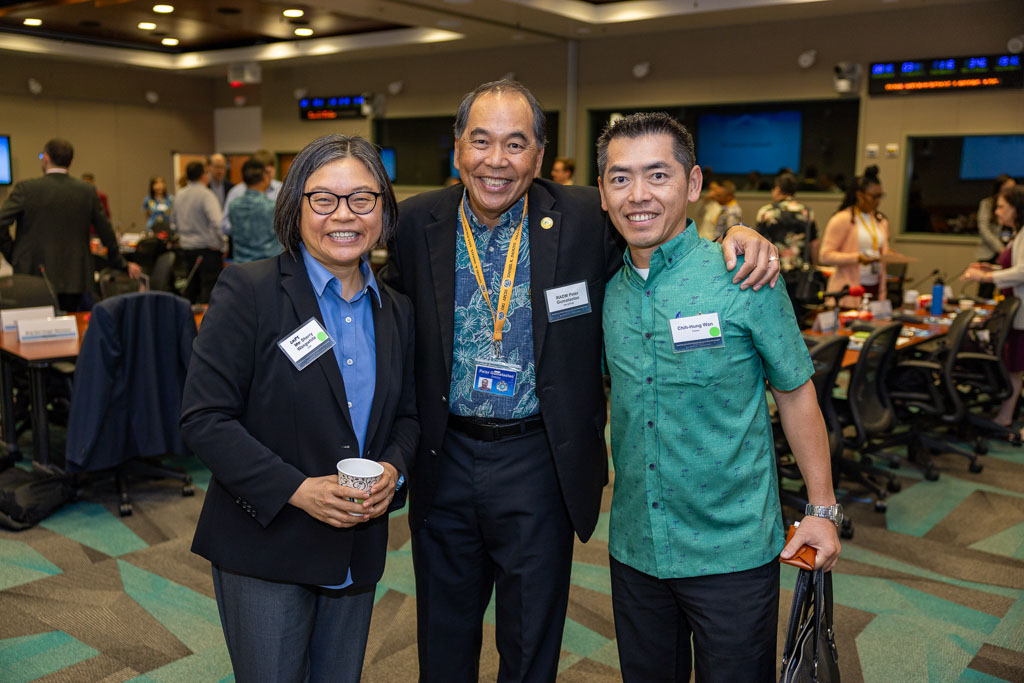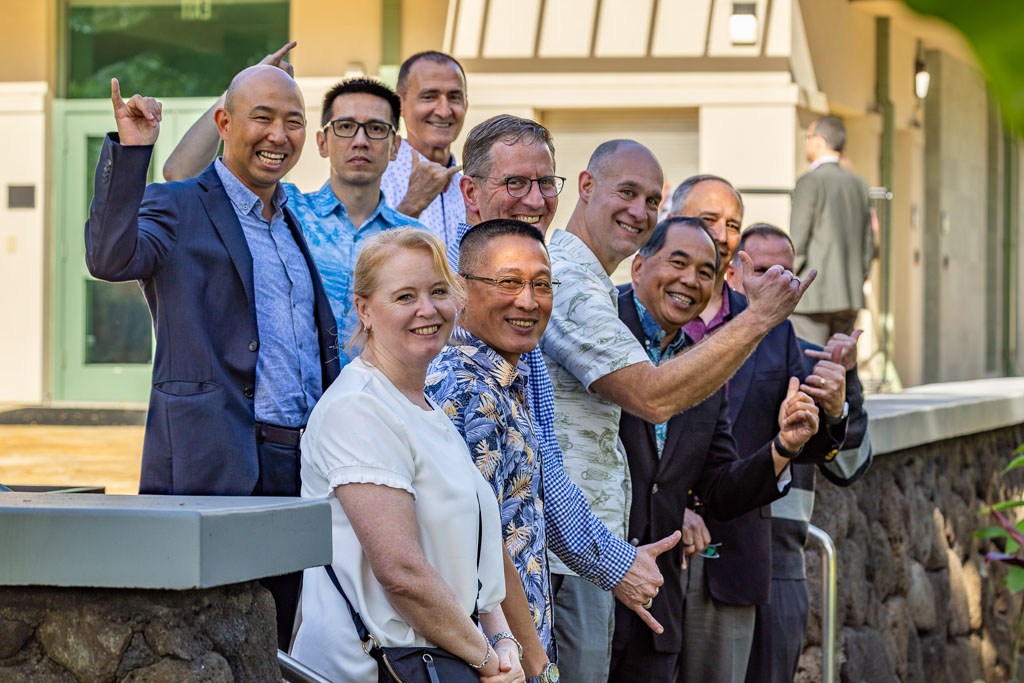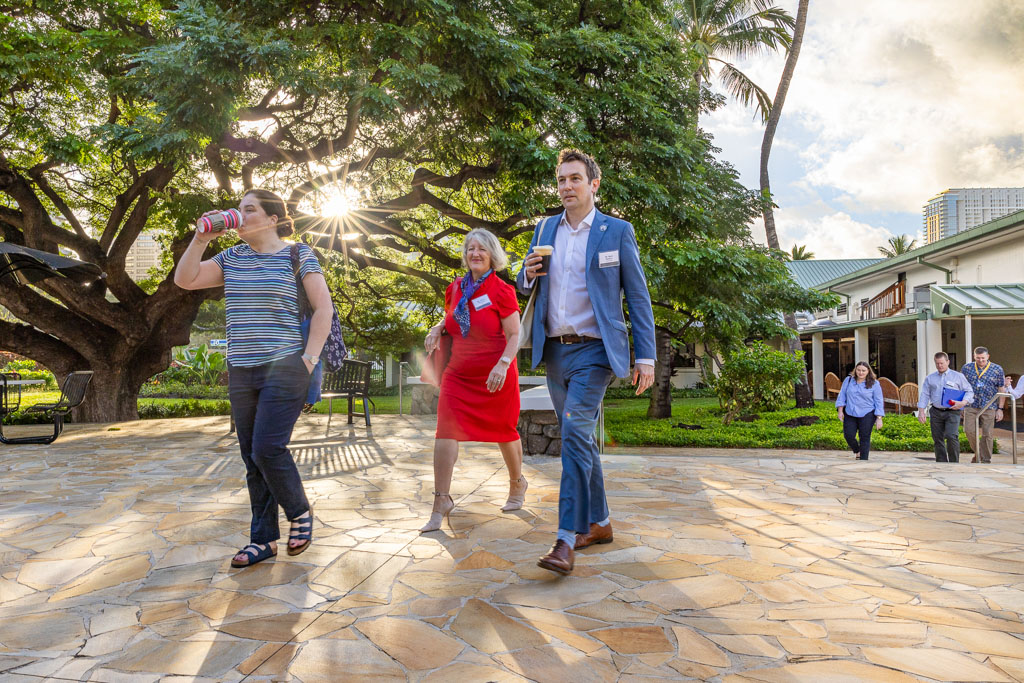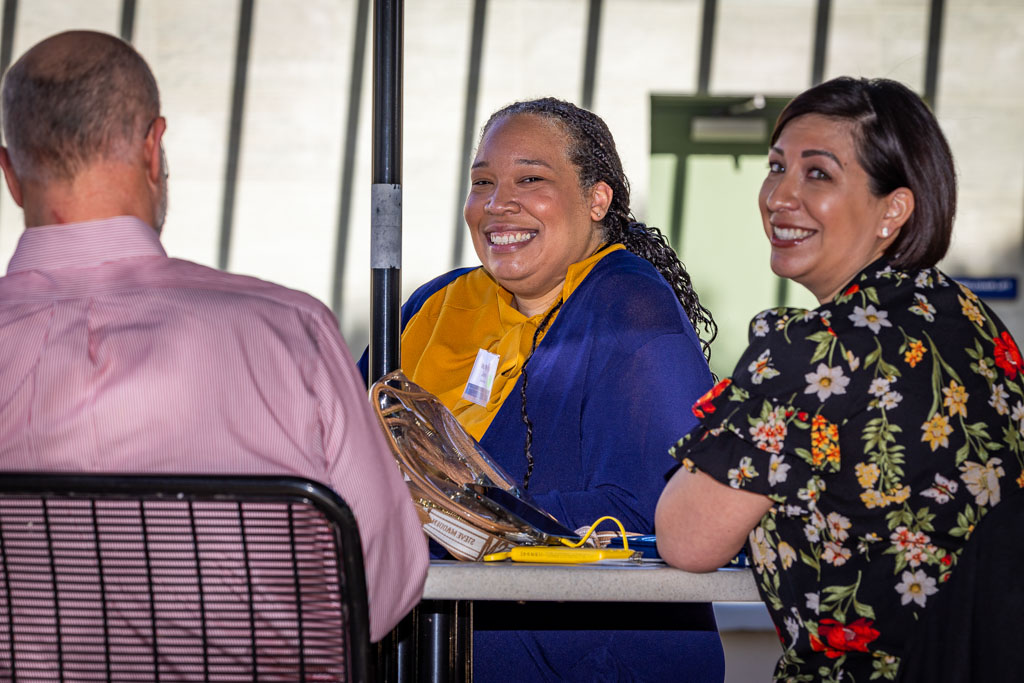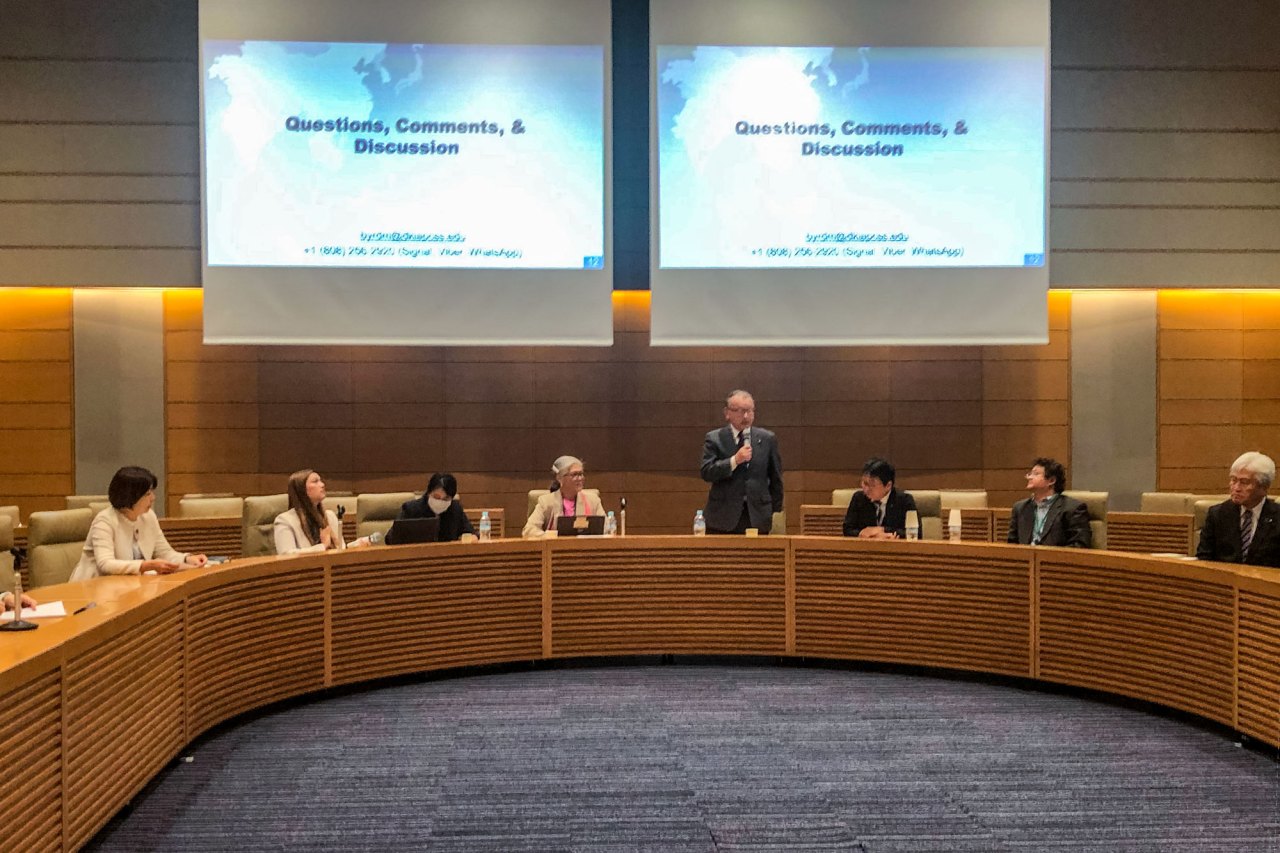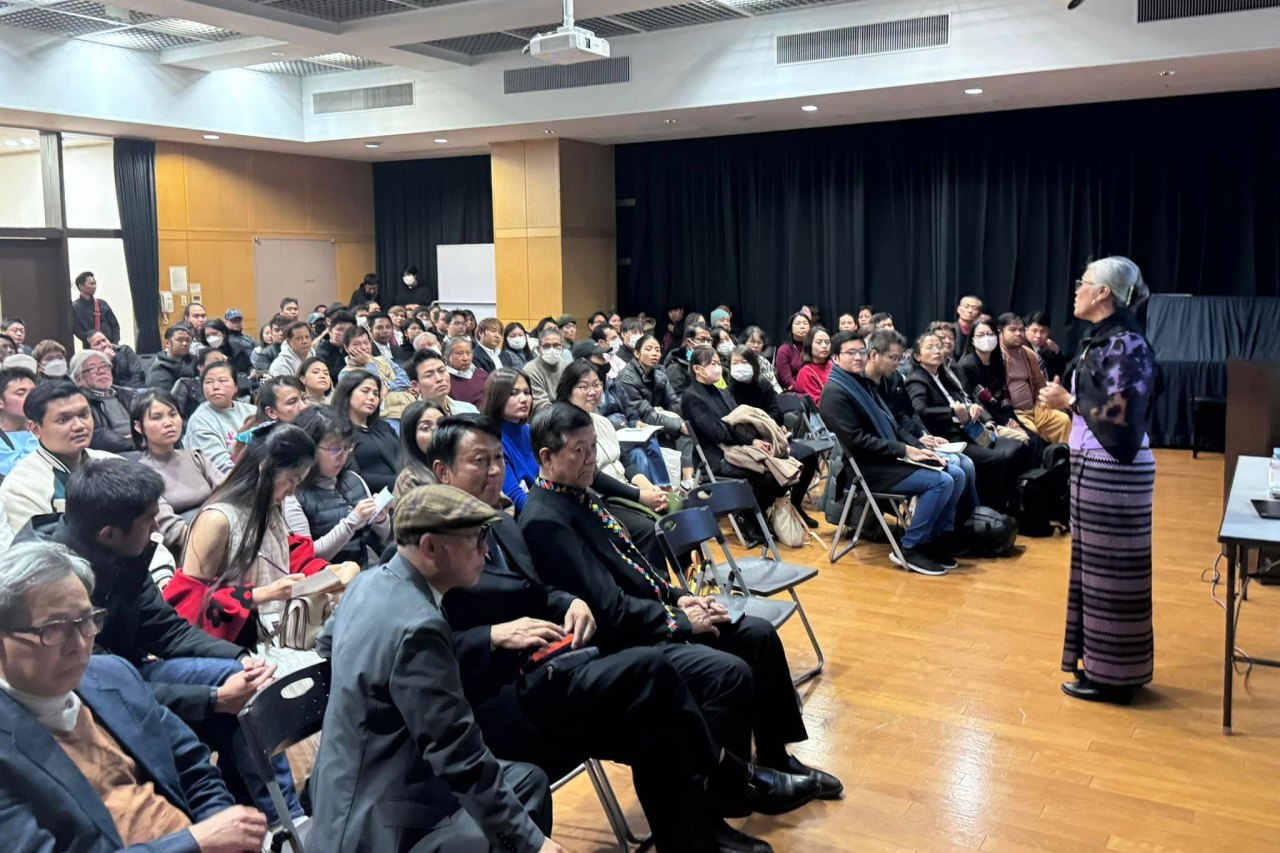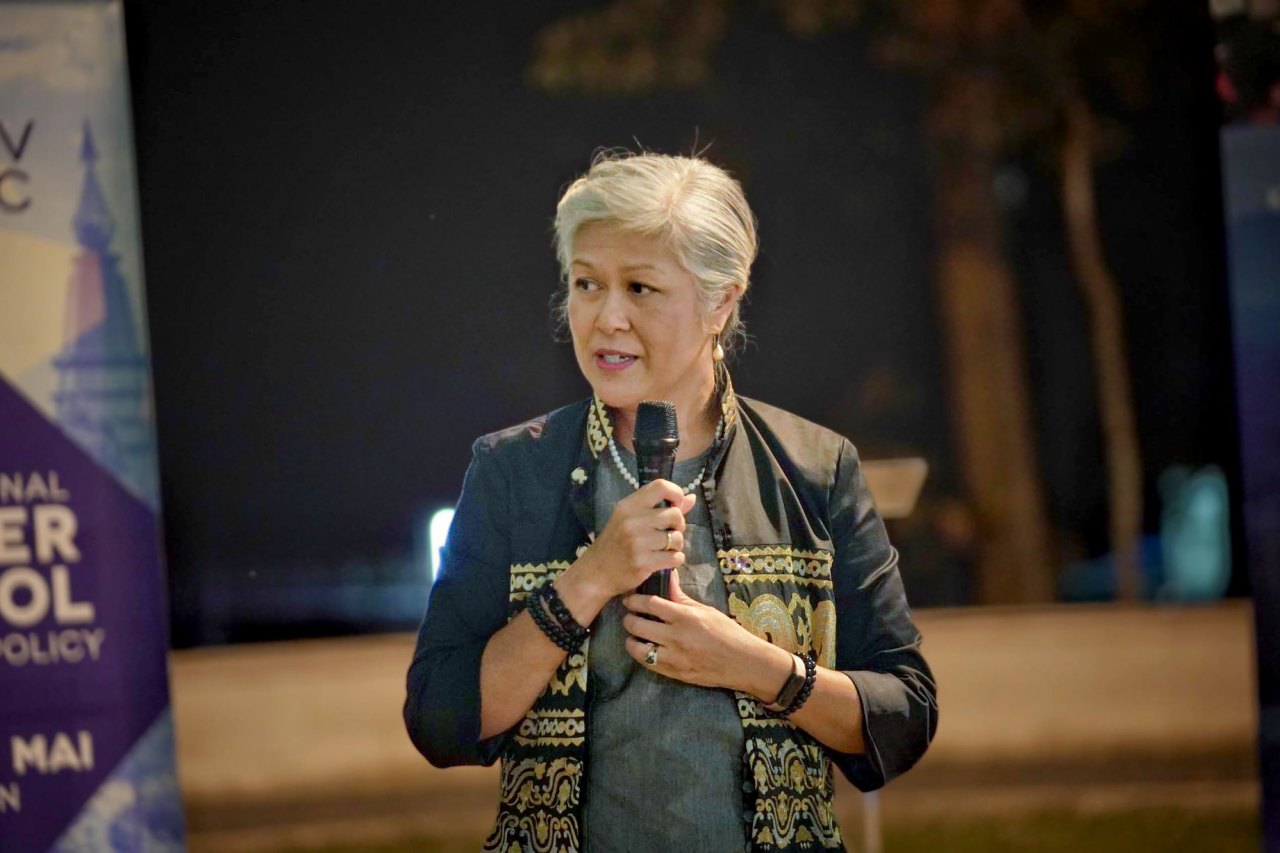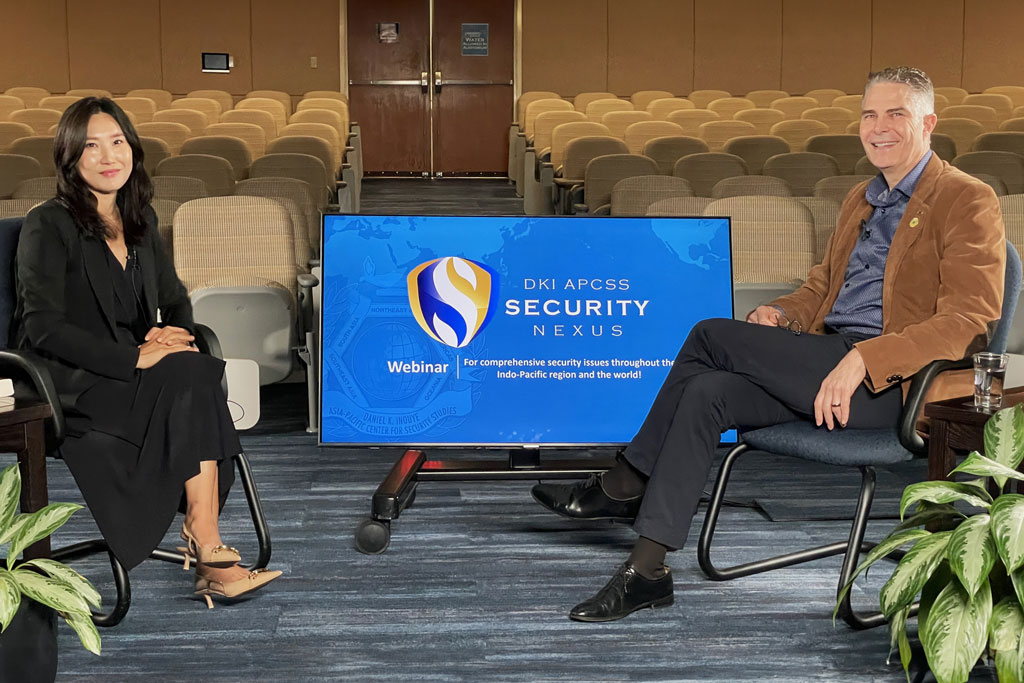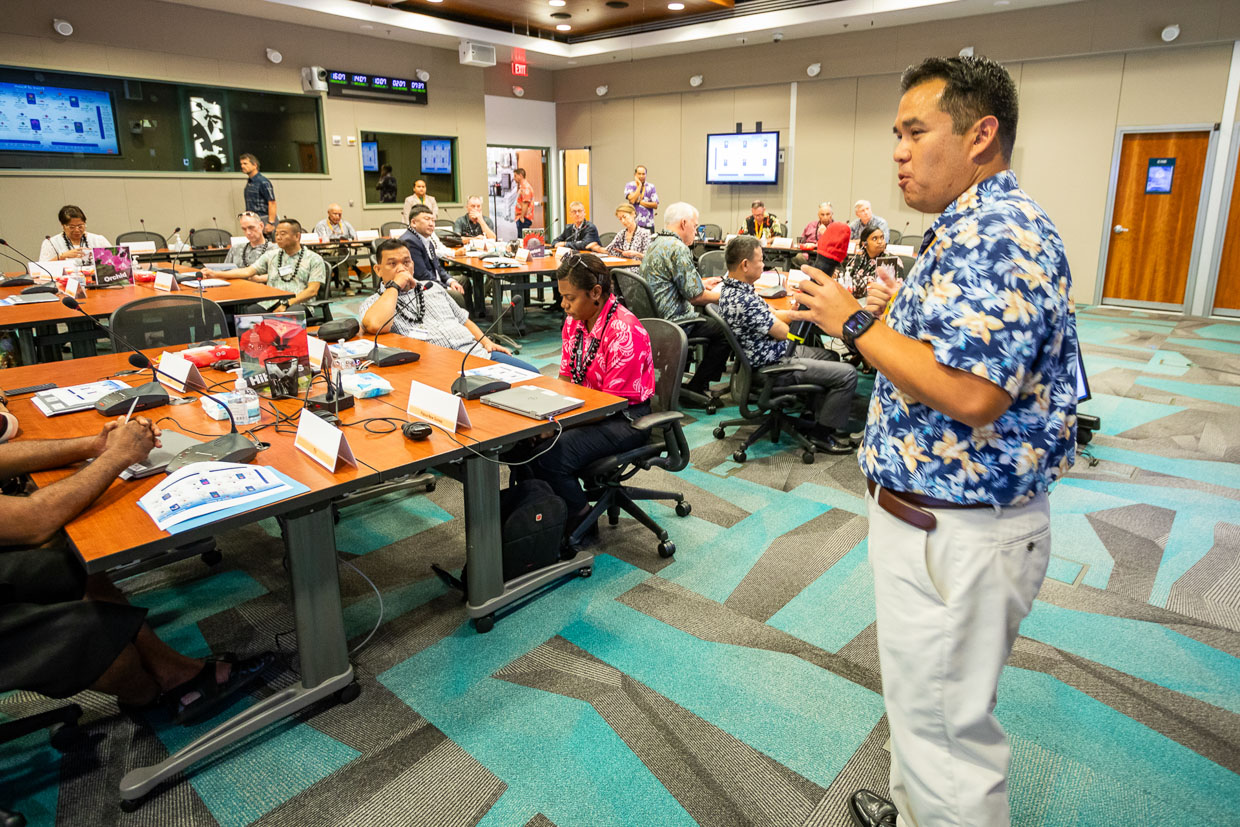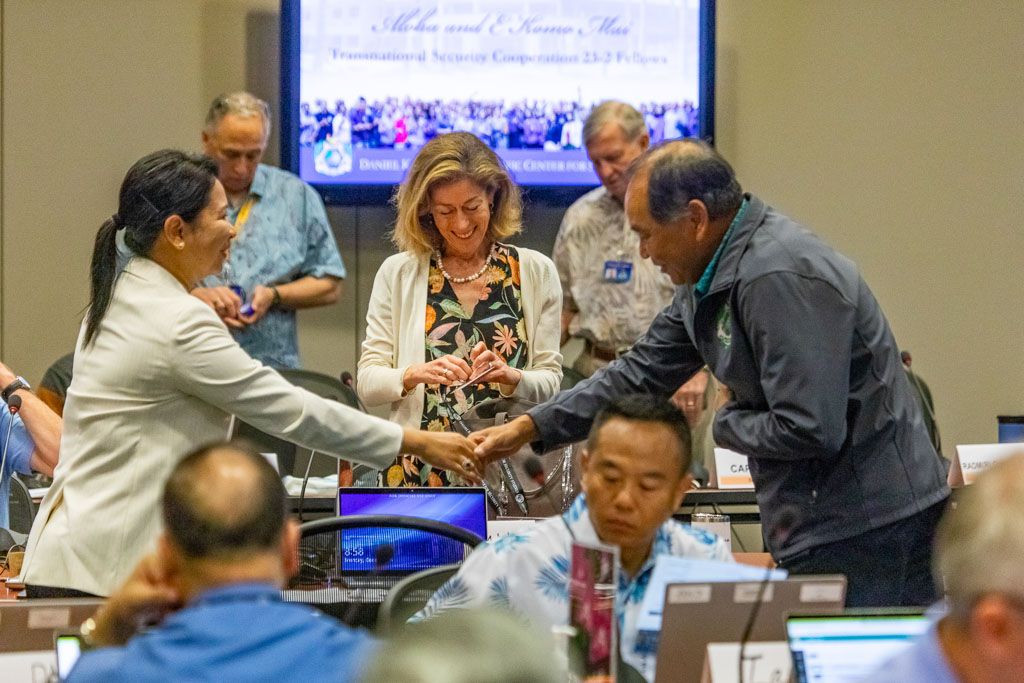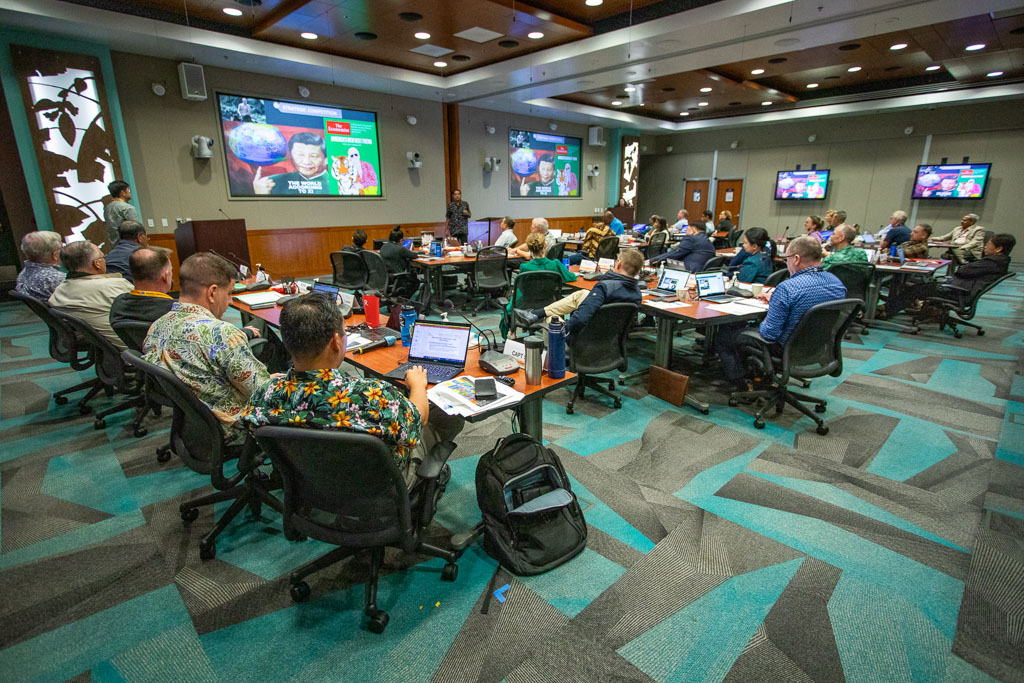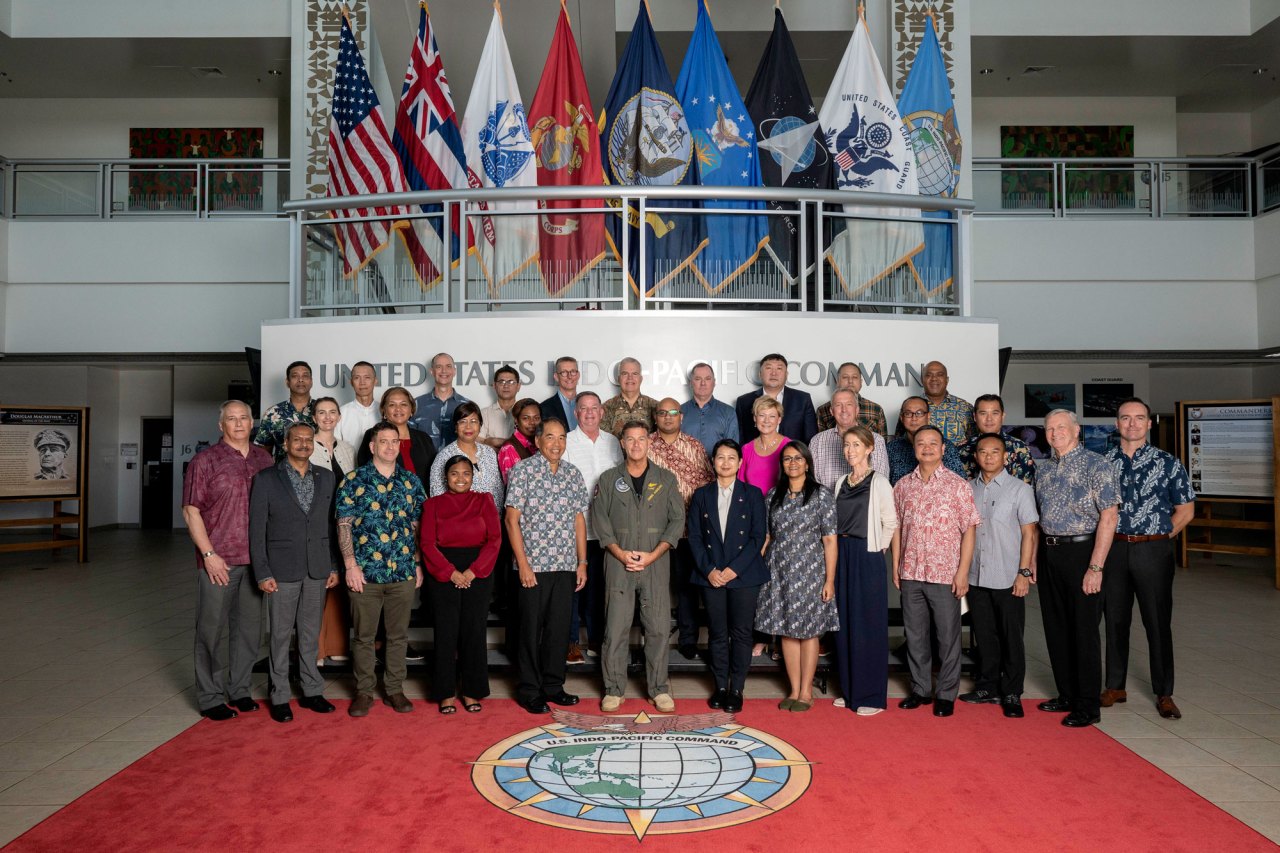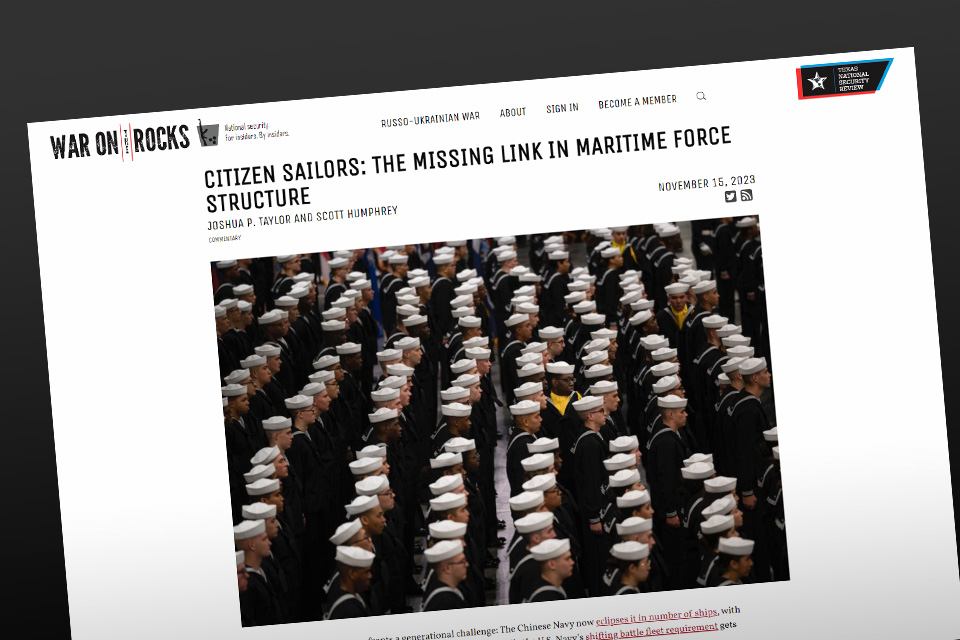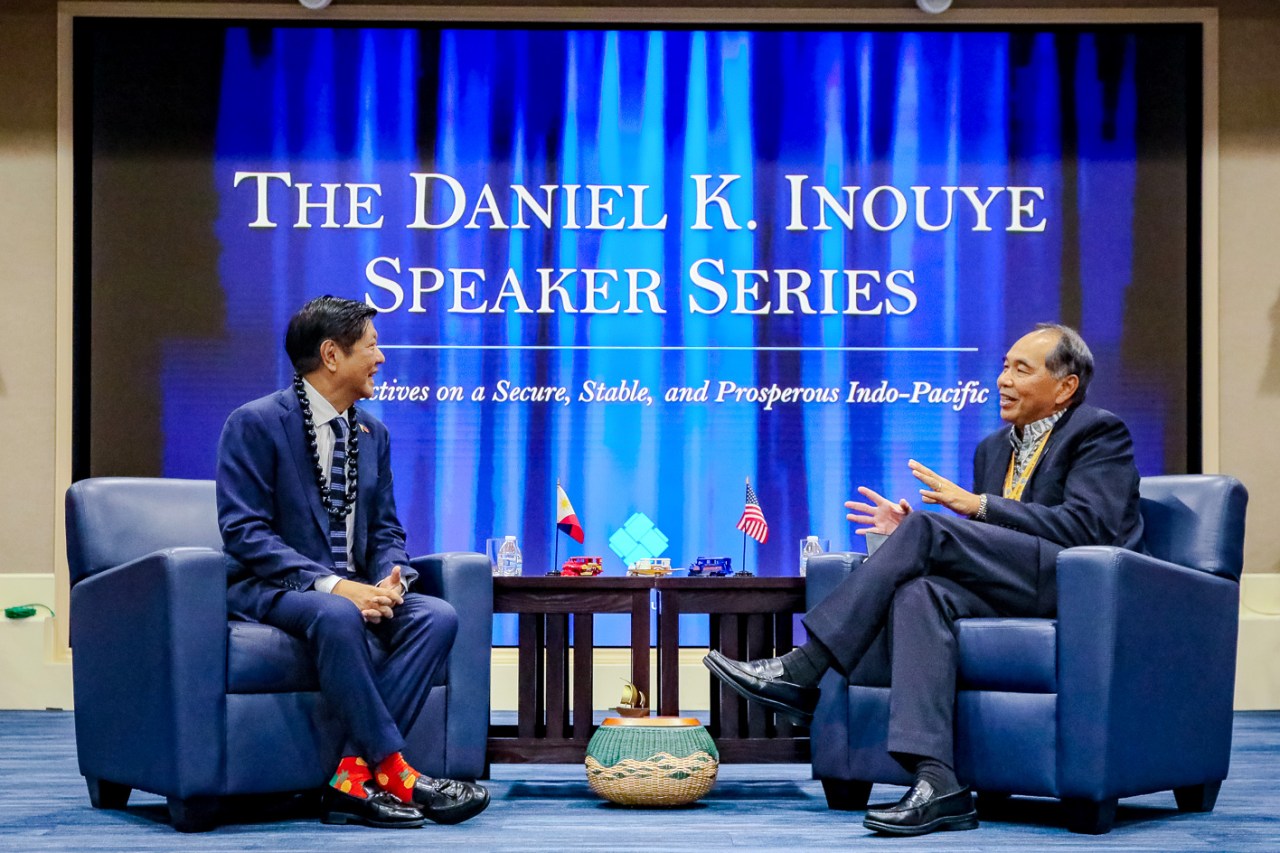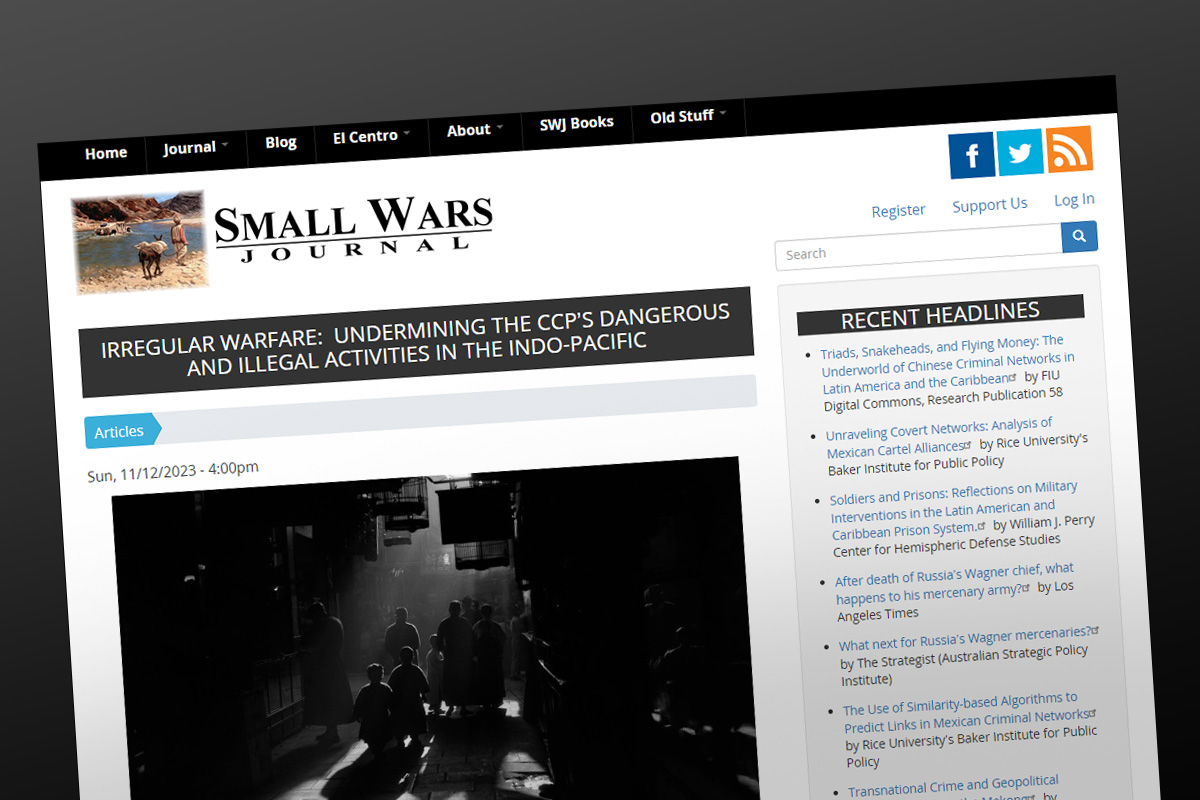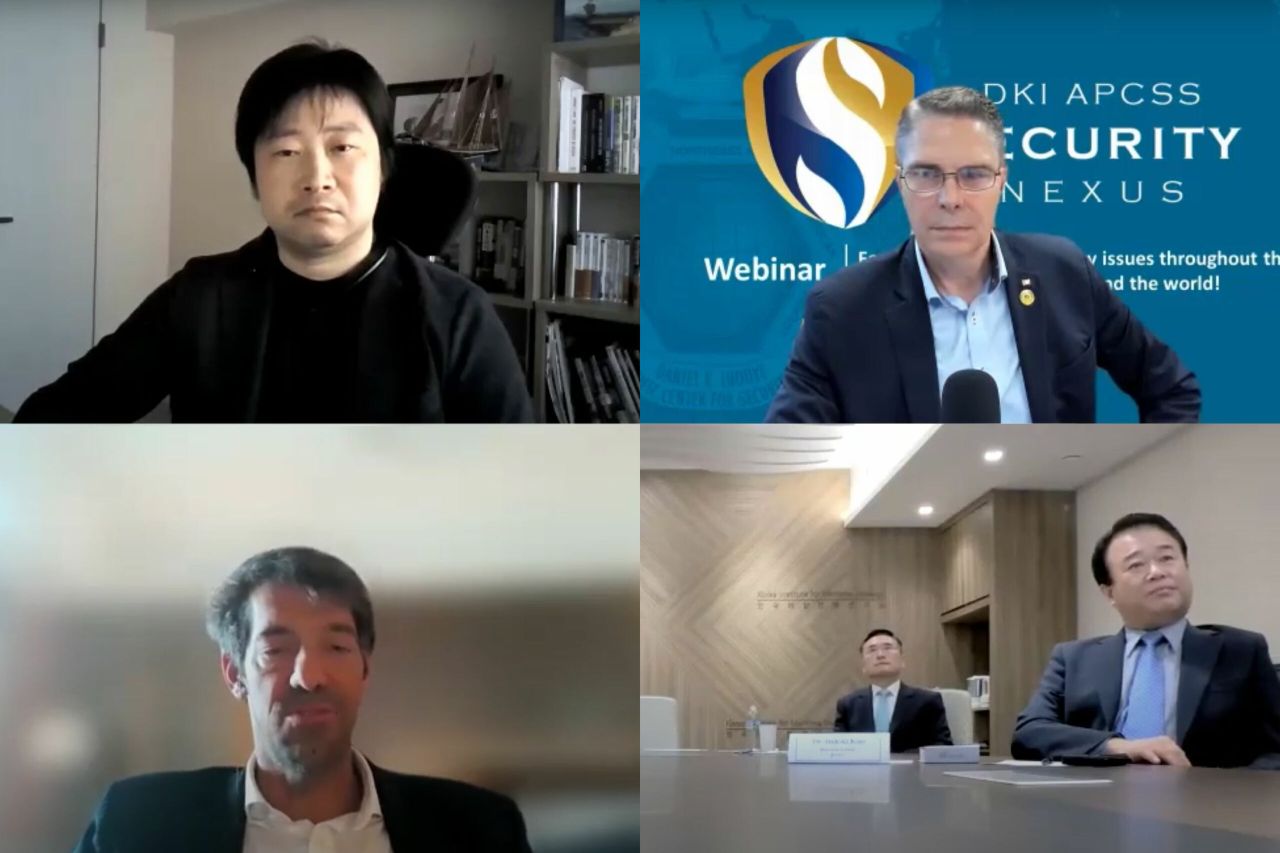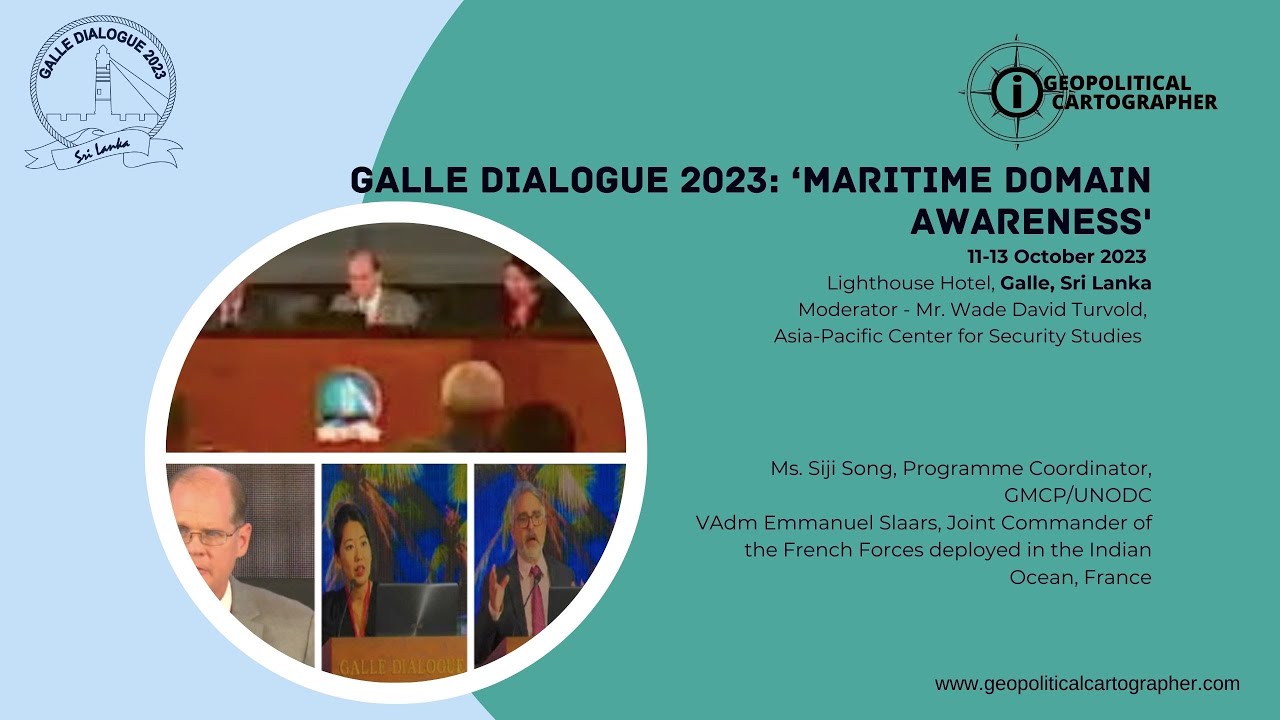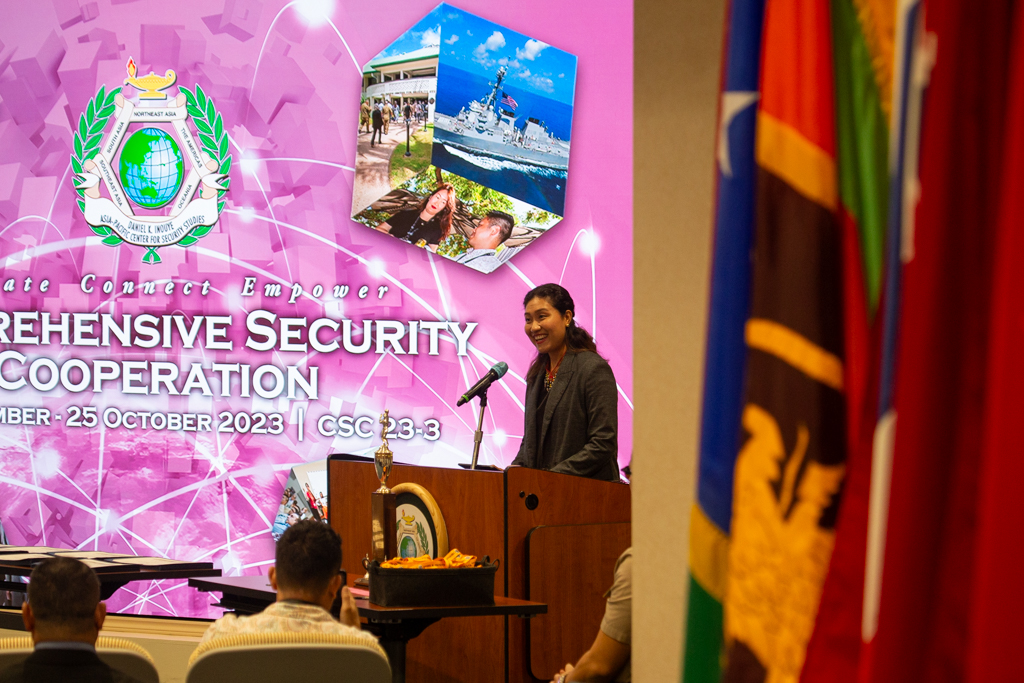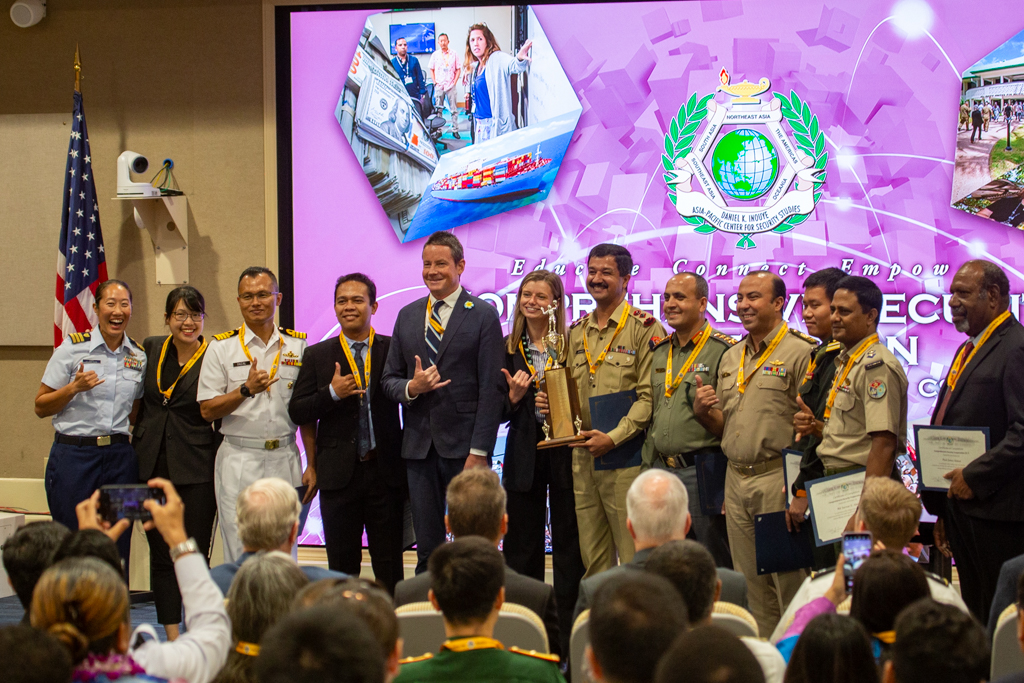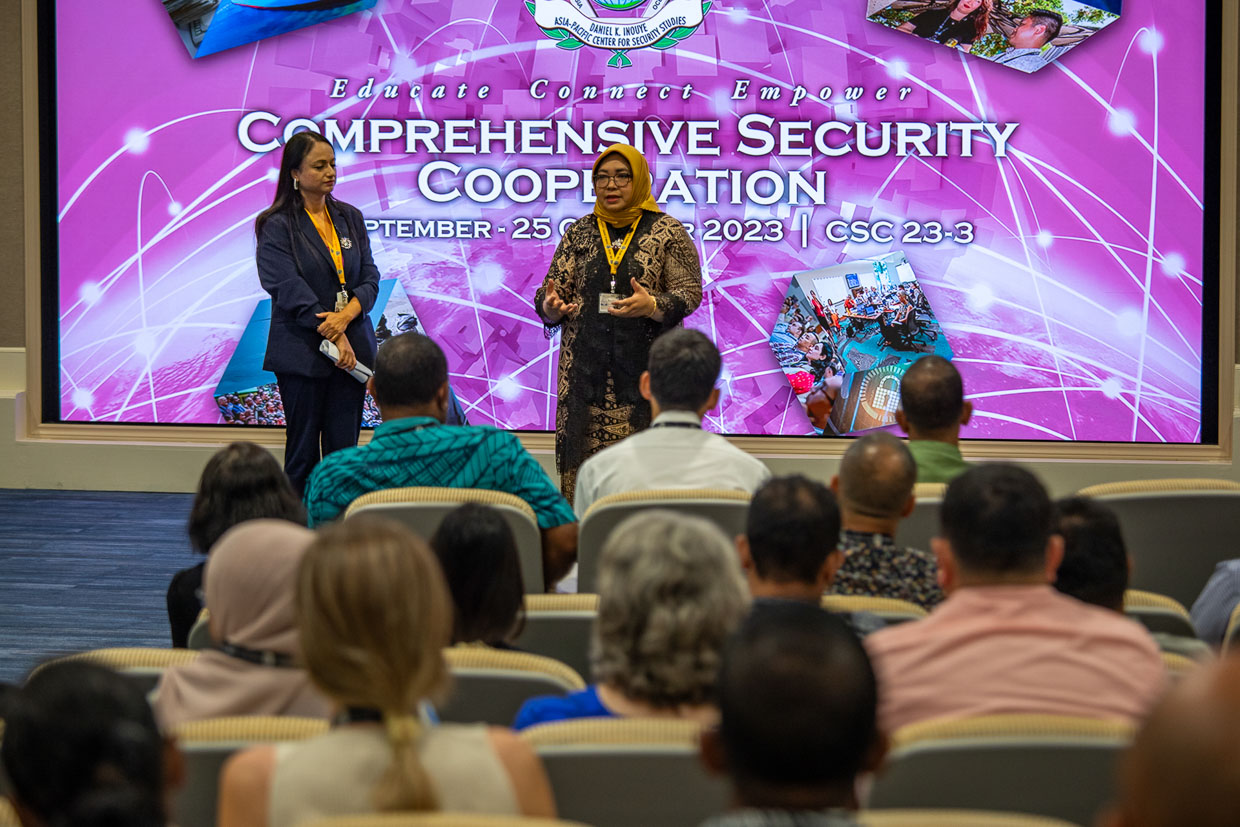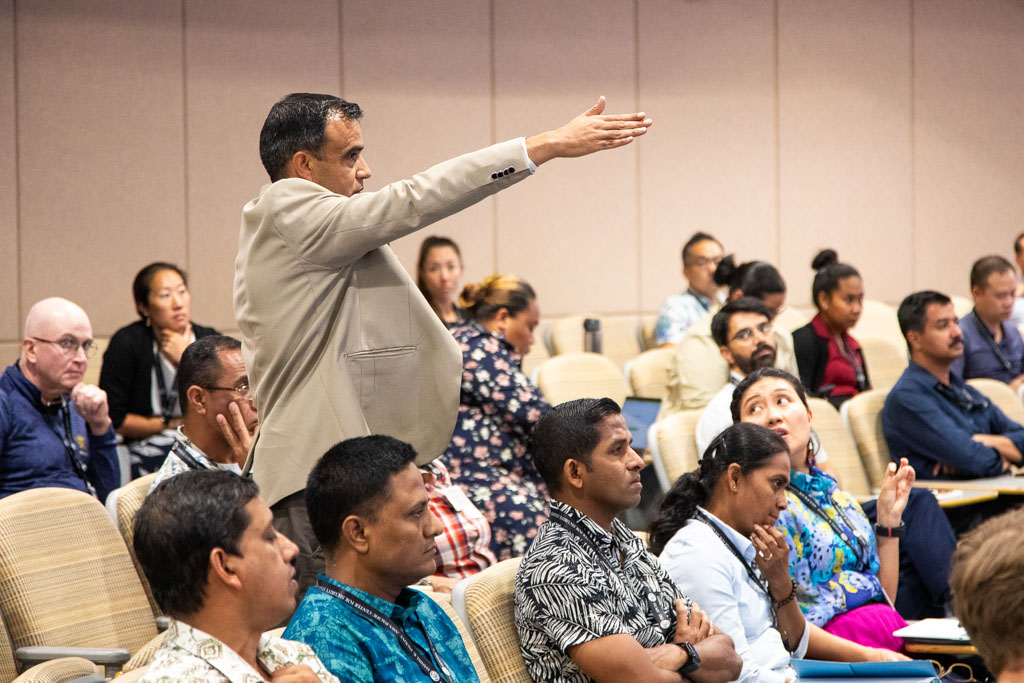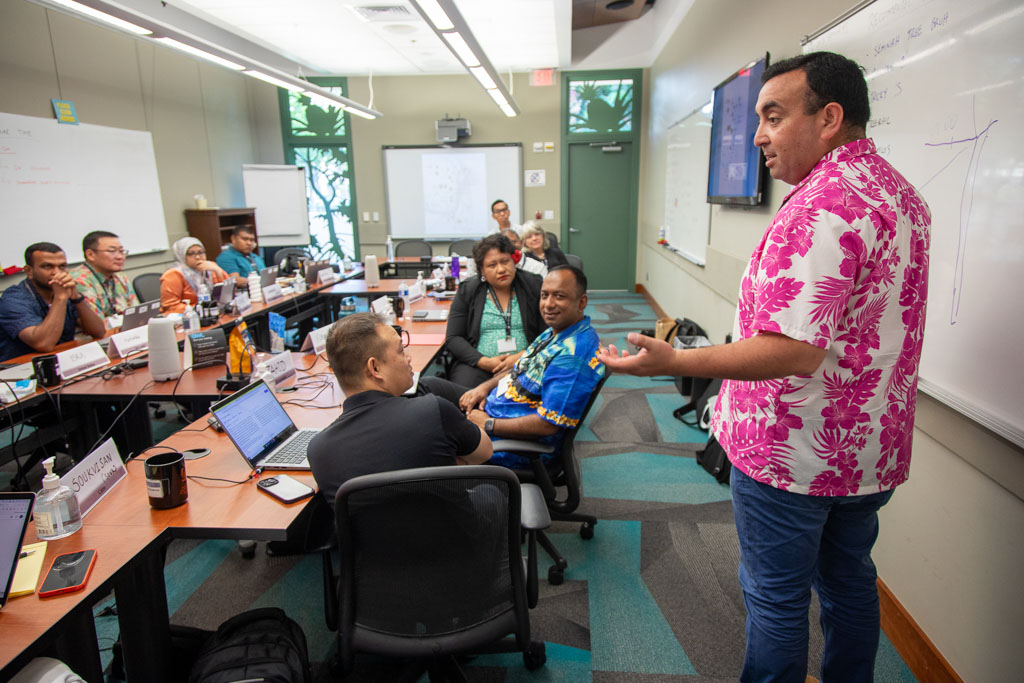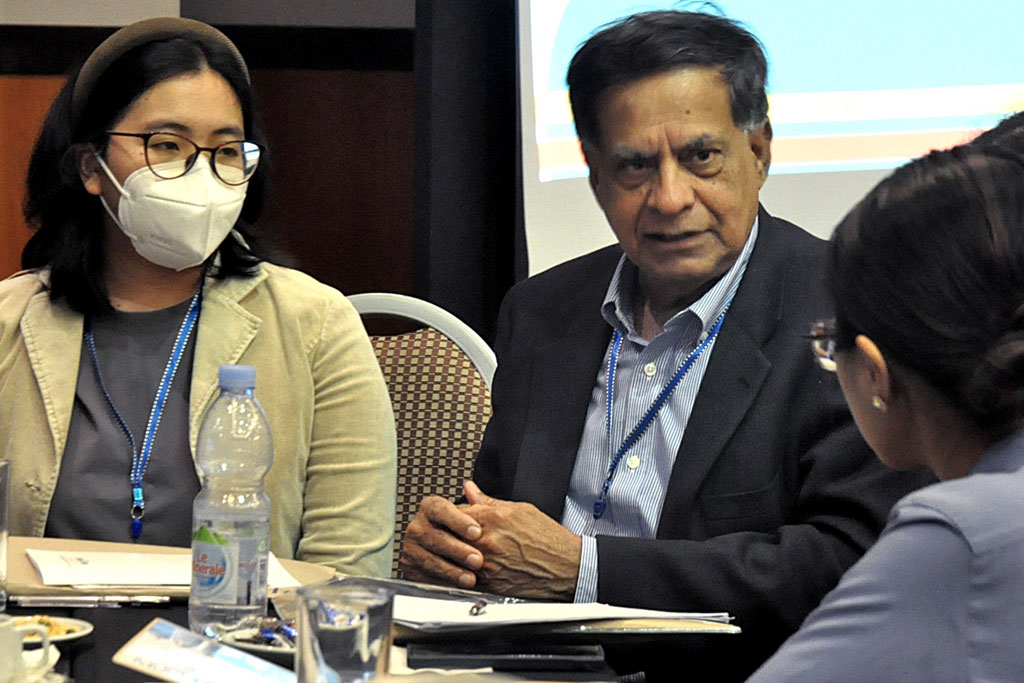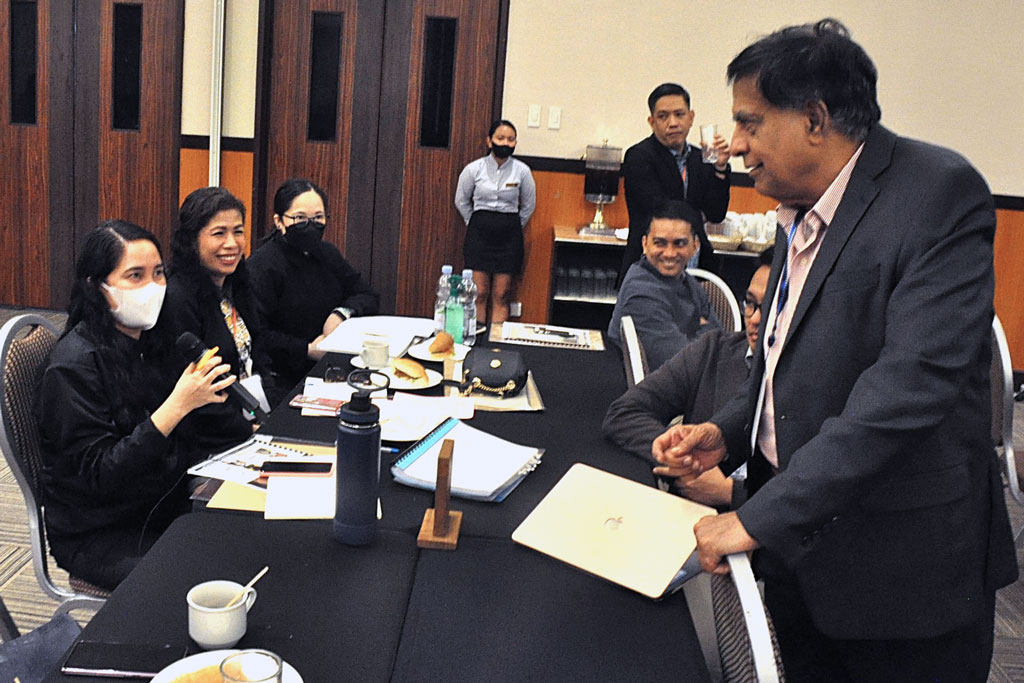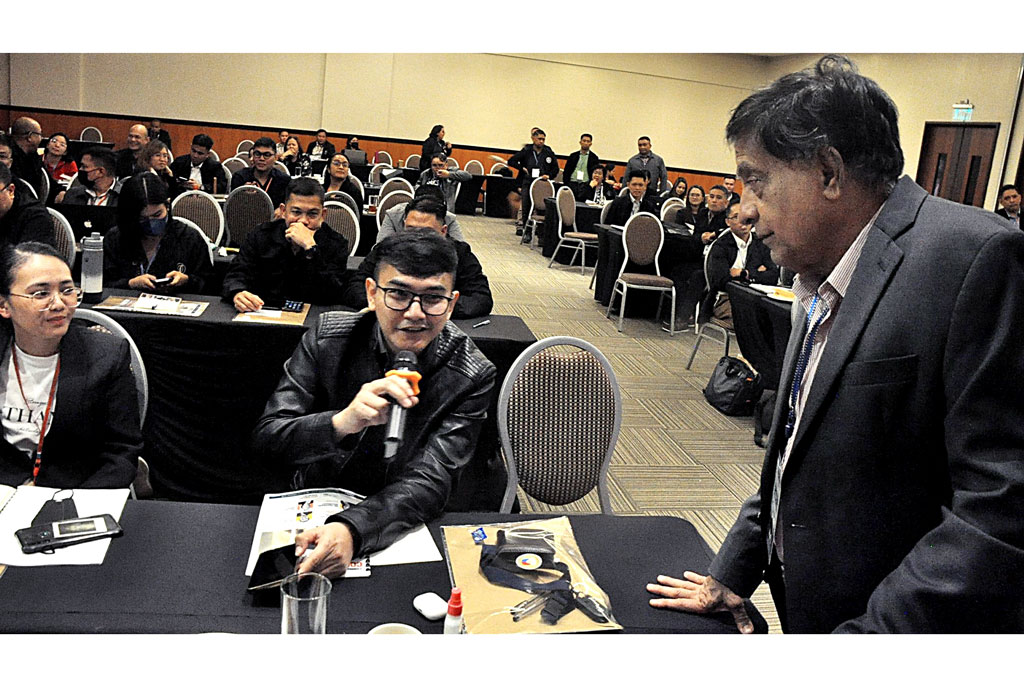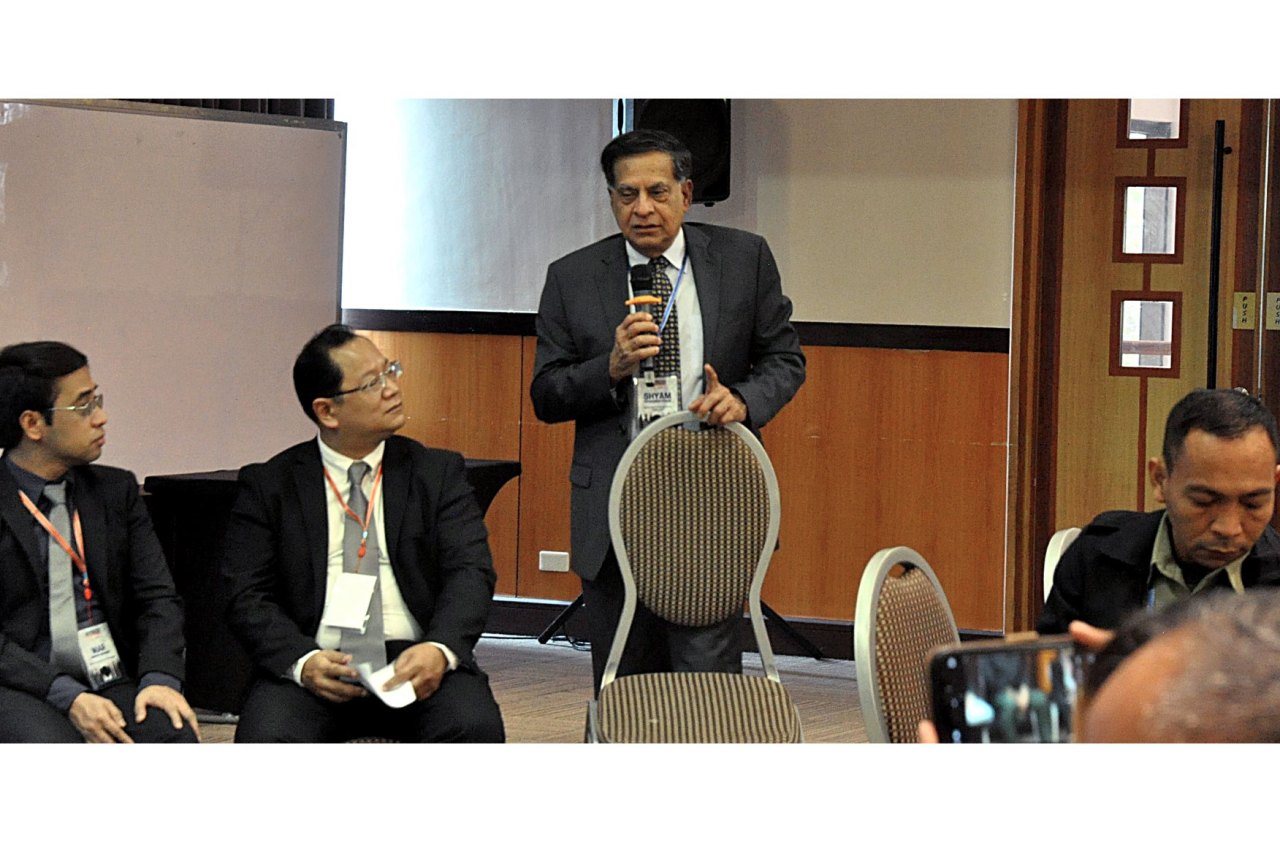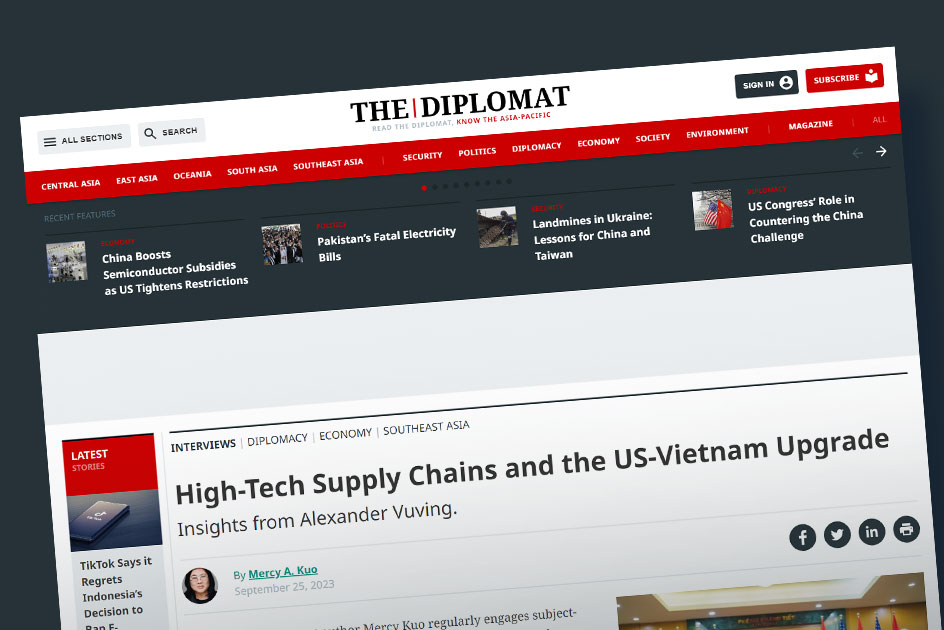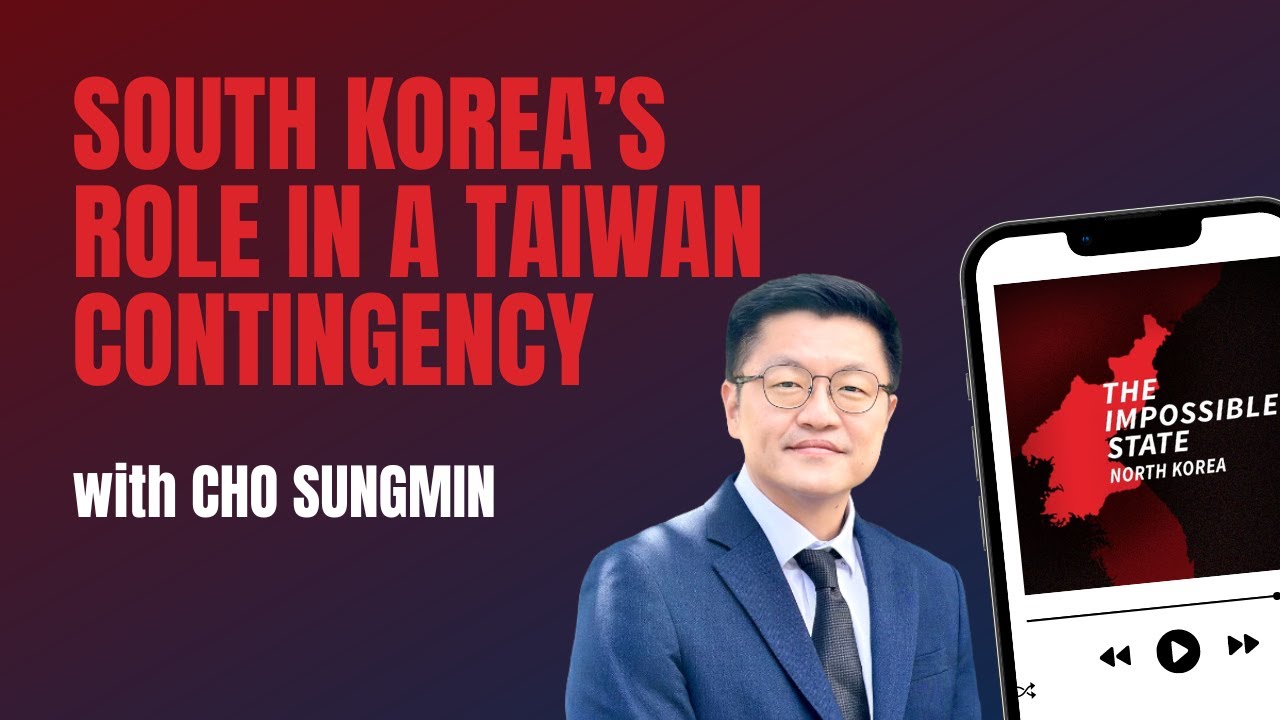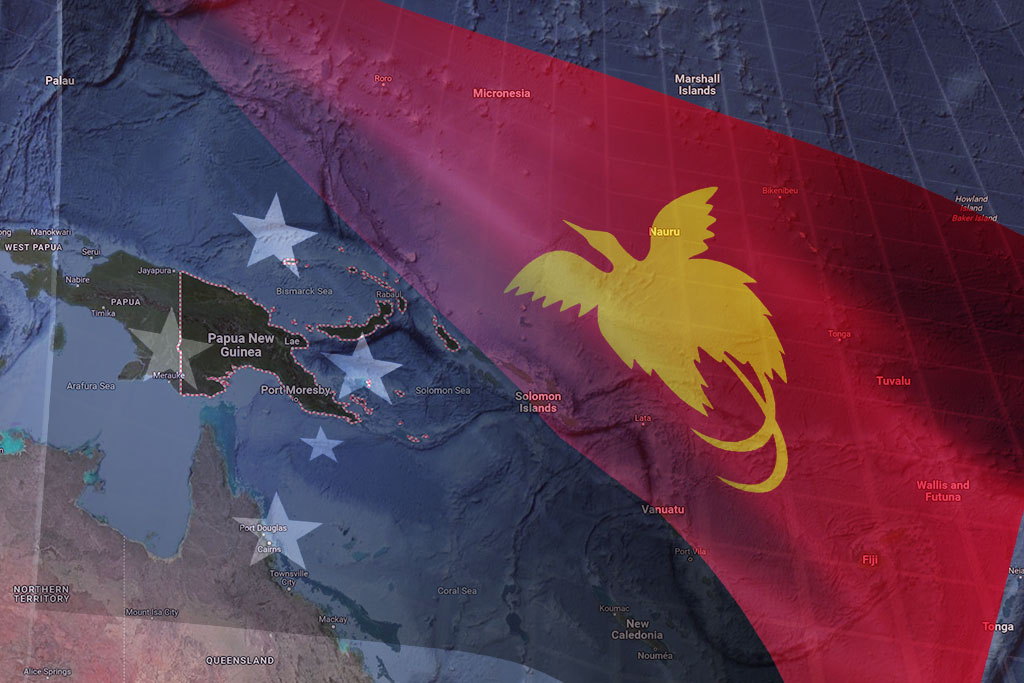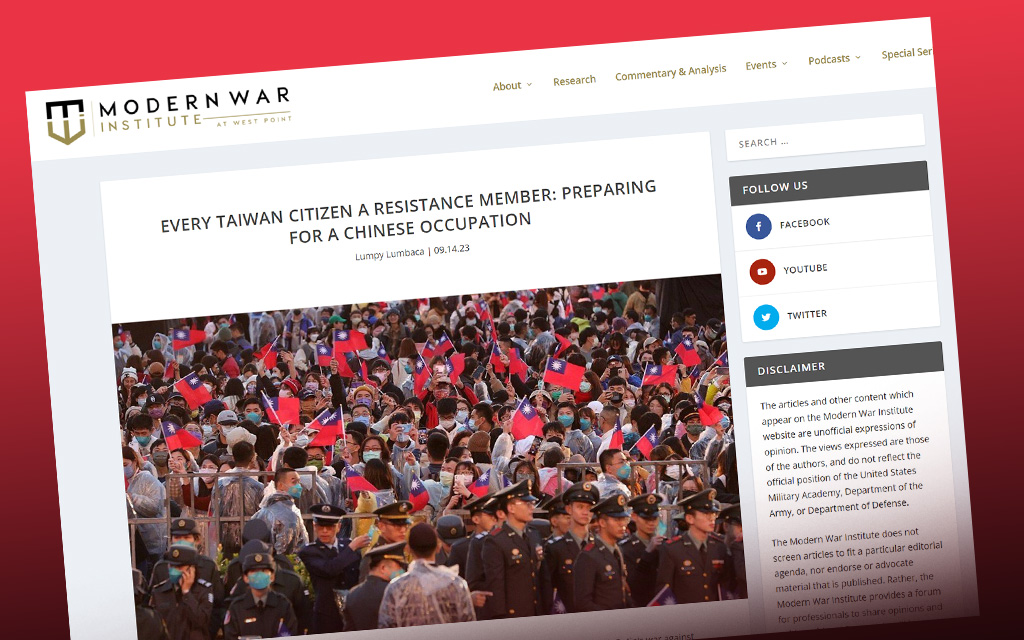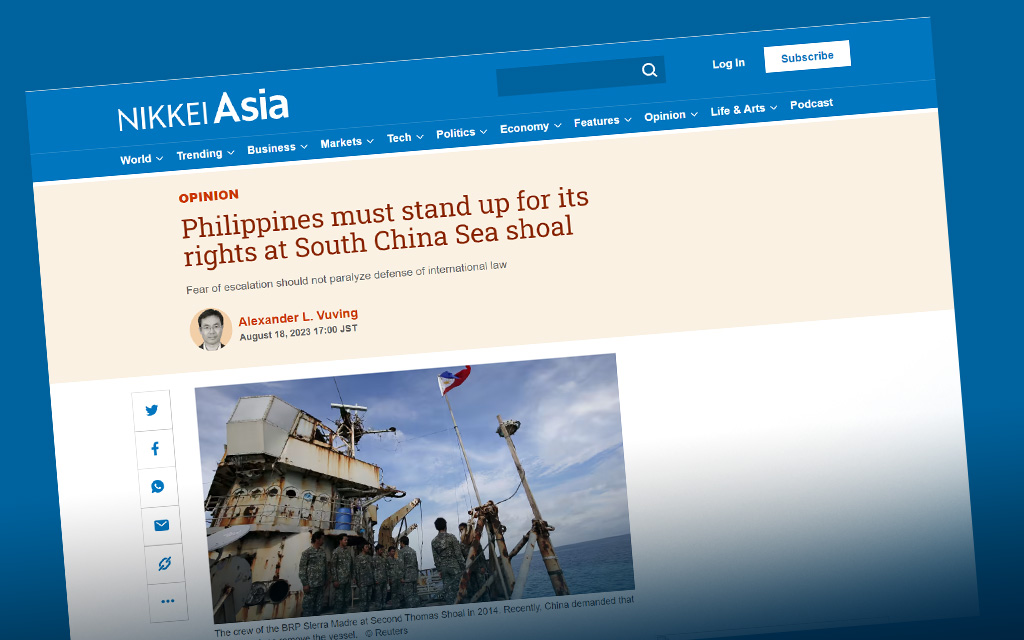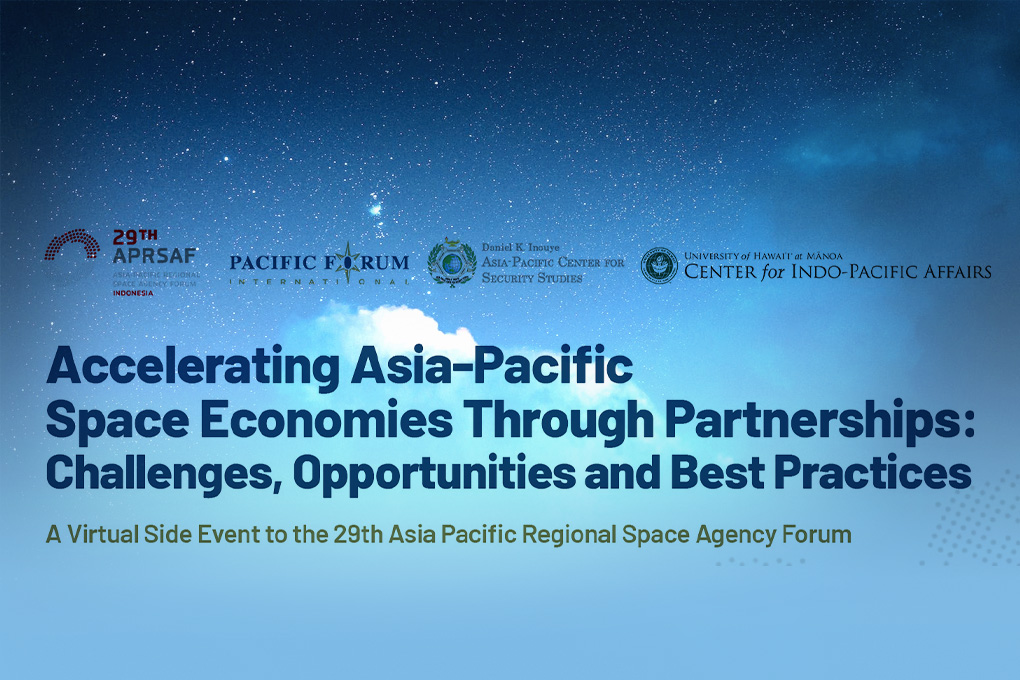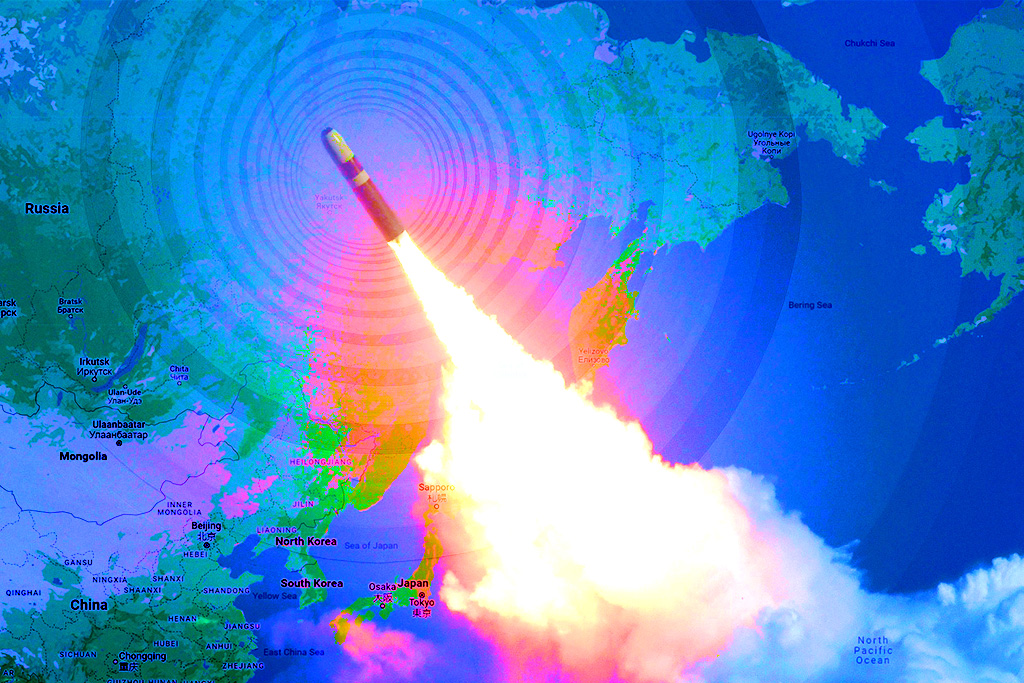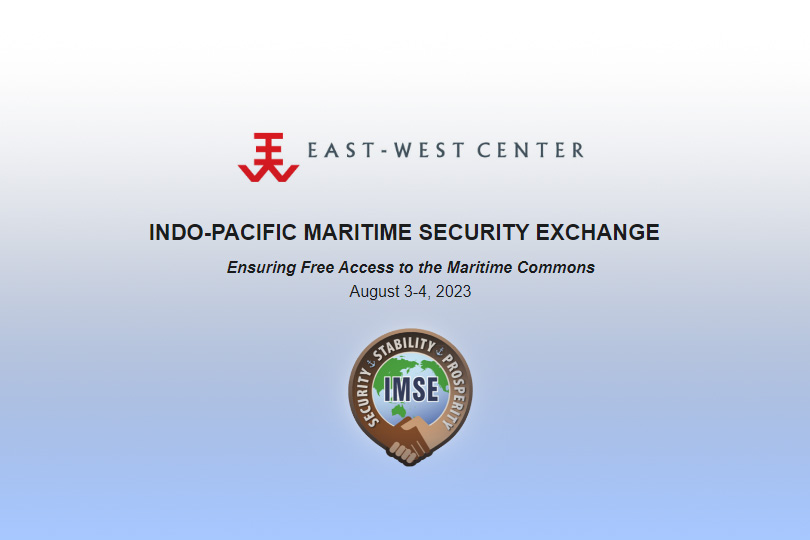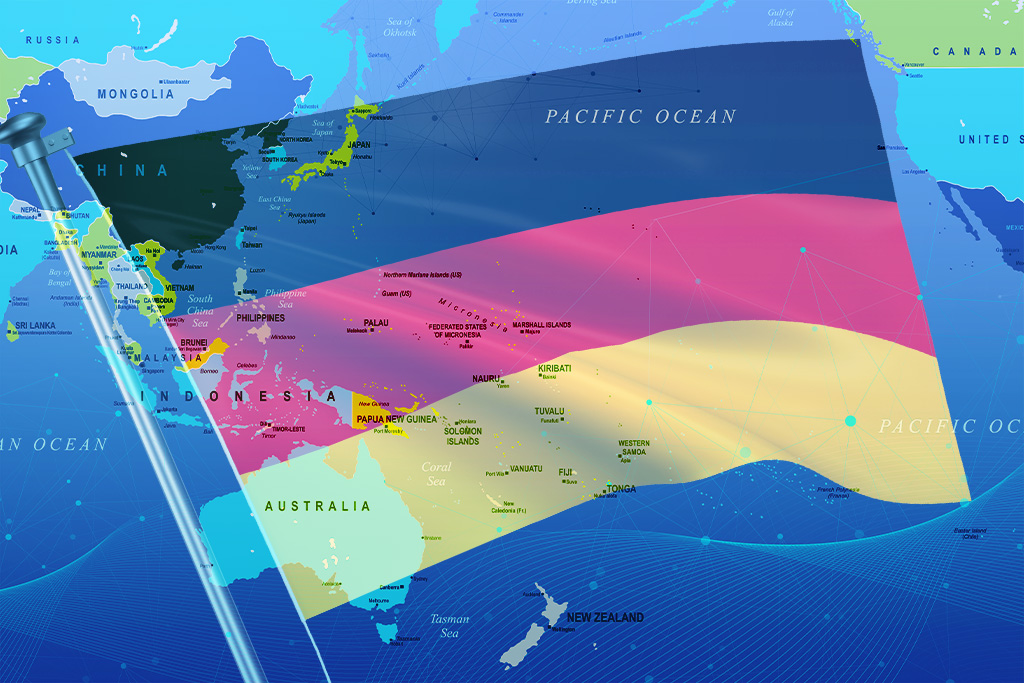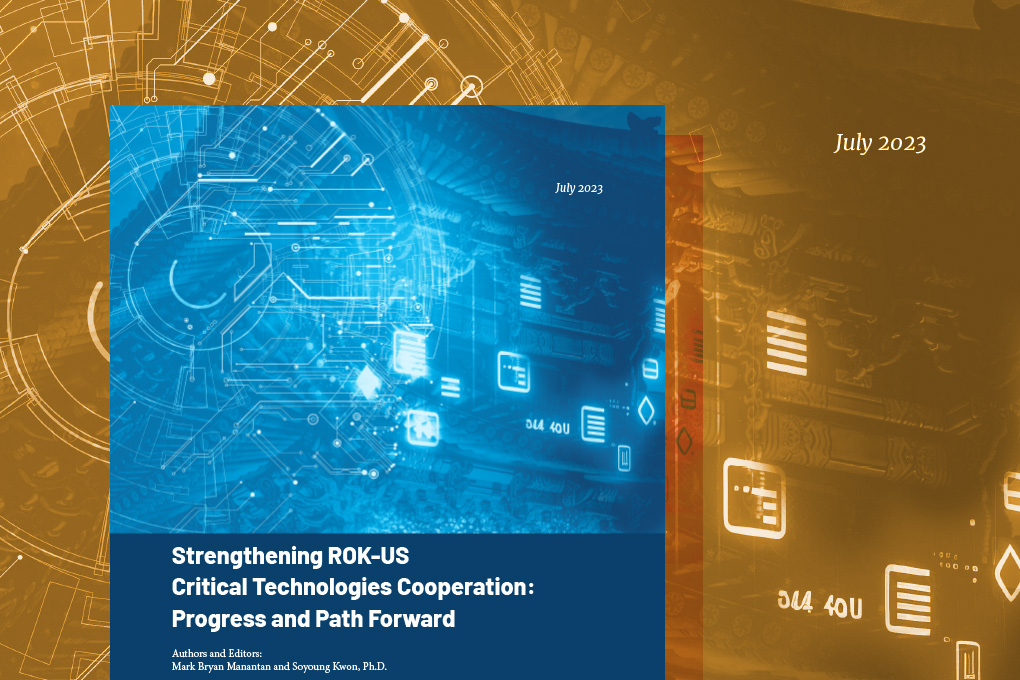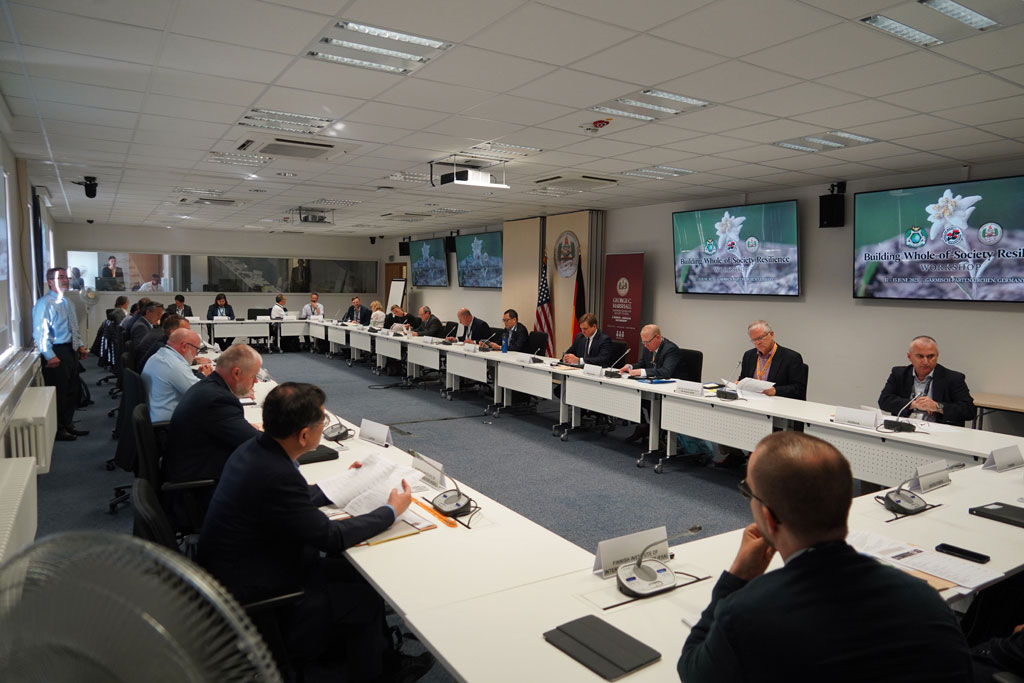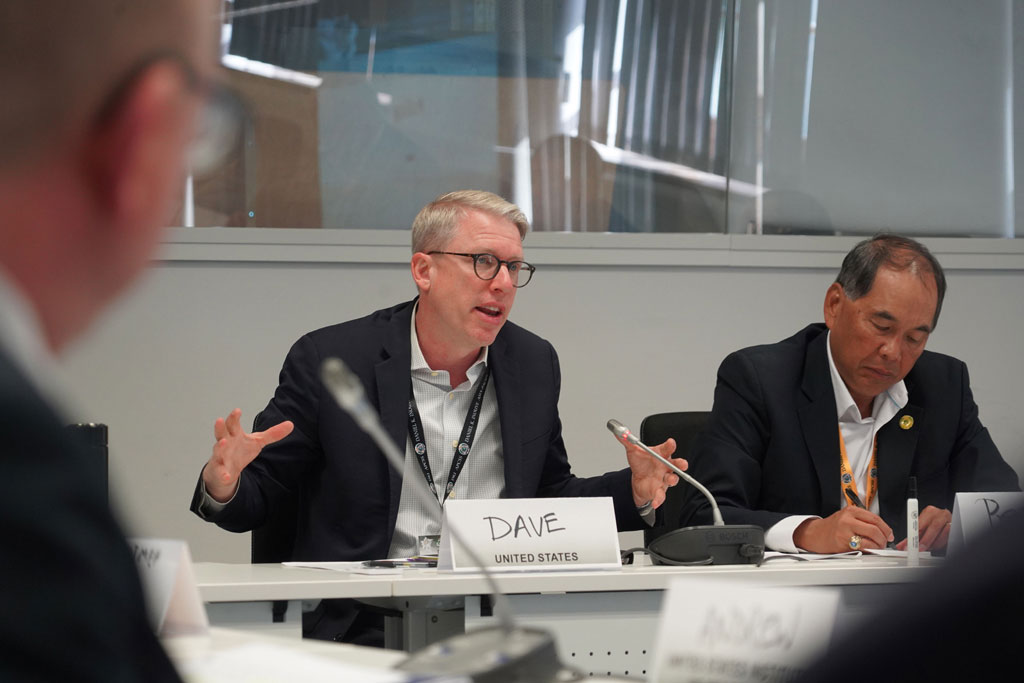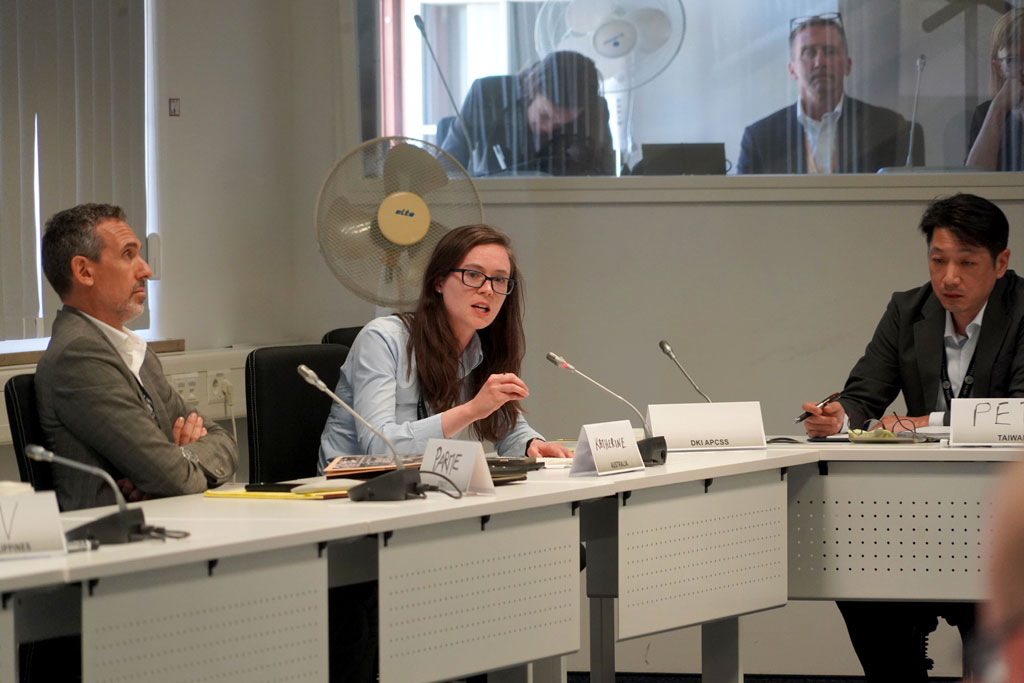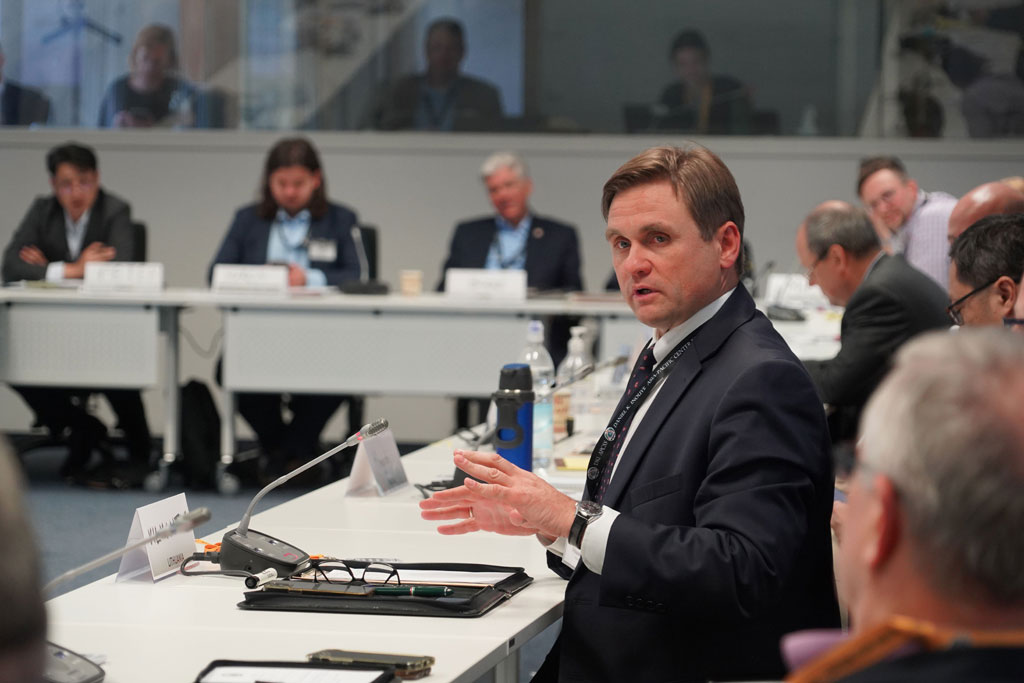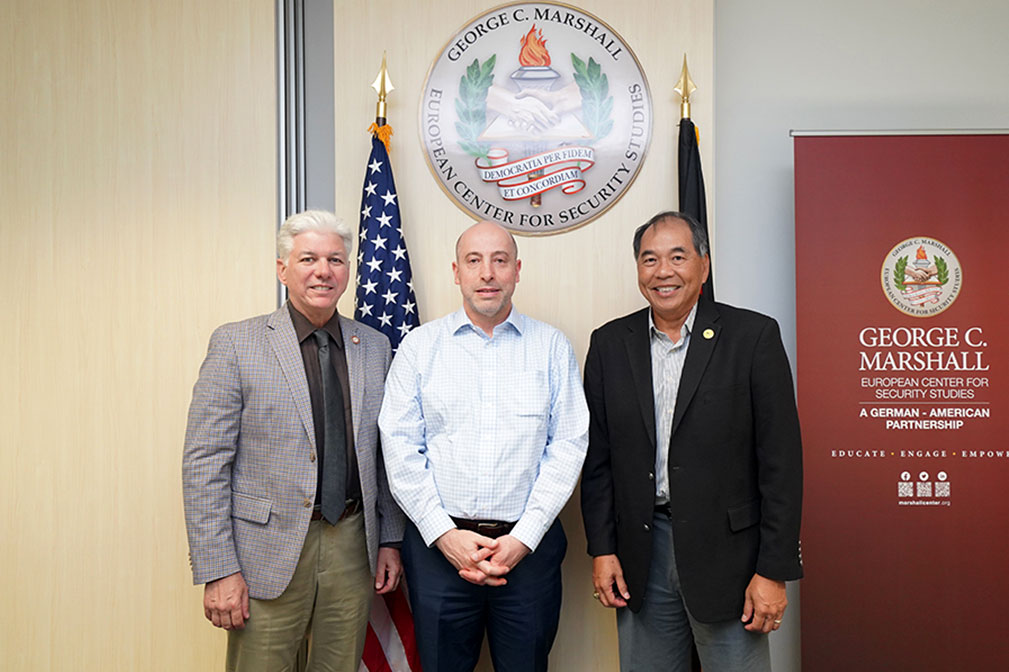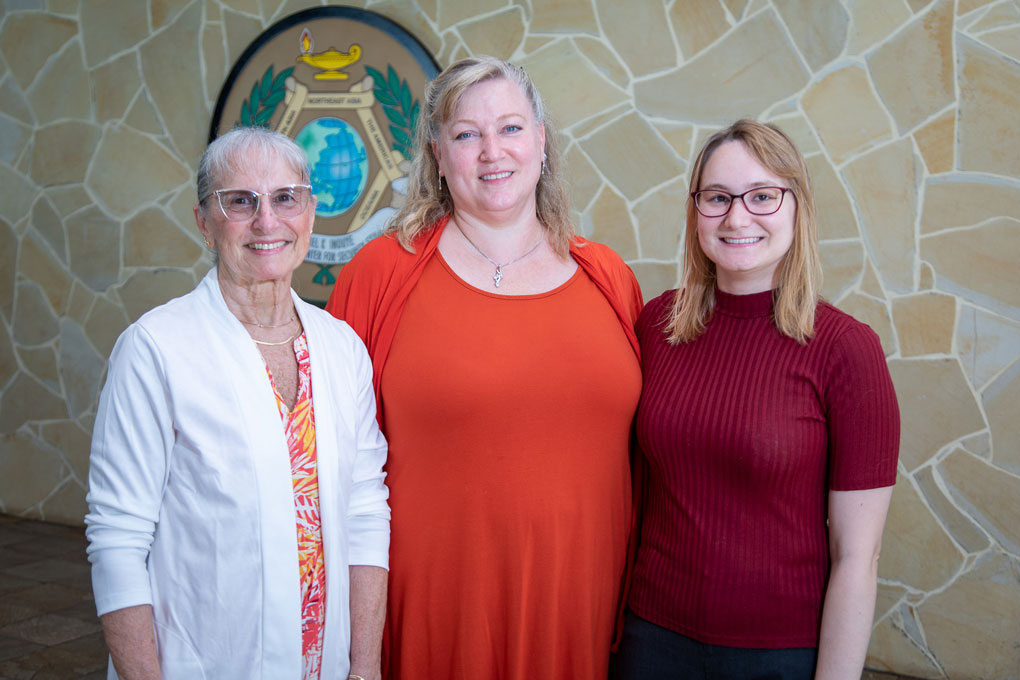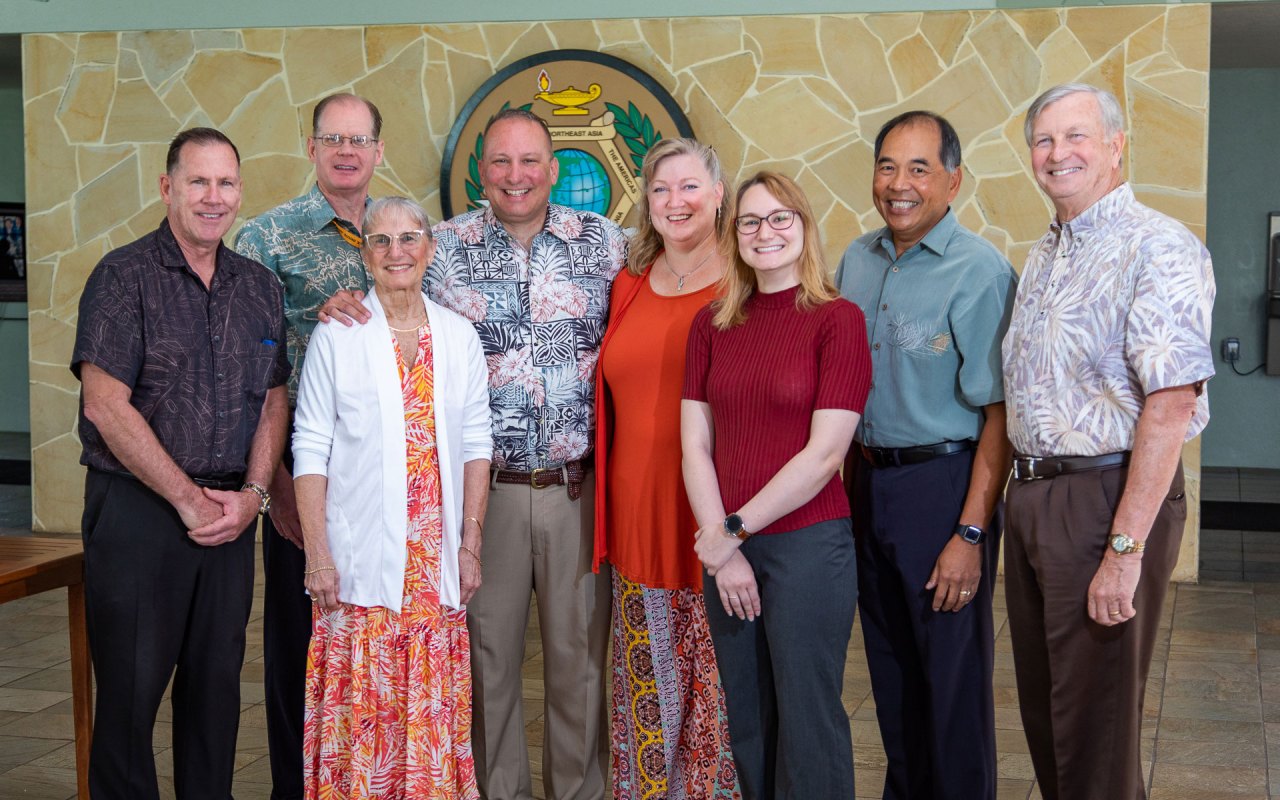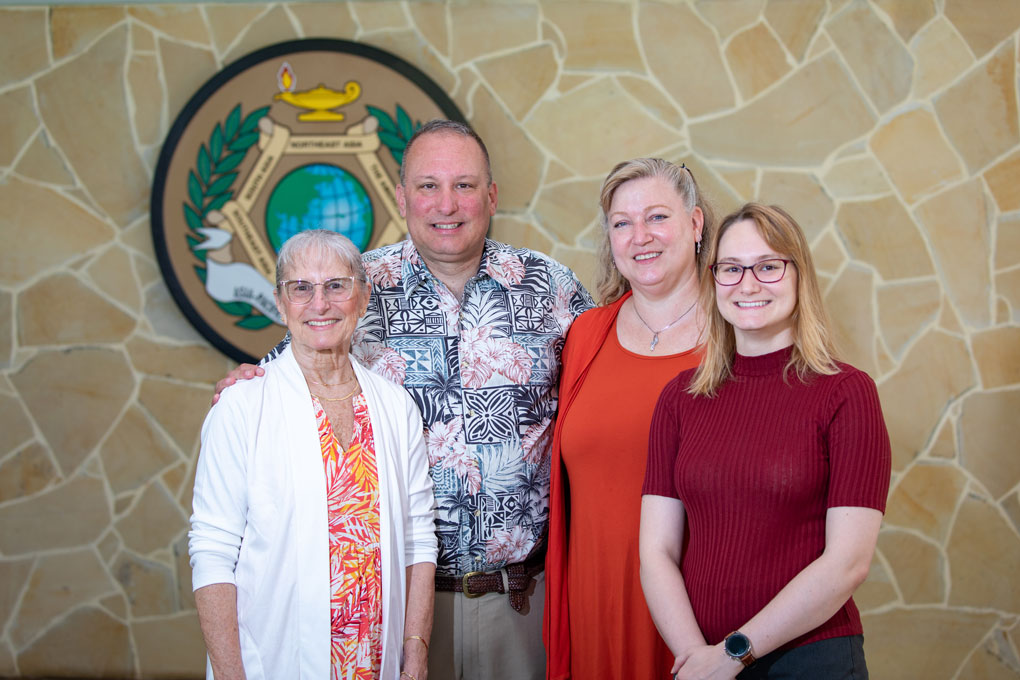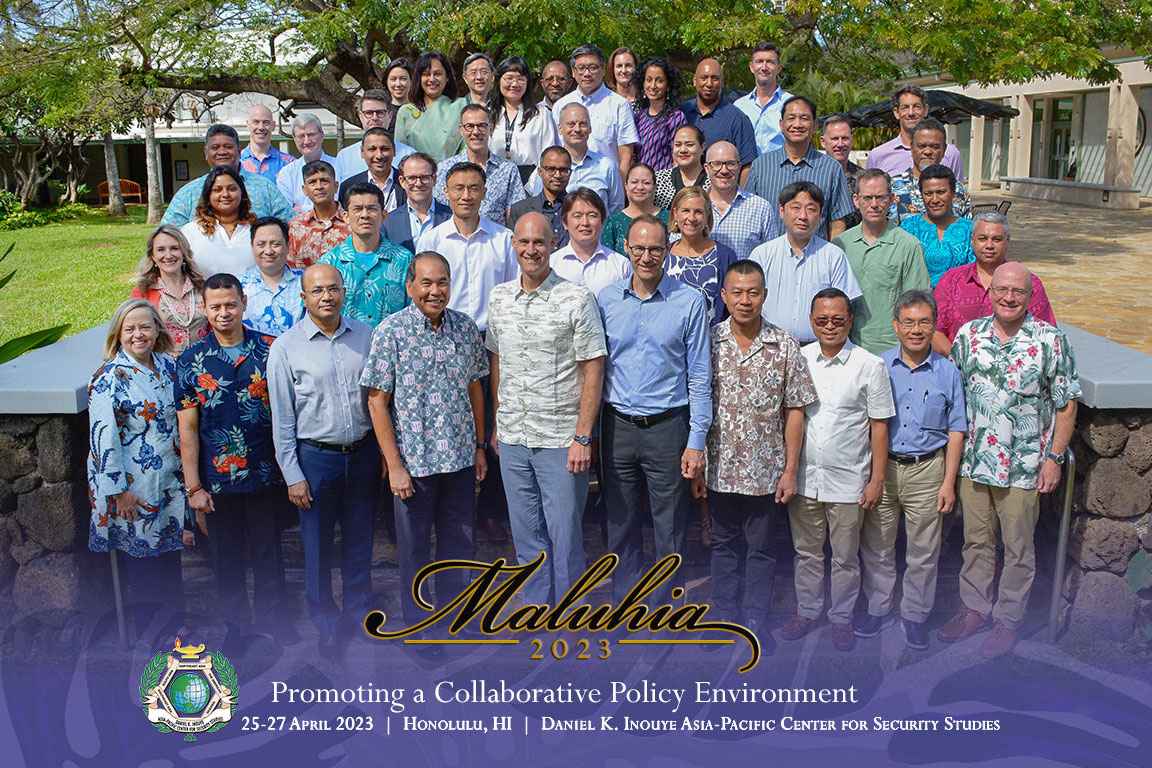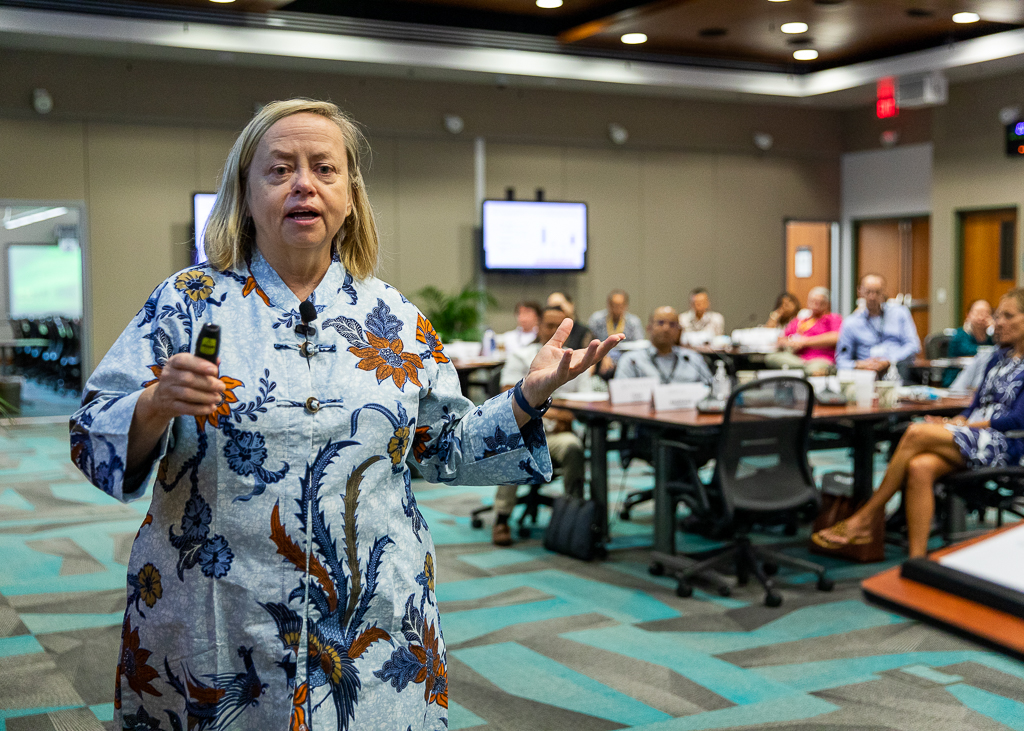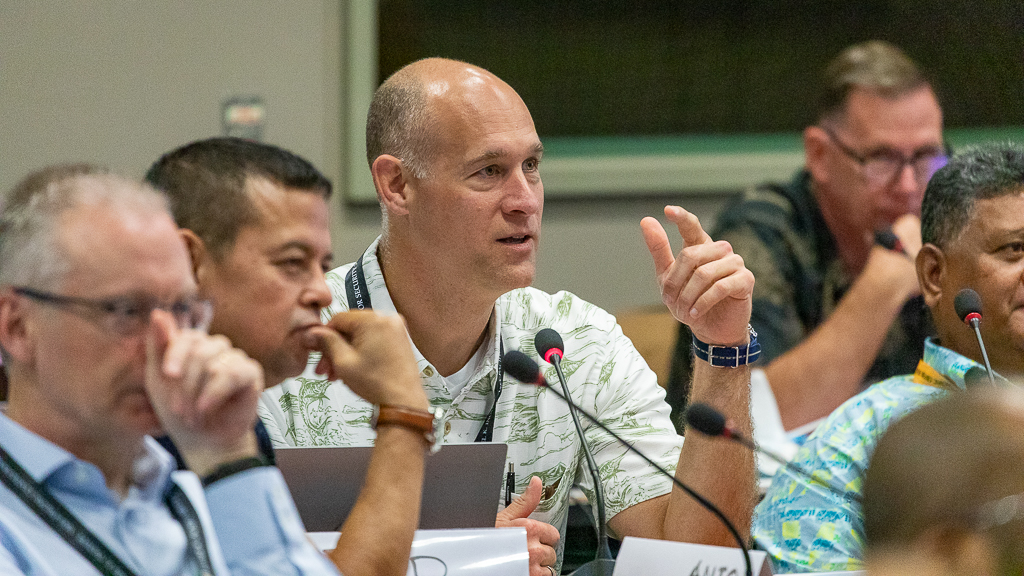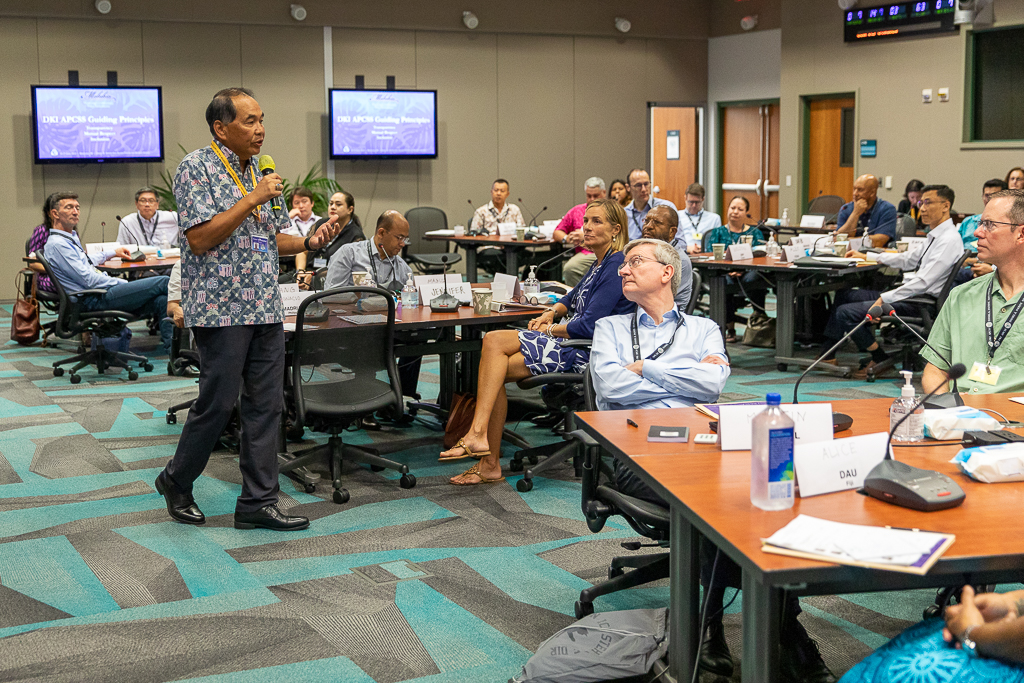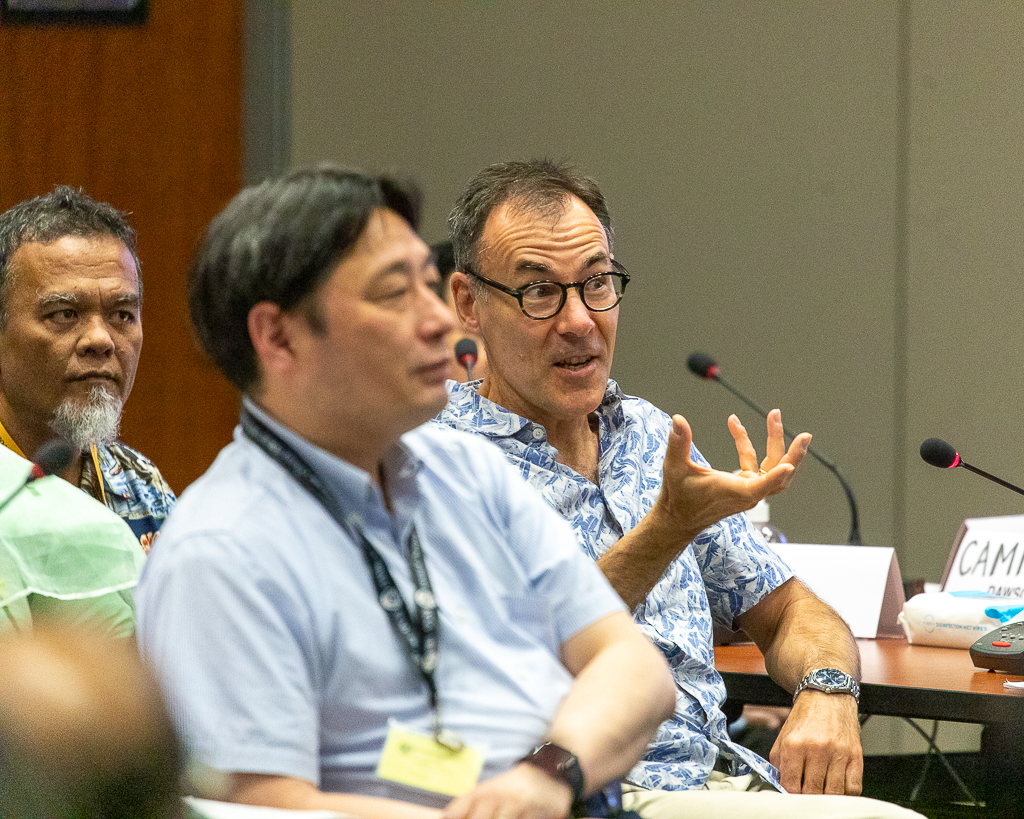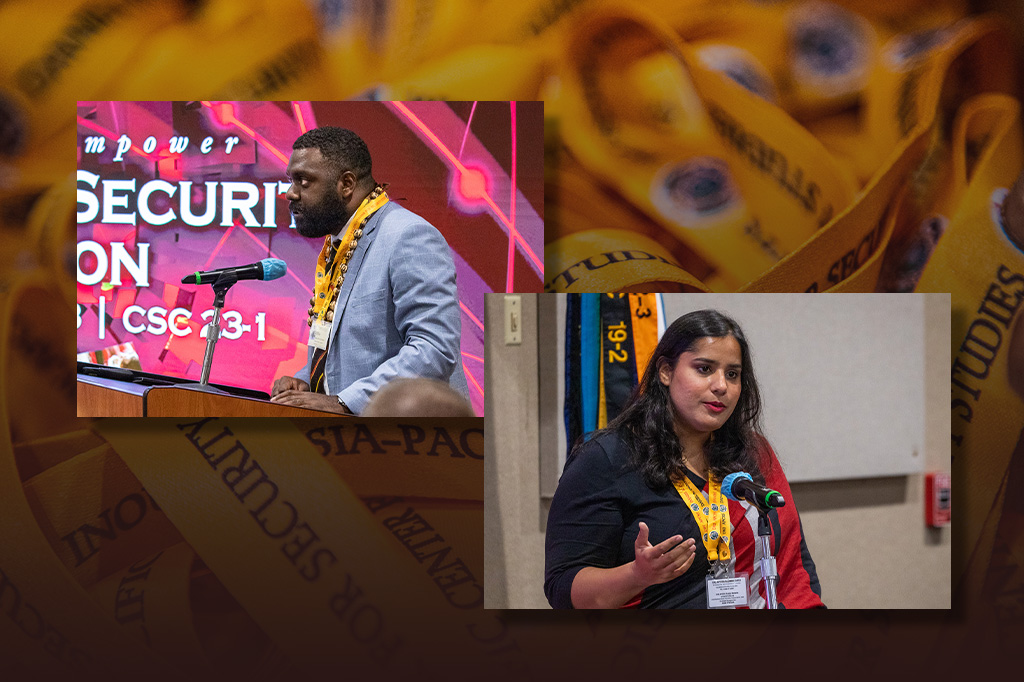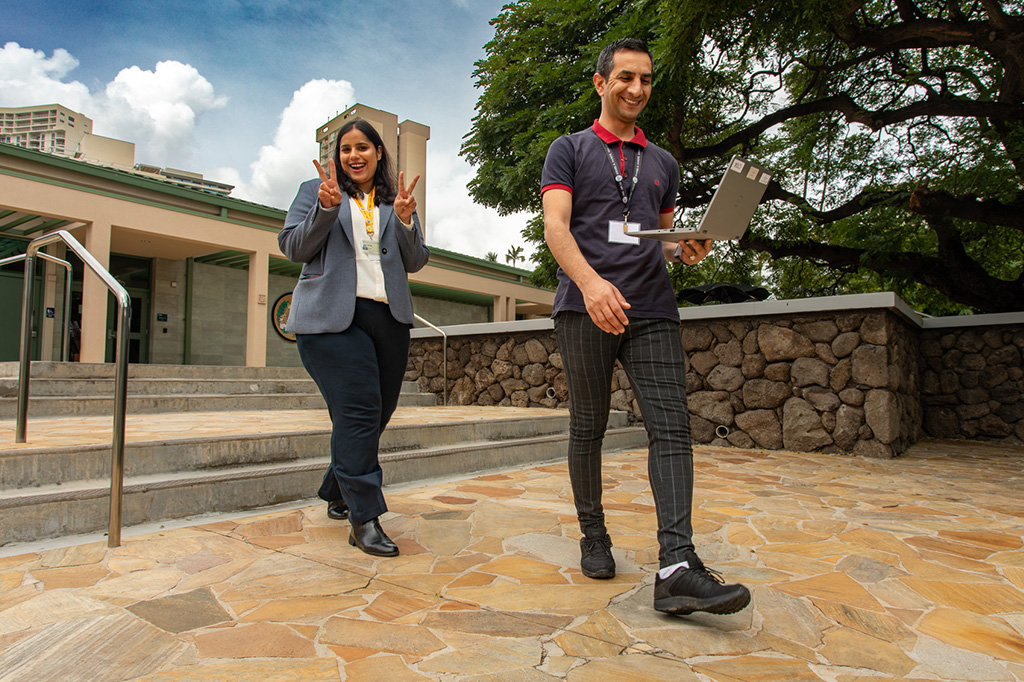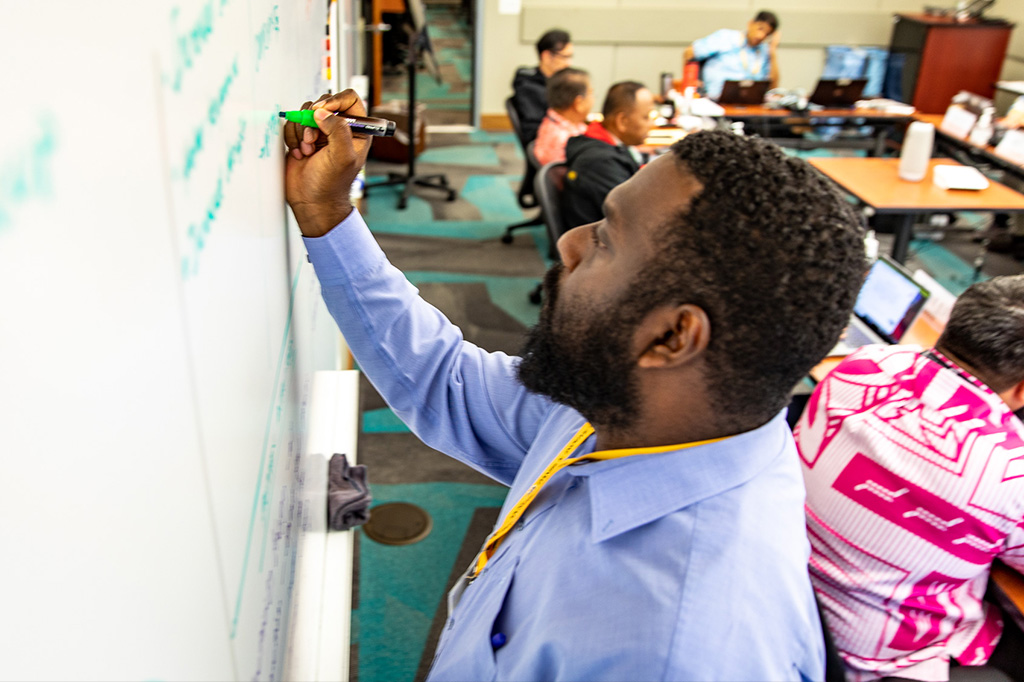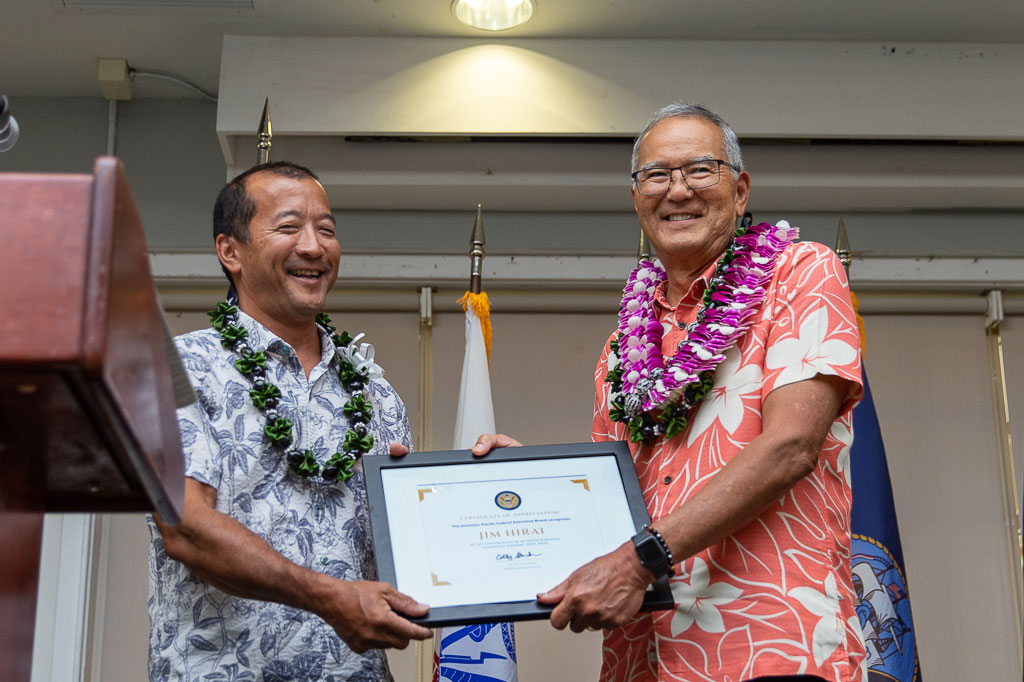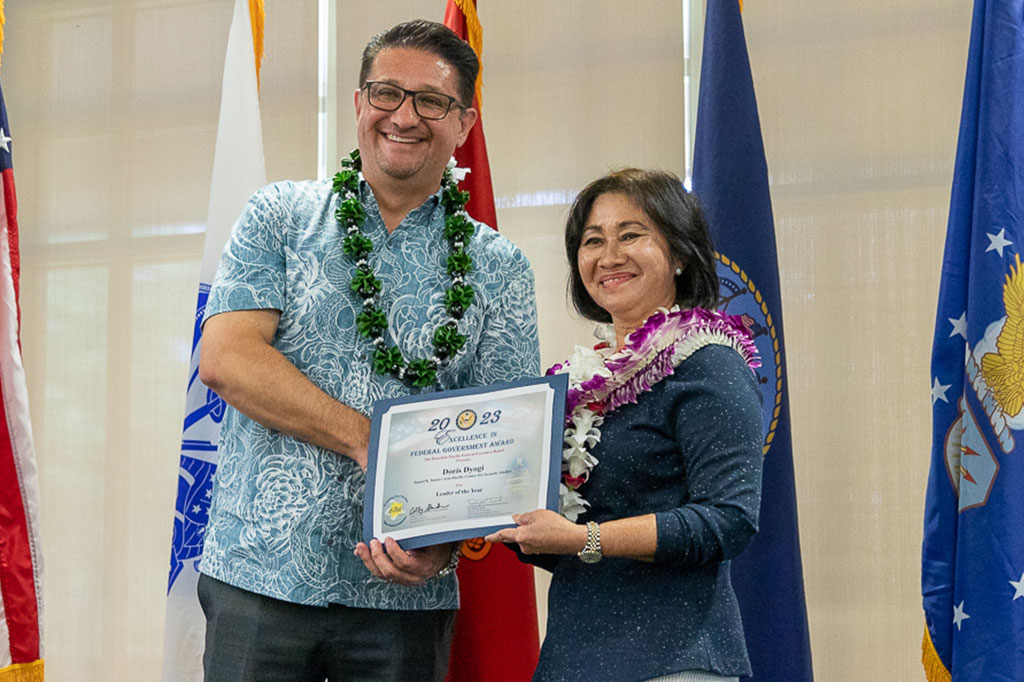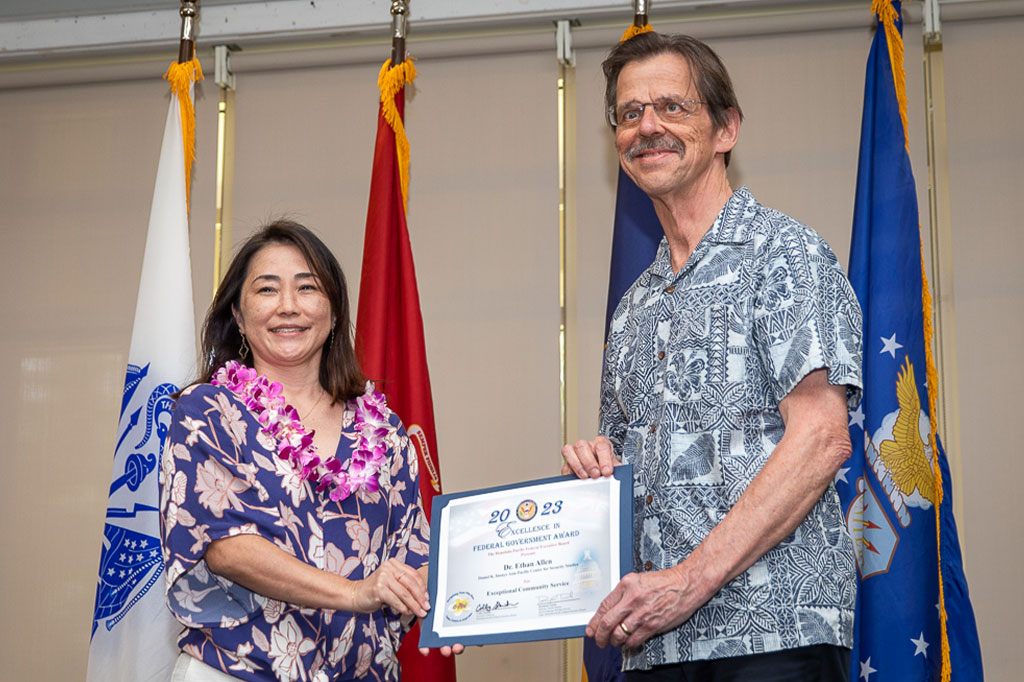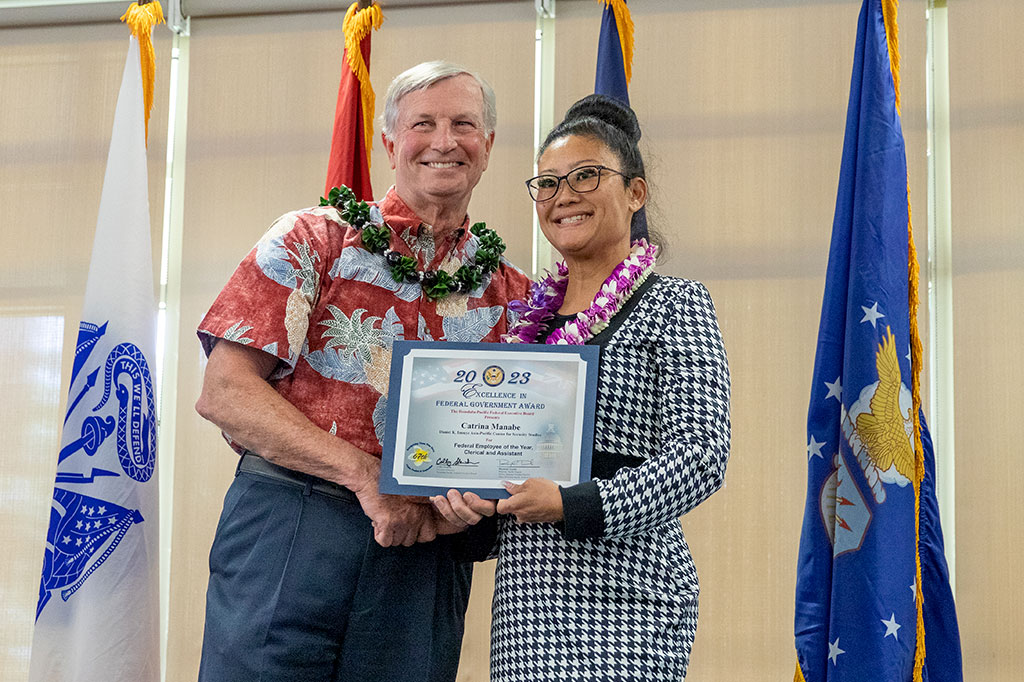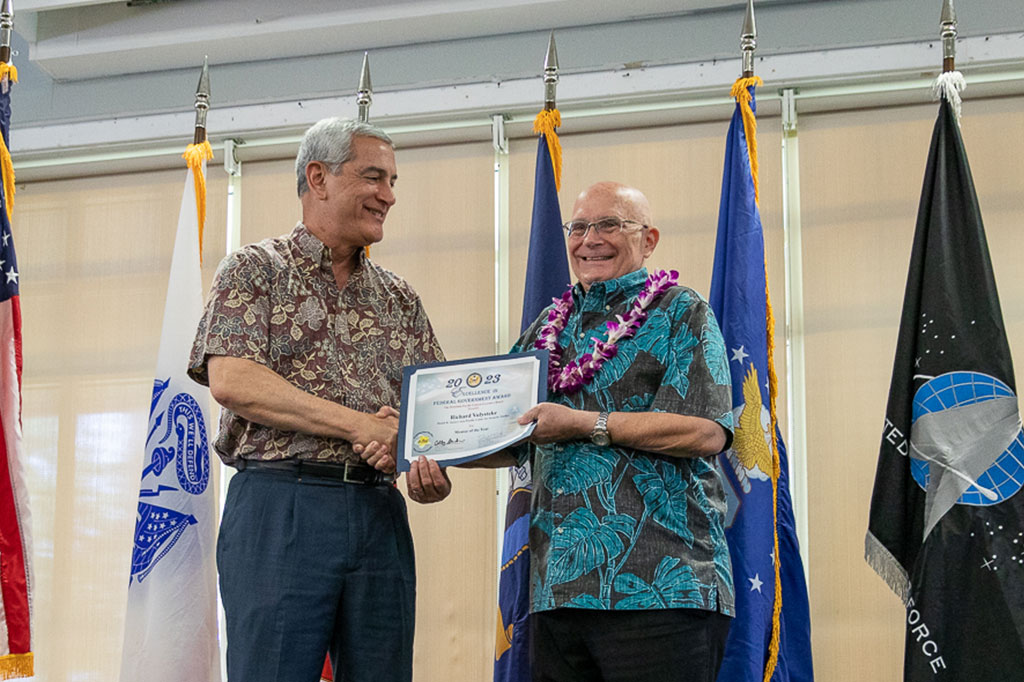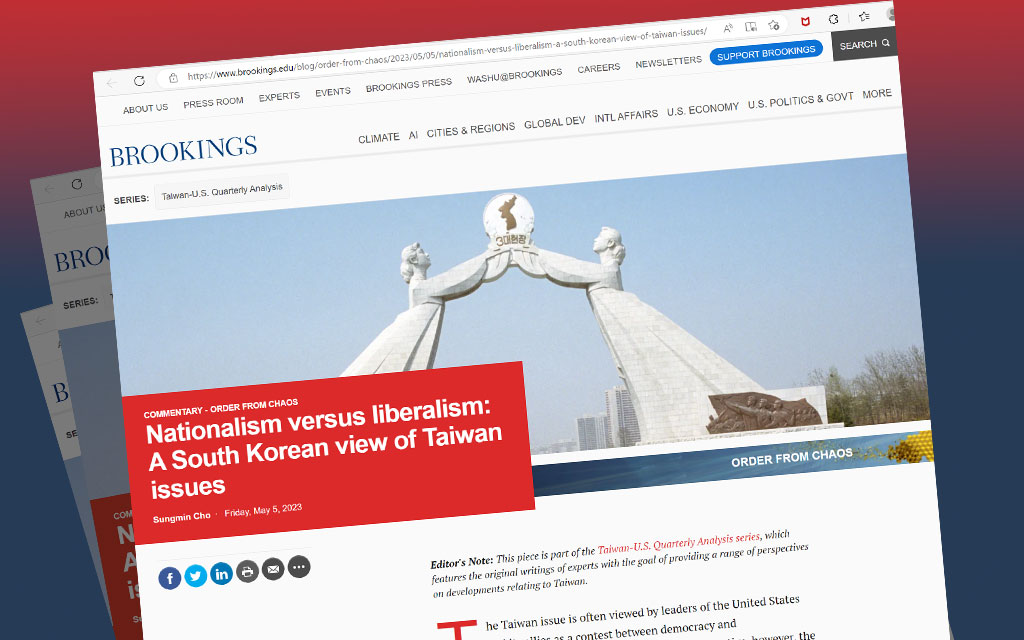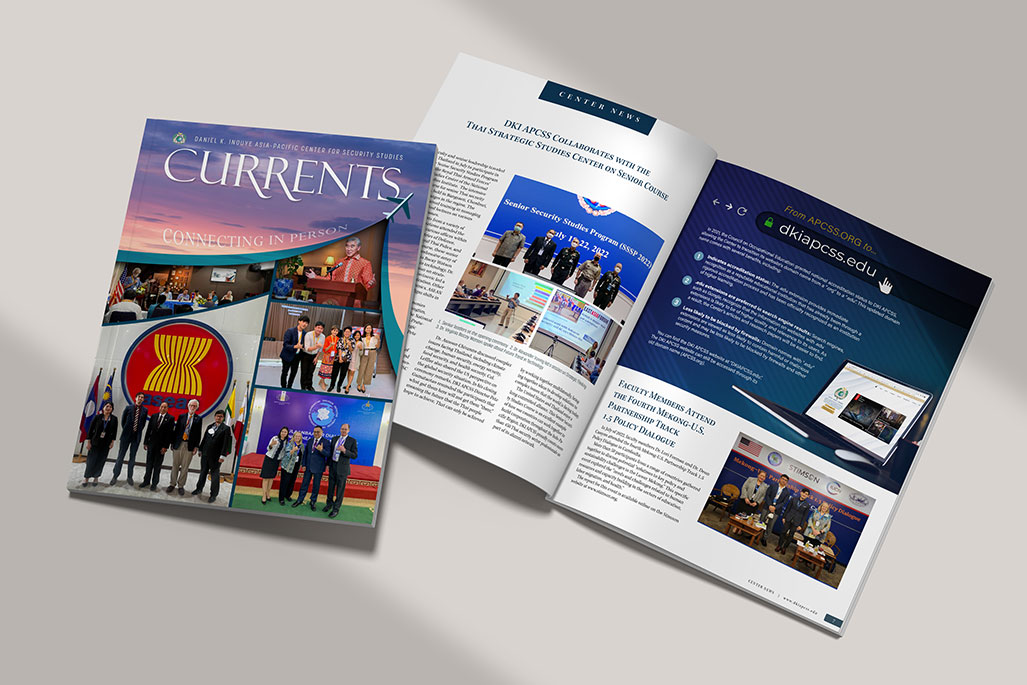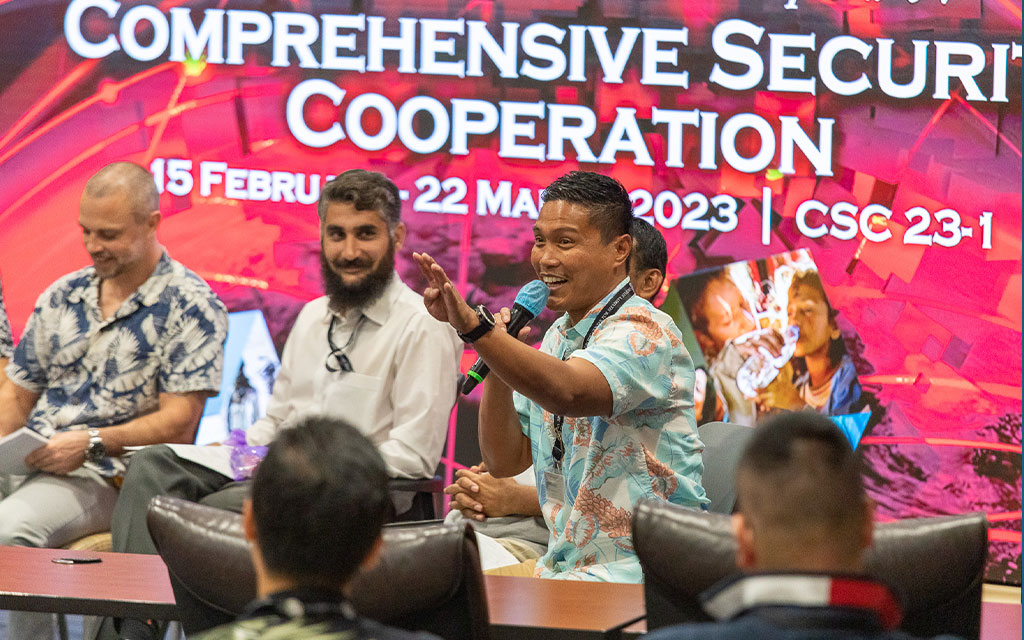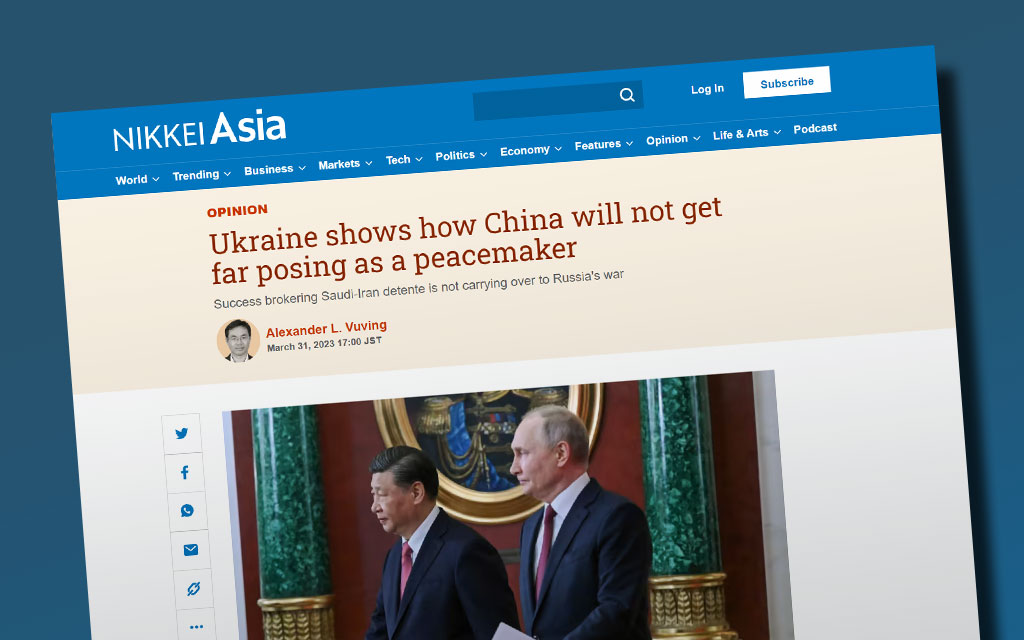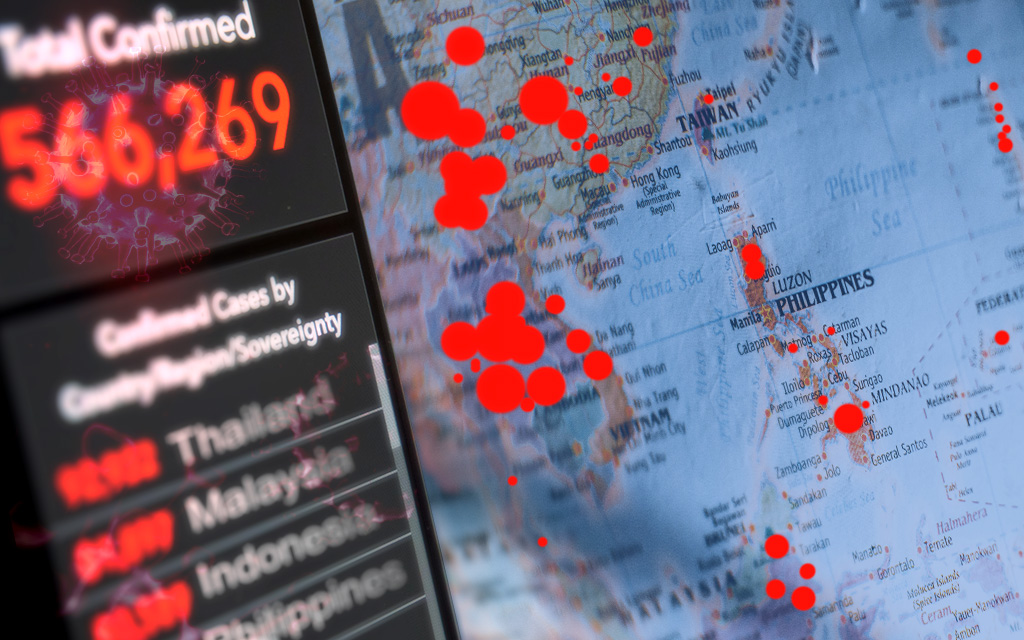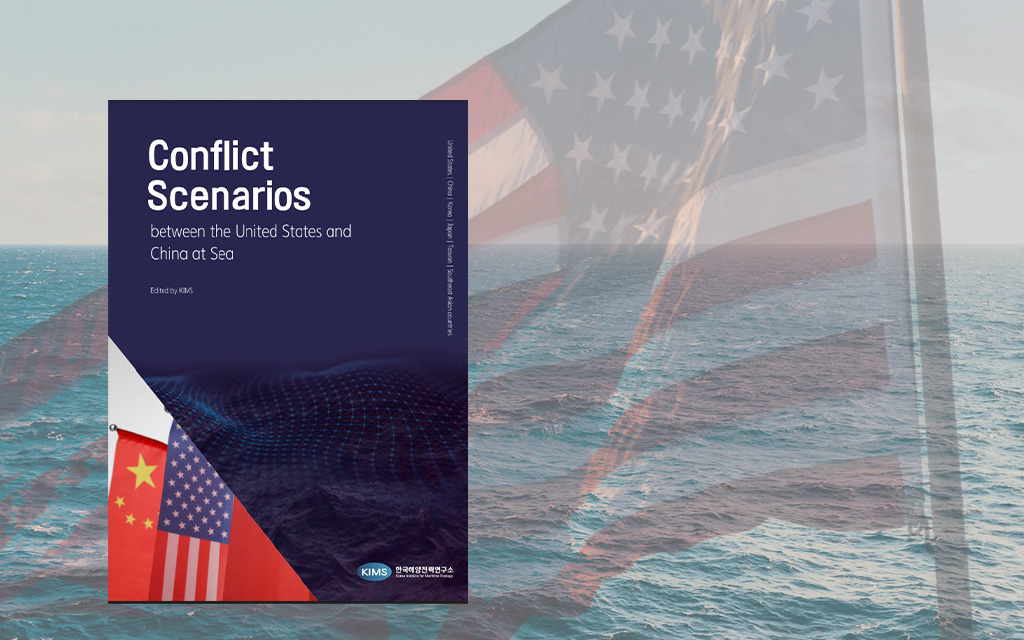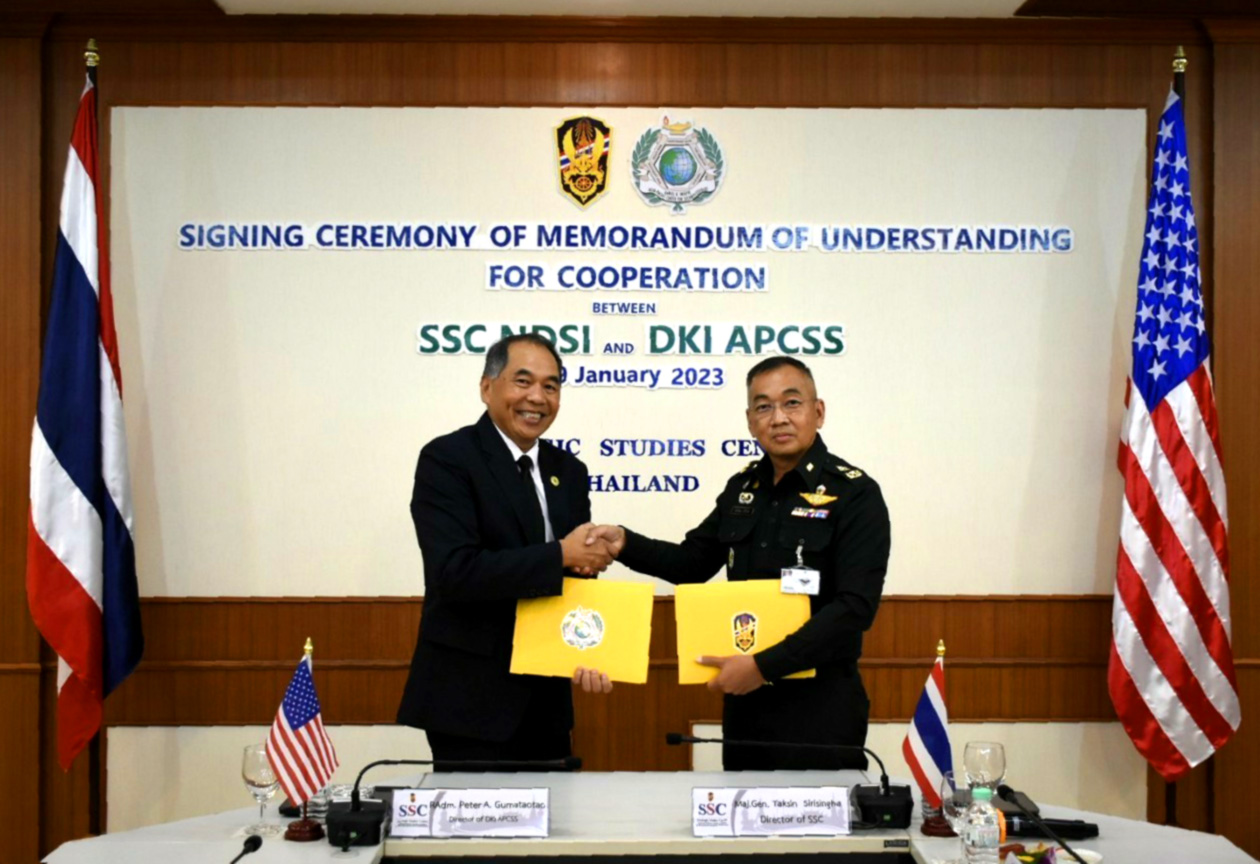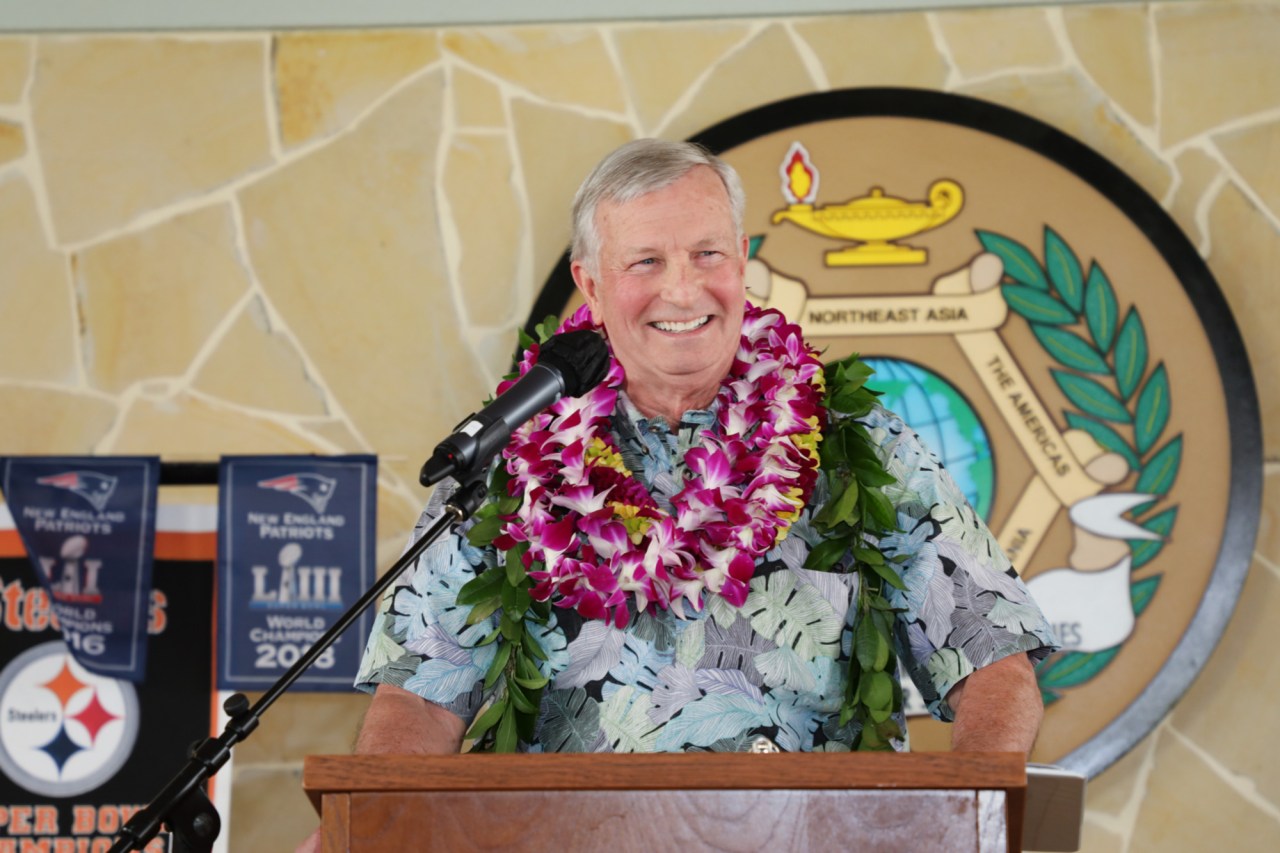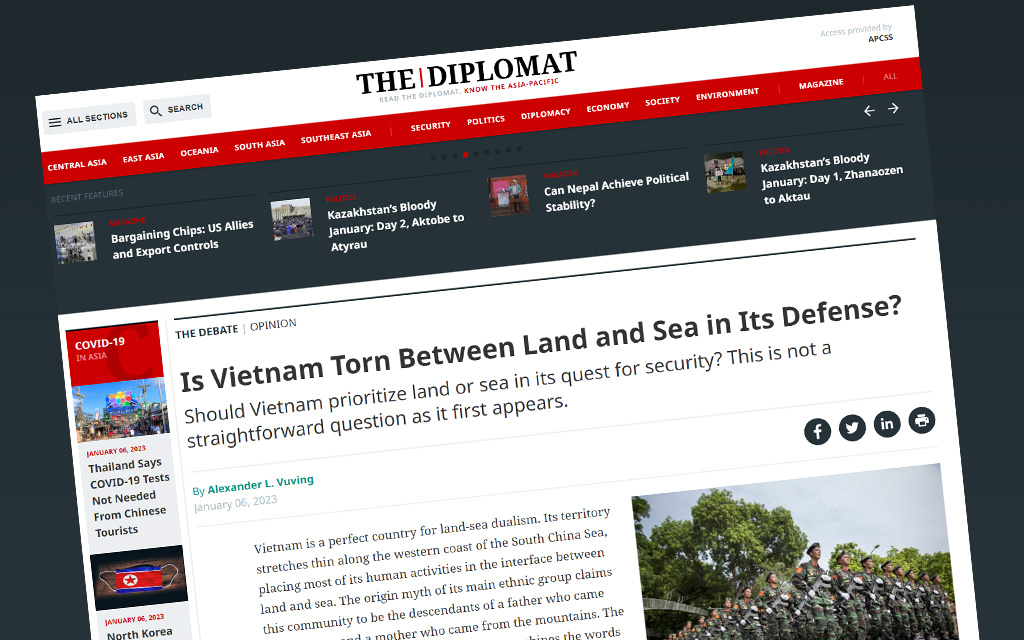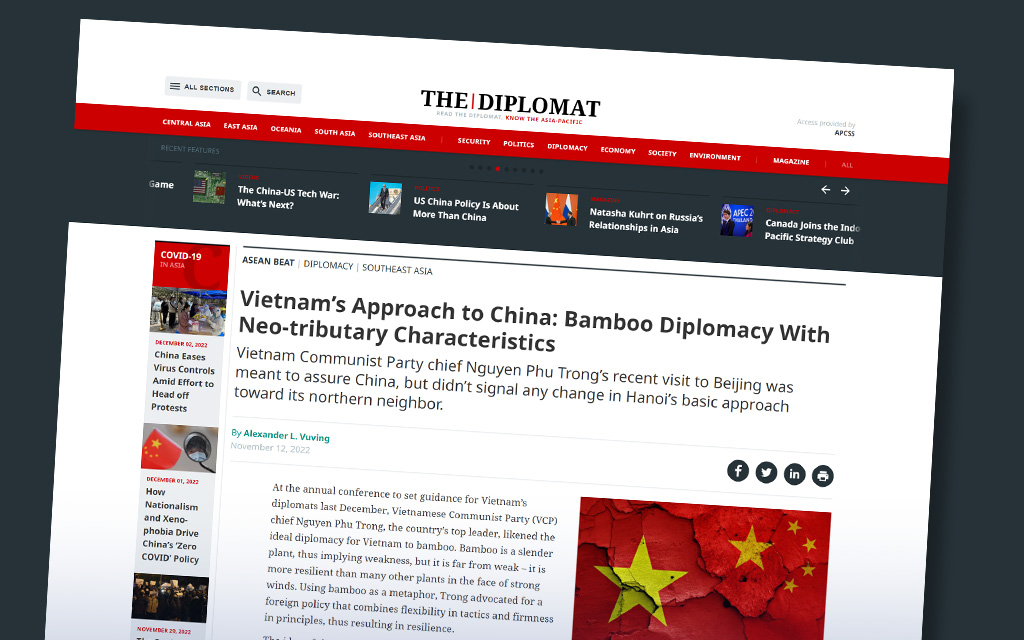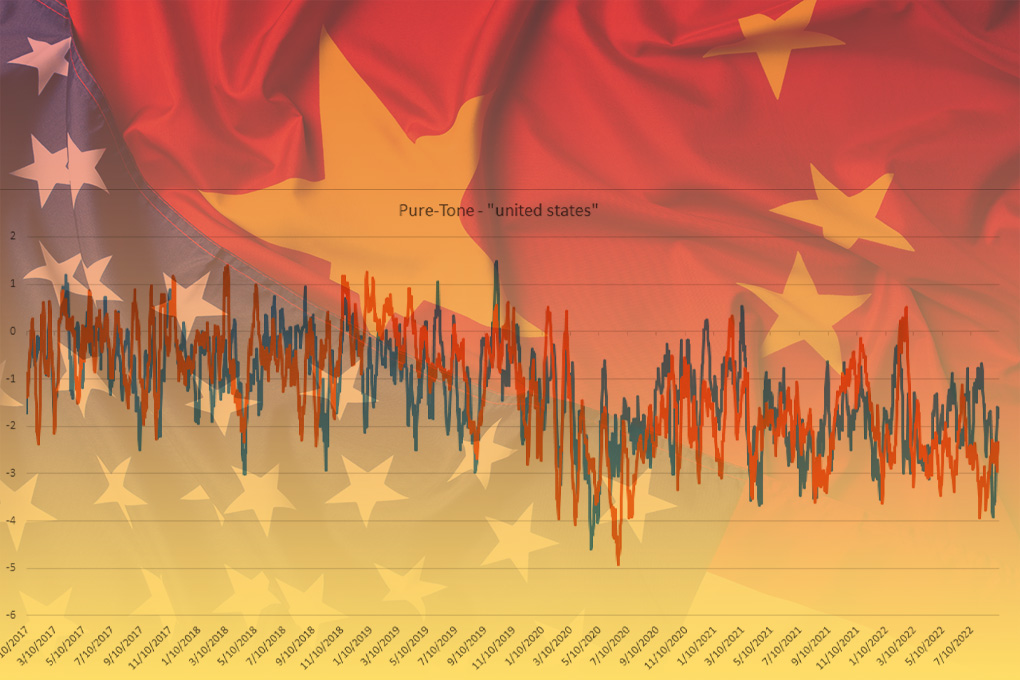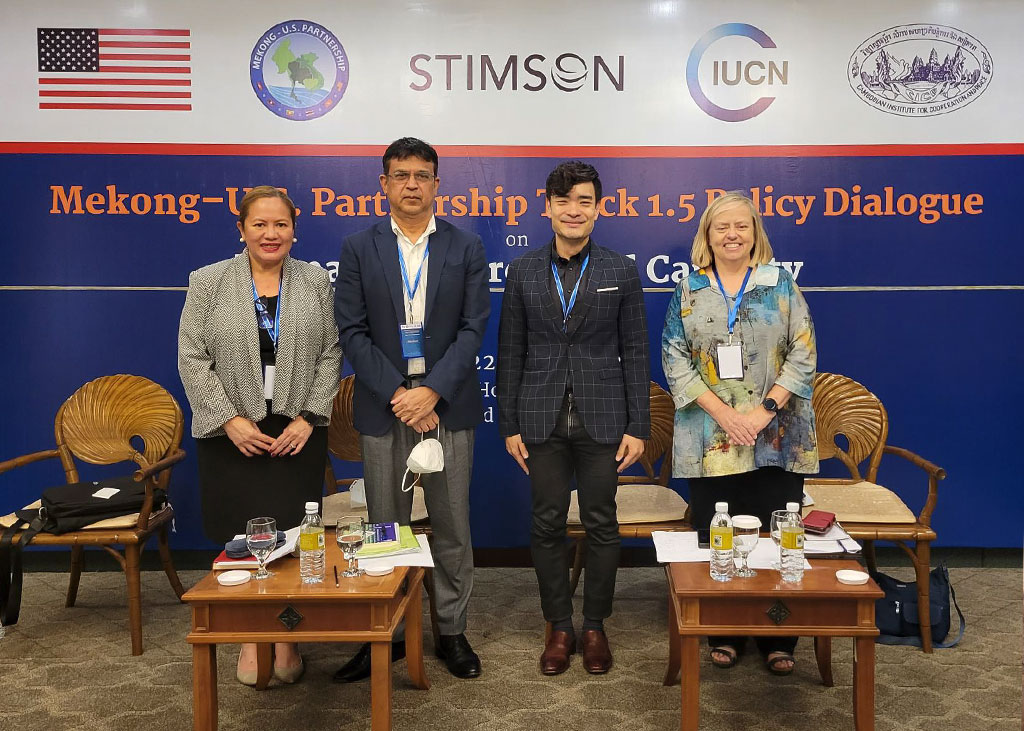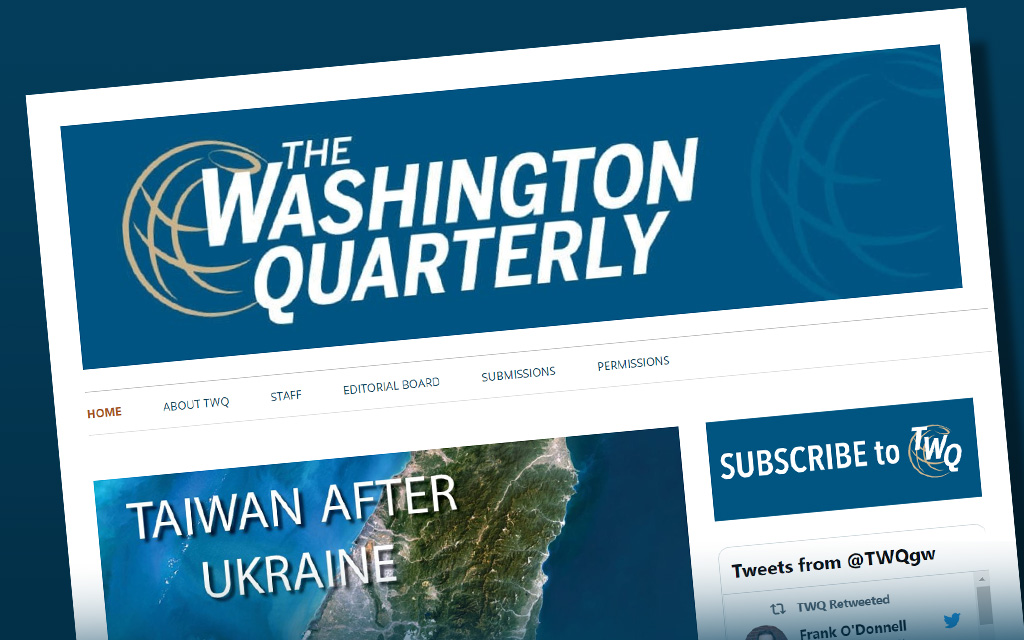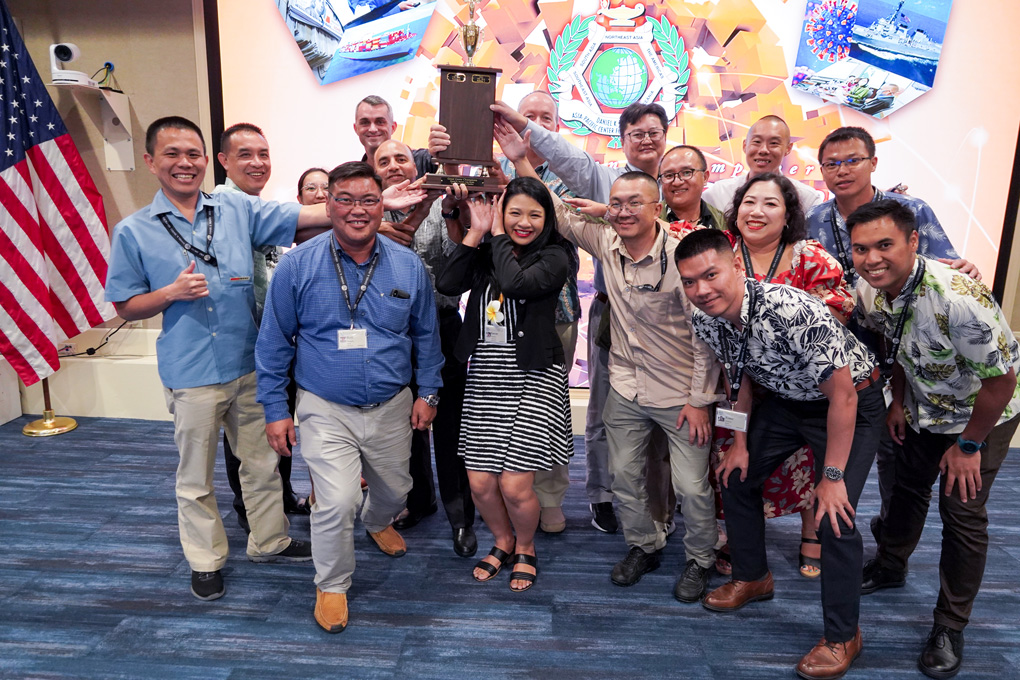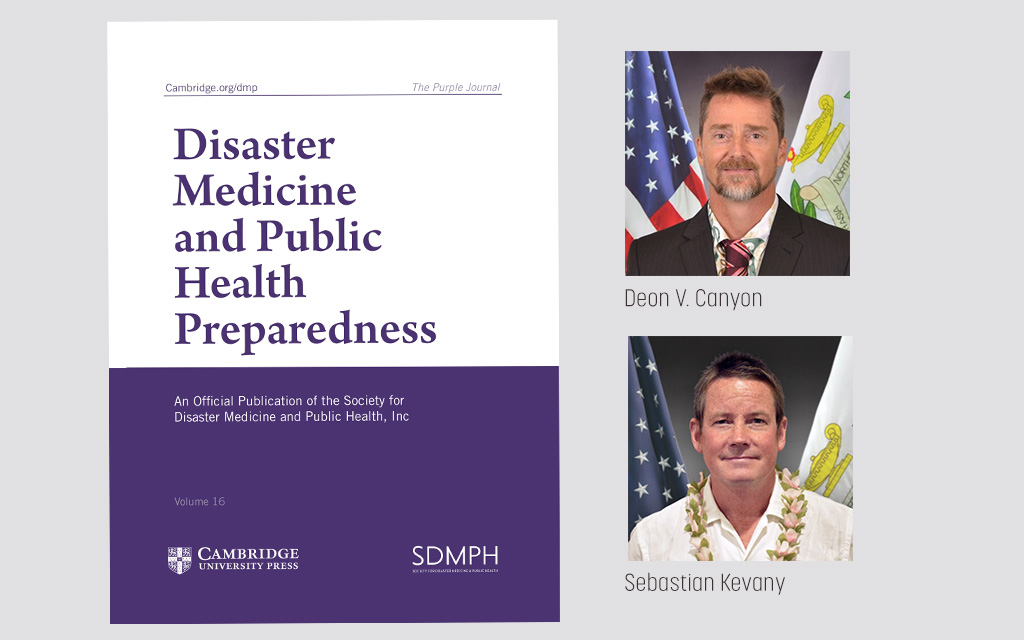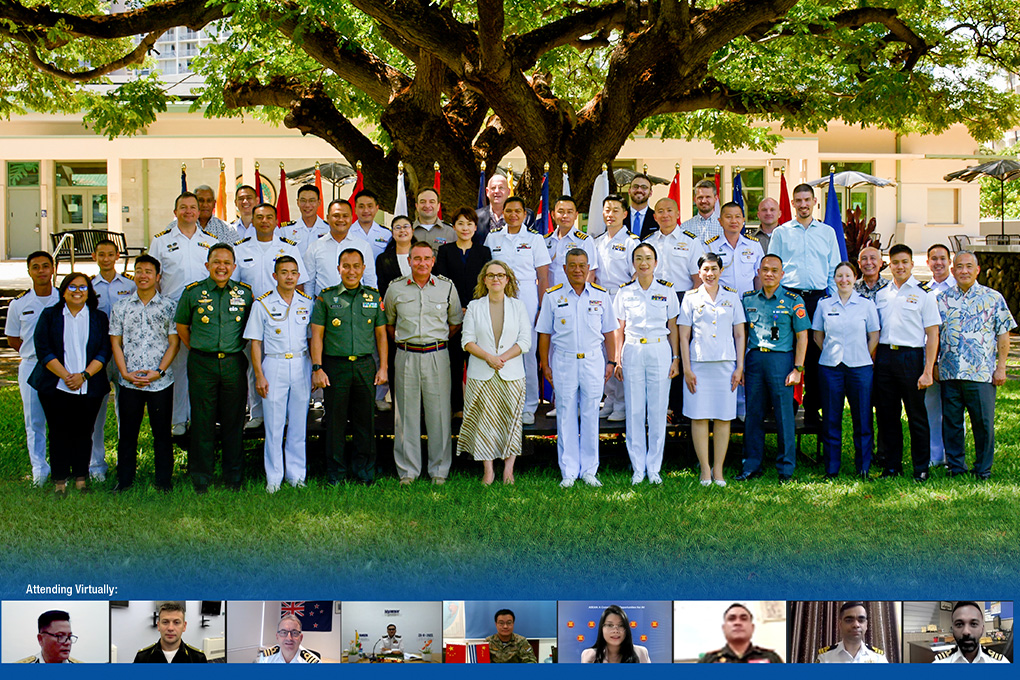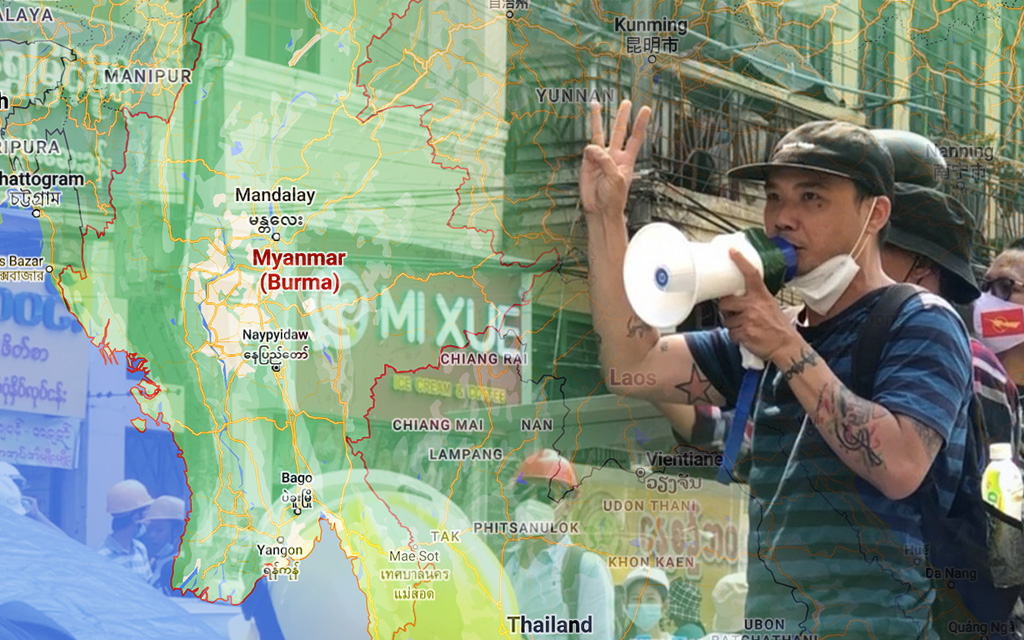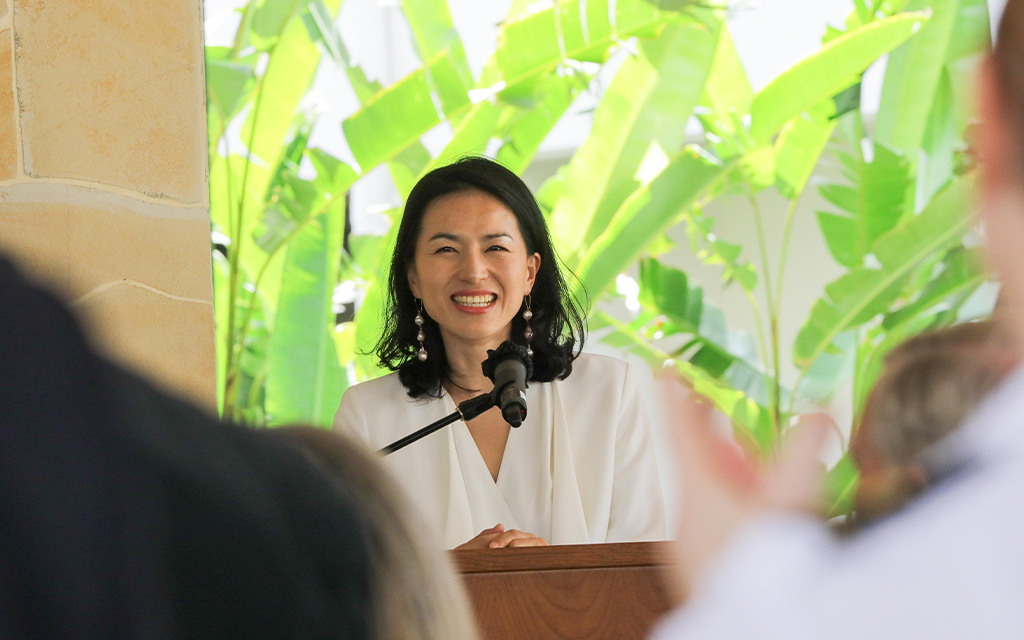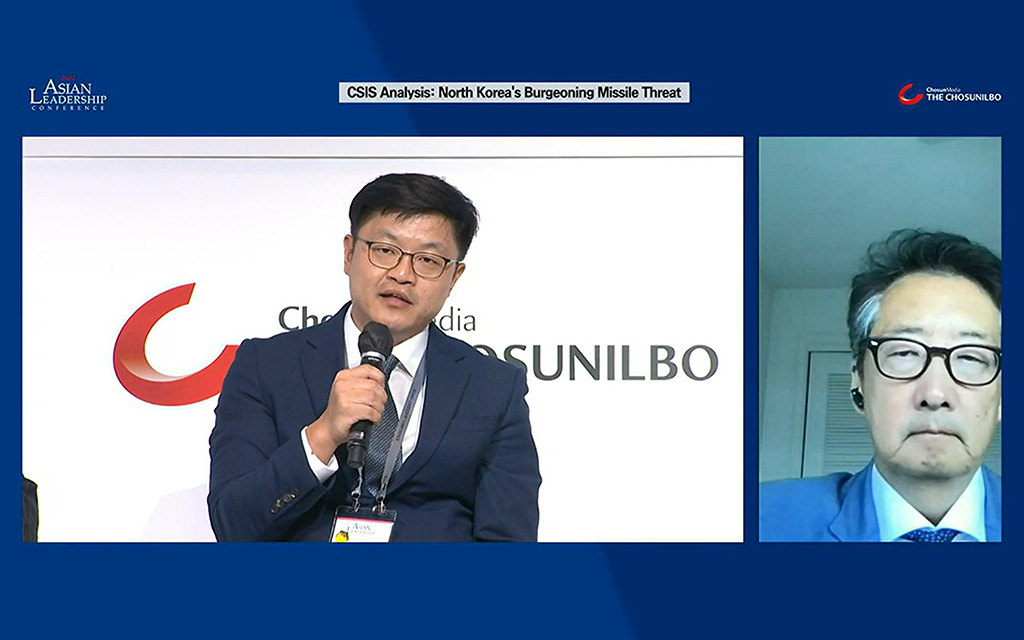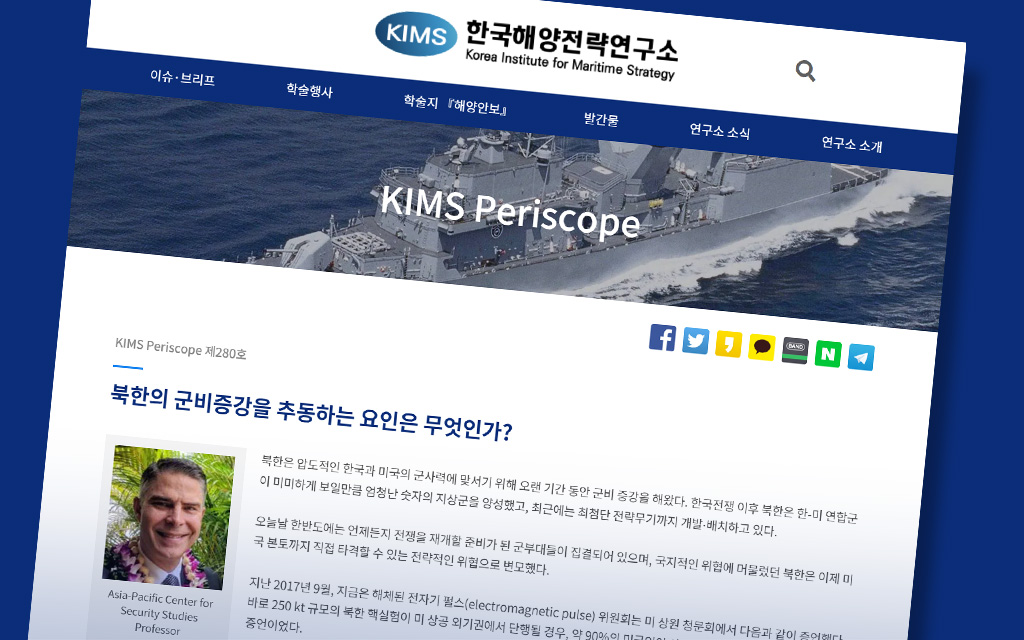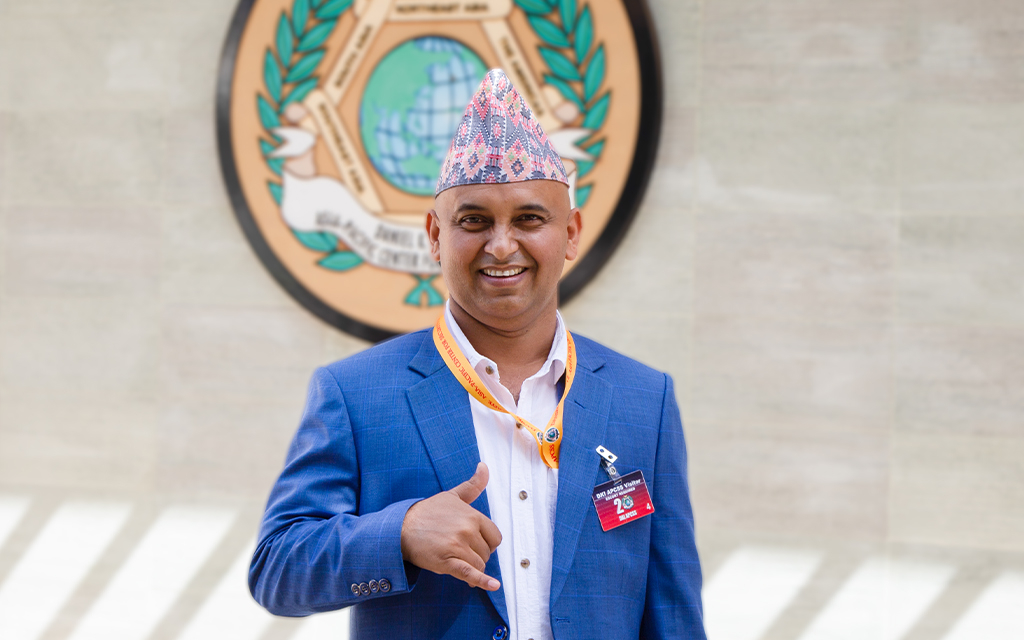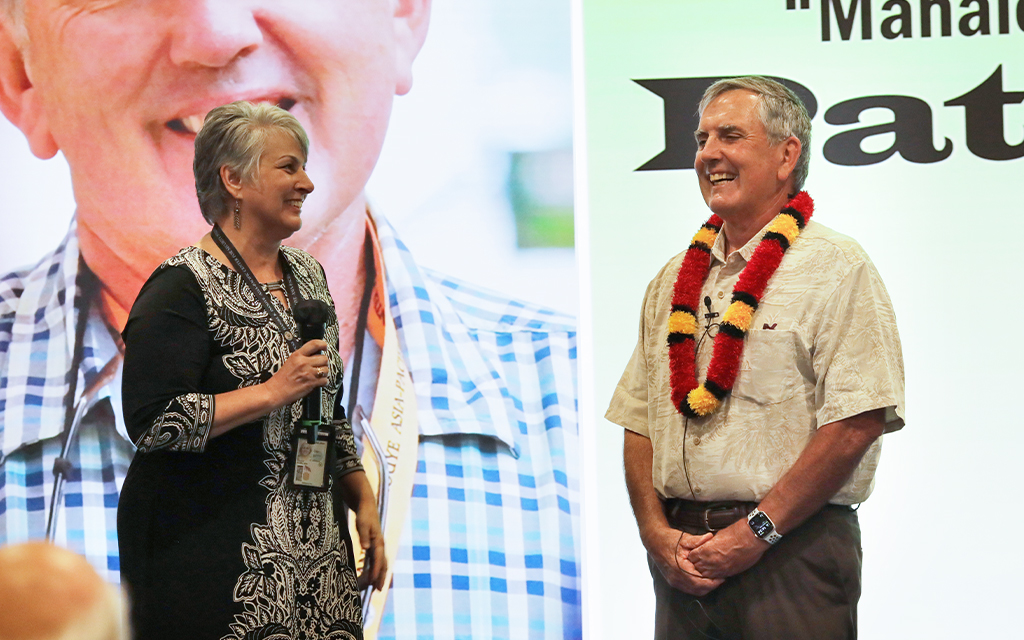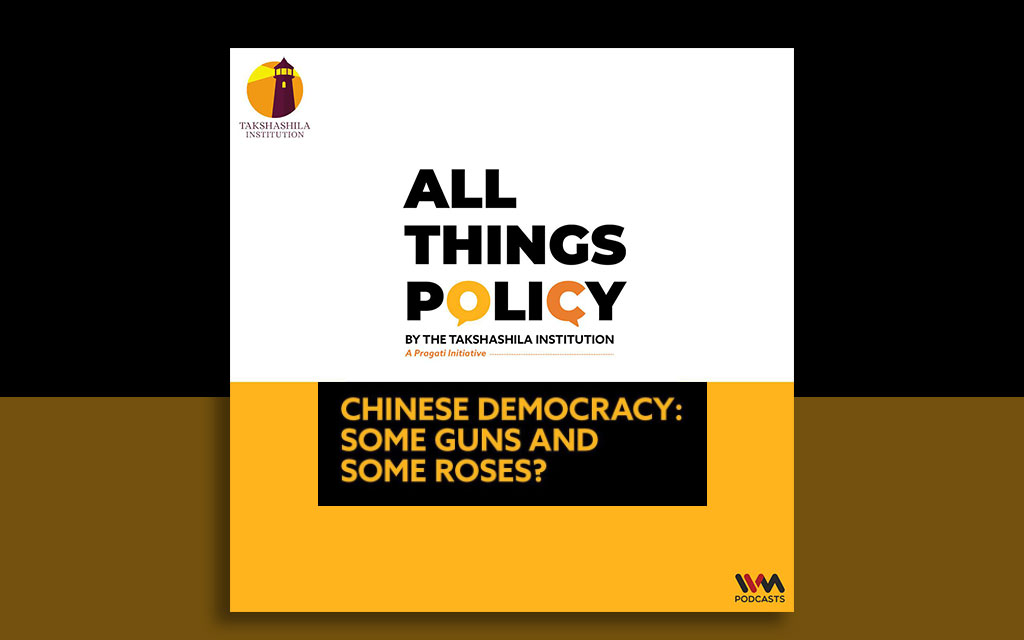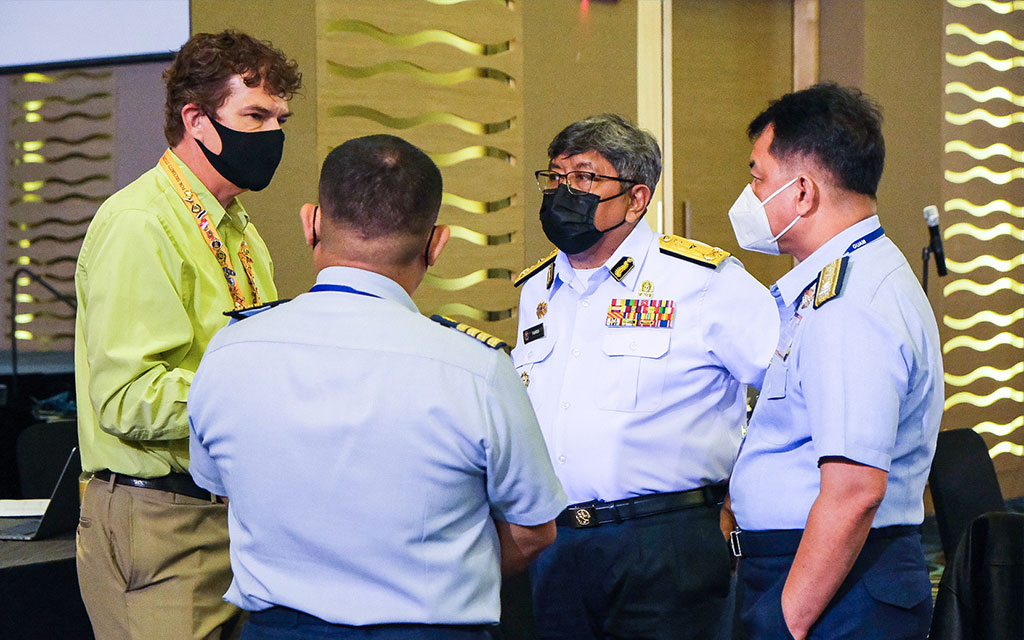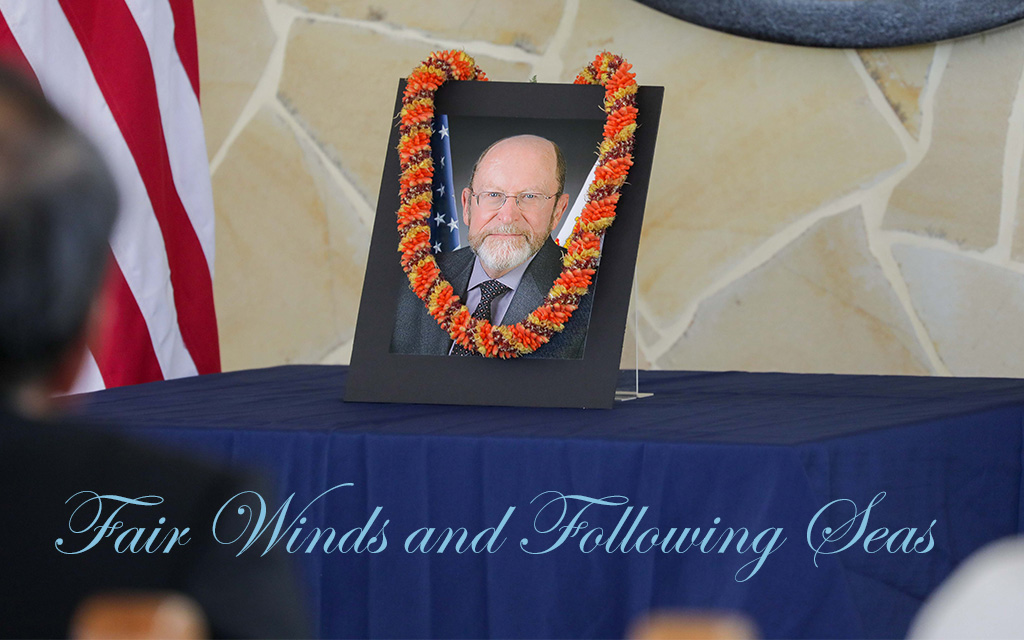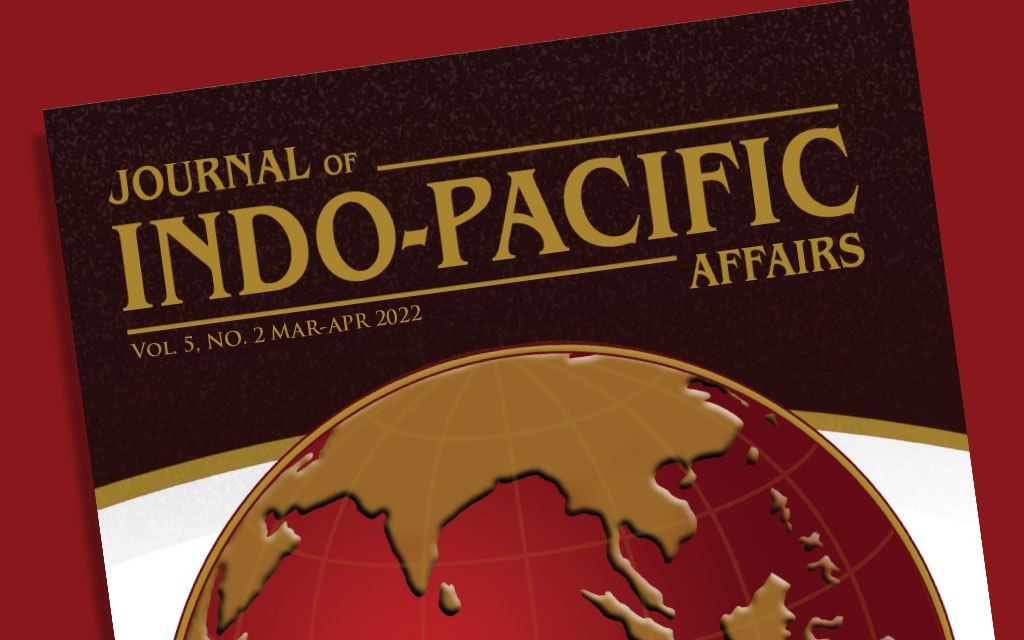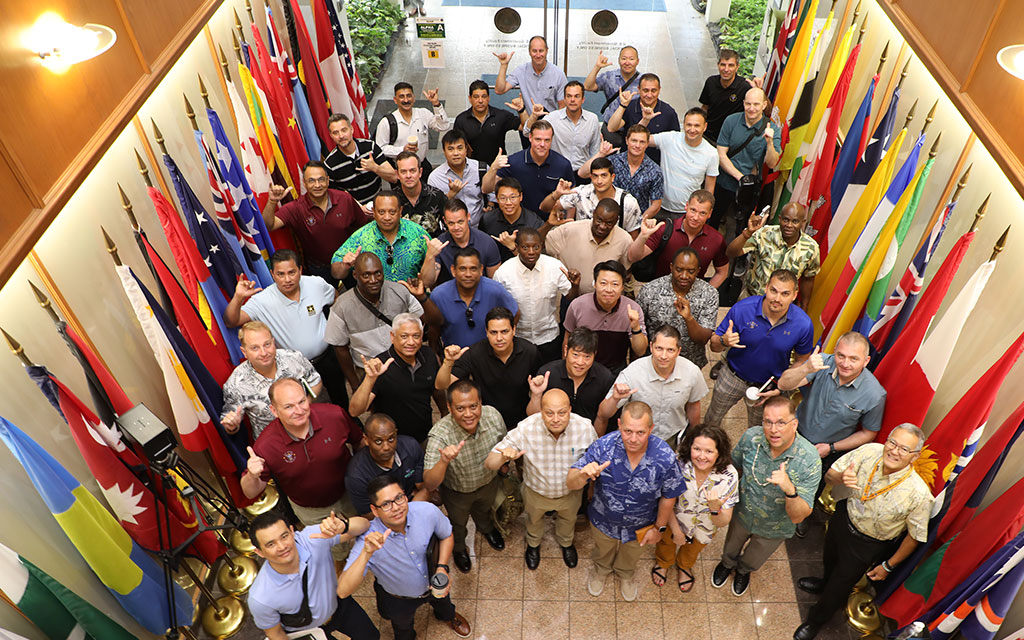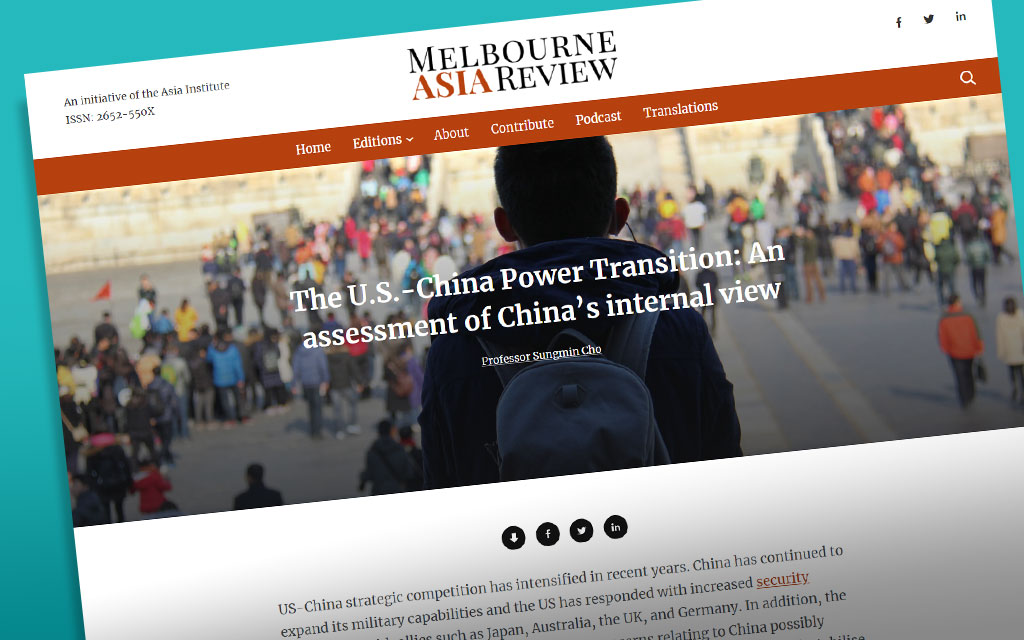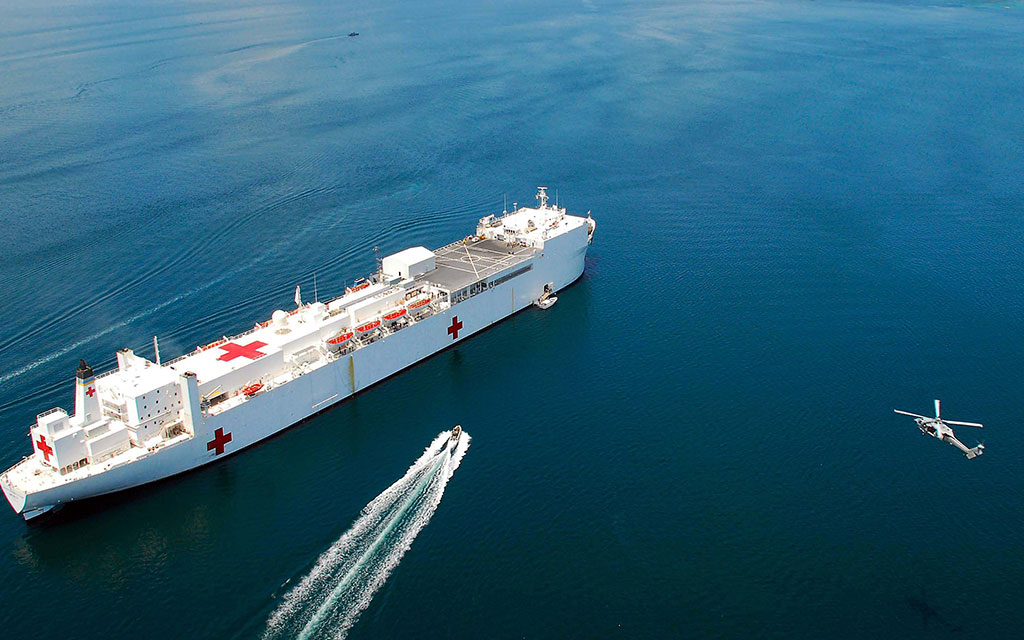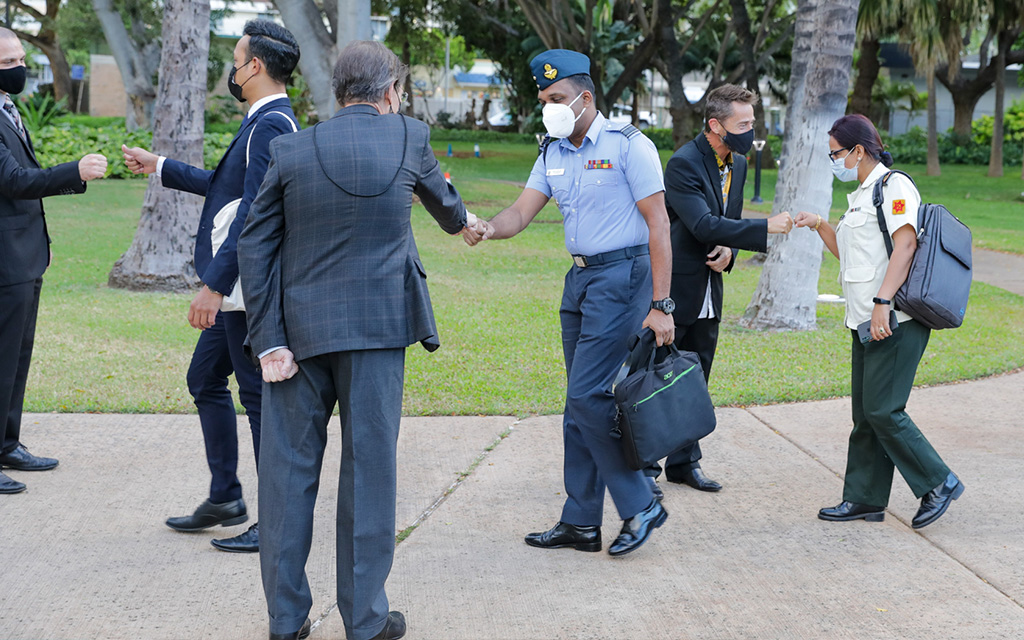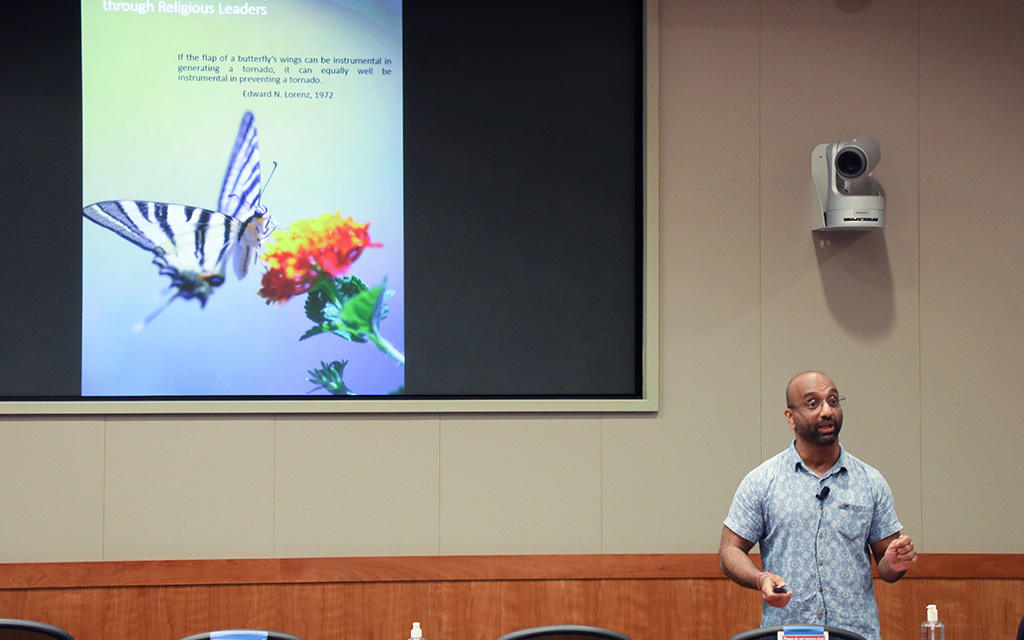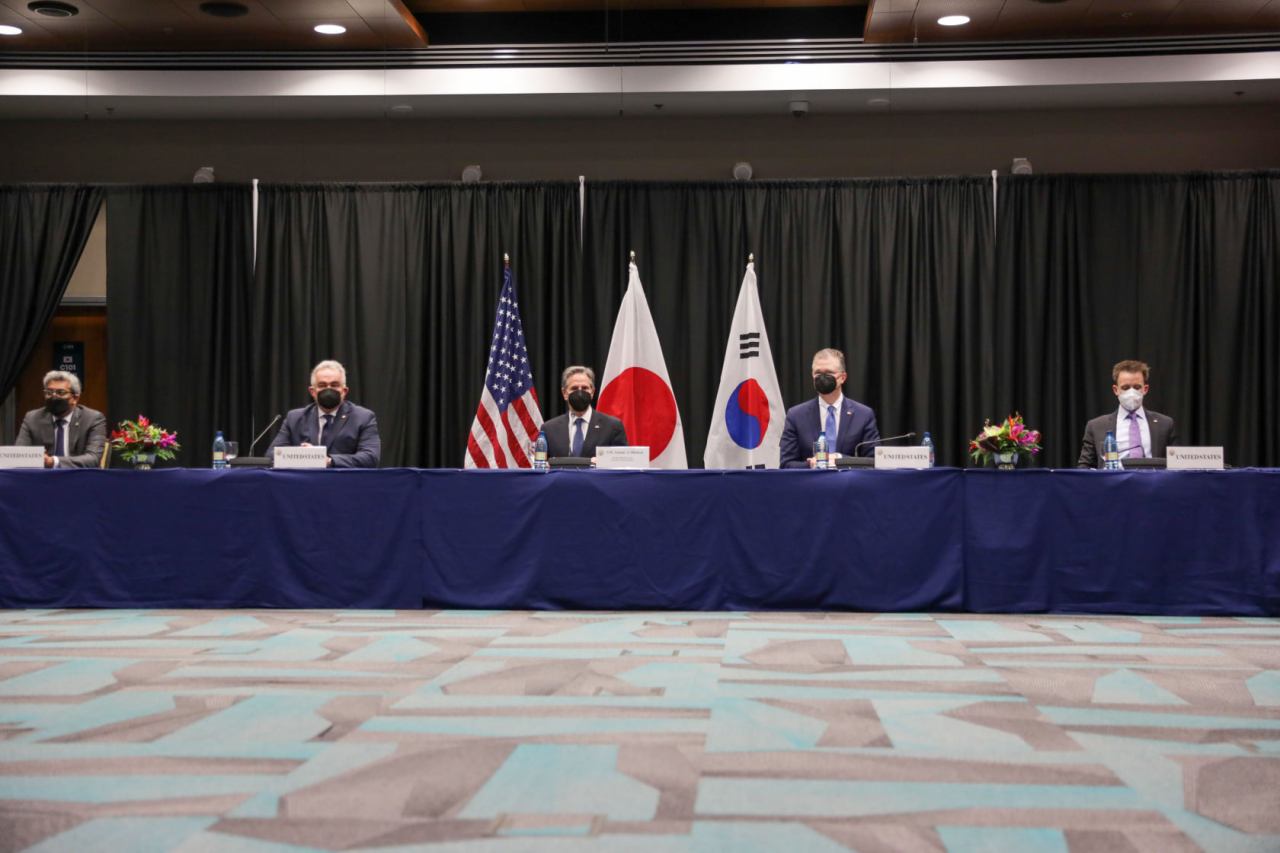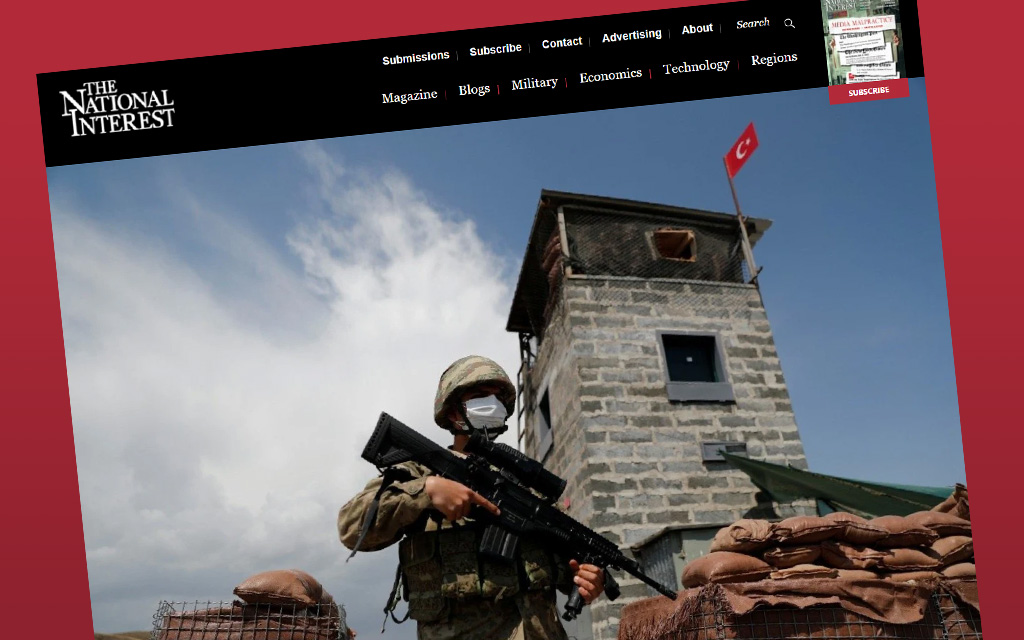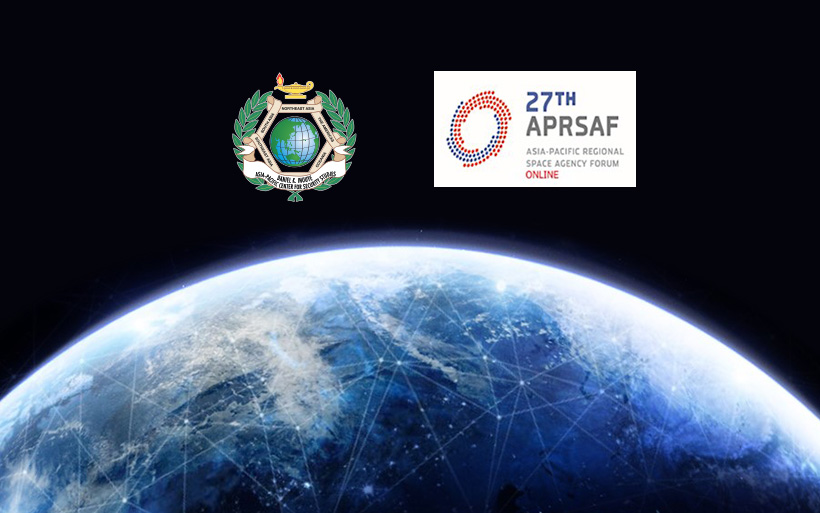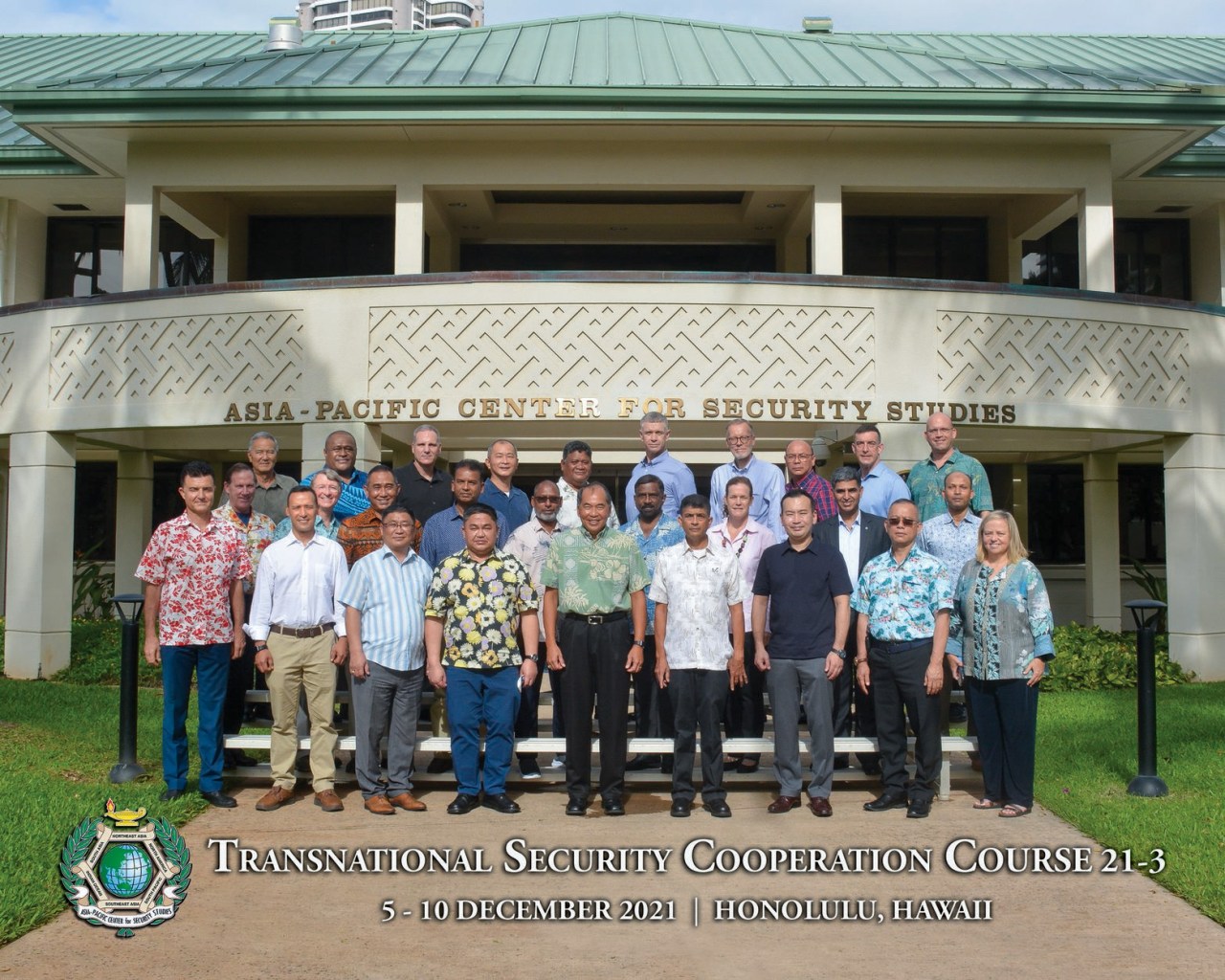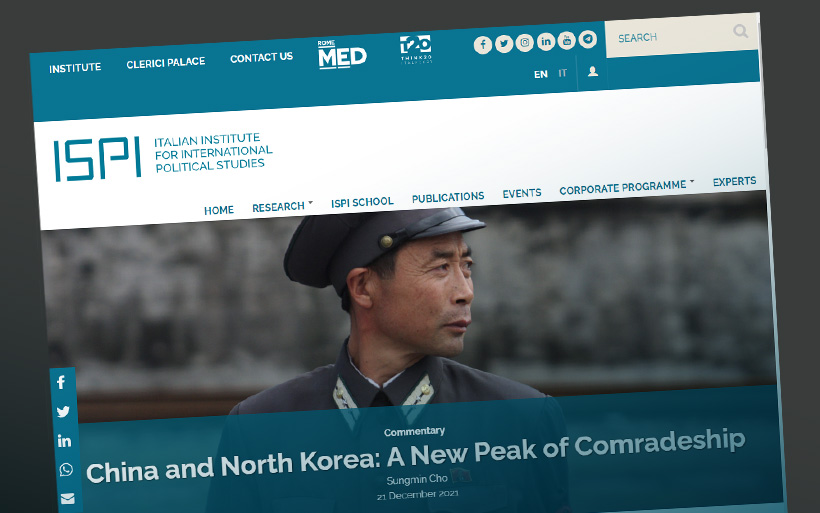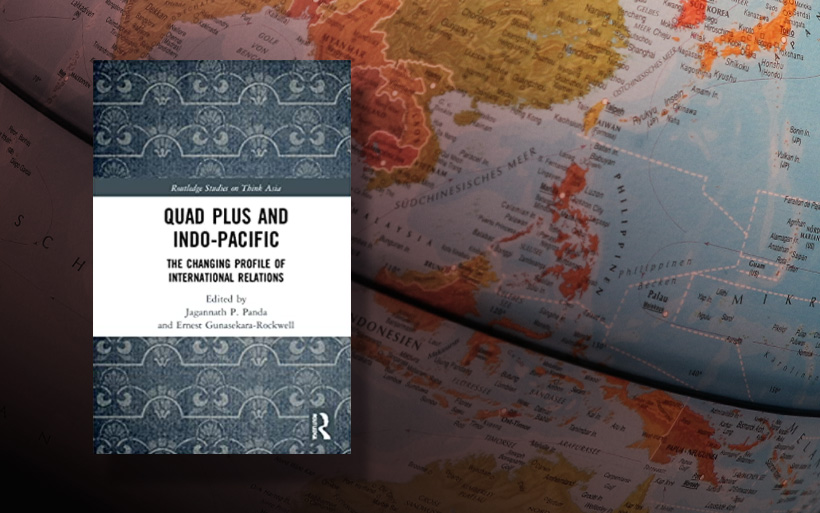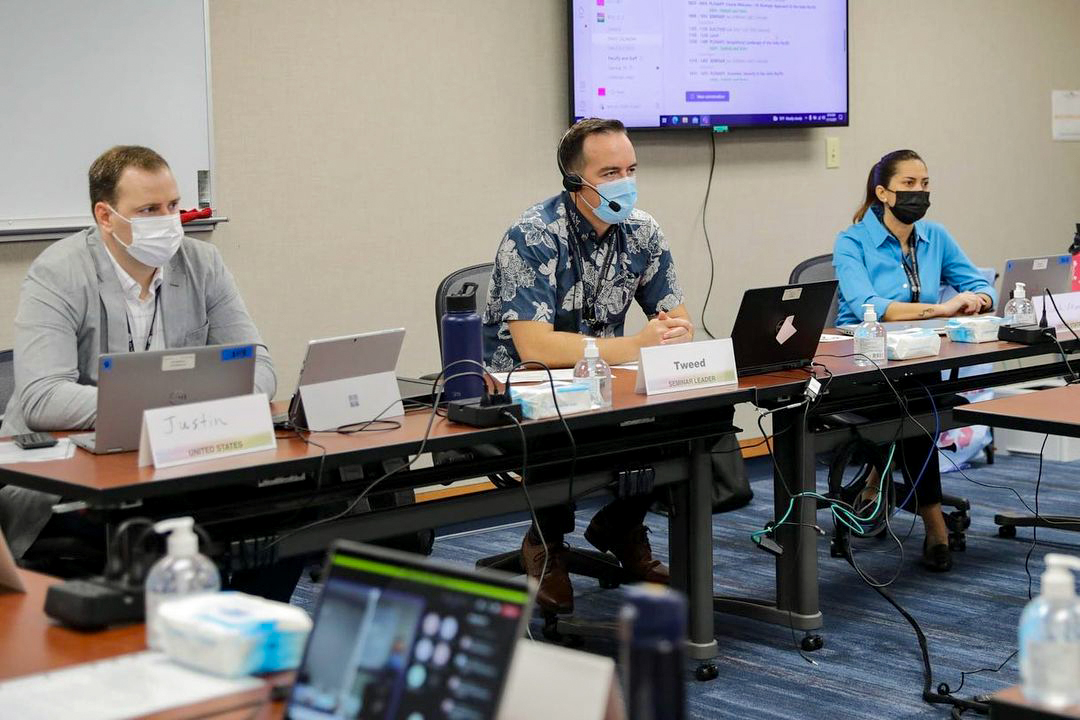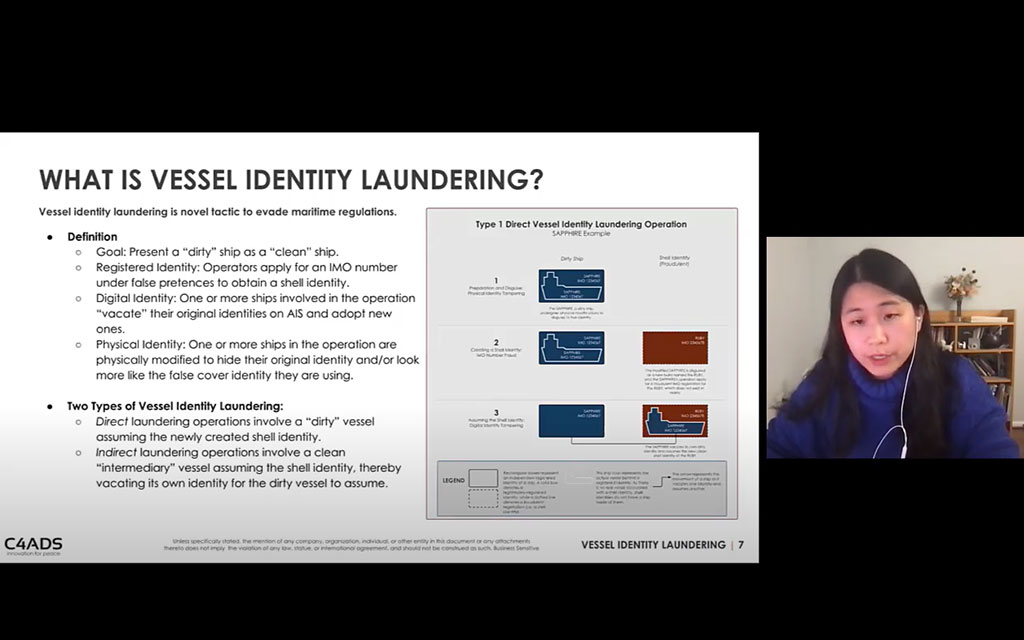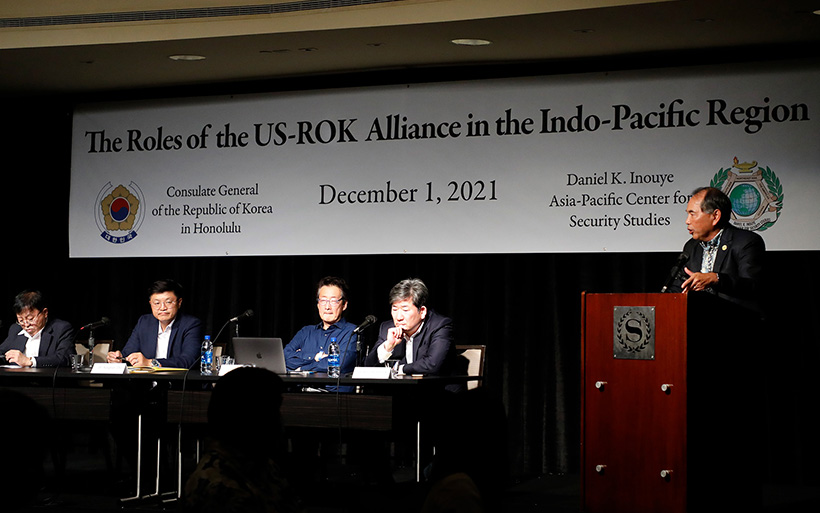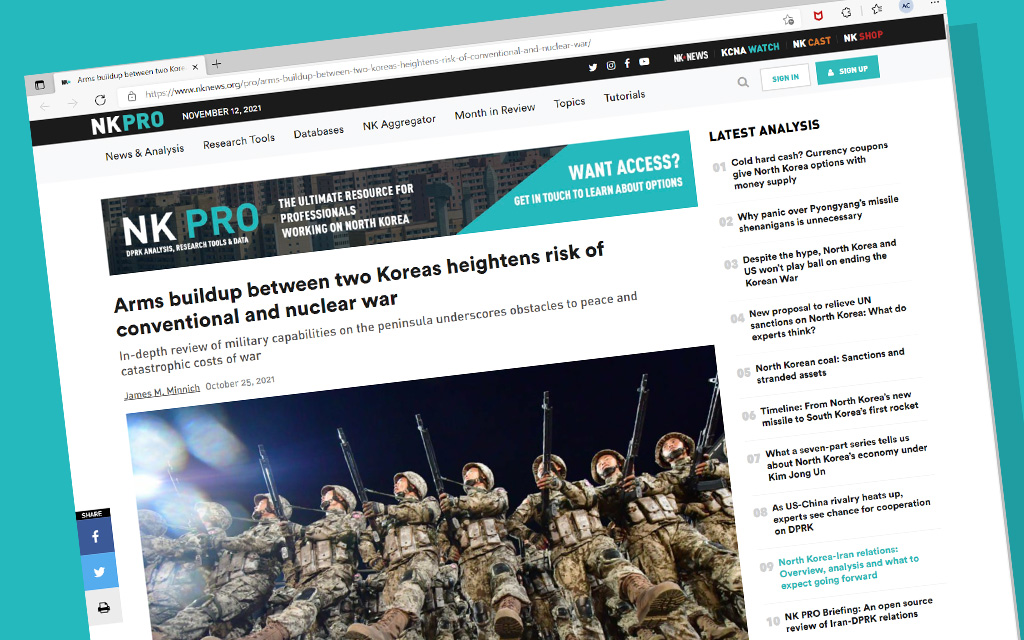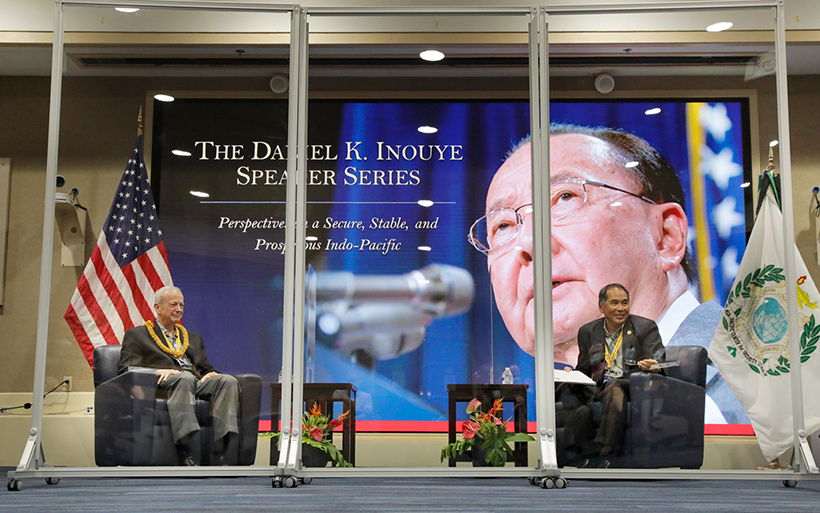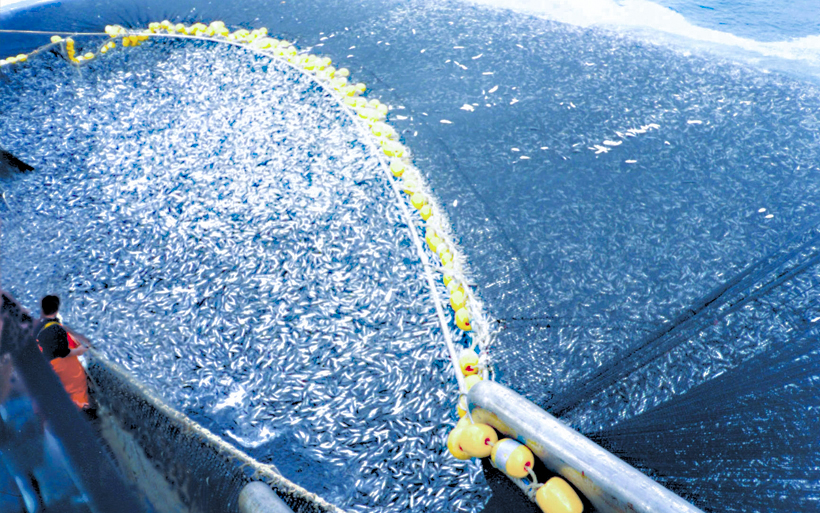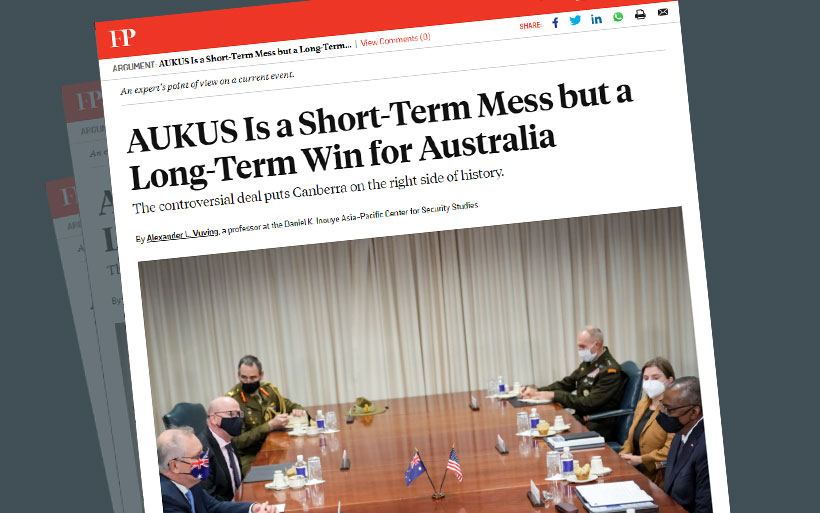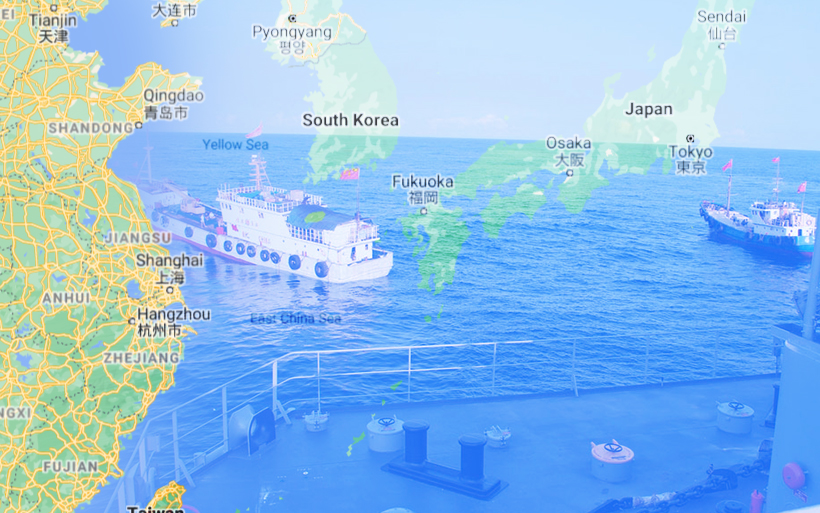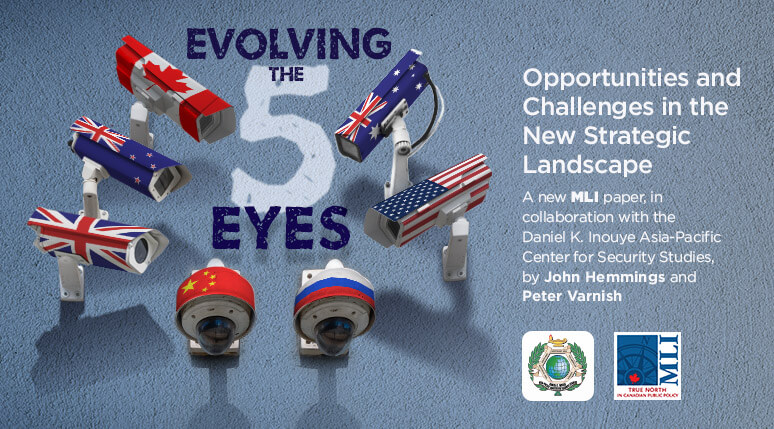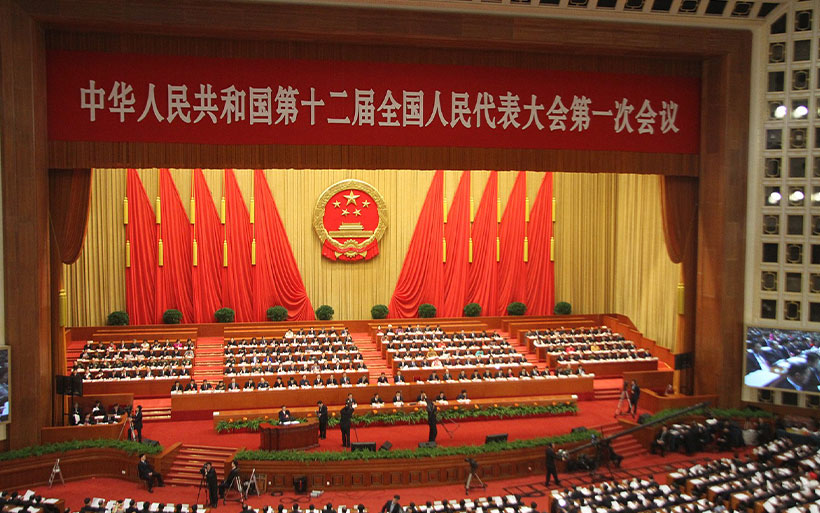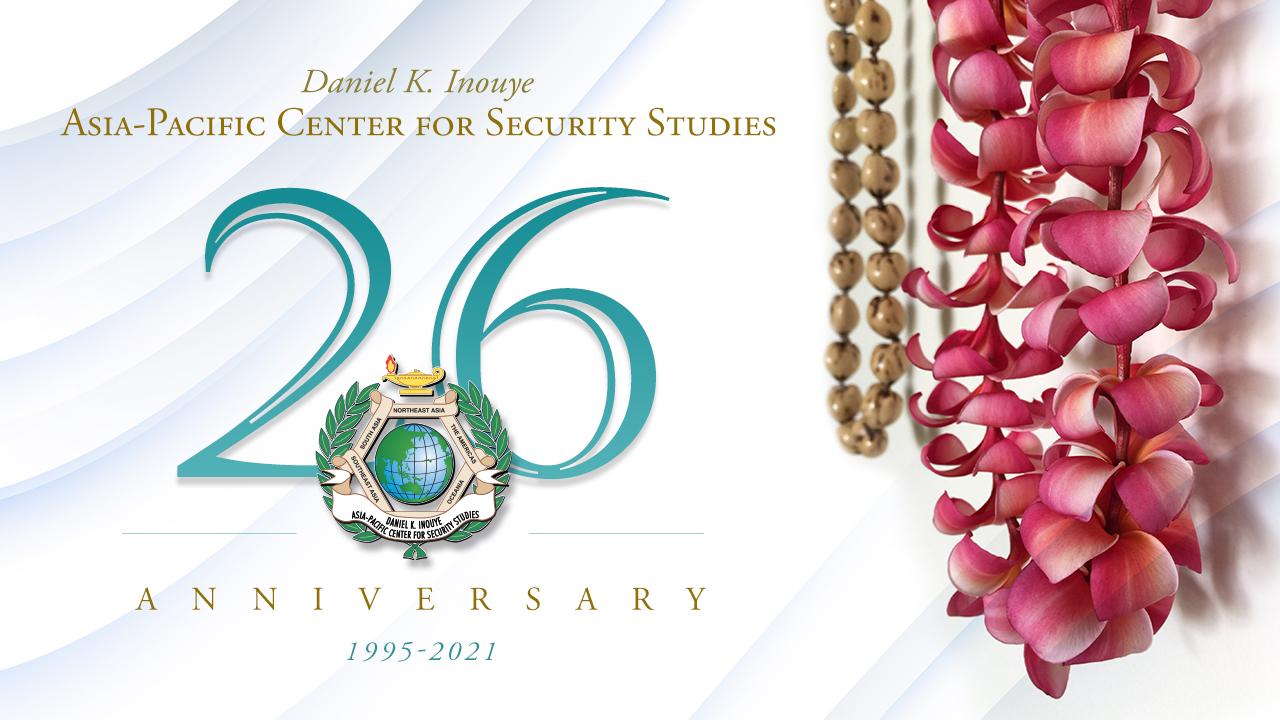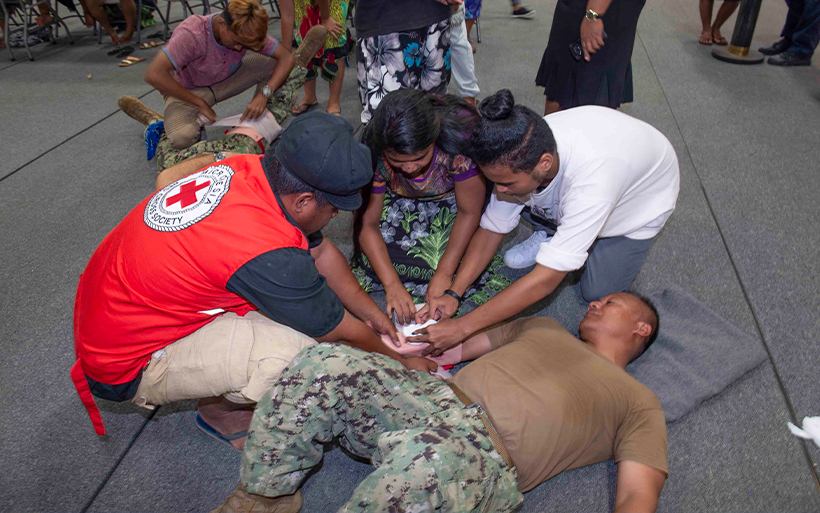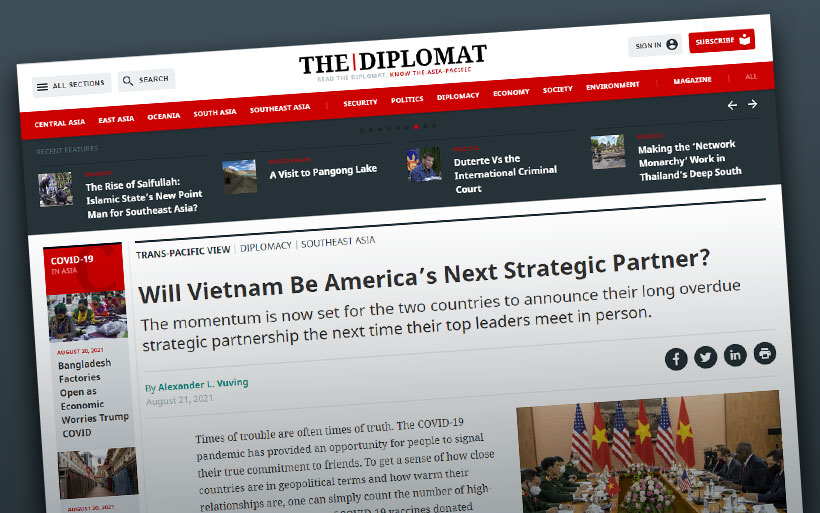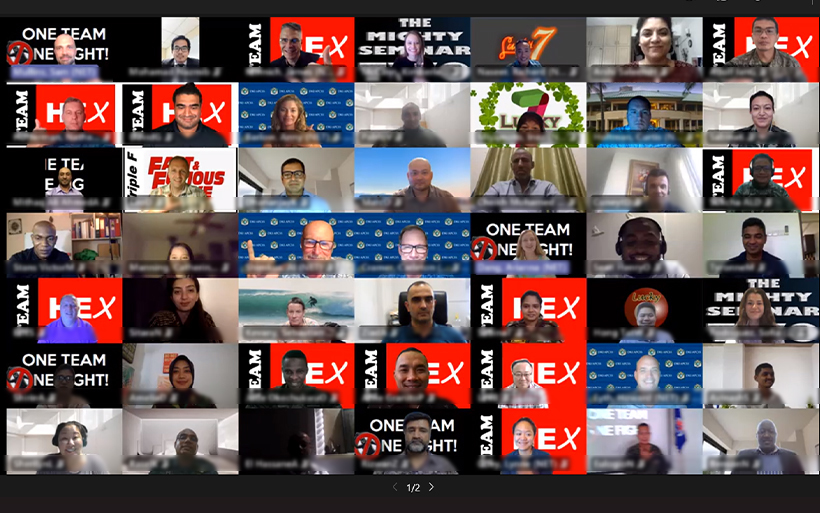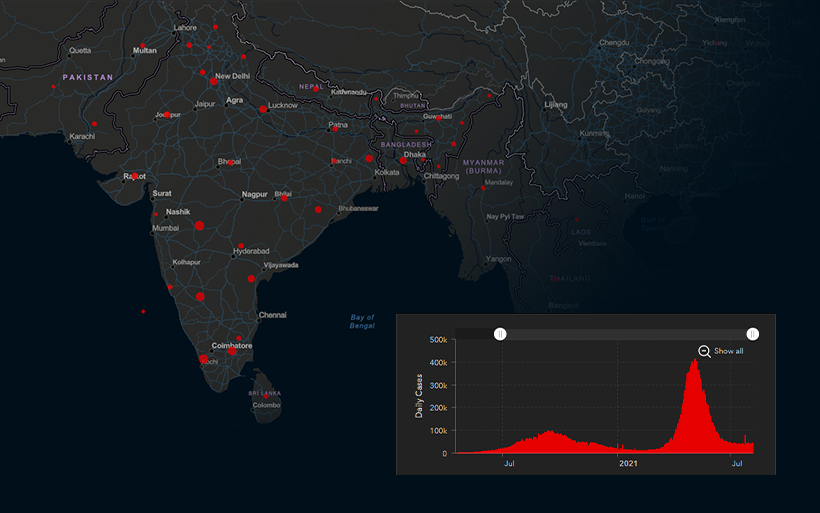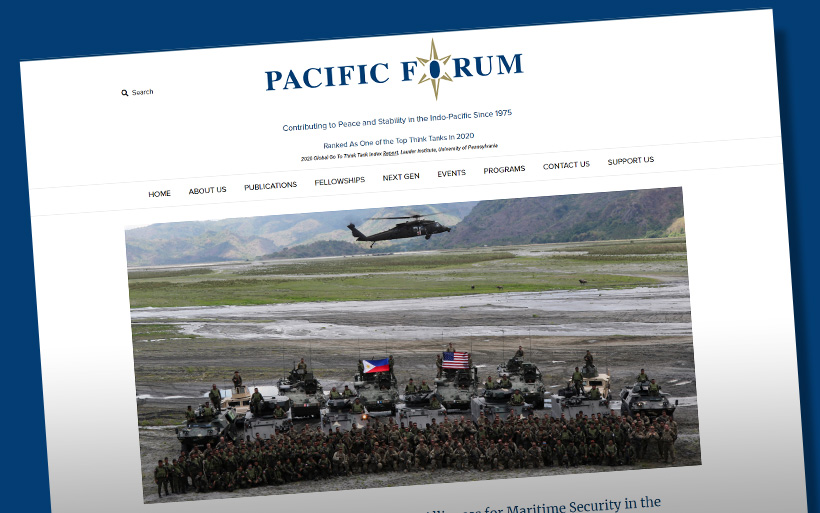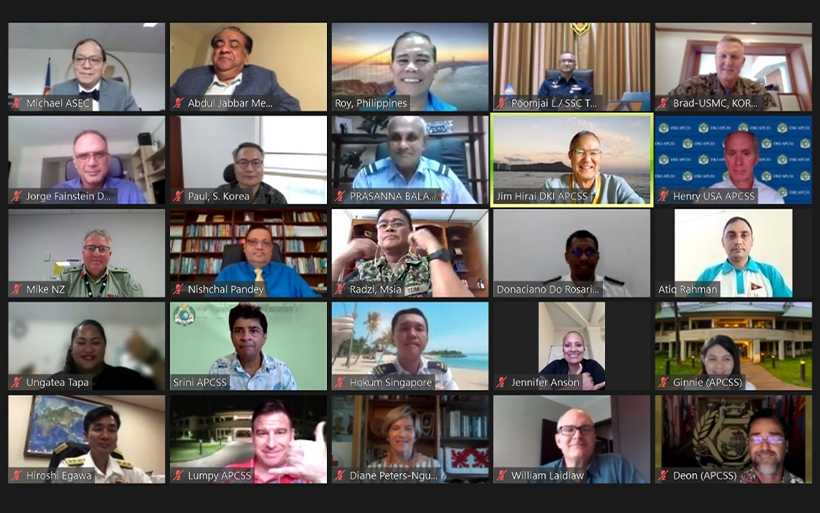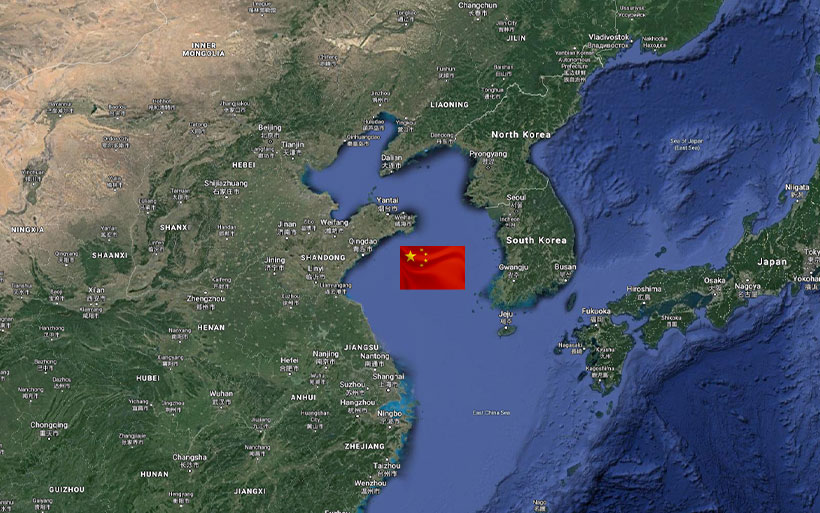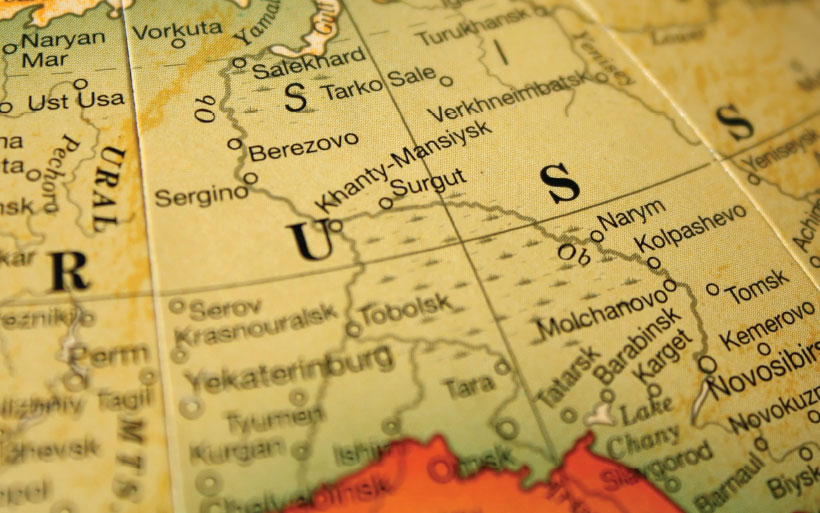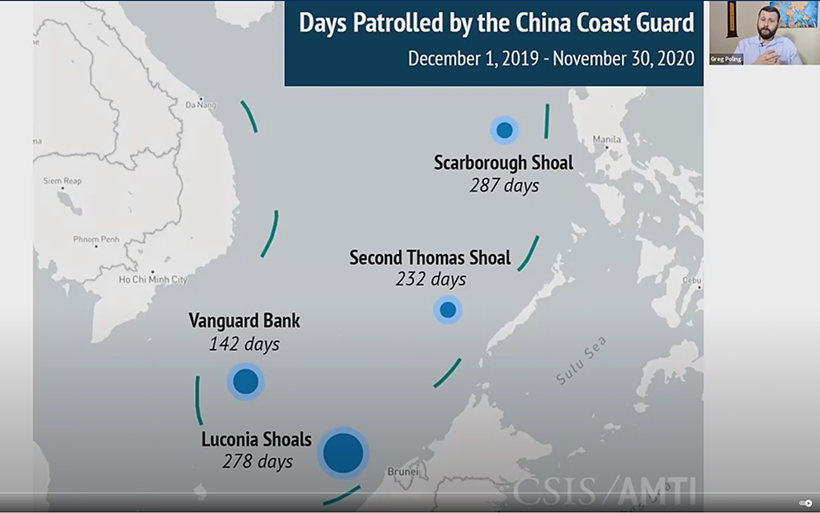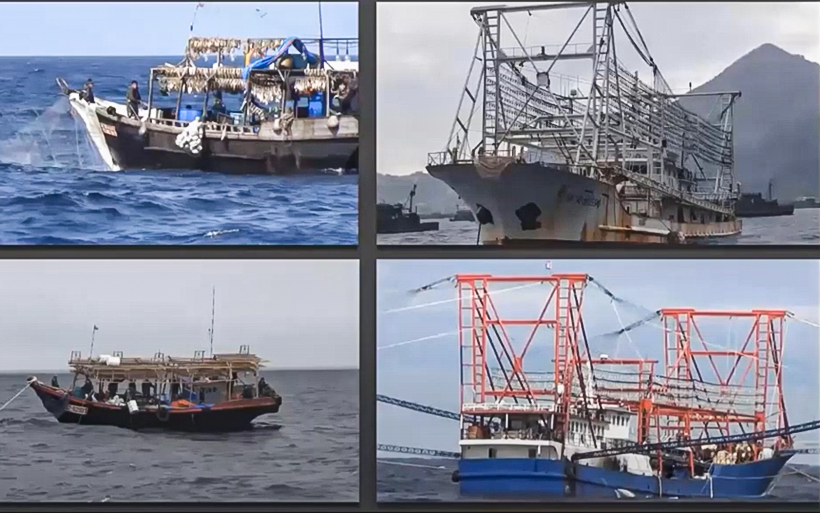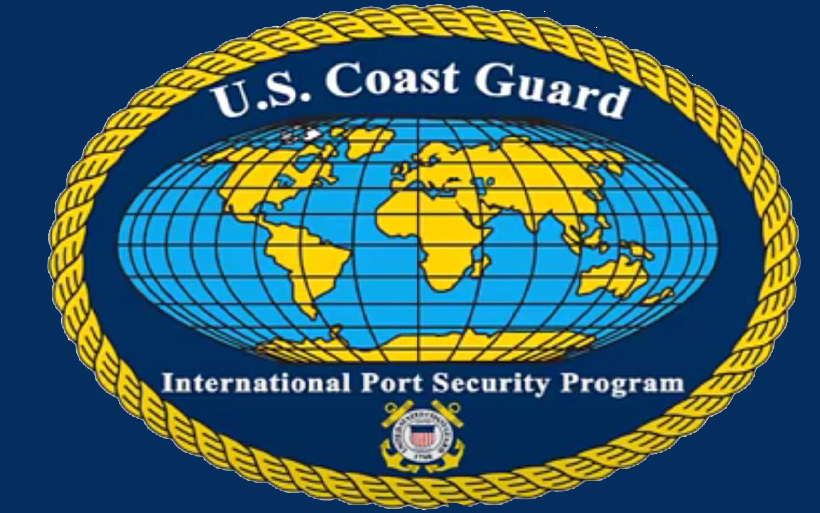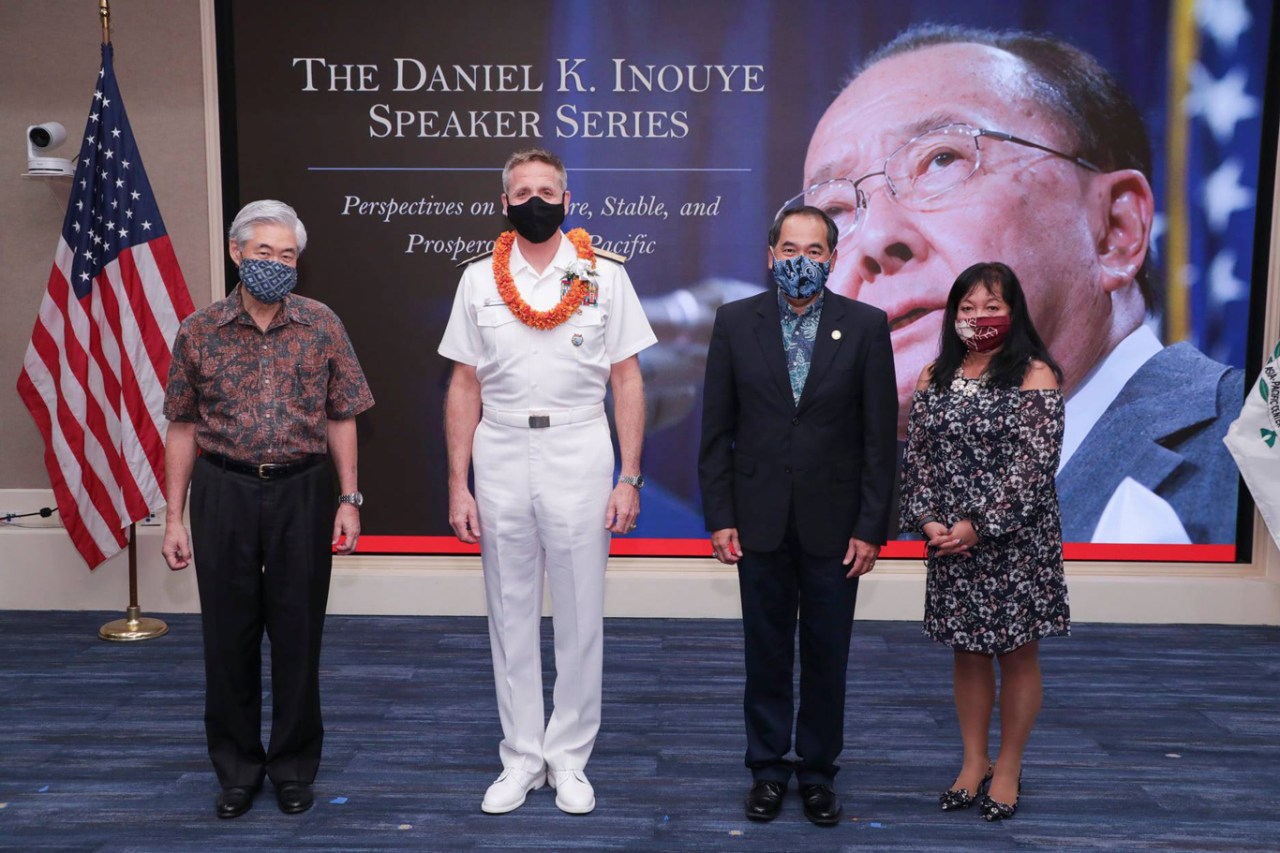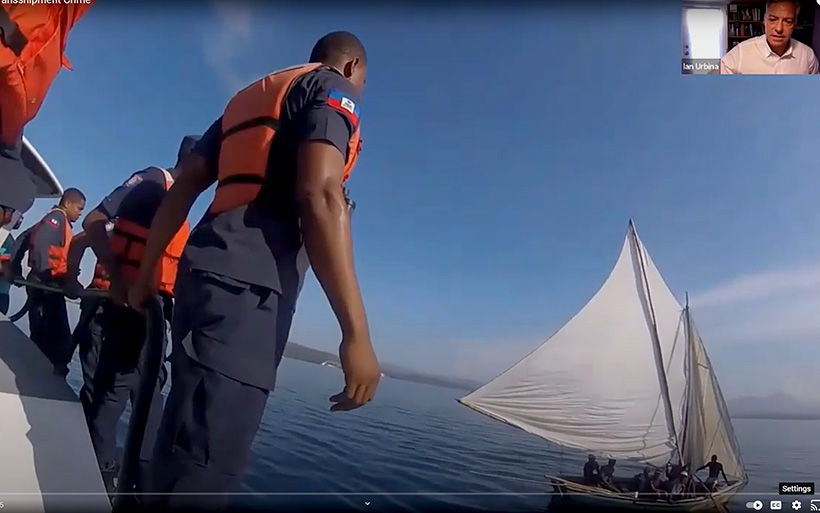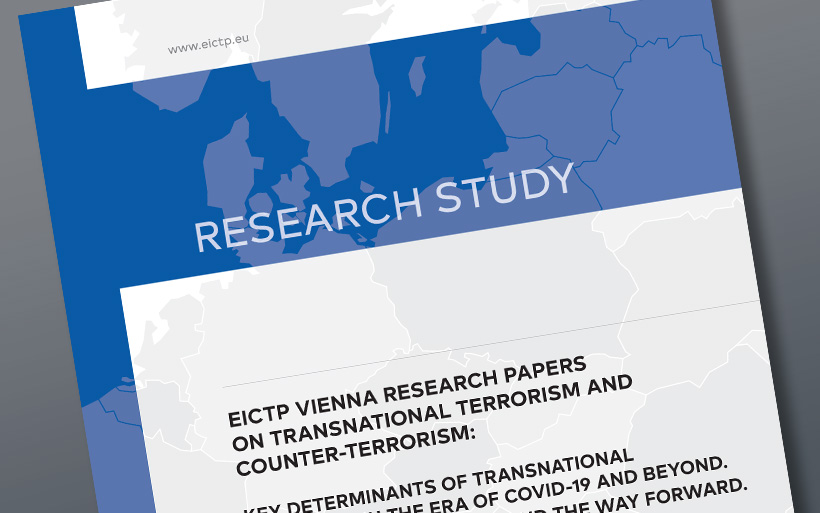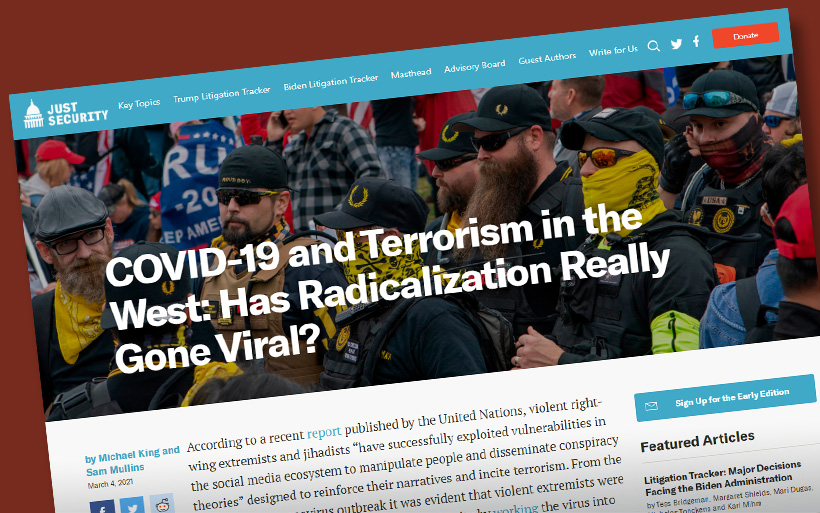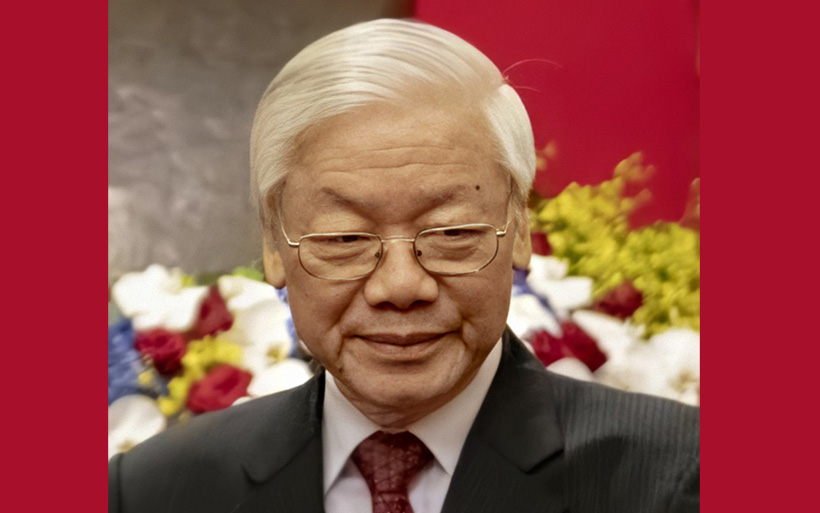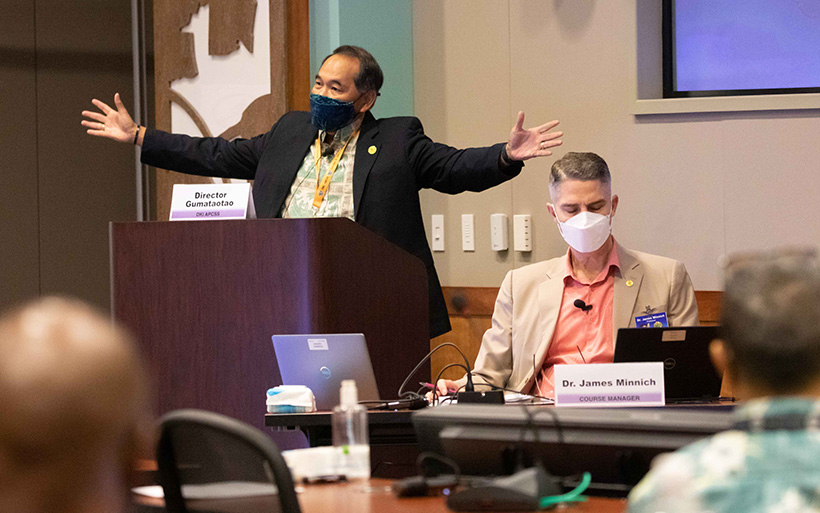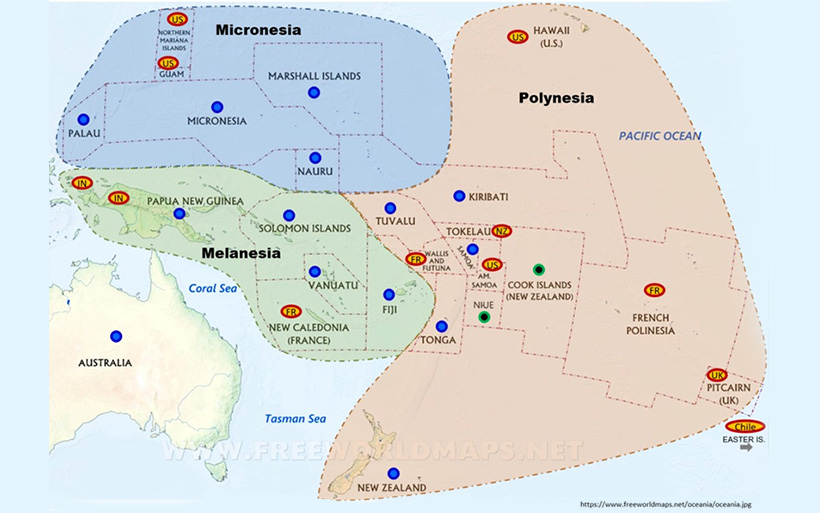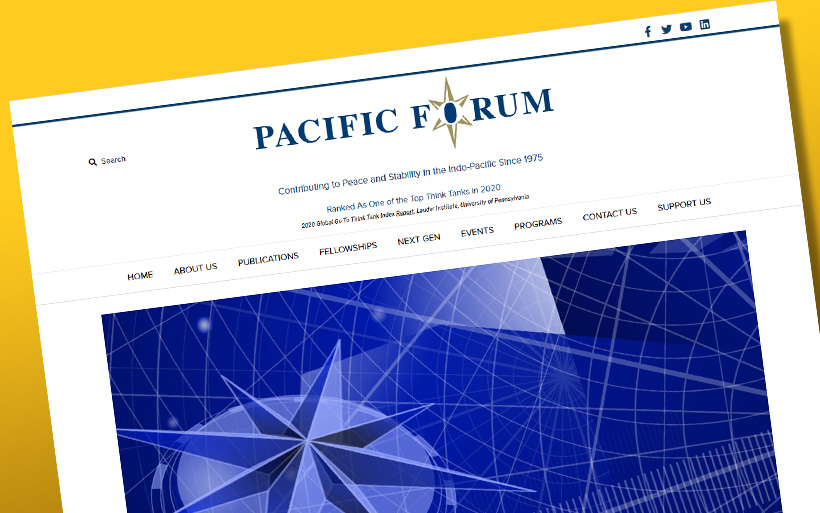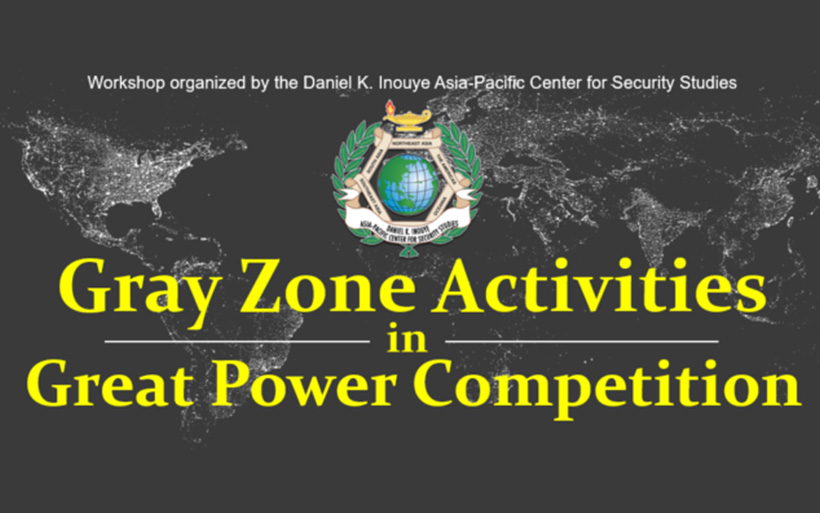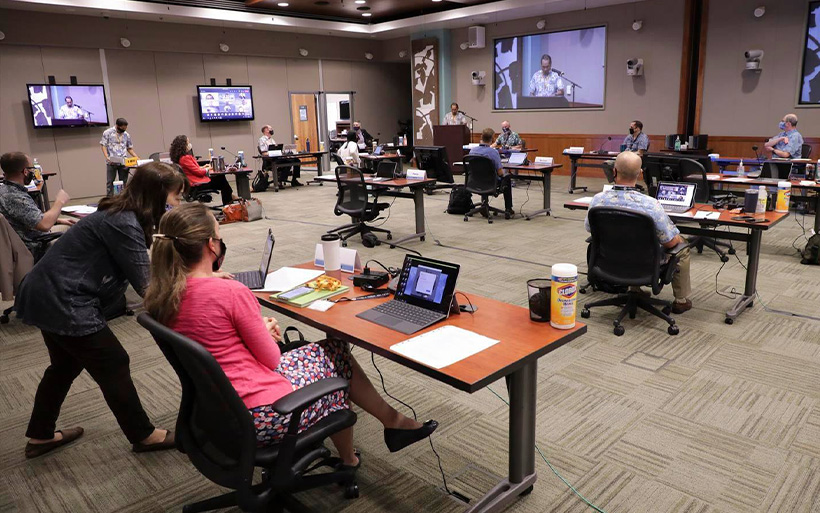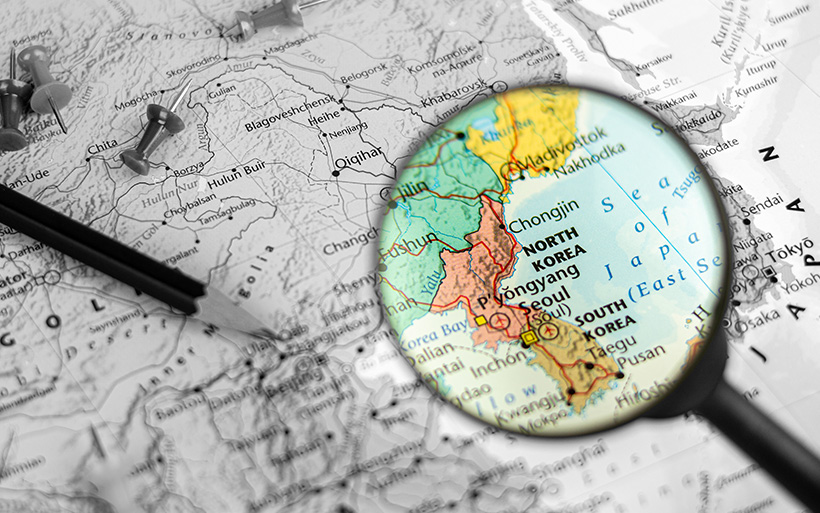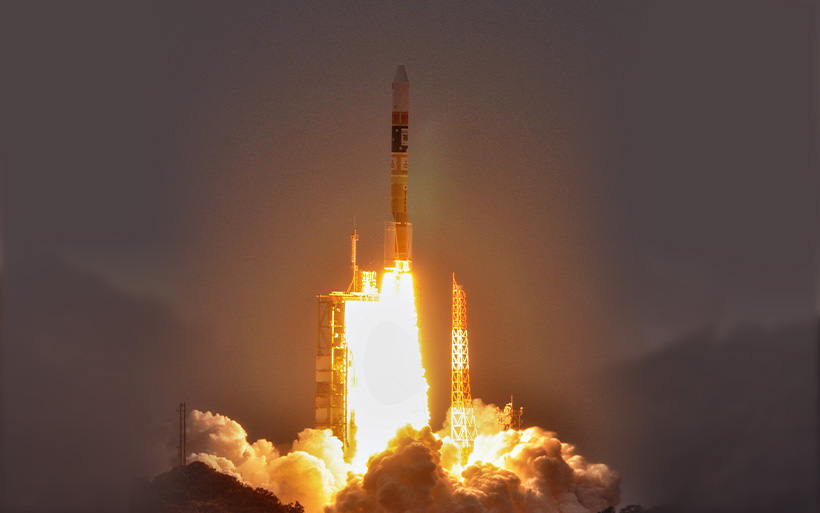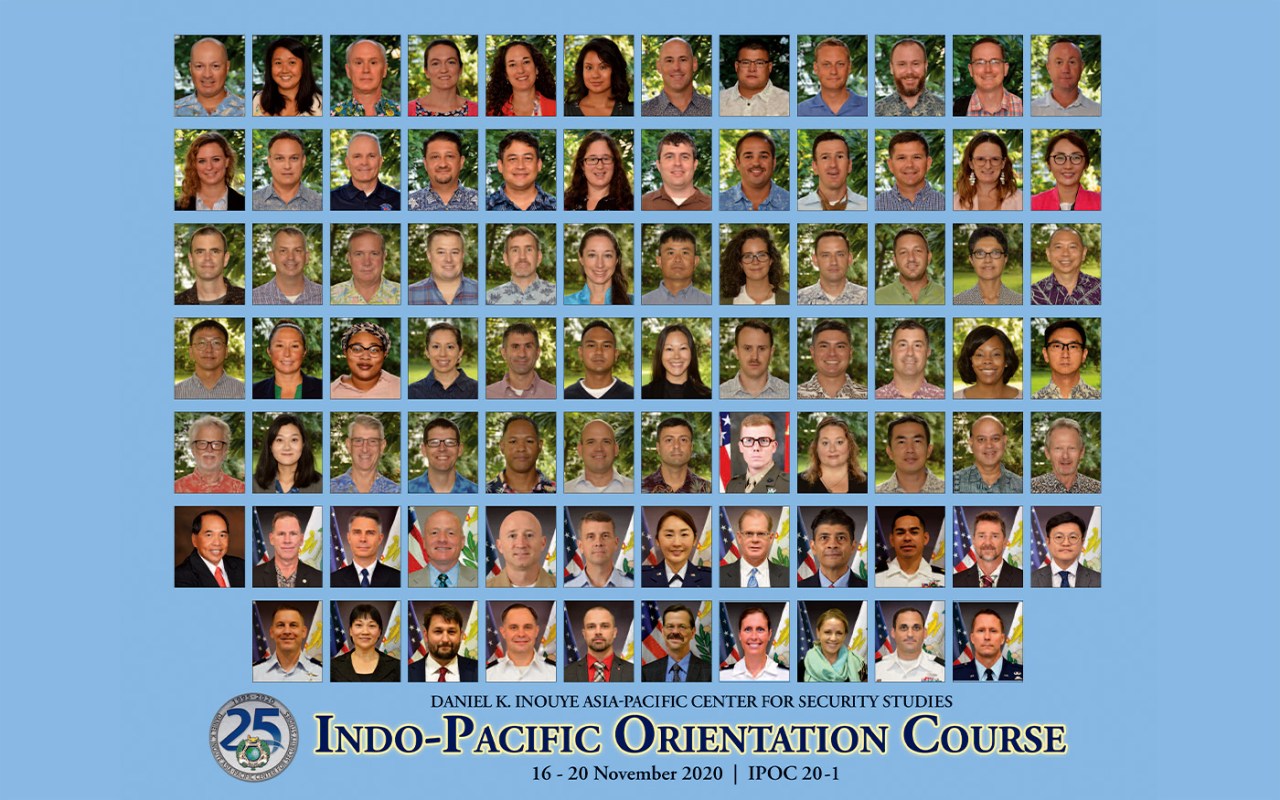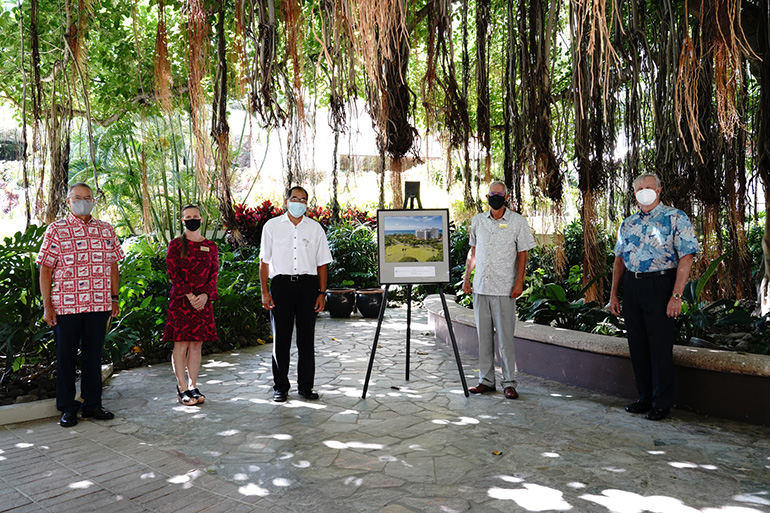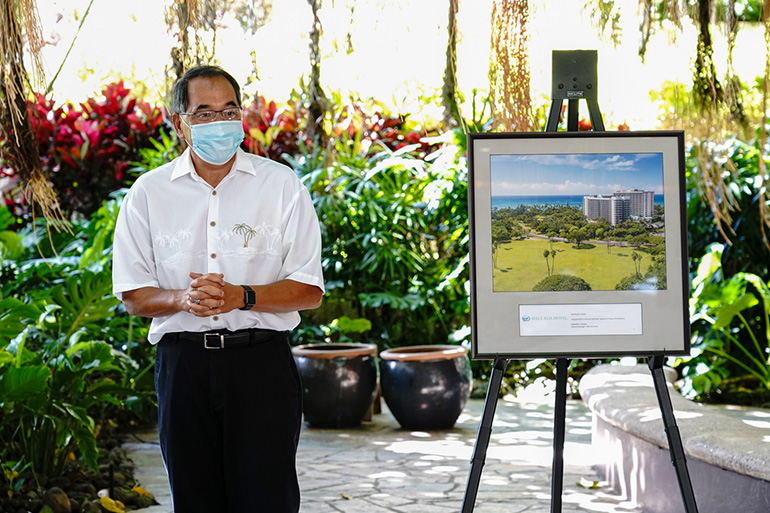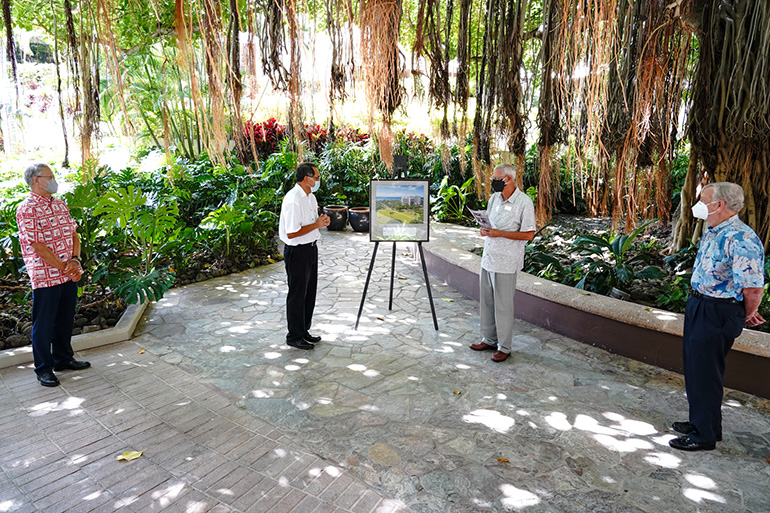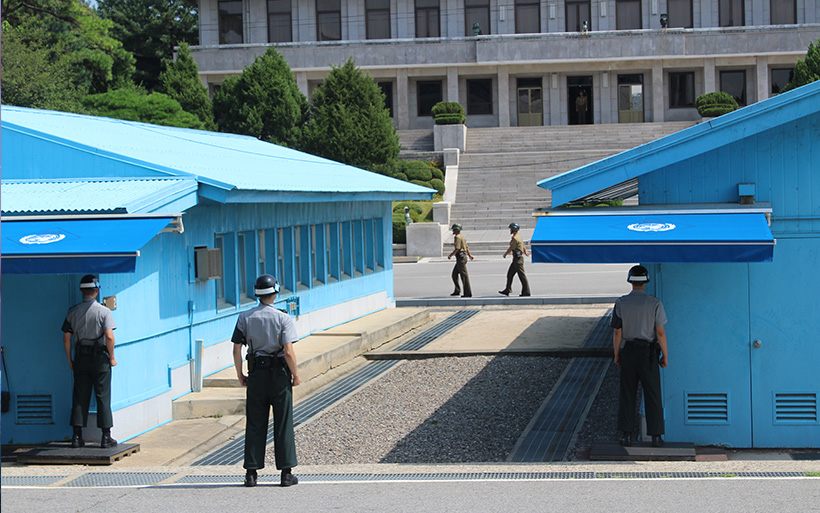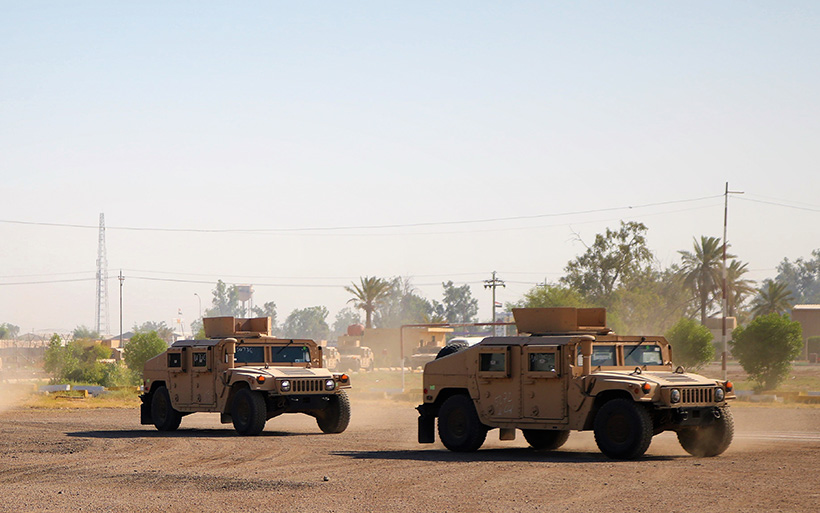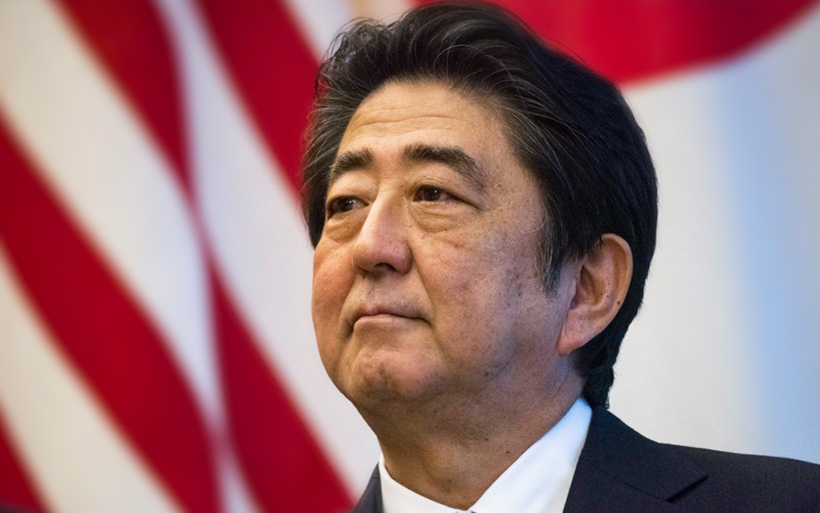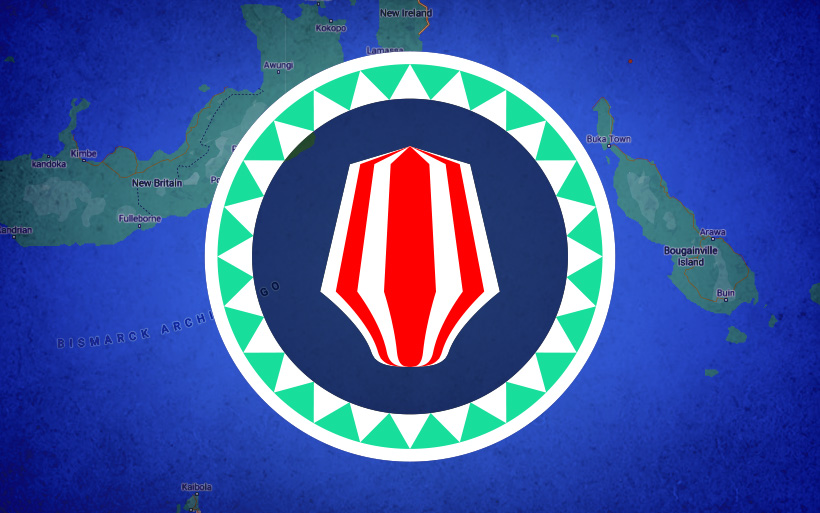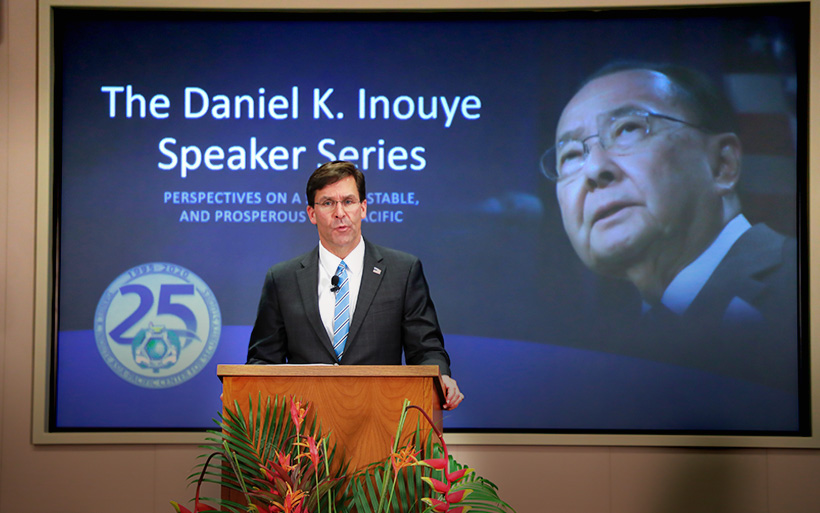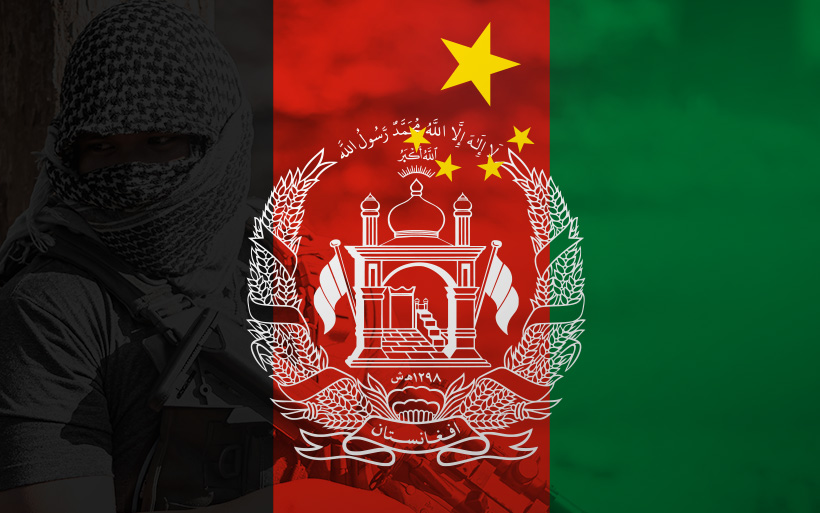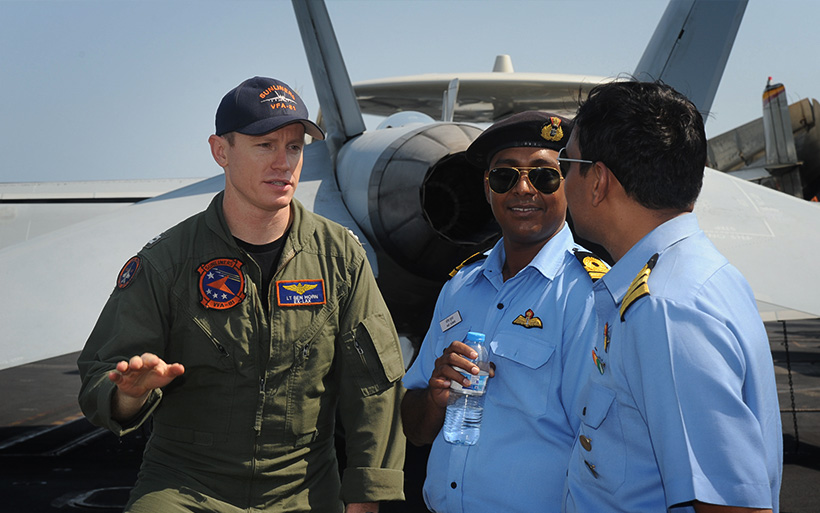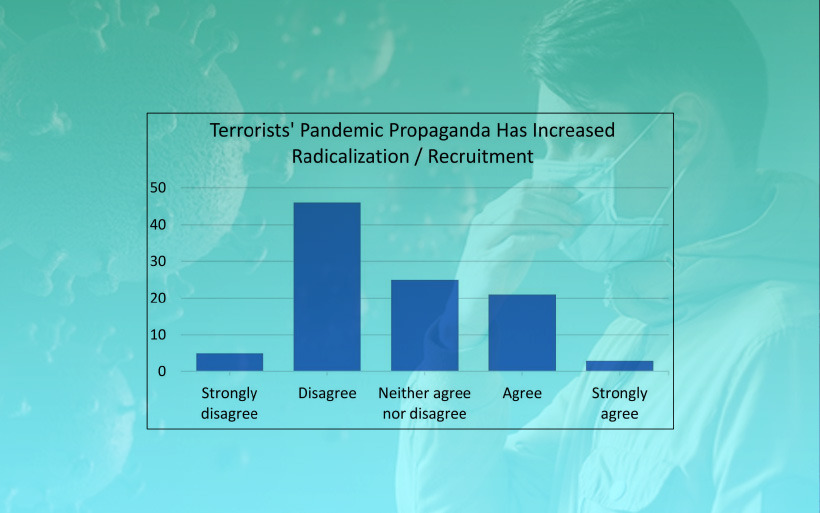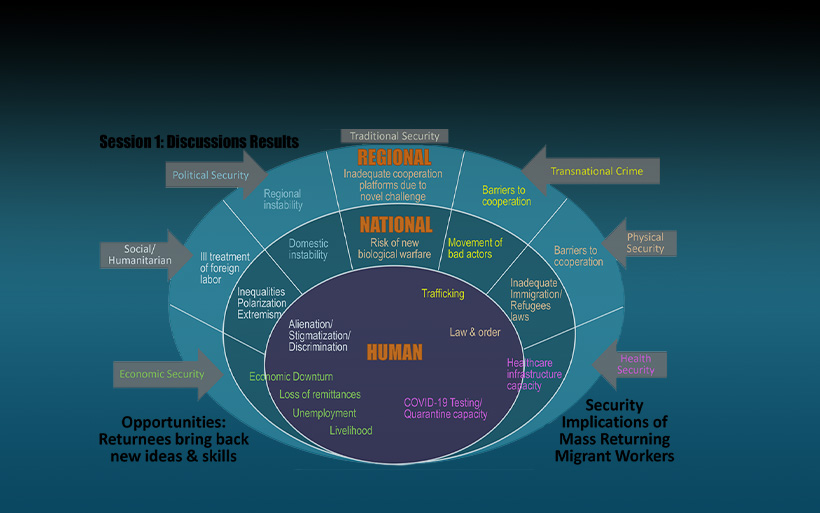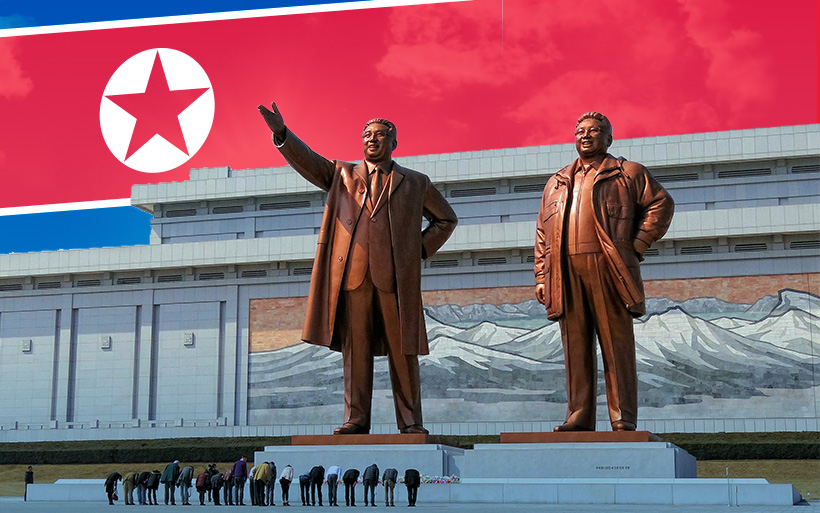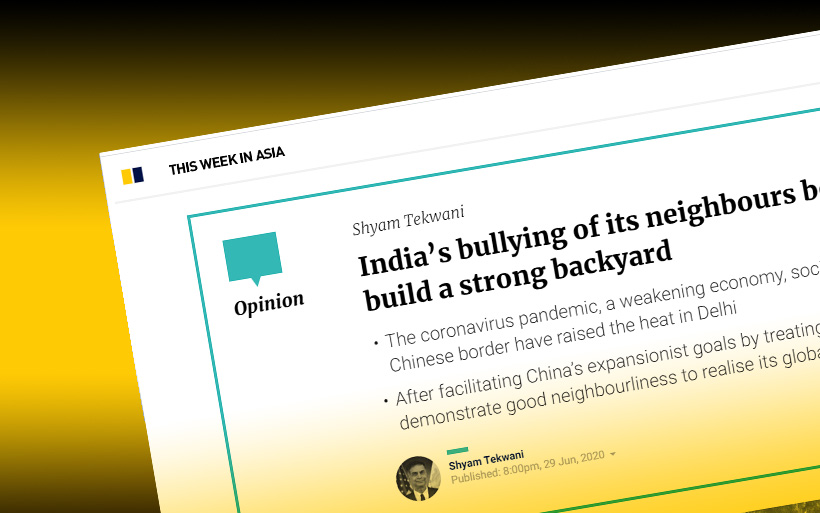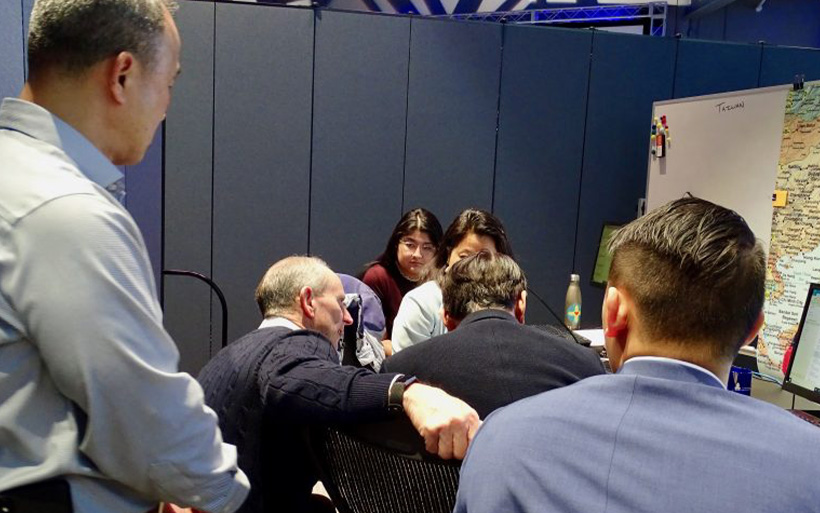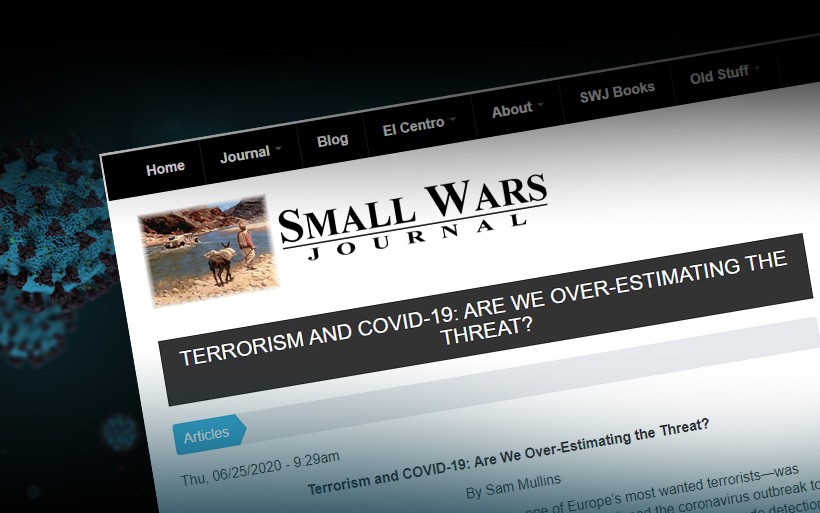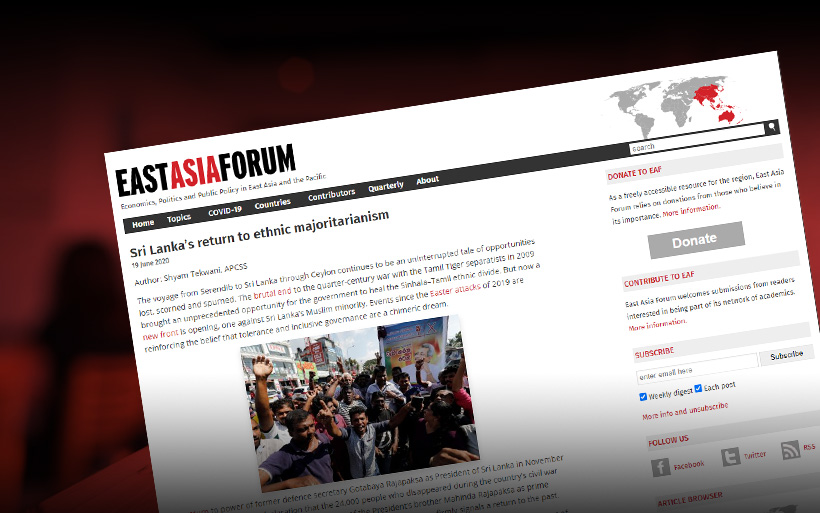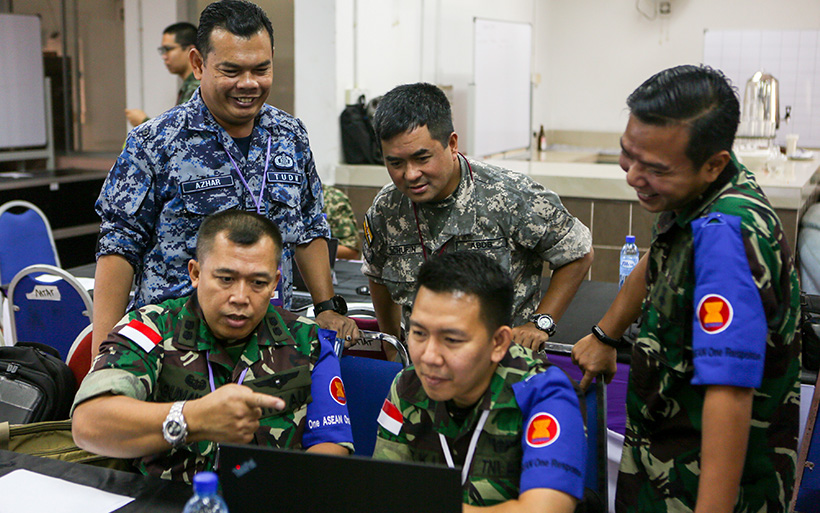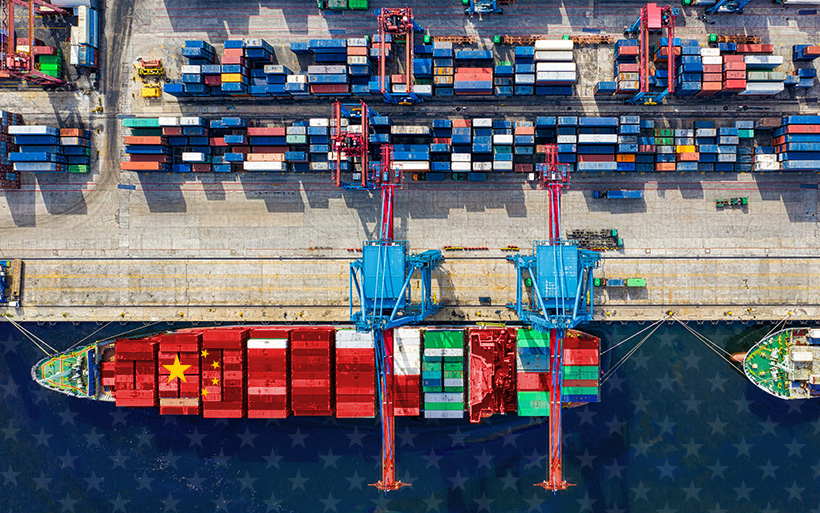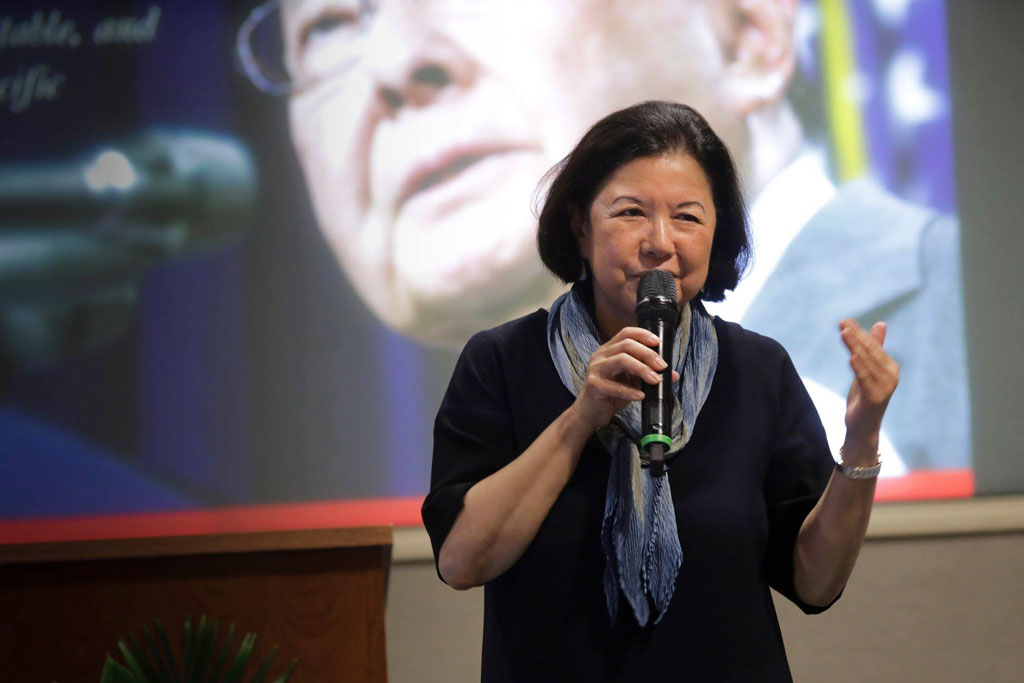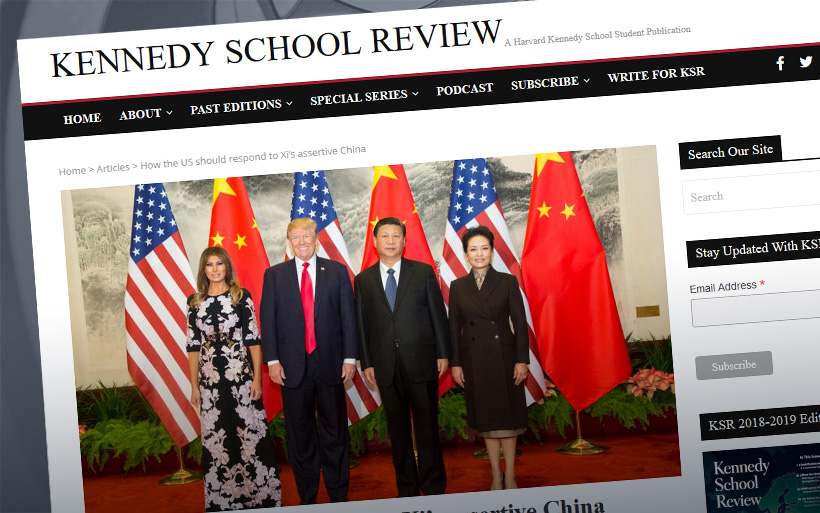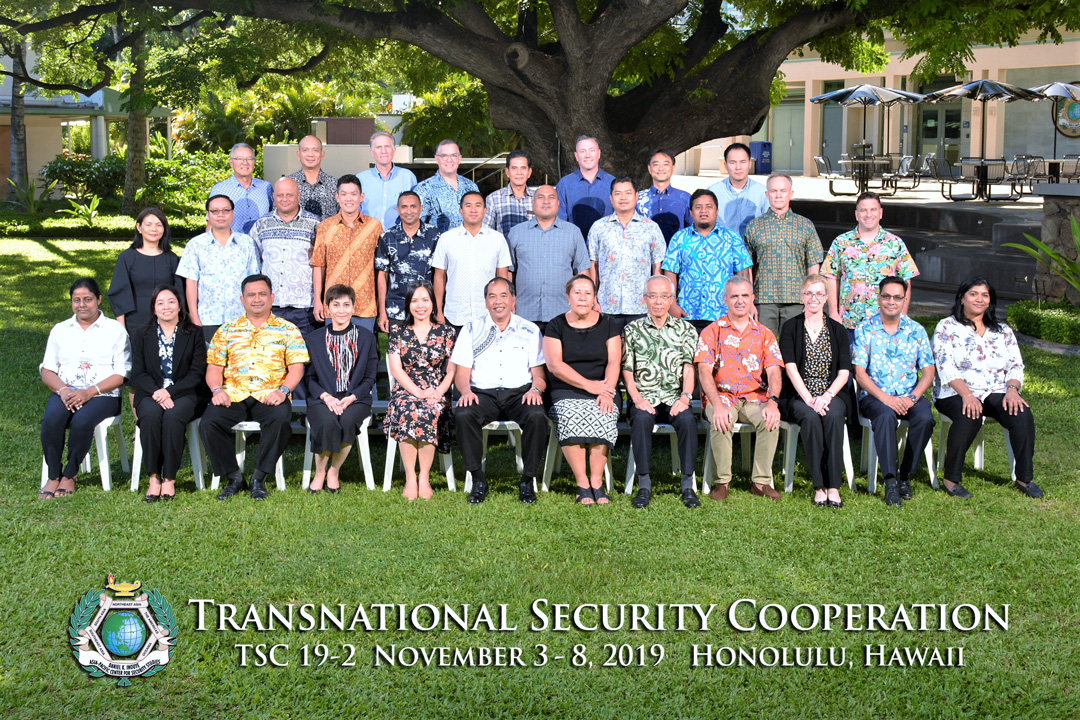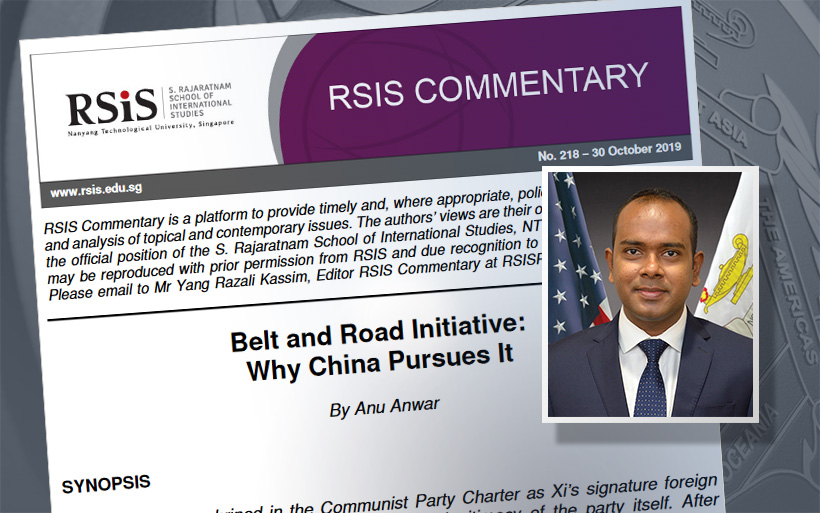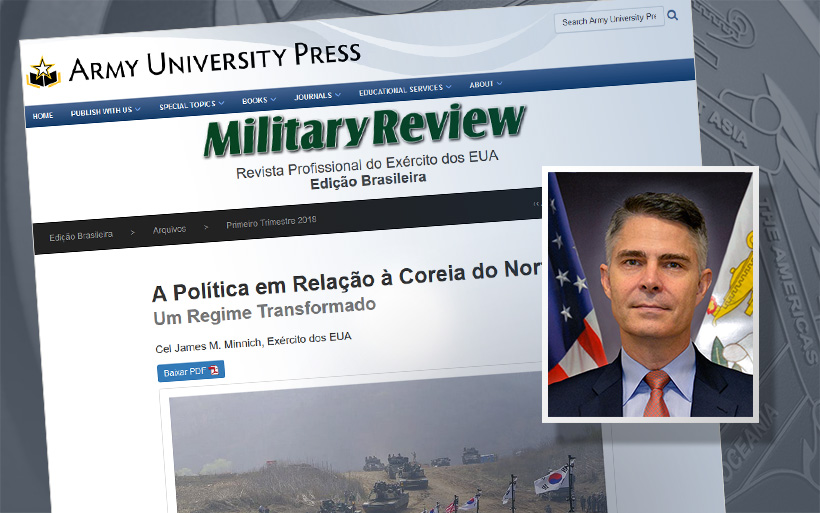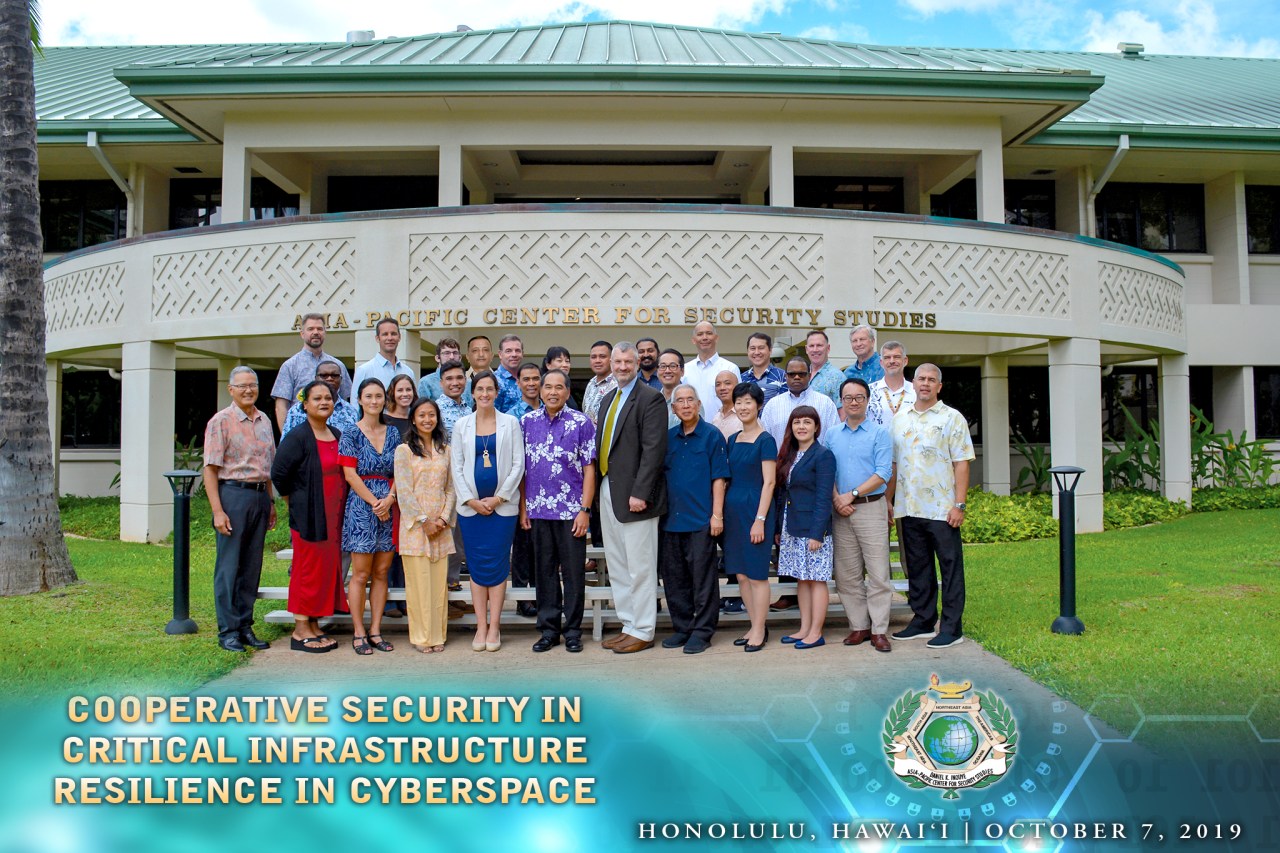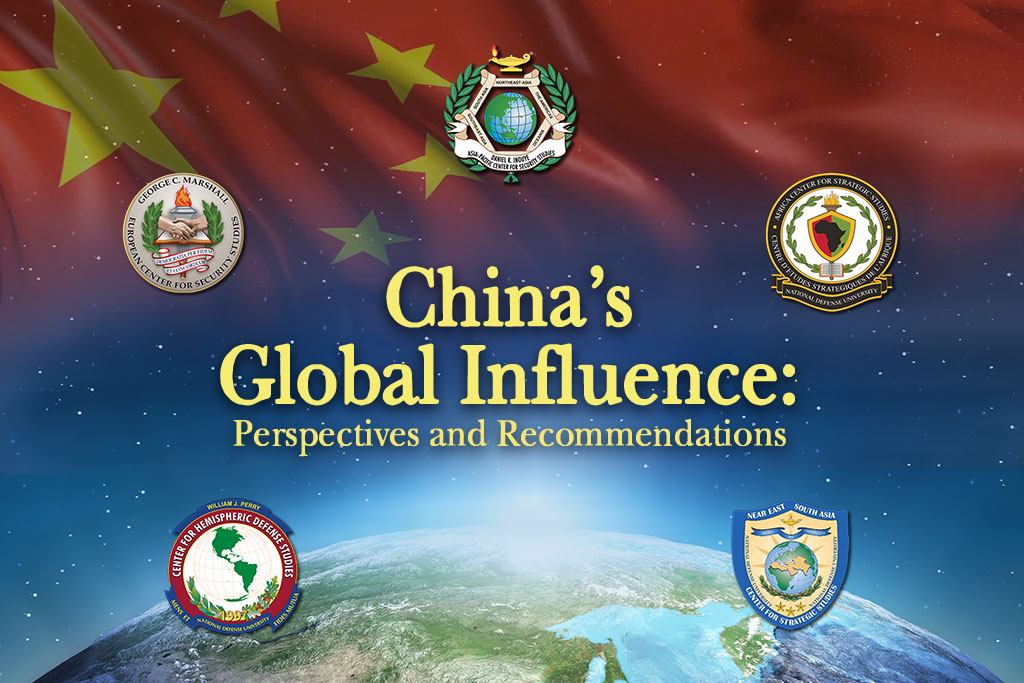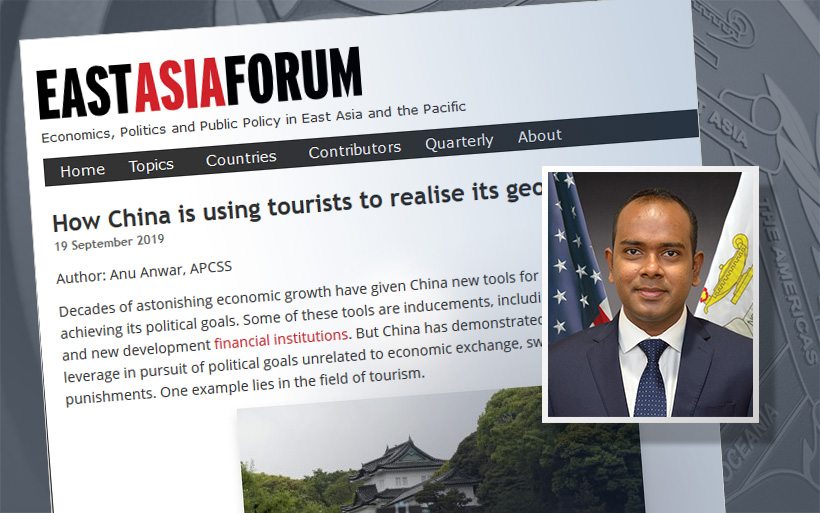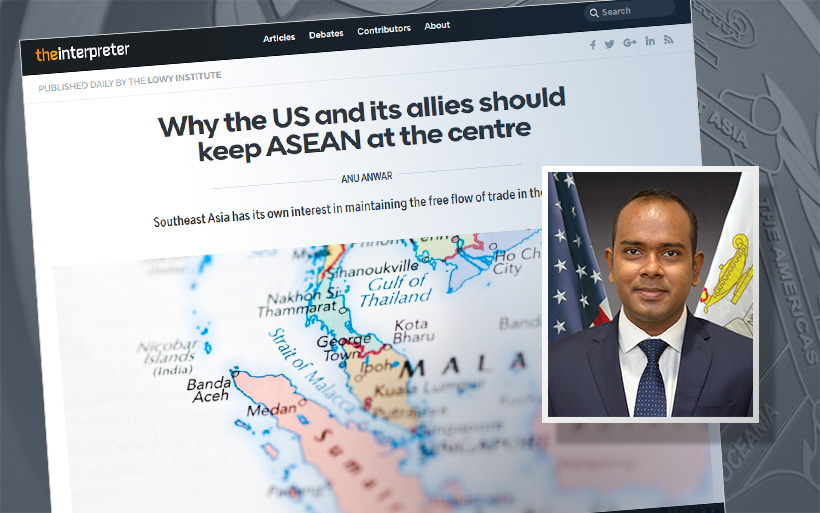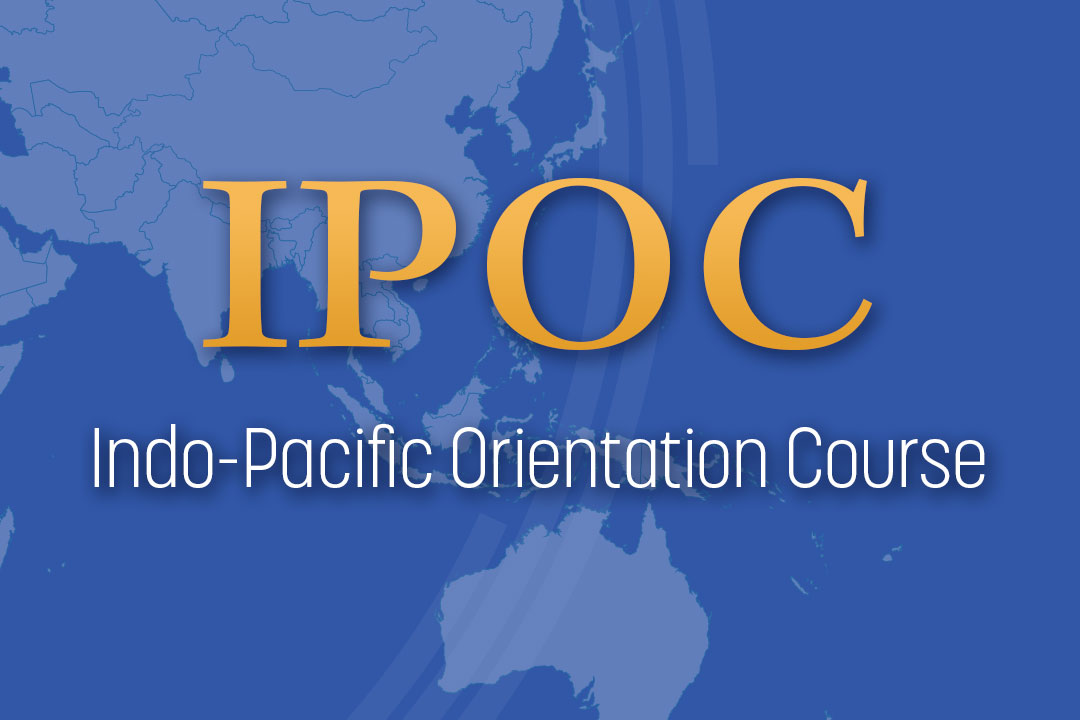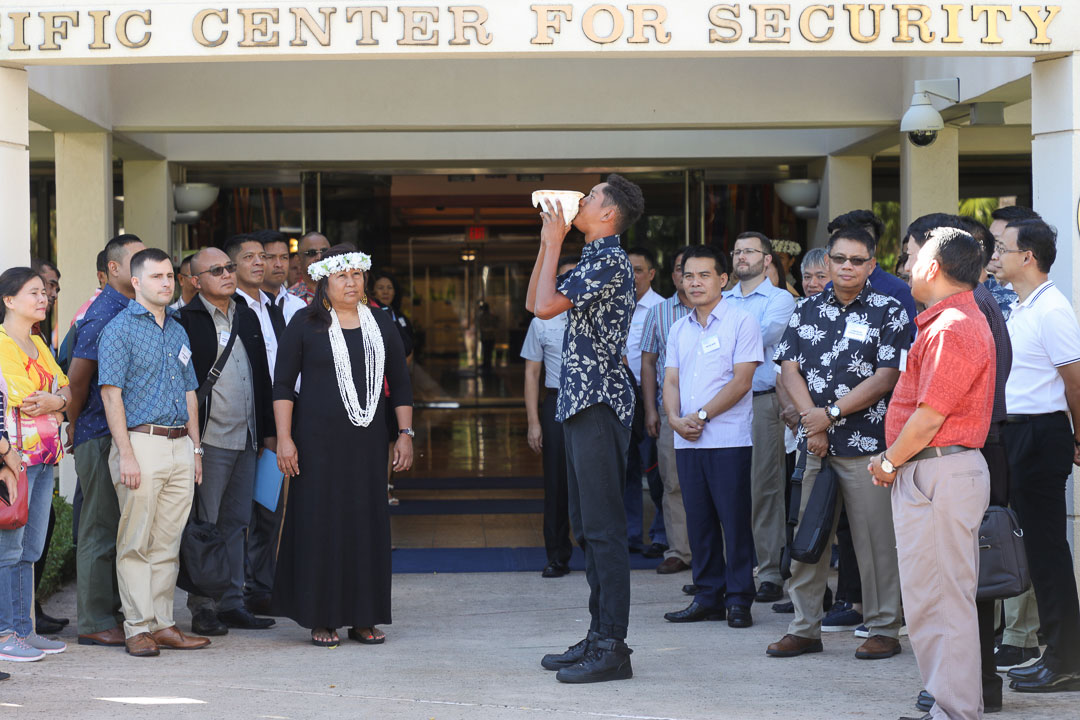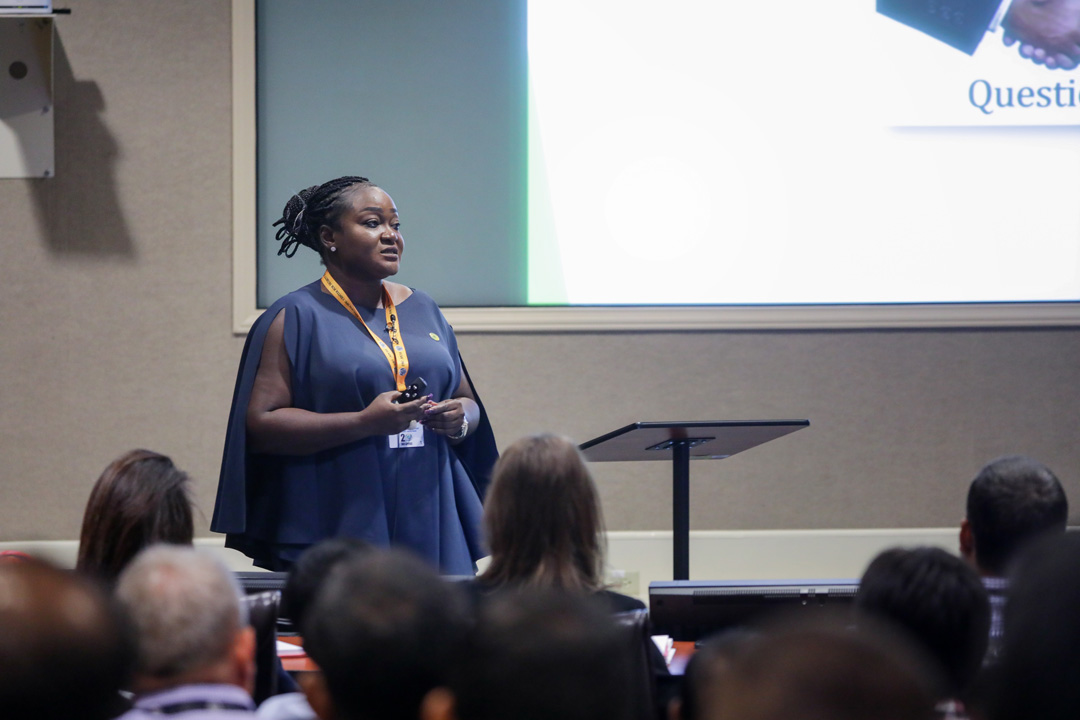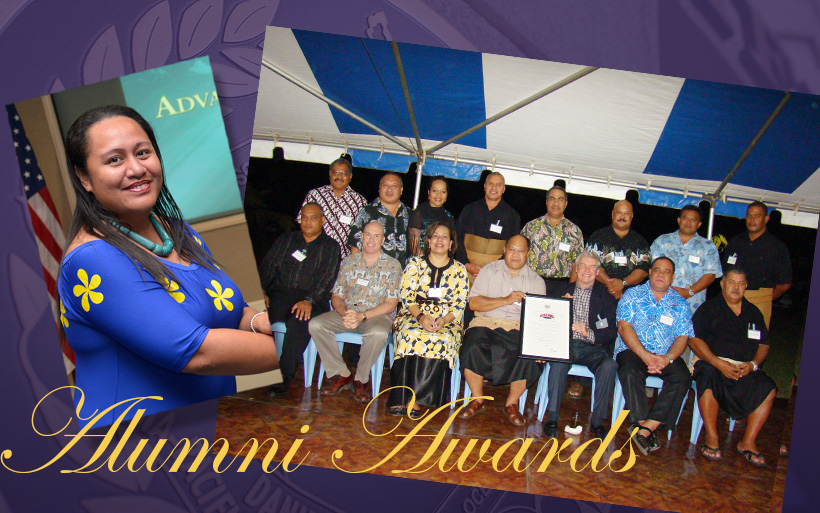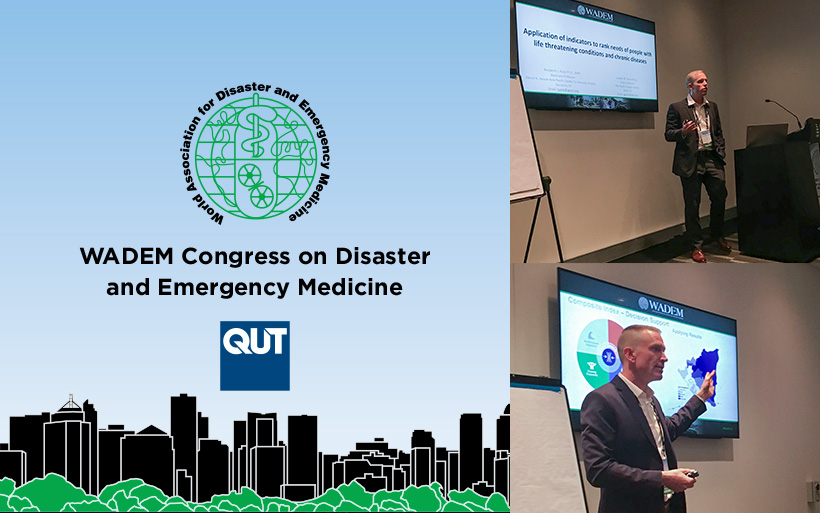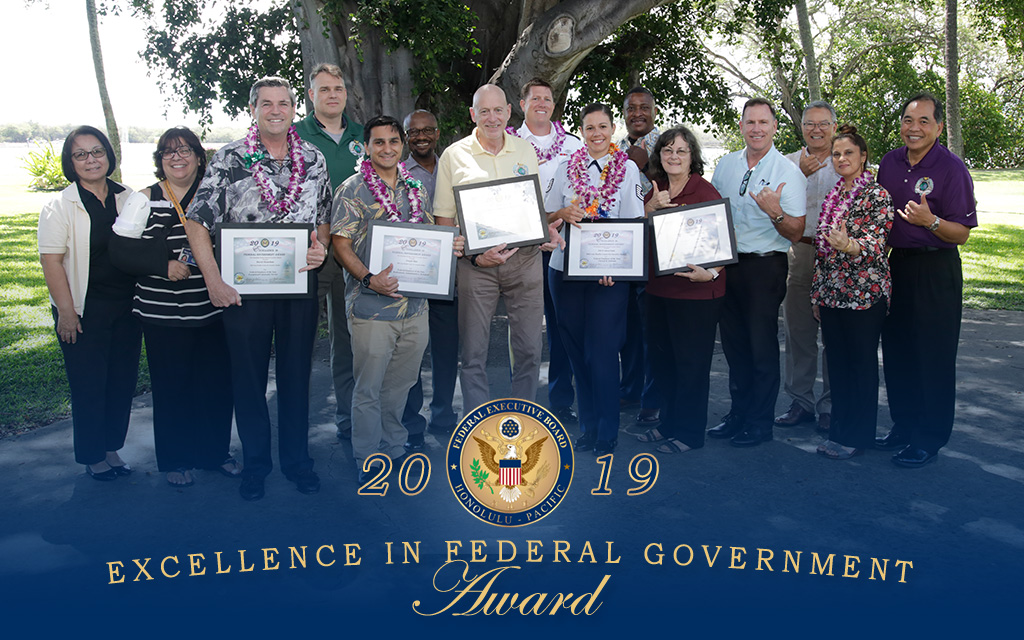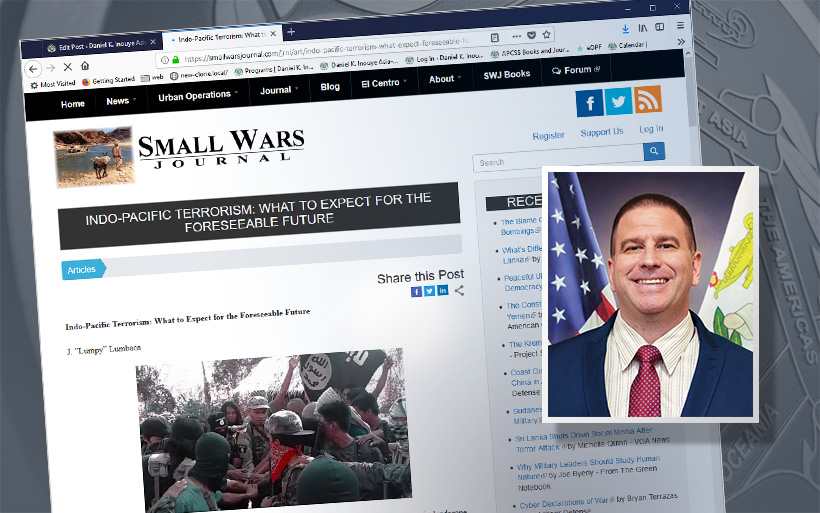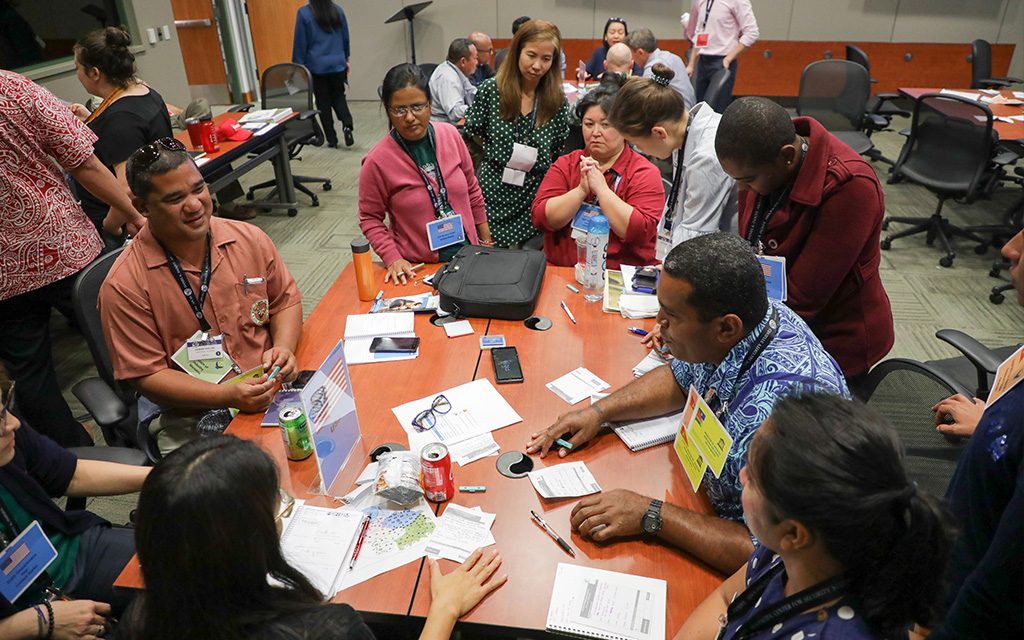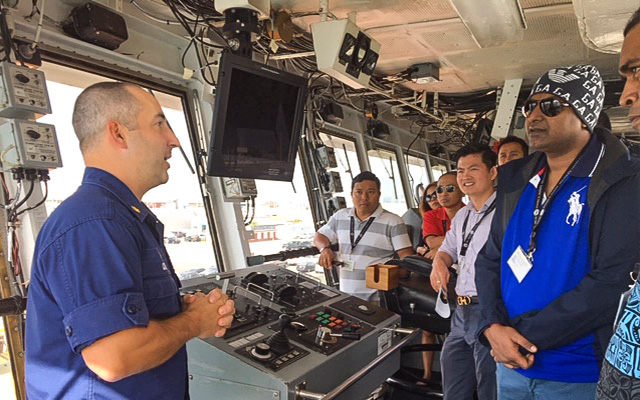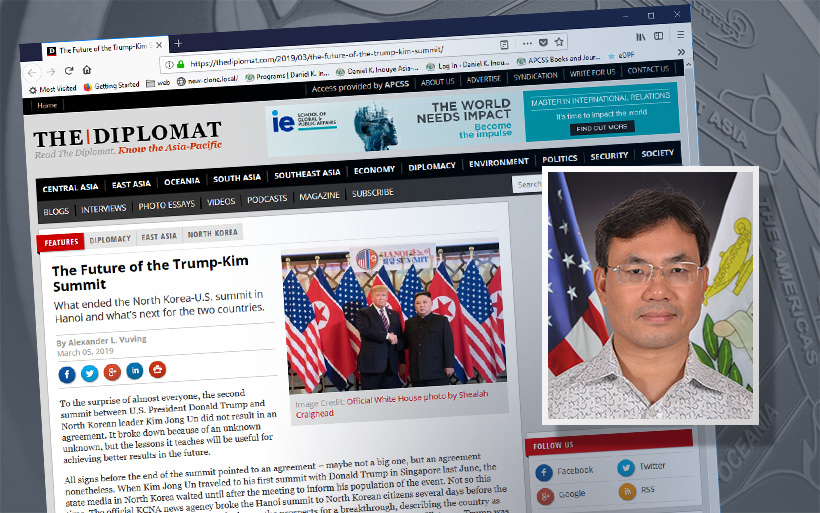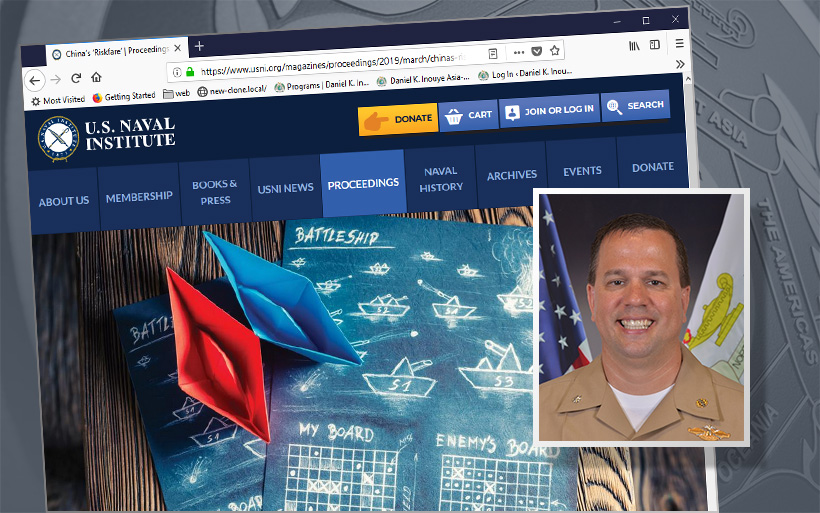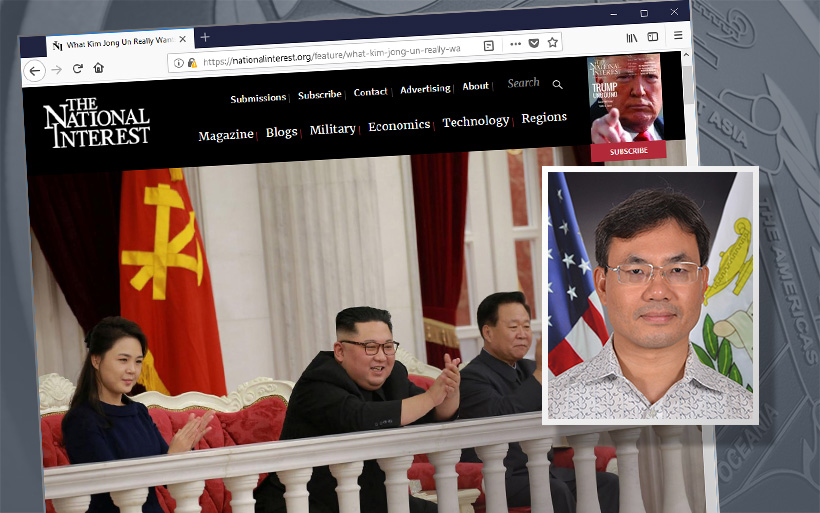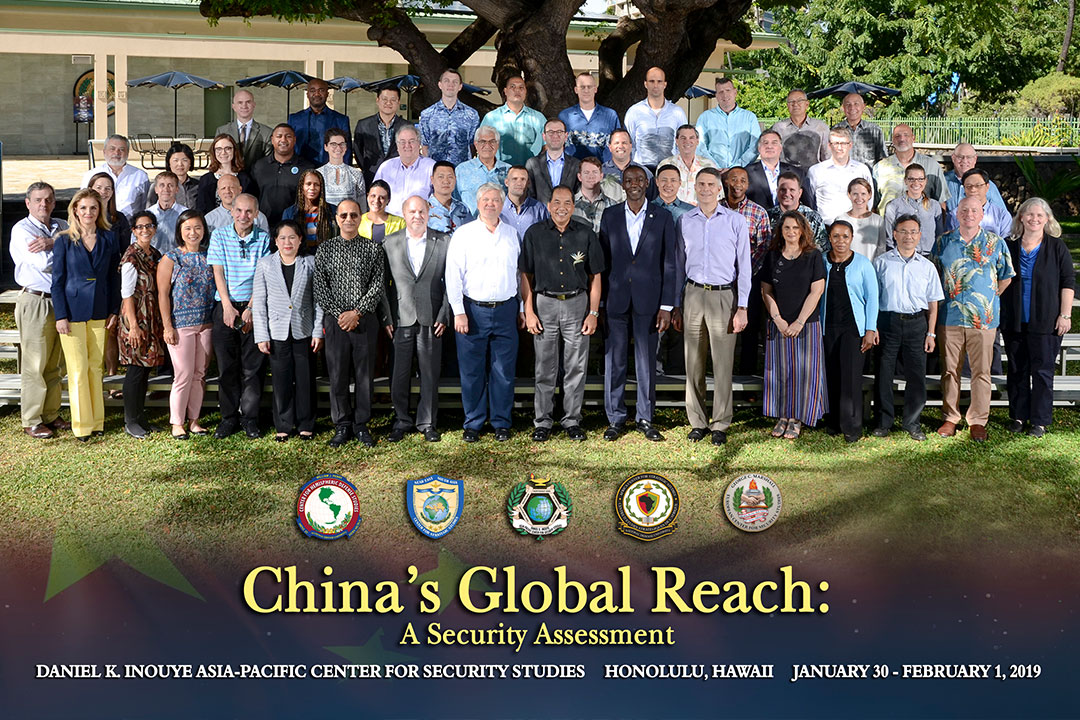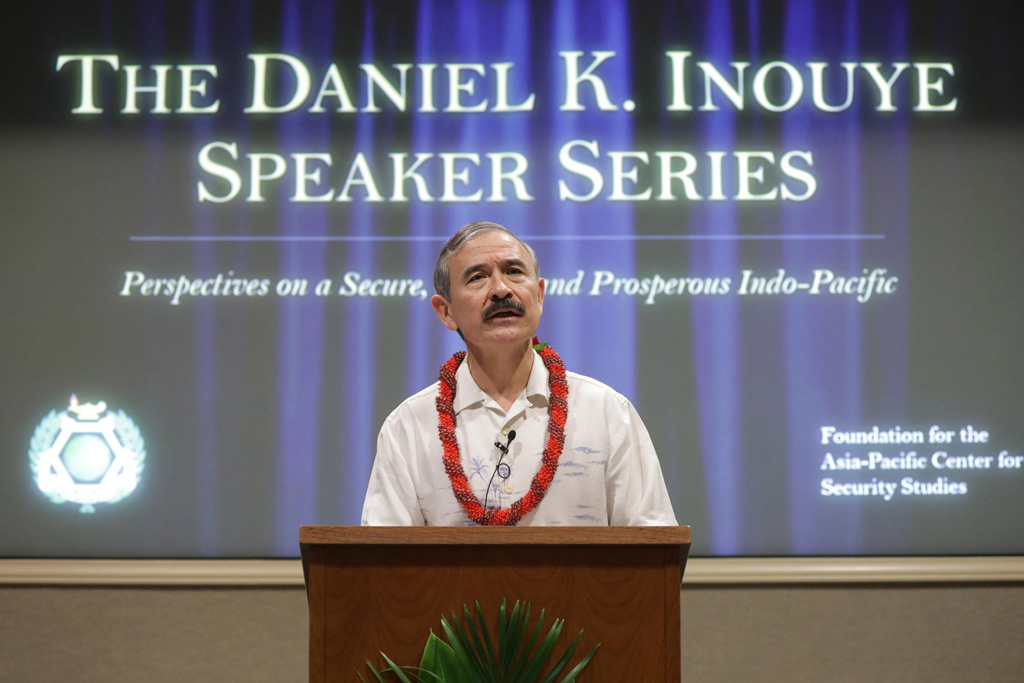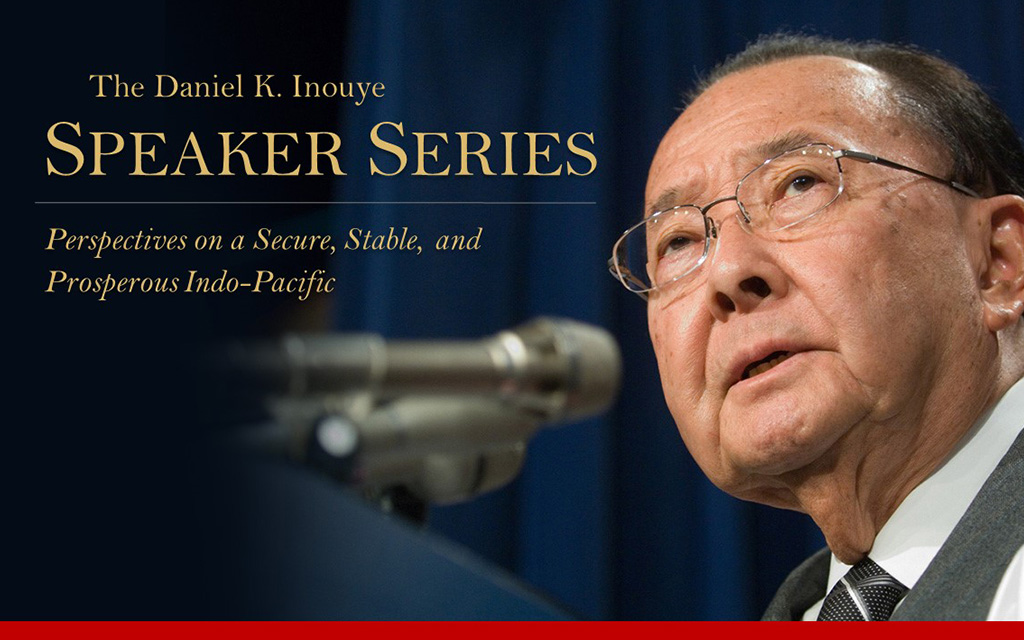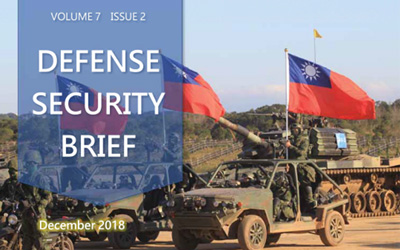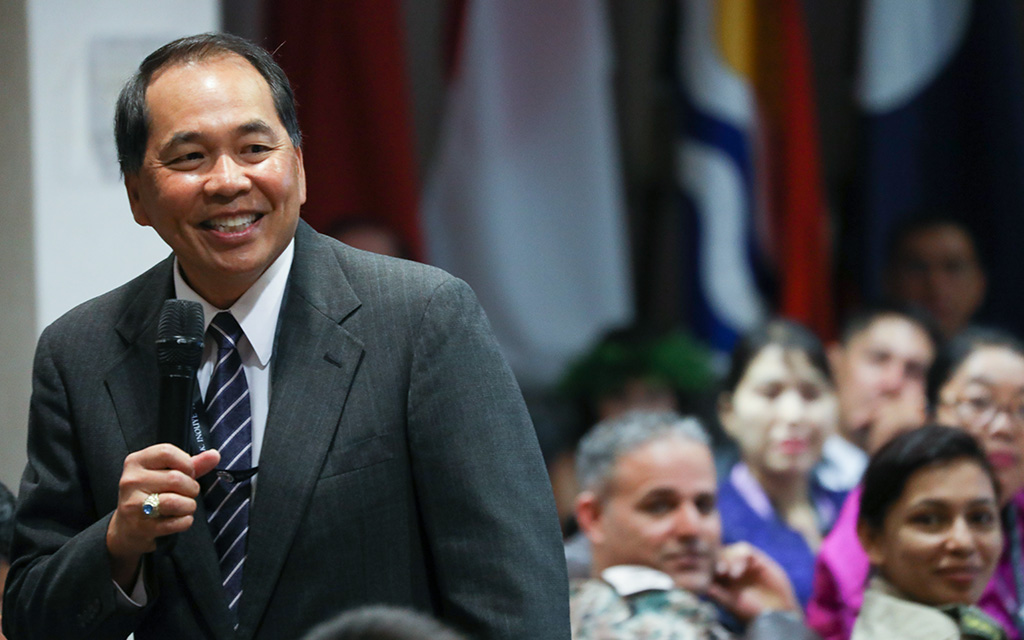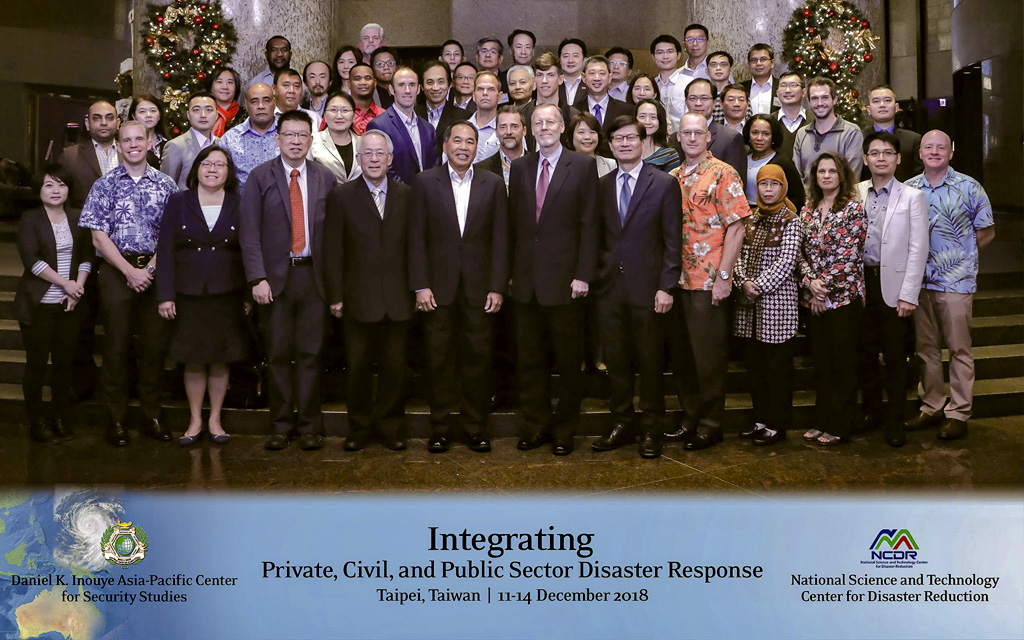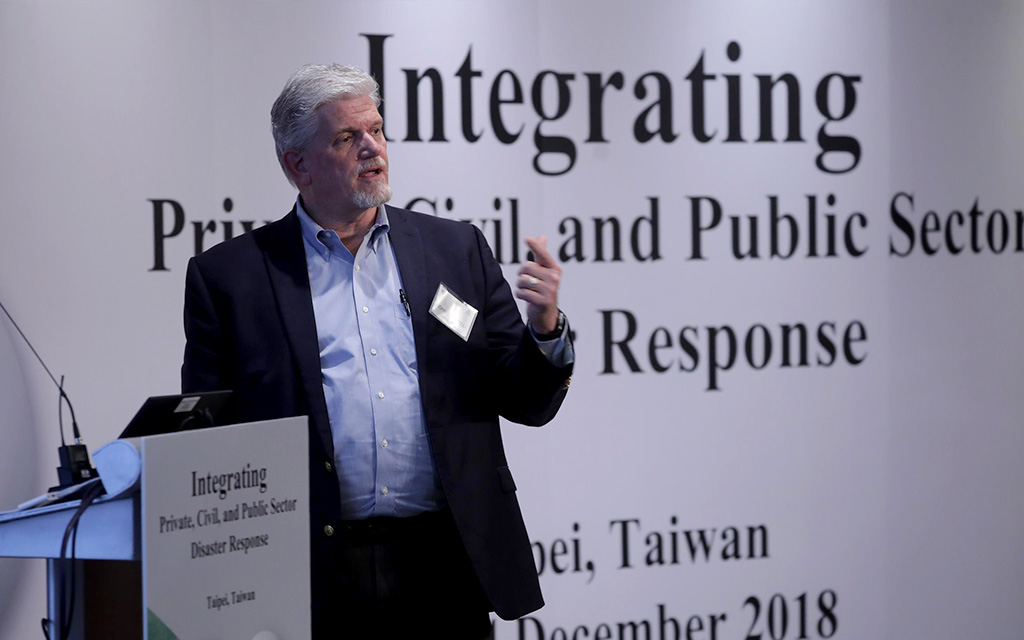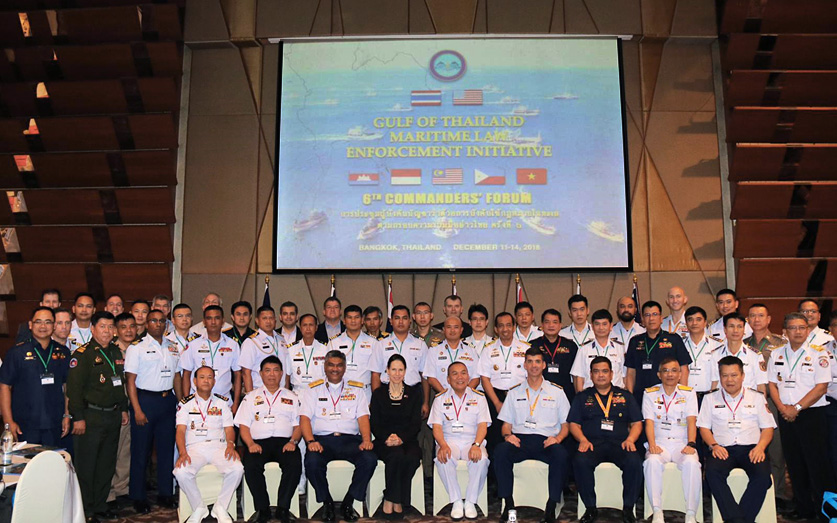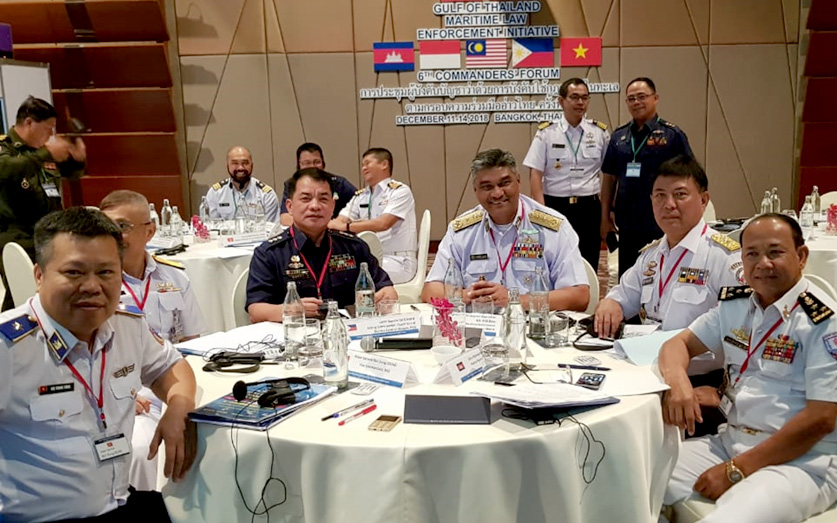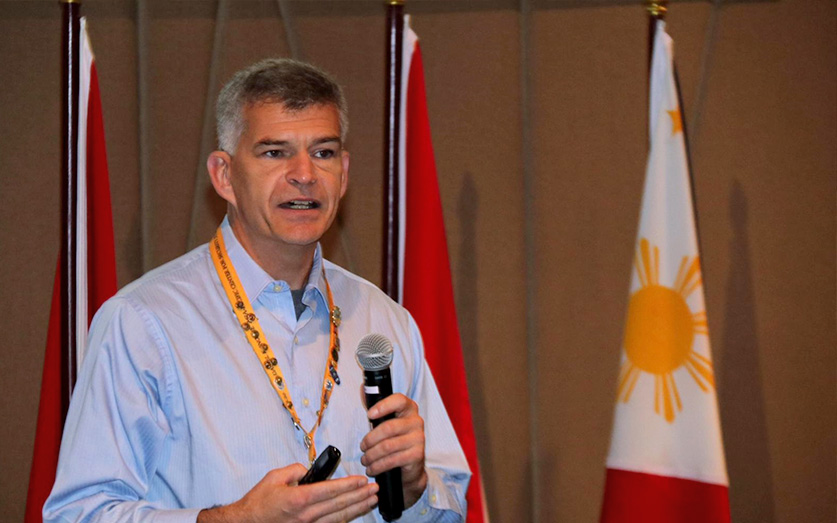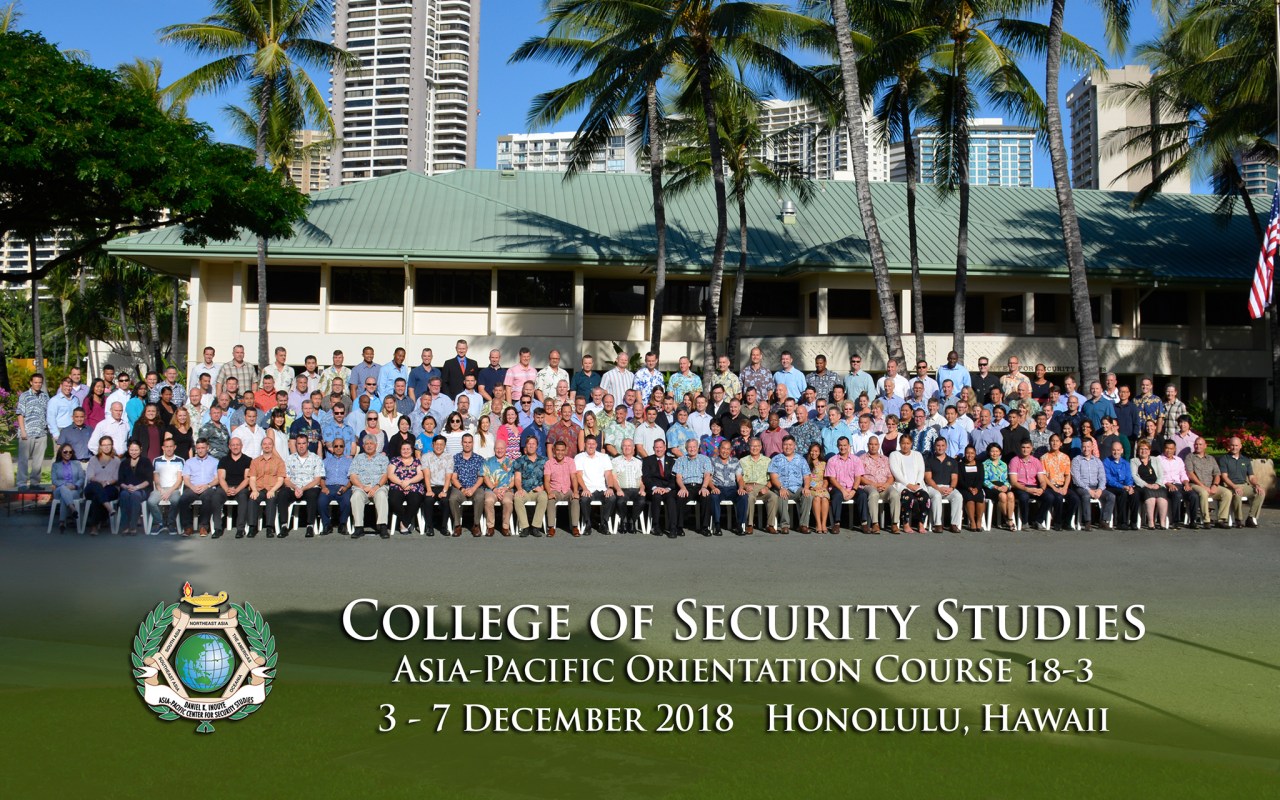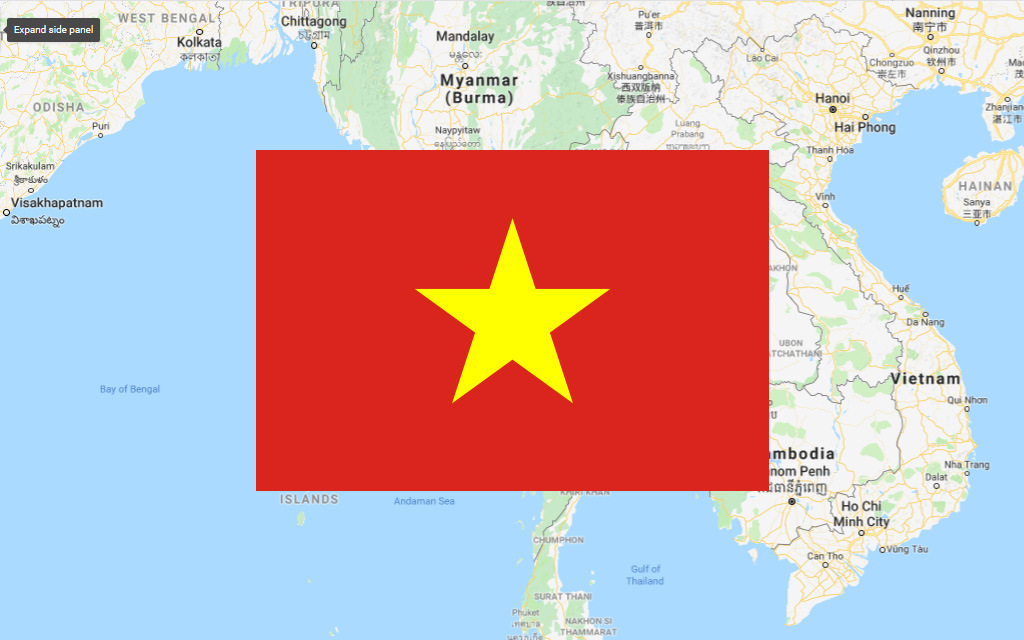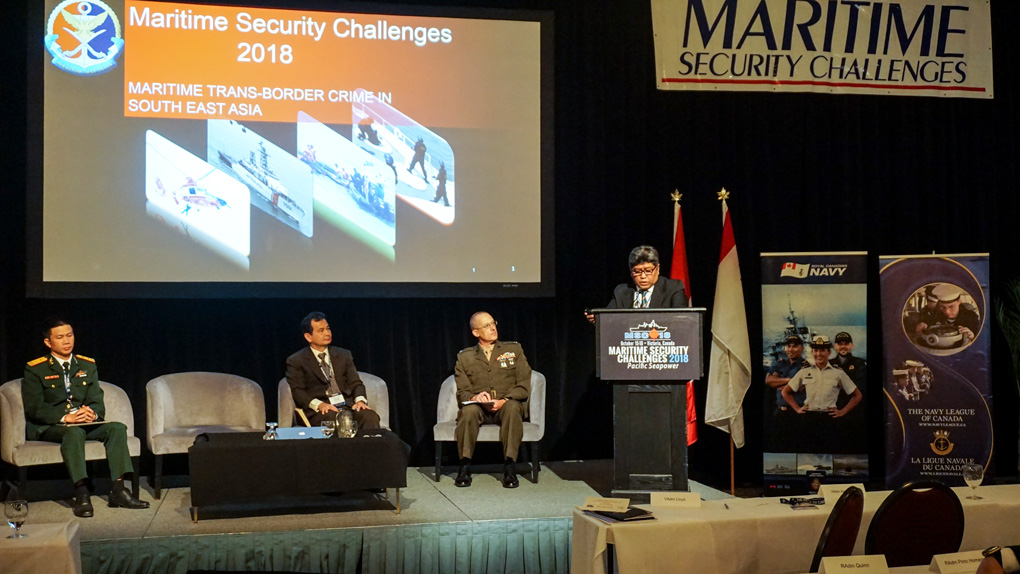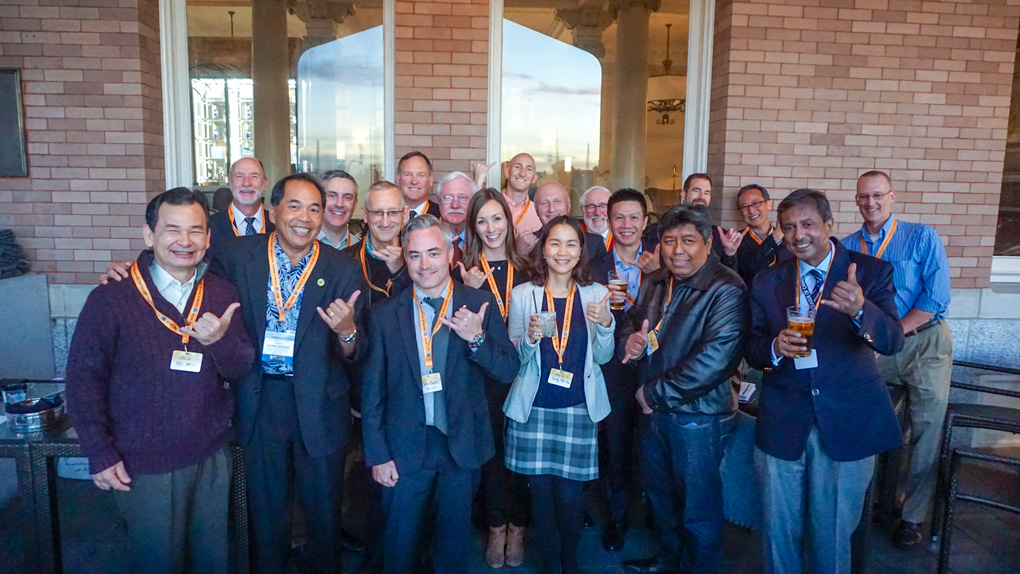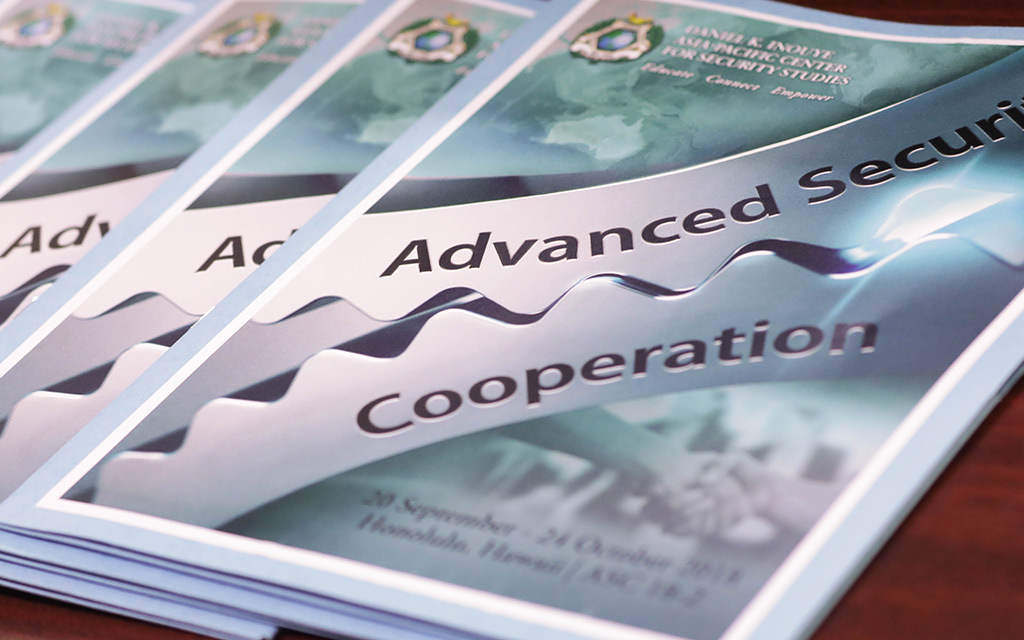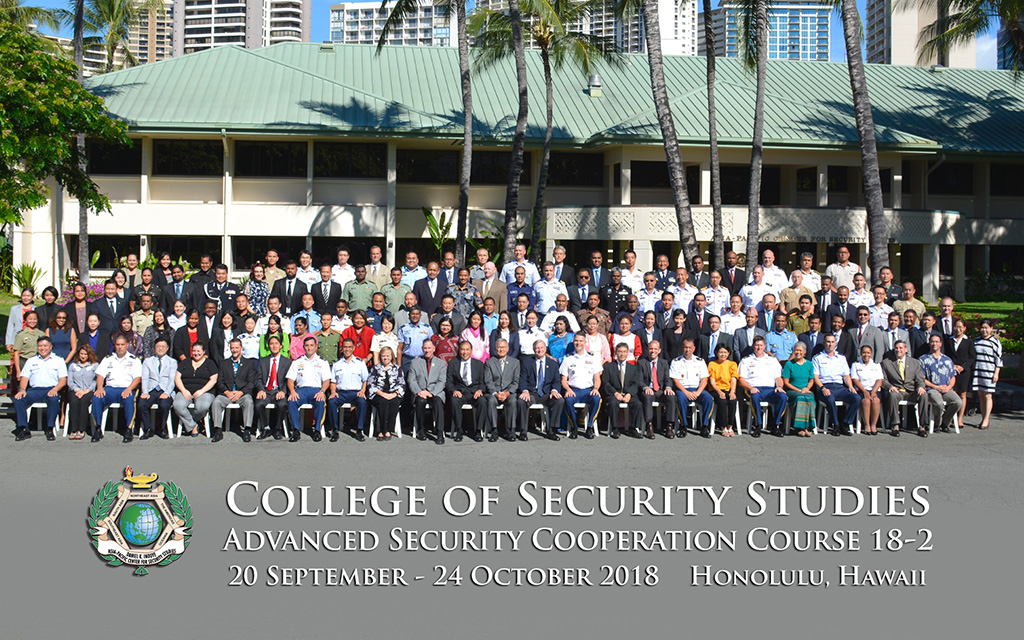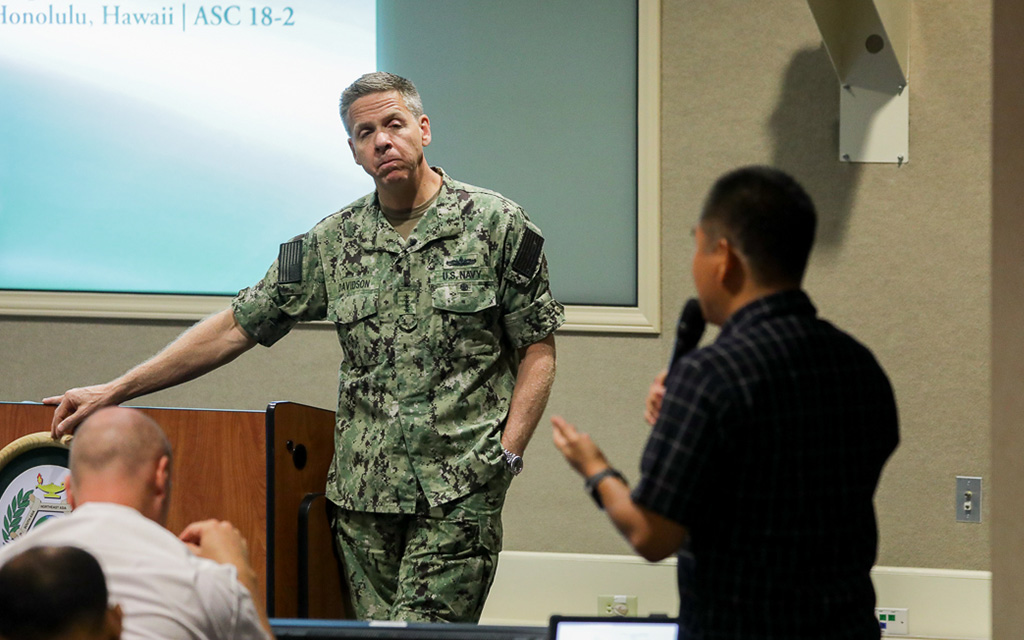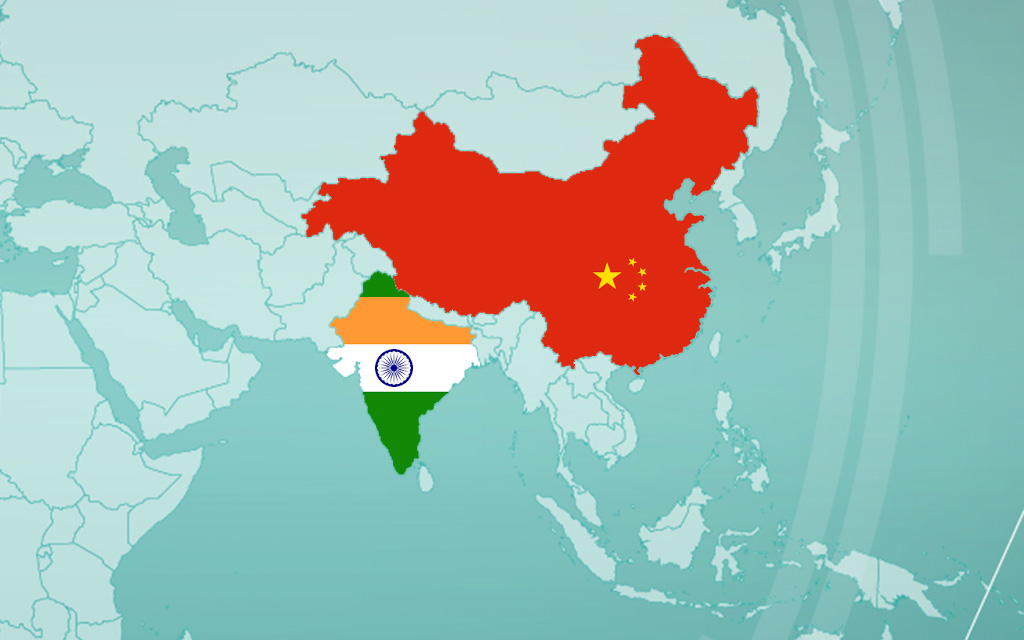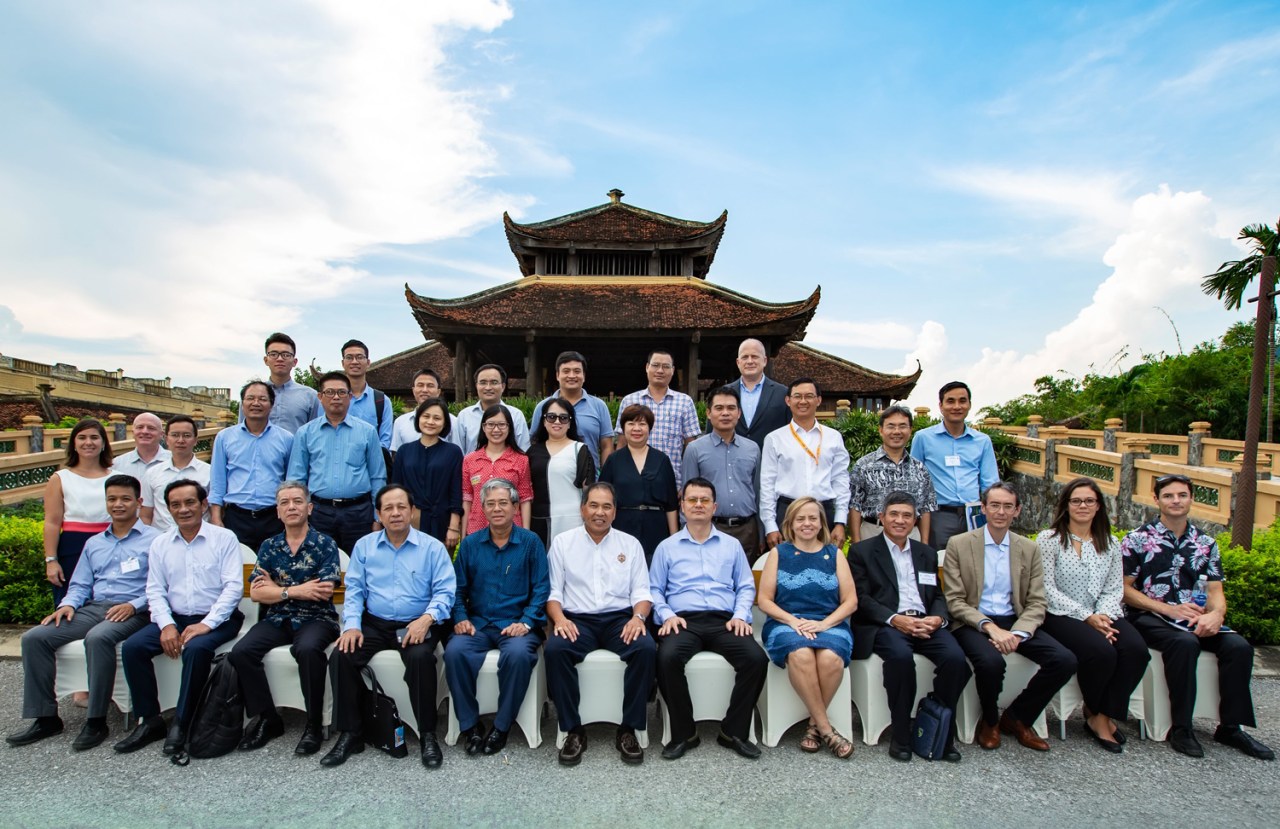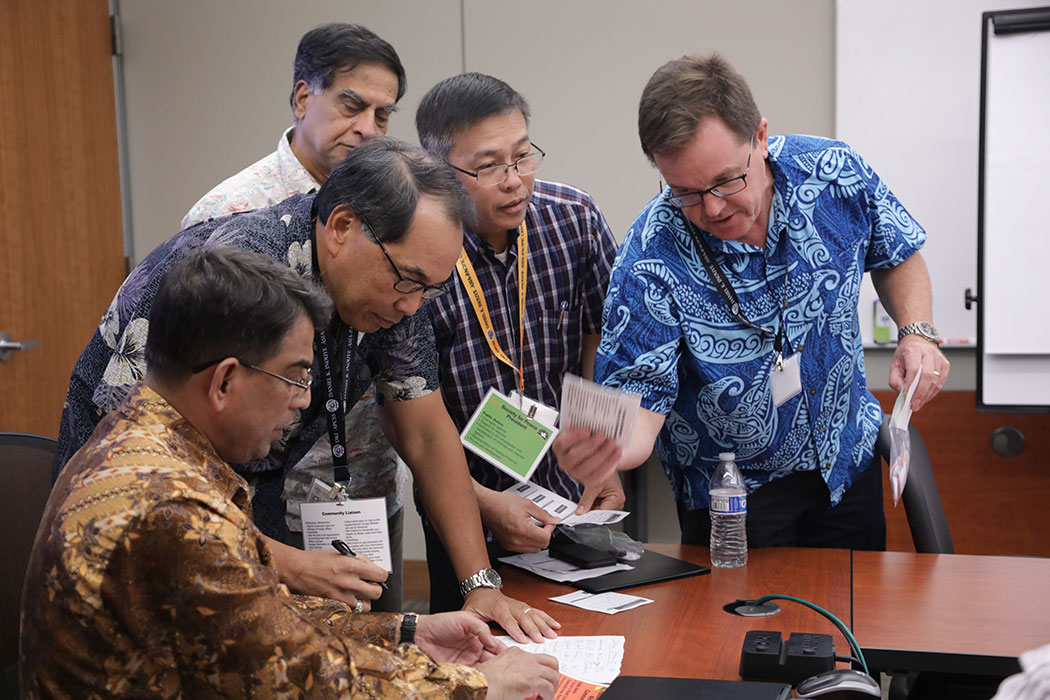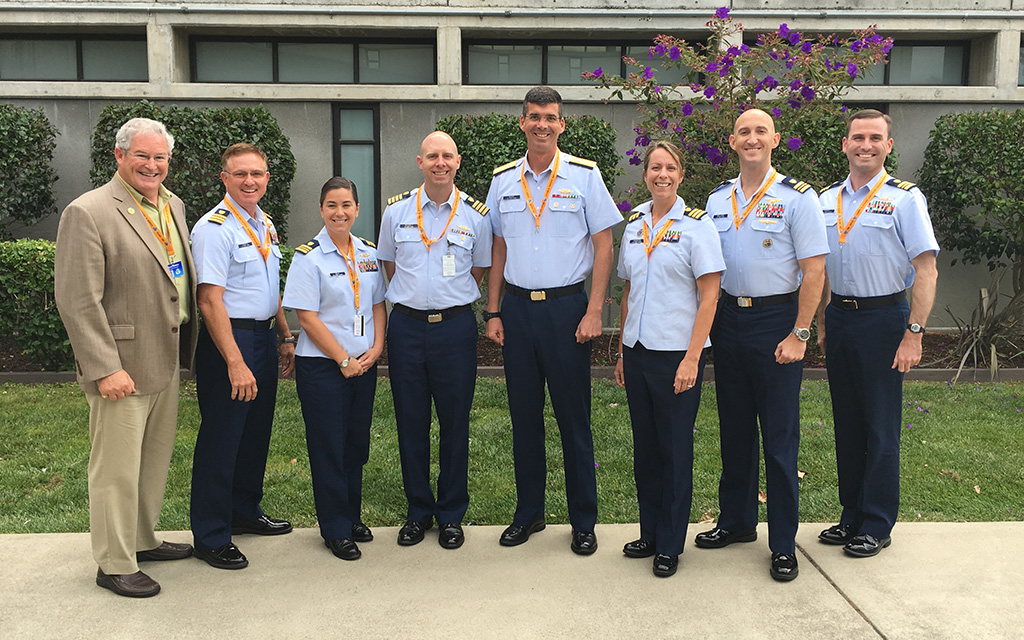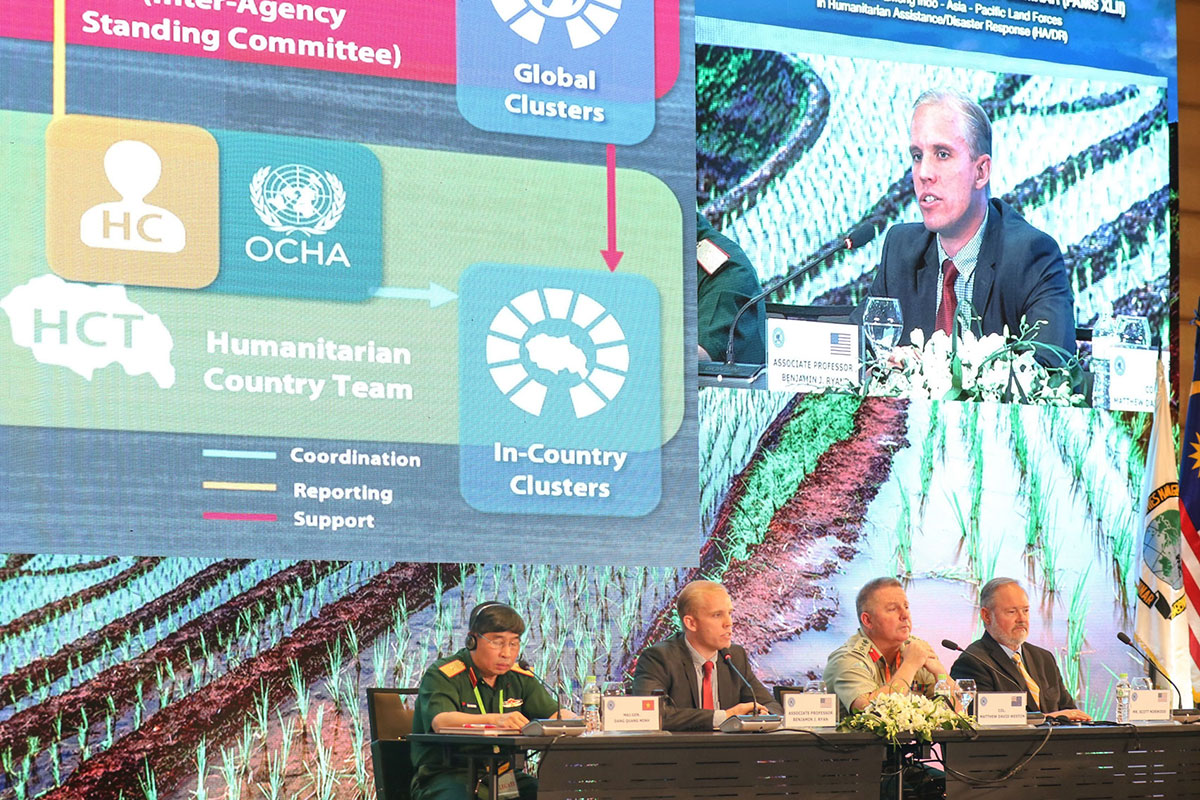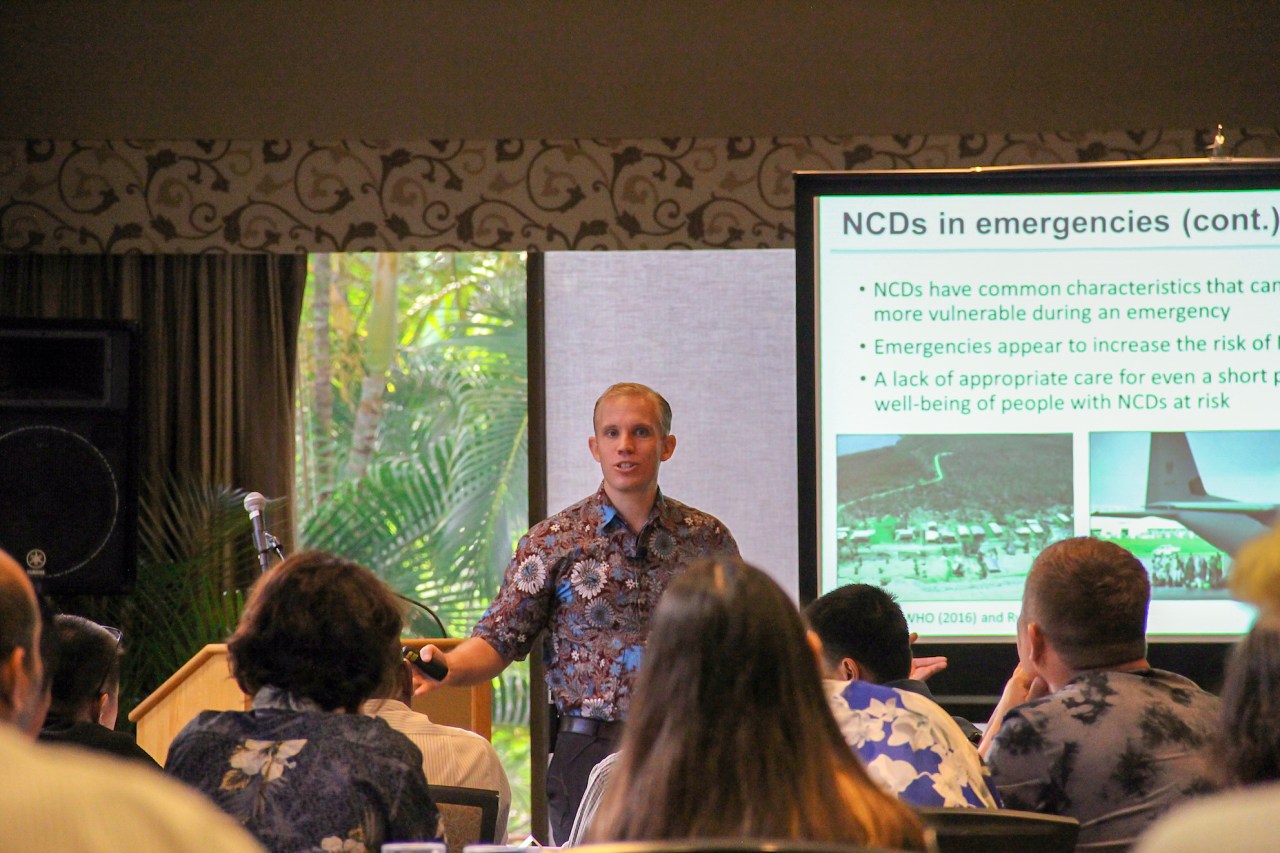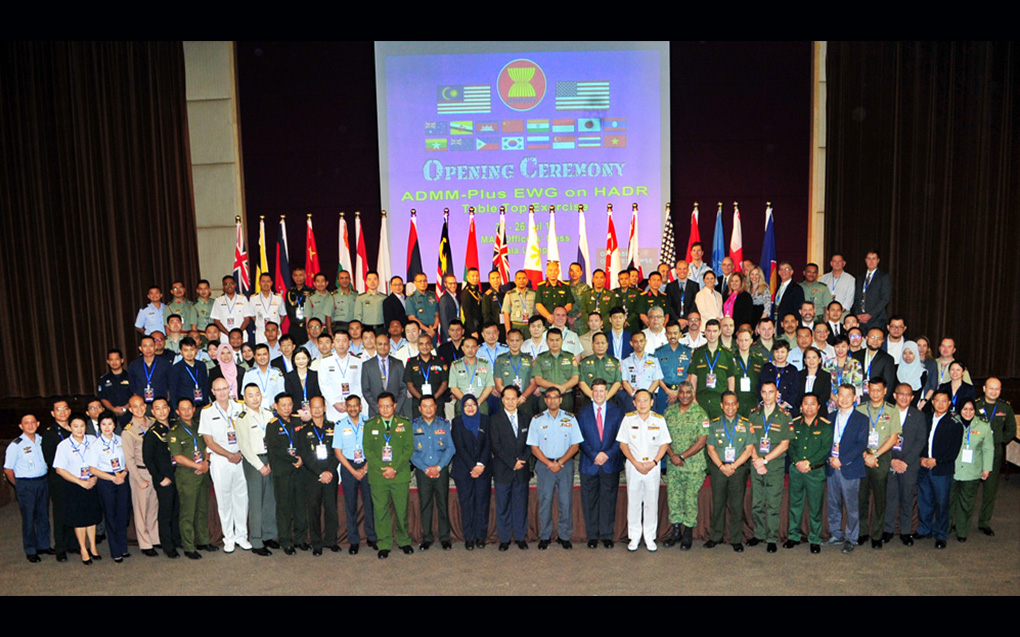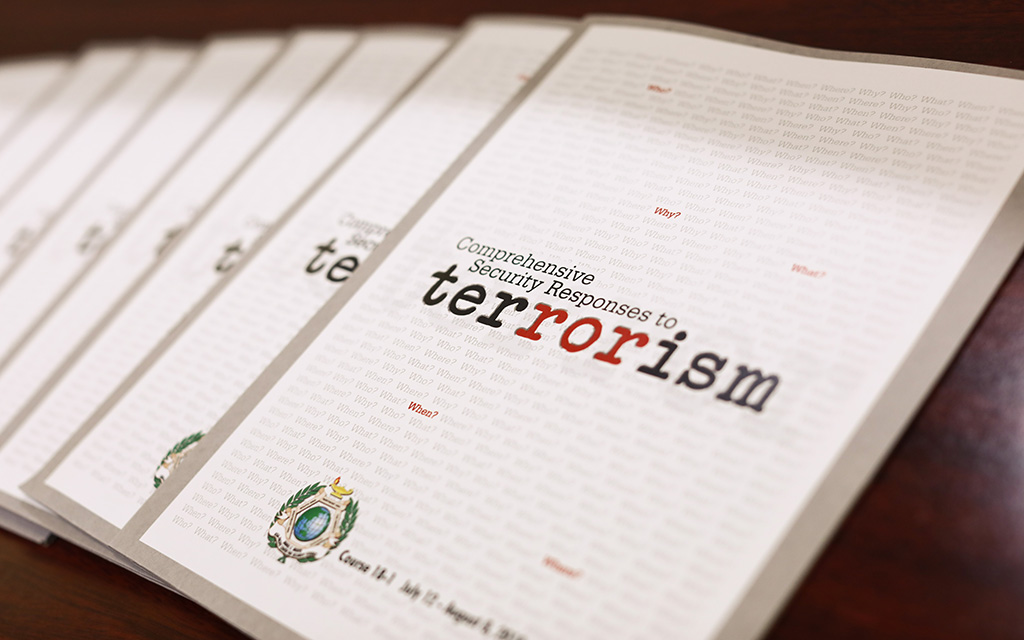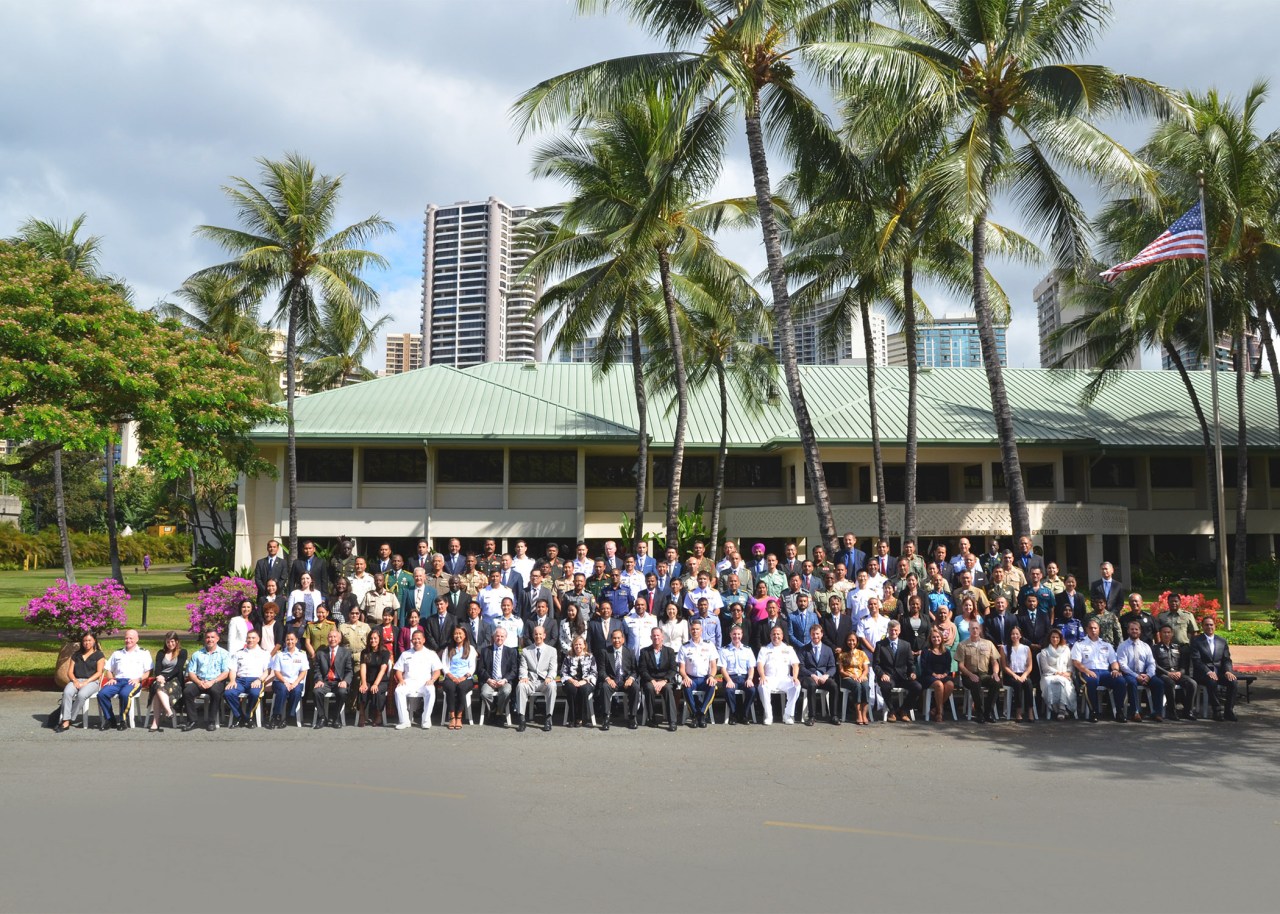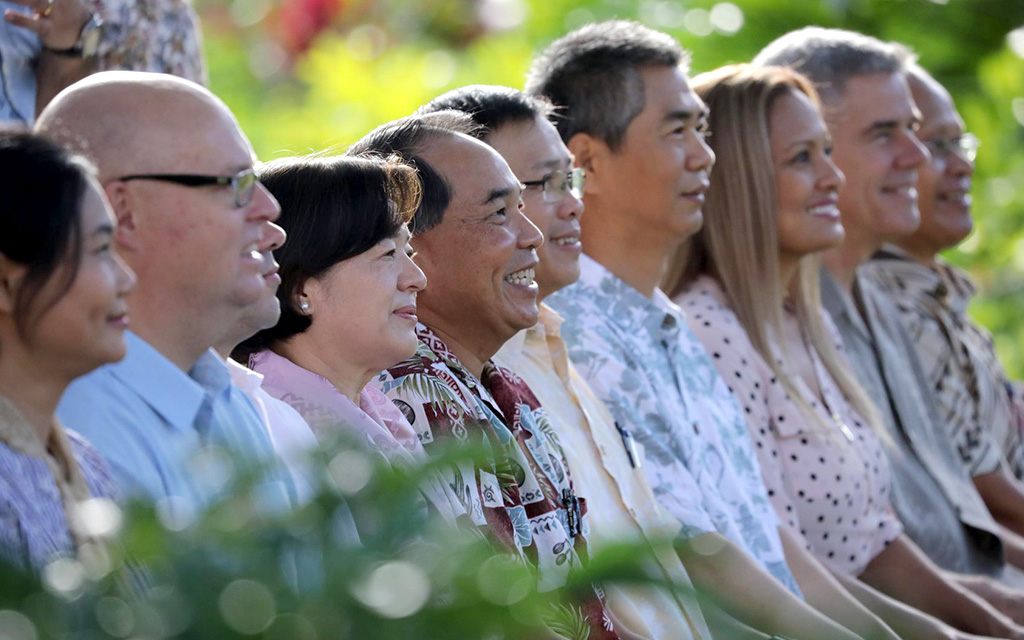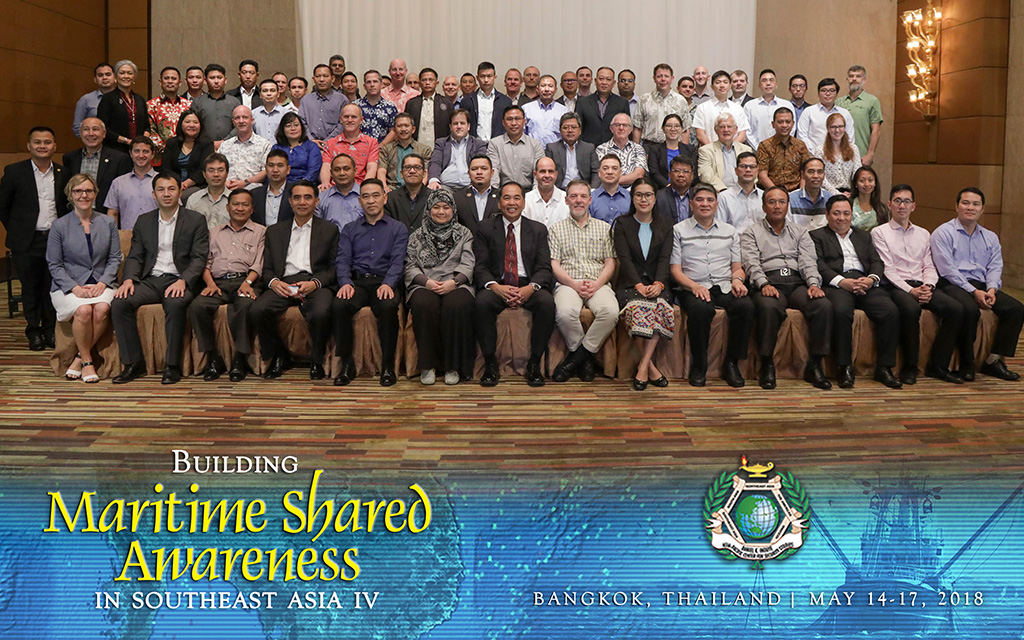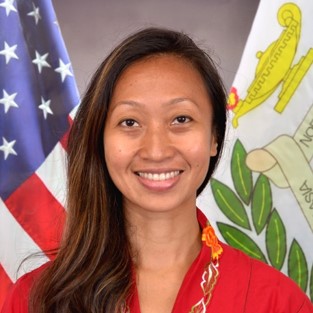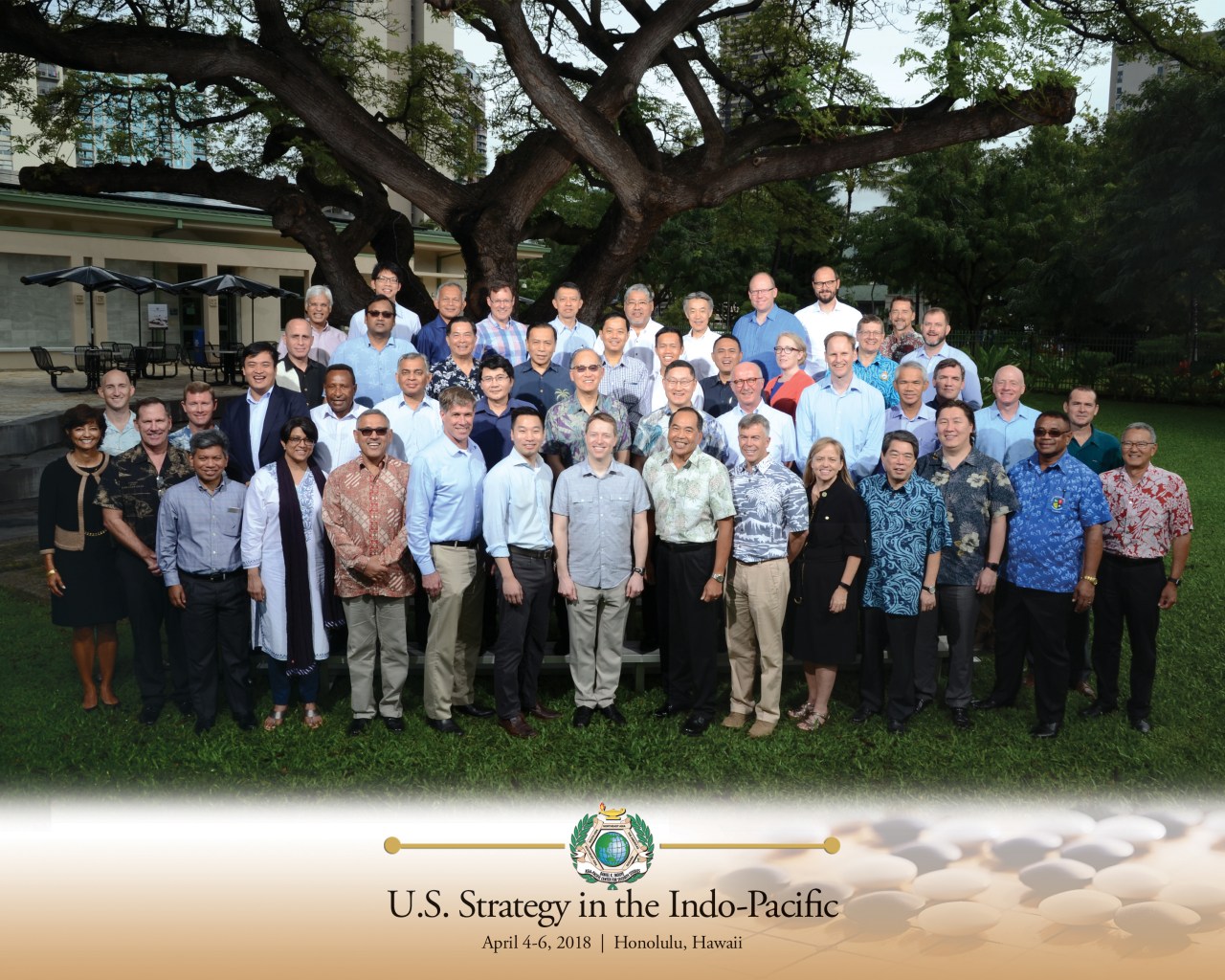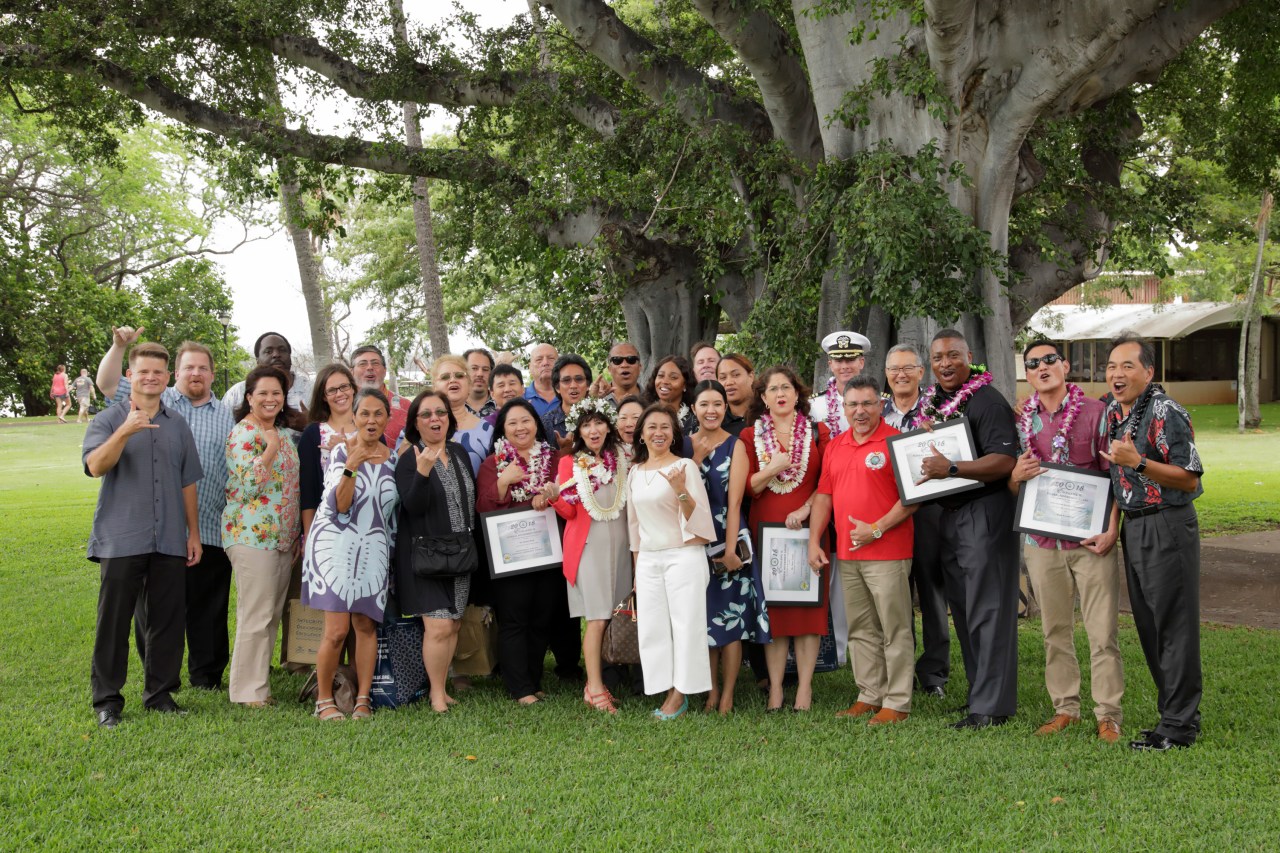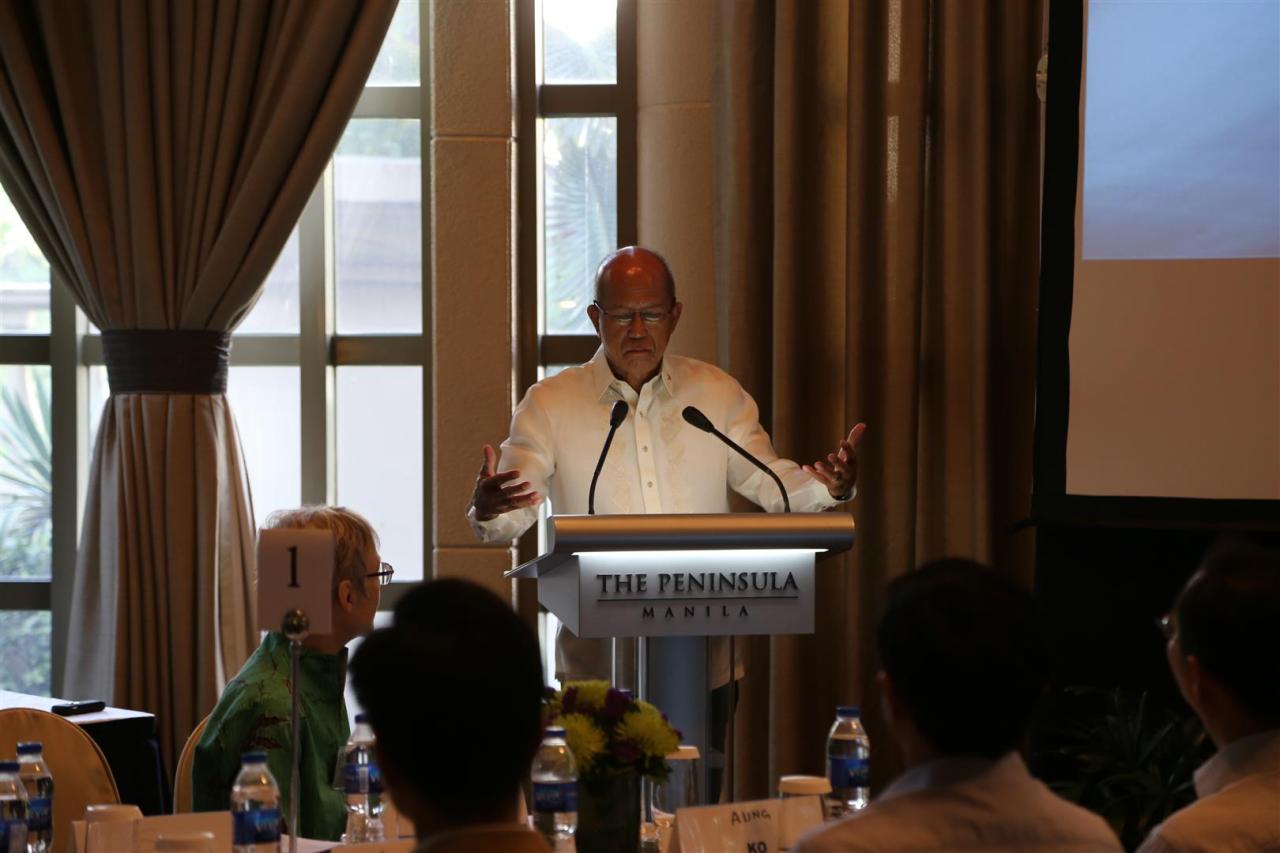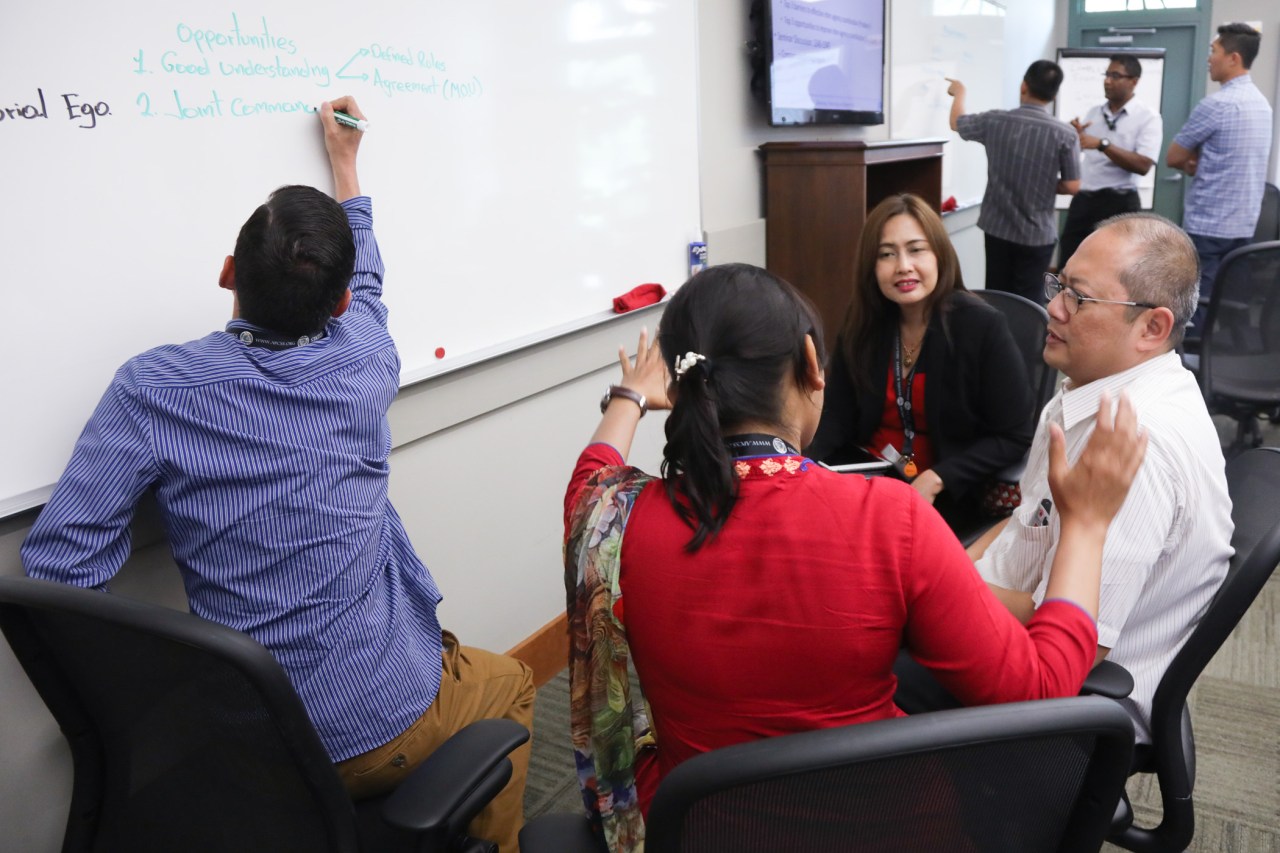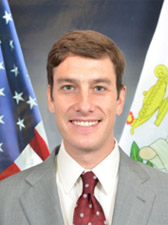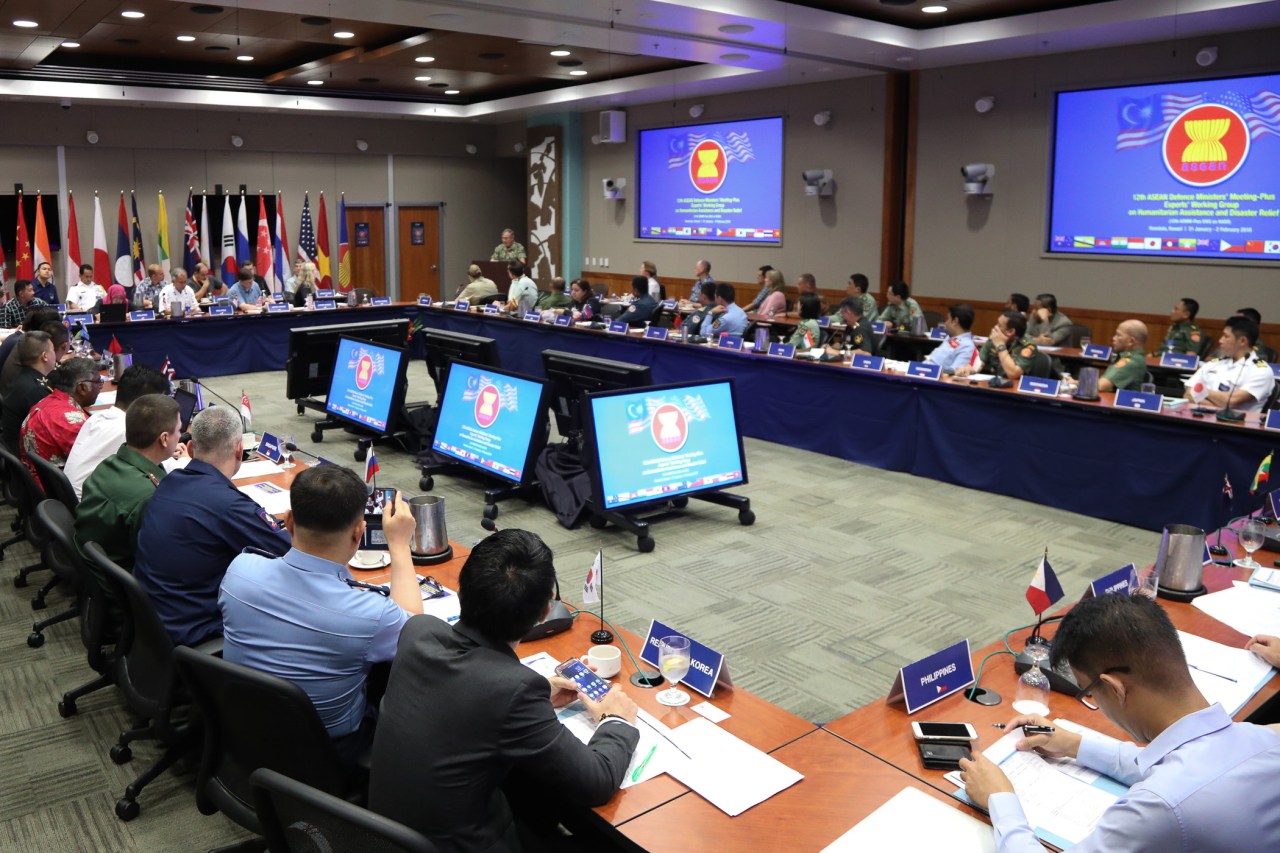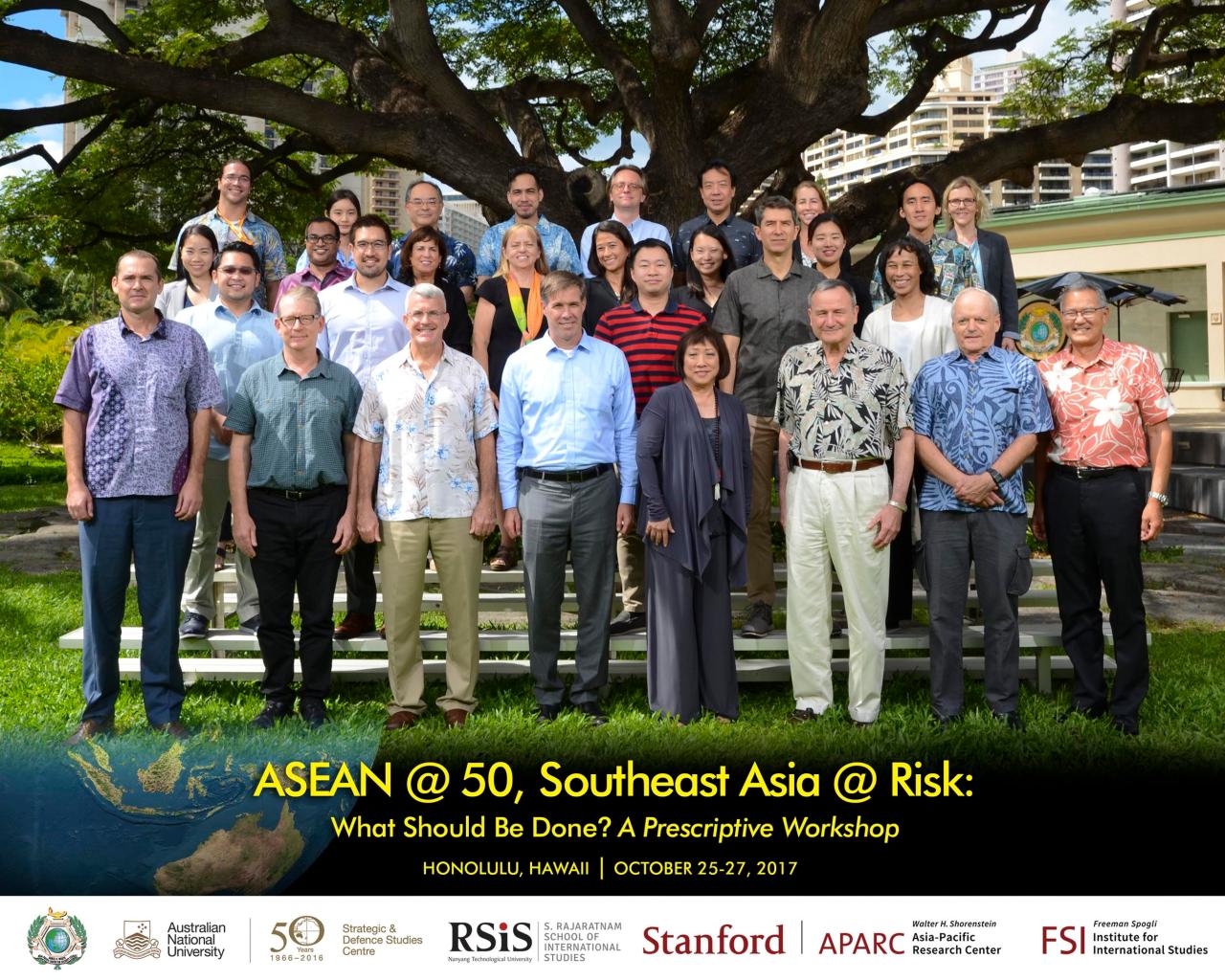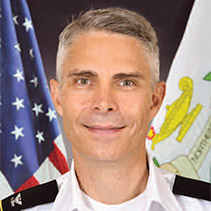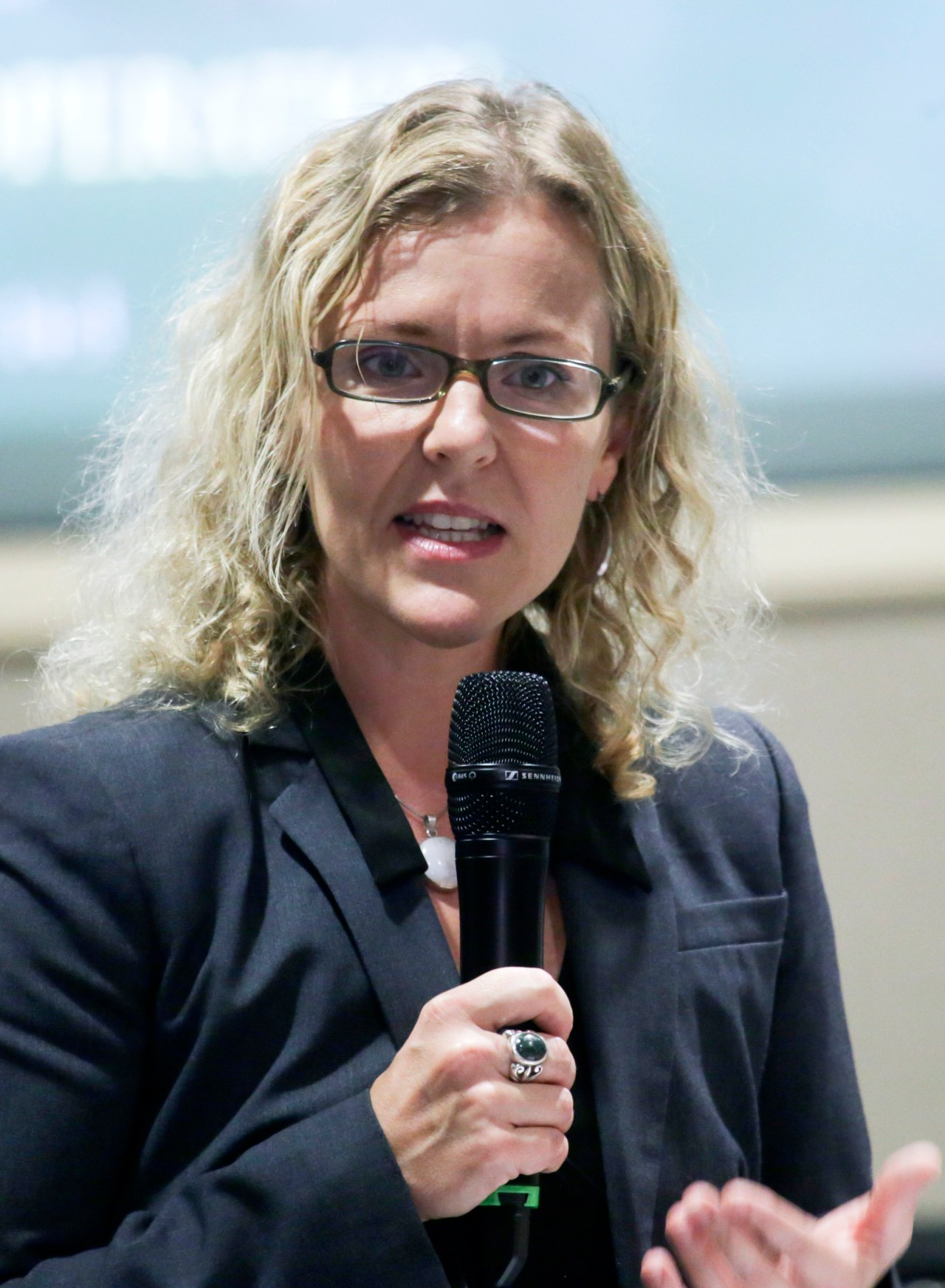news
Security Nexus Perspective Analyzes the Role and Risks of AI in Peacekeeping Operations
APCSS Editor2025-05-08T15:16:11-10:00May 8th, 2025|Categories: news|Tags: AI in peacekeeping, UN peace operations, artificial intelligence conflict zones, MONUSCO SAGE, humanitarian tech, AI ethics UN, predictive analytics peacekeeping, UN digital transformation, peacekeeping technology, AI surveillance ethics|
Security Nexus Perspective Explores Water, Terrorism, and Escalating Risk in South Asia
APCSS Editor2025-05-08T10:24:56-10:00May 8th, 2025|Categories: Journal, news, Sitaraman|Tags: Water Security, India Pakistan conflict, Indus Waters Treaty, water wars South Asia, cross-border terrorism, Kashmir attacks 2025, terrorism and diplomacy, India-Pakistan escalation, hydro-politics, South Asia security|
Dialogue | Episode 43: South Asia’s Strategic Forge
APCSS Editor2025-05-07T07:44:12-10:00May 7th, 2025|Categories: Minnich, news, webinar, Media, Dialogue|Tags: pakistan, Indo-Pacific, South Asia|
Security Nexus Perspective Calls for Bold U.S. Arctic Strategy Through a North American Federation
APCSS Editor2025-05-07T08:22:19-10:00May 5th, 2025|Categories: Canyon, news|Tags: U.S. Arctic Federation, Arctic strategy, North American Arctic, critical minerals, Arctic sovereignty, Arctic defense, Northwest Passage, Arctic infrastructure, Arctic geopolitics|
Security Nexus Perspective Explores How Unresolved Conflicts Undermine Stability in South Asia
APCSS Editor2025-05-02T14:01:49-10:00May 2nd, 2025|Categories: Tekwani, Journal, news|Tags: South Asia, Geopolitics, SecurityStudies, UnfinishedWars, Manipur, Rohingya, Khalistan, TamilTigers, Diaspora Politics, Strategic Deterrence, Balochistan, Kashmir Insurgency|
Forging Unbreakable Bonds: IPSEL SMEE 25-1 Cultivates Enlisted Leadership Across the Indo-Pacific
APCSS Editor2025-04-25T15:51:53-10:00April 25th, 2025|Categories: Courses, Minnich, news|Tags: Indo-Pacific, regional security, Defense cooperation, enlisted leadership, IPSEL SMEE, military partnership, strategic leadership, USINDOPACOM, professional development, cross-cultural exchange|
Security Nexus Perspective: U.S.–India Drone Collaboration as the Future of Deterrence
APCSS Editor2025-04-25T07:56:39-10:00April 24th, 2025|Categories: Tekwani, Journal, news|Tags: Deterrence, Security Nexus, Indo-Pacific Security, Defense Innovation, U.S.-India drone collaboration, unmanned aerial vehicles, attritable systems, military technology partnership, mass production drones, joint defense development, technological deterrence|
Maluhia Talks 2025 Shine a Light on Regional Challenges
APCSS Editor2025-04-22T23:20:51-10:00April 21st, 2025|Categories: Workshop, news|Tags: featured, spotlight, Indo-Pacific Security, Regional collaboration, Defense strategy, Geopolitical competition, International relations, Supply chain resilience, Maluhia Talks, Defense cooperation, Global security|
Ernie Pyle: Remembering a true storyteller
APCSS Editor2025-04-22T23:21:38-10:00April 18th, 2025|Categories: news|Tags: featured, spotlight, Ernie Pyle, war correspondent, WWII journalism, frontline reporting, Pulitzer Prize, National Memorial Cemetery, storytelling, infantry tribute, Pacific theater, Hawaii history|
Security Nexus Perspective Highlights Quiet Strategic Convergence Among India, Vietnam, and the Philippines
APCSS Editor2025-04-16T14:27:43-10:00April 16th, 2025|Categories: Tekwani, Journal, news|Tags: Vietnam, Maritime Security, Indo-Pacific, Philippines, India, Deterrence, multipolarity, strategic convergence, minilateralism, regional resilience|
Security Nexus Perspective Calls for Stronger U.S.-India Defense Production Ties
APCSS Editor2025-04-16T13:27:26-10:00April 9th, 2025|Categories: Tekwani, Journal, news|Tags: technology, interoperability, Indo-Pacific, defense, India, Deterrence, co-production, supply chains, United States, manufacturing|
Yoon’s Foreign Policy Falls Short of “Global Pivotal State” Vision
APCSS Editor2025-04-08T11:54:08-10:00April 8th, 2025|Categories: Kim, External Publications, news|Tags: Japan, China, South Korea, Foreign Policy, Indo-Pacific strategy, Yoon Suk Yeol, Taiwan Strait, regional stability, impeachment, global pivotal state|
DKI APCSS Professor Speaks on Non-State Actors in Malign State Influence
APCSS Editor2025-04-07T09:35:39-10:00April 7th, 2025|Categories: External Publications, news, Mullins|Tags: NSI, Strategic Multilayer Assessment, SMA, Non-State Actors, Malign State Influence|
Transforming perceived disorganization into strategic strength
APCSS Editor2025-04-07T08:43:23-10:00April 7th, 2025|Categories: External Publications, Byrd, news|Tags: Myanmar, Diplomat|
DKI APCSS Returns to Washington for Mobile Indo-Pacific Orientation Course
APCSS Editor2025-04-16T15:21:50-10:00April 1st, 2025|Categories: Courses, news|Tags: fellows, International, Indo-Pacific, Strategic Competition, MIPOC, Washington D.C., security studies, interagency, defense policy, regional cooperation, strategic importance|
Hegseth Addresses Indo-Pacom Partnerships During First Trip to Region
APCSS Editor2025-03-26T14:25:26-10:00March 26th, 2025|Categories: External Publications, news|Tags: Indo-Pacific, hegseth, Defense Secretary, Indo-Pacom|
A Story of Resistance in the Age of Algorithmic Irregular Warfare
APCSS Editor2025-03-27T11:55:40-10:00March 25th, 2025|Categories: External Publications, Lumbaca, news|Tags: Irregular Warfare, Small War Journal, Algorithmic, Resistance|
Critical Domains Take Center Stage during the Comprehensive Security Cooperation Course
APCSS Editor2025-03-20T14:23:01-10:00March 20th, 2025|Categories: Courses, news|Tags: Cooperation, Indo-Pacific, CSC, Critical Domains|
The Daniel K. Inouye Asia-Pacific Center’s Pivotal Role in Strengthening Indo-Pacific Deterrence Strategies
APCSS Editor2025-04-04T09:11:21-10:00March 19th, 2025|Categories: Courses, news|
Dialogue | Episode 42: An Interview with Dr. Bill Wieninger on China’s Nuclear Rise
APCSS Editor2025-04-08T16:52:53-10:00March 14th, 2025|Categories: news, Security Nexus Webinar|Tags: China, Nuclear, Indo-Pacific Security|
Dialogue | Episode 41 An Interview with Dr. Srini Sitaraman on India’s Strategic Challenges
APCSS Editor2025-04-08T13:07:35-10:00March 12th, 2025|Categories: news, Security Nexus Webinar|Tags: India, dialogue, Indo-Pacific Security|
Security Nexus Paper Explores How Non-Warfighters Can Support U.S. Military Lethality
APCSS Editor2025-03-07T11:27:31-10:00March 7th, 2025|Categories: Faculty Articles, Lumbaca, Journal, news|Tags: Military, National Security, Security Cooperation, military effectiveness, innovation, warfighter|
Security Nexus Paper Explores India’s Strategic Role in Myanmar Amidst China’s Influence
APCSS Editor2025-03-07T10:11:43-10:00March 7th, 2025|Categories: Faculty Articles, Byrd, Journal, news|Tags: China, Indo-Pacific, India, Myanmar, Junta, Belt and Road|
New Security Nexus Paper Explores the Defense Industrial Base’s Role in Indo-Pacific Security
APCSS Editor2025-03-05T15:25:38-10:00March 5th, 2025|Categories: Journal, news|Tags: defense industrial base, Indo-Pacific Security, U.S. Defense Strategy, Military Deterrence, Security Cooperation, Defense Innovation|
Dialogue | Episode 39 Myanmar’s Four-Year Struggle: Dr Miemie Winn Byrd on Myanmar’s Resistance, Regional Stakes, and the Road Ahead
APCSS Editor2025-03-11T10:26:36-10:00February 18th, 2025|Categories: news, Security Nexus Webinar, Dialogue|Tags: Myanmar, dialogue, Burma, humanitarian crises|
A new article by Dr. Lami Kim for USIP
APCSS Editor2025-02-10T16:24:06-10:00February 10th, 2025|Categories: Kim, External Publications, news|Tags: North Korea, South Korea, nuclear weapons, missile technology, political stability, U.S. foreign policy, military collaboration, United States Institute of Peace|
Dialogue #38 Frontlines of Economic Warfare: Raquel Garbers on Canada’s Fight for Economic Sovereignty
APCSS Editor2025-02-14T16:03:30-10:00February 5th, 2025|Categories: news, Security Nexus Webinar|Tags: dialogue, Frontlines, Economic Warfare|
DKI APCSS Upgrading Fencing for Security
APCSS Editor2025-02-28T12:32:55-10:00February 5th, 2025|Categories: news|Tags: Security, Fence|
Dialogue 37: The Indo-Pacific Mosaic
APCSS Editor2025-02-13T11:30:30-10:00January 27th, 2025|Categories: news, Security Nexus Webinar|Tags: dialogue|
Dr. Alexander Vuving’s New Publications on Vietnam’s Past and Present
APCSS Editor2025-01-23T12:16:15-10:00January 23rd, 2025|Categories: Vuving, External Publications, news|Tags: Vietnam, War, russia, Ukraine, Publications|
Vares-Lum Assumes Responsibility at DKI APCSS
APCSS Editor2025-02-25T15:43:48-10:00January 16th, 2025|Categories: news|Tags: Director|
New article on Non-State Actors and Irregular Warfare by Sam Mullins
APCSS Editor2024-12-21T10:14:12-10:00December 21st, 2024|Categories: External Publications, news, Mullins|Tags: Irregular Warfare, NSA|
Dialogue #36 Korea’s Martial Law Fallout
APCSS Editor2025-01-23T14:43:30-10:00December 21st, 2024|Categories: news, Security Nexus Webinar|Tags: dialogue|
TSC bring senior leaders together to explore opportunities for cooperation
APCSS Editor2025-04-24T12:35:59-10:00December 18th, 2024|Categories: Courses, College, news, Media|Tags: Security, tsc, Senior Leaders, Fleet Master Chief Isom|
Lauren Dickey and DKI APCSS’ Col. Matthew Kent Call for a Reassessment of U.S. Policy on Taiwan in War on the Rocks
APCSS Editor2024-12-10T14:37:14-10:00December 10th, 2024|Categories: External Publications, news, kent|Tags: National Security, Taiwan policy, Indo-Pacific strategy, gray zone tactics, geopolitical dynamics, interagency coordination|
Coups and Civil-Military relations in South Korea
APCSS Editor2024-12-12T10:33:50-10:00December 9th, 2024|Categories: Kim, External Publications, news|Tags: South Korea, Democracy, Republic of Korea, Foreign Policy, self-coup, martial law, President Yoon, civil-military relations, military dictatorship|
Dialogue #33 | Sustainability and Responsibility in Space
APCSS Editor2025-02-21T15:28:45-10:00November 29th, 2024|Categories: Minnich, news, webinar, Media, Security Nexus Webinar|Tags: space, dialogue|
Dialogue #32 | Seoul Between Moscow and Pyongyang
APCSS Editor2024-12-03T10:42:04-10:00November 26th, 2024|Categories: Minnich, news, webinar, Media, Security Nexus Webinar|Tags: dialogue, Moscow, Pyongyang|
Currents Magazine: Celebrating Partnerships and Resilience
APCSS Editor2024-11-20T10:49:39-10:00November 20th, 2024|Categories: publication, news|Tags: Currents|
How Seoul Should Respond to North Korea’s Soldiers in Russia
APCSS Editor2024-11-18T15:18:25-10:00November 18th, 2024|Categories: Kim, External Publications, news|Tags: North Korea, russia|
IPOC 24-2, Part of the Ohana
APCSS Editor2025-02-10T09:47:20-10:00November 8th, 2024|Categories: Courses, news|Tags: Indo-Pacific, IPOC|
New Director for Daniel K. Inouye Asia-Pacific Center for Security Studies Named
APCSS Editor2024-11-04T11:55:12-10:00November 4th, 2024|Categories: news|Tags: Leadership|
Dialogue | Episode 31: Indo-Pacific Underwater Competition
APCSS Editor2024-11-18T10:19:36-10:00November 3rd, 2024|Categories: Minnich, news, webinar, Media, Security Nexus Webinar|Tags: Indo-Pacific, dialogue, Underwater Competition|
Dialogue Episode 30 | Conflict’s End in Ukraine
APCSS Editor2024-10-29T12:45:17-10:00October 29th, 2024|Categories: Minnich, news, webinar, Media, Security Nexus Webinar|Tags: Conflict, dialogue, Ukraine|
Dialogue | Episode 29: Malaysia Between Giants
APCSS Editor2024-10-15T16:19:07-10:00October 14th, 2024|Categories: Minnich, news, webinar, Media, Security Nexus Webinar|Tags: dialogue, Malaysia|
Under Secretary of Defense for Acquisition and Sustainment Chairs Inaugural Plenary Meeting of Partnership for Indo-Pacific Industrial Resilience
APCSS Editor2024-10-10T15:41:56-10:00October 10th, 2024|Categories: Workshop, news|Tags: Indo-Pacific, Partnerships, acquisition, industrial base|
Dr. Miemie Byrd’s latest article for the Diplomat
APCSS Editor2024-10-02T12:43:45-10:00October 1st, 2024|Categories: External Publications, Byrd, news|Tags: Myanmar, Diplomat|
Is the Myanmar military on verge of falling from power?
APCSS Editor2024-09-20T10:59:14-10:00September 20th, 2024|Categories: Faculty Articles, External Publications, Byrd, news|Tags: Military, Myanmar|
Korea’s Unification Debate: Diverging Views of Kim Jong Un and Yoon Suk-yeol
APCSS Editor2024-09-19T13:06:12-10:00September 19th, 2024|Categories: Kim, External Publications, news|Tags: North Korea|
US Ambassador to Canada Engages with Emerging Leaders
APCSS Editor2024-09-18T14:28:13-10:00September 18th, 2024|Categories: Workshop, news|Tags: Emerging Leaders Program, Alaska, Ted Stevens Center|
DKI APCSS Supports the 5th Thai Senior Security Studies Program
APCSS Editor2025-02-21T11:35:03-10:00September 18th, 2024|Categories: Workshop, Alumni, news|Tags: Thai, SSSP|
Dr. Watson in QUAD Tech Forum
APCSS Editor2024-09-12T16:17:35-10:00September 13th, 2024|Categories: Faculty, Watson, news|Tags: technology, dialogue|
Philippine-Vietnam Yokohama workshop alumni collaborate in a webinar
APCSS Editor2024-09-11T16:30:15-10:00September 11th, 2024|Categories: Workshop, news, webinar|Tags: Vietnam, Philippines|
The Security Nexus Webinar | Episode 27: Navigating Tensions in the South China Sea
APCSS Editor2024-09-25T16:05:21-10:00September 11th, 2024|Categories: Vuving, Watson, Minnich, news, Media, Security Nexus Webinar|Tags: South China Sea|
A New Security Nexus Perspective on Bangladesh’s Future Path
APCSS Editor2024-09-05T15:45:27-10:00September 5th, 2024|Categories: Journal, news|Tags: Bangladesh|
Irregular Warfare and China’s Defense Industrial Base
APCSS Editor2024-09-03T16:06:06-10:00September 3rd, 2024|Categories: External Publications, Lumbaca, news|Tags: China, Irregular Warfare|
Security Nexus Webinar | Episode 25: Bangladesh in Turmoil: The Revolution, Its Fallout, and the Road Ahead
APCSS Editor2025-02-21T15:30:35-10:00August 16th, 2024|Categories: Minnich, news, webinar, Media, Security Nexus Webinar|Tags: Bangladesh, alumni|
Honolulu Welcomes German Defense Minister at DKI Speaker Series
APCSS Editor2024-08-15T15:27:46-10:00August 8th, 2024|Categories: DKI APCSS, Special Event, news, Distinguished Visitors|Tags: Special Event, DKI Speaker Series|
Transnational Security Cooperation Participants Explore Strategic Challenges in the Indo-Pacific
APCSS Editor2024-09-17T08:28:13-10:00July 30th, 2024|Categories: Courses, Alumni, news|Tags: Security, tsc, Senior Leaders|
Security Nexus Webinar | Episode 24: North Korea-Russia Alliance: Economic and Geopolitical Implications
APCSS Editor2024-09-03T16:33:06-10:00July 13th, 2024|Categories: Minnich, news, webinar, Media, Security Nexus Webinar|Tags: North Korea, russia|
Security Nexus Webinar | Episode 23: China’s Strategic Culture: Confucianism or Realpolitik?
APCSS Editor2024-08-27T16:57:30-10:00July 12th, 2024|Categories: Minnich, news, webinar, Media, Feller, Security Nexus Webinar|Tags: China, strategy|
Security Nexus Webinar | Episode 22: Jihadist Terrorism in the Indo-Pacific: Resurgence and Resilience in the Post-Caliphate Era
APCSS Editor2024-07-23T14:24:53-10:00July 11th, 2024|Categories: Minnich, news, Mullins, webinar, Media, Security Nexus Webinar|Tags: Indo-Pacific, Jihadist|
Security Nexus Webinar | Episode 21: From Promises to Reality: Analyzing the 2024 Indian Elections
APCSS Editor2025-02-21T15:32:26-10:00July 10th, 2024|Categories: Minnich, news, webinar, Media, Security Nexus Webinar|Tags: India, election|
Integrating Air and Missile Defense for America’s Pacific Homeland
APCSS Editor2024-07-02T16:45:29-10:00July 2nd, 2024|Categories: Courses, Faculty Articles, External Publications, news, Taylor|Tags: defense, Air and Missile|
Building Whole of Society Resilience
APCSS Editor2024-07-09T16:55:48-10:00June 30th, 2024|Categories: Workshop, news|Tags: Resilience|
CSC 24-2 Graduation: A Journey of Cooperation and Leadership
APCSS Editor2025-04-30T13:01:01-10:00June 20th, 2024|Categories: Courses, news|Tags: CSC|
Security Nexus Webinar | Episode 20: India’s Security Outlook in Modi’s Third Term
APCSS Editor2024-07-09T16:18:57-10:00June 20th, 2024|Categories: Minnich, news, webinar, Media, Security Nexus Webinar|Tags: pakistan, Indo-Pacific|
Bamboo in a storm: the Russia-Ukraine war and Vietnam’s foreign policy (2022–2024)
APCSS Editor2024-06-07T12:49:44-10:00June 7th, 2024|Categories: Vuving, External Publications, news|Tags: Vietnam, russia, Foreign Policy, Ukraine|
Maluhia Talks about Defense Industrial Base Resilience
APCSS Editor2024-05-31T06:46:26-10:00May 31st, 2024|Categories: Workshop, news|Tags: Indo-Pacific, strategy, defense, Collaboration|
Security Nexus Webinar | Episode 17: Outlaw Empires: The Rise of Motorcycle Gangs and the Global Security Threat
APCSS Editor2024-06-12T06:51:01-10:00May 31st, 2024|Categories: Minnich, news, webinar, Media, Security Nexus Webinar|Tags: Motorcycle, Gangs, Security Threat|
Security Nexus Webinar | Episode 16: Ukraine War, Global Power Shifts, and Security Implications for the Indo-Pacific
APCSS Editor2024-05-31T06:20:10-10:00May 22nd, 2024|Categories: Minnich, news, webinar, Media, Security Nexus Webinar|Tags: Ukraine|
Security Nexus Webinar | Episode 15: The Philippines Builds Security, Faces Challenges
APCSS Editor2024-05-22T15:08:18-10:00May 20th, 2024|Categories: Watson, Minnich, news, webinar, Media, Security Nexus Webinar|Tags: Philippines|
2024 Excellence in Federal Government Awards
APCSS Editor2024-05-13T11:55:28-10:00May 10th, 2024|Categories: news, Awards|
Inaugural Indo-Pacific Senior Enlisted Leaders SMEE Empowers Collaboration, Sets Stage for Stronger Regional Security
APCSS Editor2025-04-24T12:36:26-10:00May 7th, 2024|Categories: Courses, Workshop, news|Tags: Security, Indo-Pacific, space, Fleet Master Chief Isom|
MIPOC goes to Japan
APCSS Editor2024-05-07T09:48:32-10:00May 7th, 2024|Categories: Courses, news|Tags: Japan, MIPOC|
Security Nexus Webinar | Episode 14: The Great Game of Digital Dominance
APCSS Editor2024-05-07T15:40:04-10:00May 6th, 2024|Categories: Minnich, news, hemmings, webinar, Media, Security Nexus Webinar|Tags: technology|
Command Senior Enlisted Leader CMSgt Jacob Simmons Addresses Key Role of Space in Indo-Pacific Security
APCSS Editor2024-04-25T11:26:19-10:00April 25th, 2024|Categories: news|Tags: Security, Indo-Pacific, space|
Security Nexus Webinar | Episode 13: Competing in the Gray Zone
APCSS Editor2024-05-06T11:01:28-10:00April 24th, 2024|Categories: Minnich, news, Mullins, webinar, Media, Security Nexus Webinar|Tags: Gray Zone|
Dr. Lumpy Lumbaca Reviews “Sri Lanka’s Easter Sunday Massacre” by Dr. Rohan Gunaratna
APCSS Editor2024-03-28T16:14:40-10:00March 28th, 2024|Categories: Journal, news|Tags: Maritime Security, ASEAN, MDA, South China Sea|
ROK-US Alliance: 70 for 70
APCSS Editor2024-03-15T14:06:05-10:00March 15th, 2024|Categories: External Publications, Minnich, news|Tags: ROK, Alliance|
Security Nexus | Webinar Episode 11: North Korea: Beyond the Headlines – Unveil the Reality with Glyn Ford
APCSS Editor2024-03-11T15:20:23-10:00March 11th, 2024|Categories: Minnich, news, Security Nexus Webinar|Tags: North Korea|
South Korea’s Offensive Military Strategy and Its Dilemma
APCSS Editor2024-03-01T16:15:44-10:00March 1st, 2024|Categories: Faculty Articles, External Publications, news, Cho|Tags: South Korea, ROK, US|
Security Nexus | Webinar Episode 9: Fishing for Security from Sea Slavery
APCSS Editor2024-02-28T15:10:31-10:00February 28th, 2024|Categories: Minnich, news, Security Nexus Webinar|Tags: IUU|
Vietnam’s future strategy
APCSS Editor2024-02-21T14:24:11-10:00February 22nd, 2024|Categories: Vuving, External Publications, news|Tags: Vietnam, strategy|
Dr. Alexander Vuving on rapid changes in Vietnam
APCSS Editor2024-02-22T16:39:44-10:00February 21st, 2024|Categories: Vuving, External Publications, news|Tags: Vietnam, Foreign Policy|
Security Nexus | Webinar Episode 9 and Episode 11 Double Feature
APCSS Editor2024-02-28T15:02:06-10:00February 15th, 2024|Categories: Minnich, news|Tags: North Korea|
New Insight on Maritime Domain Awareness Initiatives in ASEAN Region
APCSS Editor2024-02-02T10:07:01-10:00February 2nd, 2024|Categories: Journal, news|Tags: Maritime Security, ASEAN, MDA, South China Sea|
OpEd: A prescription to revive the Myanmar economy
APCSS Editor2024-01-30T15:12:26-10:00January 30th, 2024|Categories: Faculty Articles, Byrd, news|Tags: Military, economy, political, Myanmar|
DKI APCSS hosts Defense Industrial Base Resilience Workshop
APCSS Editor2024-05-06T16:09:45-10:00January 24th, 2024|Categories: Workshop, Alumni, news|Tags: Resilience, defense, Senior Leaders, supply chain|
Security Nexus | Webinar Episode 7: Taiwan’s Post-election Strategic Future
APCSS Editor2024-04-02T11:21:51-10:00January 19th, 2024|Categories: Minnich, Burgoyne, news, Security Nexus Webinar|Tags: Taiwan|
Dr. Byrd briefs members of Japan’s Upper House
APCSS Editor2024-01-16T09:58:48-10:00January 16th, 2024|Categories: Byrd, news|Tags: Japan, Myanmar|
Security Nexus | Webinar Episode 5: Nuclear Indo-Pacific
APCSS Editor2024-01-12T14:30:59-10:00December 18th, 2023|Categories: Kim, Minnich, news, webinar, Media, Security Nexus Webinar|Tags: Nuclear, Webinar, Security Nexus|
Senior Leaders Gain a New View of the Region at TSC 23-2
APCSS Editor2024-01-09T15:21:13-10:00December 13th, 2023|Categories: Courses, Alumni, news|Tags: Security, tsc, Senior Leaders|
Security Nexus | Webinar Episode 4: China’s Perspective of Indo-Pacific Security
APCSS Editor2024-01-12T14:30:05-10:00December 8th, 2023|Categories: Faculty, news, Sitaraman, Media, Security Nexus Webinar|Tags: China, Security, Indo-Pacific, podcast, hawaii|
Bailey selected as the new deputy director at the Daniel K. Inouye Asia-Pacific Center for Security Studies
APCSS Editor2024-03-11T09:19:23-10:00December 7th, 2023|Categories: news|Tags: Leadership|
Ke Kumu Ep. 2: Dr. Sebastian Kevany discusses Global Health Security in the Indo-Pacific
APCSS Editor2023-11-30T15:38:02-10:00November 30th, 2023|Categories: Faculty, news, kevany, Media|Tags: Indo-Pacific, podcast, hawaii|
Solution for a Maritime Force Structure
APCSS Editor2024-03-07T10:21:03-10:00November 30th, 2023|Categories: Faculty, news, Taylor|Tags: Maritime Security|
Politics by Numbers: Plato’s Shadows Provide a Ray of Hope
APCSS Editor2023-11-29T17:17:57-10:00November 29th, 2023|Categories: Journal, news|Tags: China, Security, Indo-Pacific|
Philippine President Addresses Regional Security Challenges at DKI APCSS
APCSS Editor2024-03-11T09:17:59-10:00November 20th, 2023|Categories: DKI APCSS, news|Tags: speaker, DKI Speaker Series|
Security Nexus | Webinar Episode 2: Beyond Borders: Indo-Pacific Health Security Cooperation
APCSS Editor2024-01-12T14:29:31-10:00November 18th, 2023|Categories: Faculty, news, kevany, Media, Security Nexus Webinar|Tags: health security, Indo-Pacific, podcast|
Dr. Lumpy Lumbaca Advocates for a New Irregular Warfare Approach in the Indo-Pacific
APCSS Editor2023-11-17T13:36:45-10:00November 15th, 2023|Categories: College, Faculty Articles, External Publications, Lumbaca, news|Tags: Indo-Pacific, Irregular Warfare|
Security Nexus | Webinar Episode 1: US-Korea-Japan Trilateral on China’s Maritime Strategy and Allies’ Responses
APCSS Editor2024-01-12T11:46:06-10:00November 9th, 2023|Categories: Faculty, news, Sitaraman, Media, Security Nexus Webinar|Tags: Indo-Pacific, podcast, hawaii|
DKI APCSS Participated in the Galle Dialogues
APCSS Editor2023-10-31T15:38:12-10:00October 31st, 2023|Categories: Faculty, Conference, news, Media, Dialogue|Tags: Maritime, Galle Dialogues|
CSC 23-3: Fellows navigate uncertainty with courage
APCSS Editor2023-10-30T09:04:48-10:00October 27th, 2023|Categories: Courses, Alumni, news|Tags: Fellow, comprehensive, Security, Cooperation, Indo-Pacific, CSC|
Chinese Views of North Korea’s Uncertain Future
APCSS Editor2023-10-20T13:51:10-10:00October 20th, 2023|Categories: Courses, news, Cho, Media|Tags: North Korea, South Korea, podcast, Chinese|
Hawaii community leaders support peace and stability in the Indo-Pacific
APCSS Editor2023-10-19T16:27:12-10:00October 19th, 2023|Categories: DKI APCSS, news|Tags: community, hawaii, foundation|
Security Nexus Perspective: Rethinking Security Cooperation in the Indo-Pacific
APCSS Editor2023-10-10T23:34:40-10:00October 10th, 2023|Categories: Journal, news|Tags: China, Security, Indo-Pacific|
Prof. Shyam Tekwani participates in Counterinsurgency Communication Strategy Masterclass
APCSS Editor2023-09-28T10:59:26-10:00September 28th, 2023|Categories: Courses, Faculty, College, Workshop, news|Tags: Counterinsurgency|
Dr. Alex Vuving’s interview on High-Tech Supply Chains and the US-Vietnam Upgrade
APCSS Editor2023-09-28T09:52:57-10:00September 28th, 2023|Categories: College, Faculty Articles, Vuving, news|Tags: Vietnam, interview, US|
New Vuving OpEd on Vietnam’s strategic partnerships
APCSS Editor2023-09-26T09:50:02-10:00September 26th, 2023|Categories: College, Faculty Articles, Vuving, news|Tags: Vietnam, Partnerships, Strategic|
Developing Hawai’i’s Relationships with Indo-Pacific – Part One: Point Counterpoint
APCSS Editor2023-09-26T10:03:36-10:00September 26th, 2023|Categories: Faculty, news, Sitaraman, Media|Tags: Indo-Pacific, podcast, hawaii|
Dr. Sungmin Cho Discusses South Korea’s role in a Taiwan Contingency on the CSIS Podcast
APCSS Editor2023-09-21T16:20:18-10:00September 21st, 2023|Categories: Courses, news, Cho, Media|Tags: South Korea, podcast, CSIS|
Webinar explores opportunities to boost space collaboration through partnerships
APCSS Editor2023-09-21T13:09:36-10:00September 21st, 2023|Categories: news, Media|Tags: Media, Webinar|
Exploring vulnerabilities in Papua New Guinea’s national security
APCSS Editor2023-09-20T17:24:38-10:00September 20th, 2023|Categories: Journal, news|Tags: system, National Security, Complexity Science|
Every Taiwan Citizen a Resistance Member: Preparing for a Chinese Occupation
APCSS Editor2023-09-15T12:53:12-10:00September 15th, 2023|Categories: College, Faculty Articles, External Publications, Lumbaca, news|Tags: Taiwan, China, War|
Philippines must stand up for its rights at South China Sea shoal
APCSS Editor2023-08-23T14:37:08-10:00August 23rd, 2023|Categories: College, Faculty Articles, Vuving, news|Tags: Philippines, South China Sea|
Join us for a virtual seminar on space
APCSS Editor2023-08-18T15:55:25-10:00August 18th, 2023|Categories: Courses, Faculty, College, news|Tags: space, Partnerships, Asia-Pacific, Economies|
South Korea Needs a Drone Strategy
APCSS Editor2023-08-18T12:20:33-10:00August 18th, 2023|Categories: Faculty Articles, Kim, External Publications, news|Tags: South Korea, ROK, Drone|
Security Nexus paper on Northeast Asia’s Military Tech & South Korean Defense Implications
APCSS Editor2023-08-18T13:35:24-10:00August 17th, 2023|Categories: Journal, news|Tags: China, North Korea, technology, defense, South Korea, Northeast Asia|
Engaging Transnational Security in the Heart of the Pacific
APCSS Editor2023-08-03T13:31:35-10:00August 2nd, 2023|Categories: Courses, news|Tags: Transnational, Security, tsc|
Indo-Pacific Maritime Security Exchange
APCSS Editor2023-08-02T11:22:42-10:00August 2nd, 2023|Categories: news, webinar|Tags: Maritime Security, Maritime, Indo-Pacific|
New Policy Brief on China’s Nuclear Modernization and Northeast Asian Security
APCSS Editor2023-07-31T15:56:49-10:00July 31st, 2023|Categories: Faculty Articles, Kim, External Publications, news|Tags: China, Nuclear, US|
Security Nexus article presents Germany’s Indo-Pacific strategy
APCSS Editor2023-07-28T12:35:08-10:00July 28th, 2023|Categories: Journal, news|Tags: Indo-Pacific, Germany, Security Nexus|
Professors Cho and Kim publish articles on strengthening ROK-US critical technologies
APCSS Editor2023-07-26T17:05:27-10:00July 26th, 2023|Categories: Faculty Articles, Kim, External Publications, news, Cho|Tags: Cooperation, ROK, US, Critical Technologies|
A New Nexus Paper Calls for Strategic Clarity in U.S.-China Relations
APCSS Editor2023-06-25T15:21:58-10:00June 23rd, 2023|Categories: Journal, news|Tags: Strategic Ambiguity, Strategic Clarity, Strategic Communications, Instrument of National Power, Deterrence, PRC|
Experts from Europe and Indo-Pacific Collaborate to Strengthen Whole-of-Society Resilience
APCSS Editor2023-06-29T14:54:08-10:00June 15th, 2023|Categories: Workshop, Alumni, news|Tags: Indo-Pacific, europe|
Security Nexus perspective paper on Unexplained Aerial Phenomena across The Indo-Pacific
APCSS Editor2023-06-02T16:36:29-10:00June 2nd, 2023|Categories: Journal, news, Reiss|Tags: Indo-Pacific, UAP|
With three generations, DKI APCSS becomes a family tradition
APCSS Editor2023-05-18T11:23:06-10:00May 17th, 2023|Categories: DKI APCSS, news|Tags: Volume 40, Family|
Maluhia Workshop Convenes Senior Officials for Strategic Collaboration
APCSS Editor2023-05-12T11:43:33-10:00May 12th, 2023|Categories: Workshop, news|Tags: Indo-Pacific, strategy, Collaboration|
Standout Fellows Return to the Center as ‘Alumni Seminar Leaders’
APCSS Editor2025-02-21T14:08:02-10:00May 10th, 2023|Categories: Courses, Alumni, news, Alumni-kiosk|Tags: Leaders, alumni, Volume 40, Seminar|
A Security Nexus Report Article Focusing on Artificial Intelligence for Security Practitioners
APCSS Editor2023-05-09T09:49:55-10:00May 9th, 2023|Categories: Journal, news, Feller|Tags: Security, AI|
The 67th Annual Excellence in Federal Government Awards Program
APCSS Editor2023-05-09T10:48:32-10:00May 8th, 2023|Categories: Faculty, DKI APCSS, news|Tags: Faculty, Staff|
Nationalism versus liberalism: A South Korean view of the Taiwan issues
APCSS Editor2023-05-08T10:30:33-10:00May 8th, 2023|Categories: Faculty Articles, news, Cho|Tags: Taiwan, South Korea, opinion|
DKI APCSS Military Fellow publishes paper on AI and Civil-Military Operations
APCSS Editor2023-04-17T15:46:10-10:00April 17th, 2023|Categories: Courses, Faculty Articles, news, Smith|Tags: Military, AI|
Balancing Economic Security: Insights from Alumnus Col. Mendee Jargalsaikhan
APCSS Editor2023-06-22T09:34:47-10:00April 17th, 2023|Categories: Alumni, news, Media|Tags: Security, economic, Mongolia|
Currents Magazine: Celebrating Face-to-Face Engagements and Collaborations
APCSS Editor2023-04-12T13:42:43-10:00April 12th, 2023|Categories: publication, news|Tags: Currents|
Wade Turvold Participates in DSCA/Regional Centers Panel at Sea Air Space Conference
APCSS Editor2023-04-11T12:40:57-10:00April 11th, 2023|Categories: Faculty, news, Turvold|Tags: Security, Cooperation, defense, DSCA, Regional Centers|
Enhancing Security Cooperation: Indo-Pacific Course Empowers Fellows with Critical Thinking Skills
APCSS Editor2025-04-30T14:08:36-10:00April 5th, 2023|Categories: Courses, news|Tags: CSC, Volume 40|
New Vuving OpEd on China’s role as a peacemaker
APCSS Editor2023-04-04T14:54:52-10:00April 4th, 2023|Categories: College, Faculty Articles, Vuving, news|Tags: Vietnam, defense|
New Paper Urges Southeast Asian States to Strengthen National Biodefense Strategies in the Face of Emergent Infectious Diseases
APCSS Editor2023-05-09T09:42:06-10:00March 27th, 2023|Categories: Carter, Journal, news|Tags: Security, asia, National, South Asia, Biodefense|
Conflict Scenarios Between the United States and China at Sea
APCSS Editor2023-03-02T13:33:38-10:00March 2nd, 2023|Categories: Faculty Articles, news, Turvold|Tags: Maritime, Fellow, strategy|
Myanmar Economy in Tailspin, 2 Years after the Military Coup
APCSS Editor2023-02-01T12:22:41-10:00February 1st, 2023|Categories: Faculty Articles, Byrd, news|Tags: Military, economy, political, Myanmar|
Strengthening Shared Understanding Among the Partners in the Blue Pacific and Pacific Islands: Illegal, Unreported and Unregulated Fishing (IUUF) and Maritime Domain Awareness (MDA)
APCSS Editor2023-01-26T16:05:17-10:00January 26th, 2023|Categories: Workshop, news|Tags: Pacific, MDA, Islands, IUUF|
SSC-DKI APCSS MOU Signing Ceremony
APCSS Editor2023-01-25T14:25:31-10:00January 25th, 2023|Categories: news|Tags: thailand, MOU|
‘We’ over ‘Me’, Richard Sears Retires after 52 Years of Service
APCSS Editor2025-02-21T14:09:03-10:00January 13th, 2023|Categories: DKI APCSS, news, Awards|Tags: event, retirement, Staff|
Is Vietnam Torn Between Land and Sea in Its Defense?
APCSS Editor2023-01-06T13:05:19-10:00January 6th, 2023|Categories: College, Faculty Articles, Vuving, news|Tags: Vietnam, defense|
Has China’s Economic Development Led to the Democratization of China?
APCSS Editor2023-01-06T14:27:10-10:00January 6th, 2023|Categories: Faculty Articles, news, Cho|Tags: China, economics, Democratization|
Vietnam’s Approach to China: Bamboo Diplomacy with Neo-tributary Characteristics
APCSS Editor2023-08-08T13:32:59-10:00December 3rd, 2022|Categories: Vuving, news|Tags: Vietnam, China, Diplomacy|
Politics by Numbers: Counting Plato’s Shadows
APCSS Editor2022-11-28T16:17:00-10:00November 26th, 2022|Categories: Journal, news|Tags: strategy, National Security Strategy, Grand Strategy, Great Power Competition|
Faculty members attend the fourth Mekong-U.S. Partnership Track 1.5 Policy Dialogue
APCSS Editor2022-11-07T11:52:39-10:00November 7th, 2022|Categories: Outreach, Forman, Canyon, news, Dialogue|Tags: Partnerships, Cambodia|
How South Korea Can Contribute to the Defense of Taiwan
APCSS Editor2022-10-24T15:22:36-10:00October 24th, 2022|Categories: news, Cho|Tags: Taiwan, defense, South Korea, ROK|
CSC 22-3 Fellows Achieve Security Cooperation in the ‘Aloha Sea’
APCSS Editor2022-10-24T11:06:16-10:00October 24th, 2022|Categories: Courses, news|Tags: comprehensive, Security, Cooperation|
Improving Pandemic Response with Military Tools: Using Enhanced Intelligence, Surveillance, and Reconnaissance
APCSS Editor2022-10-07T15:58:00-10:00September 30th, 2022|Categories: Faculty Articles, Canyon, news, kevany|Tags: COVID-19, Pandemic, opinion|
Pacific Summit Is Biden’s Chance to Demonstrate U.S. Soft Power
APCSS Editor2022-10-24T09:09:48-10:00September 30th, 2022|Categories: Faculty Articles, Vuving, news|Tags: opinion, US|
DKI APCSS hosts the 17th ADMM Plus EWG on Maritime Security
APCSS Editor2022-09-26T16:08:28-10:00September 1st, 2022|Categories: Conference, DKI APCSS, news|Tags: Maritime, ADMM-Plus, ADMM|
Another Strategic Error from Myanmar’s Military Junta
APCSS Editor2022-08-01T08:21:10-10:00July 26th, 2022|Categories: Faculty Articles, Byrd, news|Tags: Military, political, Myanmar|
Ms. Eun Jung Yi Inspires the Graduates of CSC 22-2
APCSS Editor2022-07-25T11:11:41-10:00July 25th, 2022|Categories: Courses, news|Tags: CSC|
Dr. Sungmin Cho Presents at the 22nd Asian Leadership Conference in Seoul
APCSS Editor2022-07-21T08:25:55-10:00July 20th, 2022|Categories: College, Faculty Articles, news, Cho|Tags: korea, leader|
DKI APCSS Faculty Present at the Thai Strategic Studies Center
APCSS Editor2022-07-25T09:13:13-10:00July 19th, 2022|Categories: Conference, Workshop, Director, news|Tags: thailand, Thai|
Propellants of DPR Korea’s Arms Buildup
APCSS Editor2022-06-30T15:41:45-10:00June 29th, 2022|Categories: Minnich, news|Tags: North Korea, korea|
Mr. Krishna Bahadur Raut Receives the 2021 ‘Alumni of the Year’ award
APCSS Editor2022-12-05T12:03:40-10:00June 24th, 2022|Categories: Alumni, news, Awards, Alumni-kiosk|Tags: speaker, Alumni Speaker|
The Center Celebrates the Career of Mr. Tom Patykula
APCSS Editor2022-06-22T16:07:24-10:00June 21st, 2022|Categories: DKI APCSS, news|Tags: ceremony, retirement|
Cross-Domain Repercussions of the Continuing India-China Border Conflict
APCSS Editor2022-06-03T17:12:33-10:00June 6th, 2022|Categories: Journal, news|
The Nature of Power: A Metcalfe’s Law National Security Strategy
APCSS Editor2022-06-03T10:45:43-10:00June 3rd, 2022|Categories: Journal, news|Tags: National Security Strategy, Grand Strategy, Great Power Competition|
A case-based approach to teaching epidemic and pandemic-related global health diplomacy and security in African countries.
APCSS Editor2022-06-01T15:15:13-10:00June 1st, 2022|Categories: Journal, news, kevany|Tags: Pandemic, Africa|
DKI APCSS Professors Support Forum on Maritime Law Enforcement
APCSS Editor2022-05-03T16:31:12-10:00April 13th, 2022|Categories: Courses, Faculty, Workshop, news, featured|
Celebrating the life of Captain (ret.) Albert Shimkus Jr.
APCSS Editor2022-05-03T16:30:30-10:00April 6th, 2022|Categories: Faculty, College, news, featured|Tags: Navy, Air Force, Professor, celebration|
DKI APCSS Professor Sungmin Cho Featured on the Nordic Asia Podcast
APCSS Editor2022-05-03T16:28:29-10:00April 5th, 2022|Categories: College, Faculty Articles, news, Cho, Media, featured|Tags: asia, podcast, Media, Nordic|
Should the Quad Become a Formal Alliance?
APCSS Editor2022-05-03T16:28:54-10:00April 4th, 2022|Categories: College, Faculty Articles, news, hemmings, featured|Tags: Indo-Pacific, journal, Alliance|
International Fellows from the U.S. Army War College Visit the Center
APCSS Editor2022-08-18T10:22:53-10:00April 1st, 2022|Categories: Alumni, DKI APCSS, news, Alumni-kiosk|Tags: Fellow, International, news|
The U.S.-China Power Transition: An assessment of China’s internal view
APCSS Editor2022-03-28T09:38:52-10:00March 28th, 2022|Categories: College, Faculty Articles, news, Cho|Tags: China, Indo-Pacific, U.S., Xi|
In Support of Hospital Ships: A Need for Reform, not Rejection
APCSS Editor2022-03-22T16:42:26-10:00March 22nd, 2022|Categories: Journal, news|Tags: ship, Hospital|
The Comprehensive Security Cooperation Course Launches with 70 Fellows in Resident
APCSS Editor2022-03-24T16:13:10-10:00March 17th, 2022|Categories: Courses, College, news|
Alumnus Dr. Novil Wijesekara speaks at the Comprehensive Security Cooperation 22-1
APCSS Editor2022-12-05T12:04:39-10:00March 10th, 2022|Categories: Courses, Alumni, news, Alumni-kiosk|Tags: speaker, alumni, guest, Alumni Speaker|
North Korea Is Becoming an Asset for China
APCSS Editor2022-02-15T08:12:41-10:00February 15th, 2022|Categories: Faculty Articles, External Publications, news, Cho|Tags: China, North Korea, South Korea, U.S., missile|
United States, Japan and Republic of Korea Trilateral Ministerial Meeting
APCSS Editor2022-02-14T16:35:30-10:00February 14th, 2022|Categories: Conference, news|Tags: Japan, U.S., ROK, Trilateral, Republic of Korea|
Turkey Is Barely Keeping a Lid On the Islamic State | The National Interest
APCSS Editor2022-02-11T16:04:55-10:00February 11th, 2022|Categories: Faculty Articles, External Publications, news, Mullins|Tags: Islamic State, Turkey|
Figments: The Power of Imagination
APCSS Editor2025-02-21T15:34:54-10:00February 10th, 2022|Categories: news, Media|Tags: podcast, interview|
Norms in Space: Exploring Asia-Pacific Perspectives
APCSS Editor2022-01-19T08:24:47-10:00January 18th, 2022|Categories: news, Media|Tags: space, Webinar, Currents, Asia-Pacific, Perspectives|
Deconstructing RFMOs: the Politics of Protecting Fish Webinar Now Online
APCSS Editor2022-01-14T09:21:29-10:00January 14th, 2022|Categories: news, Media|Tags: Maritime, IUU, Webinar, Currents|
Myanmar at the tipping point?
APCSS Editor2022-01-13T11:31:19-10:00January 10th, 2022|Categories: news, Media|Tags: Myanmar, interview, Byrd|
Bangladesh at 50: The Rise of A Bangladesh That Can Say No
APCSS Editor2022-01-06T16:23:16-10:00January 7th, 2022|Categories: Journal, news|Tags: Bangladesh|
Twenty-Two Senior Leaders Graduated from the Transnational Security Cooperation Course
APCSS Editor2022-01-11T10:55:27-10:00January 6th, 2022|Categories: Courses, Alumni, news|Tags: tsc, education|
South Korea’s Taiwan Conundrum
APCSS Editor2022-01-05T13:14:50-10:00January 6th, 2022|Categories: Faculty Articles, External Publications, news, Cho|Tags: Taiwan, South Korea|
China and North Korea: A New Peak of Comradeship
APCSS Editor2022-01-05T13:03:10-10:00January 5th, 2022|Categories: Faculty Articles, External Publications, news, Cho|Tags: China, North Korea|
Quad Plus and Indo-Pacific: The Changing Profile of International Relations
APCSS Editor2022-01-05T11:51:20-10:00January 5th, 2022|Categories: publication, news, hemmings|Tags: Indo-Pacific|
Myanmar’s U-turn: Implications of the Military Coup on Strategic Competition in the Indo-Pacific
APCSS Editor2022-01-04T13:57:21-10:00January 4th, 2022|Categories: Faculty Articles, External Publications, Byrd, news|Tags: Indo-Pacific, Strategic Competition, Myanmar|
A record-setting 235 Fellows graduated from the Indo-Pacific Orientation Course!
APCSS Editor2022-01-04T10:09:54-10:00January 4th, 2022|Categories: Courses, news|Tags: education, IPOC|
How Vessel Identity Laundering Facilitates North Korea’s Maritime Sanctions Evasion
APCSS Editor2021-12-17T15:09:10-10:00December 17th, 2021|Categories: news, Media|Tags: Maritime Security, North Korea, IUU, transnational crime|
The Roles of the U.S. ROK Alliance in the Indo-Pacific
APCSS Editor2021-12-06T11:05:21-10:00December 6th, 2021|Categories: news, conference/symposium|Tags: korea, Indo-Pacific, ROK|
Arms buildup between two Koreas heightens risk of conventional and nuclear war
APCSS Editor2021-11-12T10:00:01-10:00November 12th, 2021|Categories: Faculty Articles, External Publications, Minnich, news|Tags: North Korea, Nuclear, South Korea|
Daniel K. Inouye Speaker Series features Gen. John Allen
APCSS Editor2021-10-28T15:28:46-10:00October 28th, 2021|Categories: Conference, Alumni, Special Event, news, Distinguished Visitors|Tags: Speaker Series|
Policy recommendations for combatting overfishing and fisheries crime
APCSS Editor2021-10-25T15:15:37-10:00October 22nd, 2021|Categories: Canyon, Journal, news, Allen, Long, Brown_c|Tags: Overfishing, Crime|
AUKUS Is a Short-Term Mess but a Long-Term Win for Australia
APCSS Editor2021-10-12T21:38:32-10:00October 12th, 2021|Categories: Faculty Articles, Vuving, External Publications, news|Tags: australia, AUKUS|
China’s Gray Zone Operations in the Yellow Sea
APCSS Editor2021-09-30T16:46:43-10:00September 30th, 2021|Categories: Journal, news|Tags: China, Gray Zone|
Canada Can Do Much More With Its Five Eyes Allies To Respond To China And Russia’s Global Threats
APCSS Editor2021-09-30T08:07:28-10:00September 30th, 2021|Categories: Faculty Articles, External Publications, news, hemmings|Tags: China, russia, canada|
Learning to Live with Endemic Covid-19
APCSS Editor2021-09-21T16:38:17-10:00September 21st, 2021|Categories: Canyon, Journal, news|Tags: COVID-19|
Why did China engage with Western democracy promotion programs?
APCSS Editor2021-09-10T11:38:40-10:00September 10th, 2021|Categories: Faculty Articles, External Publications, news, Cho|Tags: China, Democracy, Programs|
Happy 26th Anniversary DKI APCSS
APCSS Editor2021-09-03T22:39:18-10:00September 3rd, 2021|Categories: Courses, Alumni, news|Tags: featured|
Military and Private Sector HADR – Now a Sophisticated Tool for Strategic Competition
APCSS Editor2021-09-01T12:04:34-10:00September 1st, 2021|Categories: Canyon, Journal, news|Tags: Strategic Competition, HADR|
Will Vietnam Be America’s Next Strategic Partner?
APCSS Editor2021-08-20T10:58:48-10:00August 20th, 2021|Categories: Faculty Articles, Vuving, External Publications, news|Tags: Vietnam, COVID-19|
CSRT 21-1: Counterterrorism Course Goes Out with a Bang, Paves the Way for New, Comprehensive Security Cooperation Program
APCSS Editor2021-08-13T15:31:24-10:00August 13th, 2021|Categories: Courses, College, news|Tags: csrt|
Lessons from India’s Handling of the Second Wave of Sars-Cov-2 Delta Variant Surge
APCSS Editor2021-08-06T14:40:27-10:00August 6th, 2021|Categories: Journal, news, Sitaraman, kevany|Tags: COVID-19, India, Delta Variant, Sars-Cov-2|
Modernizing US Alliance for Maritime Security in the Indo-Pacific
APCSS Editor2021-08-02T14:57:29-10:00August 2nd, 2021|Categories: Faculty Articles, Watson, External Publications, news|Tags: North Korea, Nuclear, Wargames|
Combating Health-Related Cyber Security Threats with Health Systems Approaches
APCSS Editor2021-07-14T08:48:54-10:00July 12th, 2021|Categories: Canyon, Journal, news, kevany|Tags: North Korea, Nuclear, Wargames|
Center Rolls Out First Senior Fellow Workshop 21-1
APCSS Editor2021-06-29T11:56:34-10:00June 29th, 2021|Categories: Workshop, DKI APCSS, news|Tags: Fellow, senior|
Senior Leaders Wargame Insights into the U.S. – North Korea Nuclear Standoff
APCSS Editor2021-06-22T15:19:50-10:00June 22nd, 2021|Categories: Canyon, Journal, news|Tags: North Korea, Nuclear, Wargames|
China’s quiet challenges at sea: explaining China’s maritime activities in the Yellow Sea, 2010–2020
APCSS Editor2025-04-28T09:20:01-10:00June 11th, 2021|Categories: Faculty Articles, External Publications, news, Cho|Tags: Maritime Security, China, Yellow Sea|
DKI APCSS Professors Contribute to Book on Russia’s Global Reach
APCSS Editor2021-05-27T15:57:49-10:00May 27th, 2021|Categories: Faculty, External Publications, Burgoyne, publication, news, Turvold, Dorschner|Tags: terrorism, COVID-19, study|
U.S. Command and Control across the Spectrum of Gray-Zone Operations in the East China Sea
APCSS Editor2025-05-07T08:14:22-10:00May 25th, 2021|Categories: Journal, news, hemmings, Turvold|Tags: China, Irregular Warfare|
How Beijing Sees Korea
APCSS Editor2021-05-24T16:37:29-10:00May 24th, 2021|Categories: news, Cho, Media|Tags: China, North Korea, podcast|
Goldilocks Power and the Reform of Irregular Warfare in a Changing World
APCSS Editor2021-05-18T11:55:40-10:00May 14th, 2021|Categories: Canyon, Journal, news|Tags: strategy, Irregular Warfare, Reform|
Rebalance U.S. Coast Guard Cutters to Help Advance a ‘Free and Open’ Indo-Pacific
APCSS Editor2021-05-13T15:23:05-10:00May 13th, 2021|Categories: Journal, news, Moyseowicz|Tags: Maritime, uscg, illegal fishing, IUU|
Take 20: Orbit-2-Ocean: Technology Advancing Maritime Domain Awareness
APCSS Editor2021-06-24T14:26:44-10:00May 10th, 2021|Categories: news, Media|Tags: Maritime, uscg, illegal fishing, IUU|
SARS-COV-2 Mutations, Variants, and National Security
APCSS Editor2021-05-07T14:14:39-10:00May 8th, 2021|Categories: Canyon, Journal, news, kevany|Tags: International, Security, health, Pandemic, SARS, COVID|
An International Public Health and Virus Surveillance Network for National Security
APCSS Editor2021-05-07T14:35:32-10:00May 7th, 2021|Categories: Canyon, Journal, news, kevany|Tags: International, Security, health, Pandemic|
Take 20: Tracking Chinese Dark Fishing Fleets
APCSS Editor2021-06-24T14:19:21-10:00May 6th, 2021|Categories: news, Media|Tags: China, North Korea, illegal fishing, IUU|
Take 20: International Ship and Port Facility Security (ISPS) Code and Emerging Cybersecurity Threats
APCSS Editor2021-06-24T14:37:40-10:00May 3rd, 2021|Categories: news, Media|Tags: Maritime, Cybersecurity, uscg, shipping, port, Semperparatus|
The Joint Recovery of Fallen Soldiers from the Korean War: One Way for American, Chinese, North and South Korean Soldiers to Cooperate and Reconcile
APCSS Editor2021-04-26T13:28:02-10:00April 26th, 2021|Categories: Journal, news, Cho|Tags: North Korea, South Korea, U.S., Reconcile|
DKI APCSS Director Appears on Island Focus
APCSS Editor2021-04-28T06:44:38-10:00April 26th, 2021|Categories: Director, DKI APCSS, news, Media|
Faculty Engagement with the Thai Strategic Studies Center
APCSS Editor2021-04-20T09:26:17-10:00April 20th, 2021|Categories: Faculty, news|Tags: Center, Thai, Strategic, Studies|
Davidson spotlighted in 4th DKI Speaker Series
APCSS Editor2022-12-05T12:02:40-10:00April 7th, 2021|Categories: DKI APCSS, news|Tags: Speaker Series, event|
The Sino-Russian Approach to the Maritime: A Mare Clausem System?
APCSS Editor2021-04-02T10:37:18-10:00March 31st, 2021|Categories: Journal, news, hemmings|Tags: Maritime, China, russia|
Anti-Vaccine Sentiment – an Existential Disrupter of National and International Security
APCSS Editor2021-03-31T15:17:39-10:00March 26th, 2021|Categories: Canyon, Journal, news, kevany|Tags: Security, COVID-19, Vaccine|
Looking Forward: Pandemic, Economic, Vaccine and Social Predictions for ‘Year Two’
APCSS Editor2021-03-25T14:42:08-10:00March 25th, 2021|Categories: Canyon, Journal, news, kevany|Tags: PIF, Pacific Islands Forum|
Transshipment and Crime: The Outlaw Ocean Project and the Carrier Vessel Portal
APCSS Editor2021-06-21T13:52:35-10:00March 24th, 2021|Categories: Faculty, news, webinar|Tags: uscg, illegal fishing, IUU|
The Impact of the Covid-19 Pandemic on Terrorism and Counter-Terrorism
APCSS Editor2021-03-22T11:30:17-10:00March 22nd, 2021|Categories: Faculty, External Publications, news, Mullins|Tags: terrorism, COVID-19, study|
Gray Zone Activities in Great Power Competition Webinar Videos on Online
APCSS Editor2021-03-19T16:46:44-10:00March 19th, 2021|Categories: Workshop, news|Tags: workshop, terrorism, CTIW|
Has the internet created a "perfect storm" for terrorists?
APCSS Editor2021-03-08T11:10:43-10:00March 8th, 2021|Categories: Faculty, External Publications, news, Mullins|Tags: terrorism, COVID-19|
New OpEd looks at Vietnam’s future
APCSS Editor2021-03-05T14:25:10-10:00March 6th, 2021|Categories: Faculty, Vuving, External Publications, news|Tags: Vietnam, COVID-19|
IPOC Goes HyFlex Globally
APCSS Editor2025-04-30T09:28:47-10:00March 4th, 2021|Categories: Courses, news|Tags: education, IPOC|
Time for the Pacific Islands Forum to Step-Back and Heal
APCSS Editor2021-02-25T16:53:28-10:00February 25th, 2021|Categories: Canyon, Journal, news|Tags: PIF, Pacific Islands Forum|
US-China Relations
APCSS Editor2021-02-24T11:11:21-10:00February 24th, 2021|Categories: External Publications, news, Cho|Tags: China, U.S.|
Is the Pacific Triad (Australia, New Zealand and France) Undermining US Influence in the Pacific?
APCSS Editor2021-02-19T20:29:47-10:00February 19th, 2021|Categories: Journal, news|Tags: australia, New Zealand, France, PIF|
Distant Water Fishing Fleets: What, Where, How? The Galapagos
APCSS Editor2021-06-24T14:22:05-10:00February 16th, 2021|Categories: DKI APCSS, news|Tags: China, uscg, illegal fishing, IUU, WildAid, USAWC|
Recommendations from Papua New Guinea on How to Improve U.S. Posture in the Pacific
APCSS Editor2021-02-12T10:54:05-10:00February 12th, 2021|Categories: Journal, news|Tags: Indo-Pacific, Papua New Guinea|
A Network of Maritime Fusion Centers Throughout the Indo-Pacific
APCSS Editor2021-02-12T15:33:13-10:00February 12th, 2021|Categories: Canyon, Journal, news, Turvold, McMullin|Tags: Maritime, Indo-Pacific|
Gray Zone Activities in Great Power Competition Workshop
APCSS Editor2021-03-19T13:10:52-10:00January 27th, 2021|Categories: Workshop, news|Tags: workshop, terrorism, CTIW|
Recent Trends in Illegal Fishing in the Indo-Pacific Region
APCSS Editor2021-06-24T14:17:45-10:00January 27th, 2021|Categories: news|Tags: illegal fishing, IUU|
New OpEd on South Asia and Terrorism
APCSS Editor2021-01-19T12:28:01-10:00January 19th, 2021|Categories: Tekwani, External Publications, news|Tags: War, South Asia, terror, isis|
New research article about Chinese perspectives of Korean unification
APCSS Editor2021-01-07T13:07:14-10:00January 7th, 2021|Categories: External Publications, news, Cho|Tags: North Korea, policy, South Korea|
DKI APCSS Holiday Message
APCSS Editor2020-12-11T11:10:45-10:00December 11th, 2020|Categories: Alumni, Director, DKI APCSS, news|Tags: Holiday, Director, Message|
Announcing Indo-Pacific Orientation Course (IPOC) 21-1
APCSS Editor2020-12-30T12:37:39-10:00December 8th, 2020|Categories: Courses, DKI APCSS, news|Tags: course, Indo-Pacific, Orientation, IPOC|
New research article about North Korea’s economic reform and opening policies
APCSS Editor2020-12-03T11:41:14-10:00December 3rd, 2020|Categories: External Publications, news, Cho|Tags: North Korea, policy, economic|
DKI APCSS kicks off South Asia Dialogues podcast
APCSS Editor2020-12-02T13:05:41-10:00December 2nd, 2020|Categories: Alumni, news|Tags: pakistan, Strategic Competition, podcast, South Asia|
Considering Technical Information Protection through an Evaluation of ASAT Technology in Japan
APCSS Editor2020-12-17T16:14:14-10:00December 1st, 2020|Categories: Oehlers, Journal, news|Tags: Japan, podcast, ASAT|
New OpEd looks at Pakistan and good governance
APCSS Editor2020-11-30T09:19:57-10:00November 30th, 2020|Categories: Tekwani, External Publications, news|Tags: pakistan, CPEC, BRI, East Asia Forum|
The Evolving Significance of Afghanistan in China’s Strategic Calculus: From an Insignificant ‘Backyard’ to a Consequential Geostrategic Hub
APCSS Editor2020-11-24T16:38:17-10:00November 24th, 2020|Categories: Journal, news|Tags: Indo-Pacific, Geostrategic significance, Competing interests, New Great Game|
Competitive Security Gaming: Rethinking Wargaming to Provide Competitive Intelligence that Informs Strategic Competition and National Security
APCSS Editor2020-11-24T05:58:49-10:00November 24th, 2020|Categories: Canyon, Journal, news|Tags: Indo-Pacific, wargaming, Pandemic, Vaccination, #securitygaming|
IPOC Goes Hybrid in the Center’s First Course since the Start of the COVID Pandemic
APCSS Editor2025-04-30T09:31:00-10:00November 21st, 2020|Categories: Courses, College, news|Tags: course, Indo-Pacific|
Planning for Military Involvement in an Indo-Pacific Pandemic Vaccination Program
APCSS Editor2020-11-18T15:54:08-10:00November 18th, 2020|Categories: Canyon, Journal, news|Tags: Indo-Pacific, Pandemic, Vaccination|
The Hale Koa Hotel 25th Anniversary Presentation
APCSS Editor2020-11-06T15:45:27-10:00November 6th, 2020|Categories: Courses, news|Tags: Center, Hale Koa, 25th|
Denuclearization through Peace: A Policy Approach to Change North Korea from Foe to Friend
APCSS Editor2021-04-14T11:31:07-10:00November 4th, 2020|Categories: External Publications, Minnich, news|Tags: North Korea, Denuclearization|
Media and the Security Practitioner
APCSS Editor2020-10-29T16:10:18-10:00October 29th, 2020|Categories: Tekwani, Journal, news|Tags: security practitioners, news, Media|
Webinar highlights the Indo-Pacific Region through Hindsight, Insight, and Foresight
APCSS Editor2020-10-27T15:59:01-10:00October 27th, 2020|Categories: DKI APCSS, news|Tags: Security, Indo-Pacific, Hindsight, Insight, Foresight|
Great Power Competition Versus Counterterrorism: A False Dichotomy
APCSS Editor2020-10-26T14:25:43-10:00October 26th, 2020|Categories: External Publications, news, Mullins|Tags: counterterrorism, Competition|
Partnerships and Soft Power in Space
APCSS Editor2020-10-22T14:39:15-10:00October 22nd, 2020|Categories: Oehlers, Journal, news|Tags: Soft Power, space, Space Force, Partnerships|
Measuring Shinzo Abe’s Impact on the Indo-Pacific
APCSS Editor2020-10-21T16:39:16-10:00October 21st, 2020|Categories: External Publications, news, hemmings|Tags: Japan, Indo-Pacific, Shinzo Abe|
Is the U.S. Relationship with Australia Detrimental to Strategic Aspirations with Papua New Guinea?
APCSS Editor2020-10-19T15:55:41-10:00October 19th, 2020|Categories: Canyon, Journal, news|Tags: australia, U.S., Papua New Guinea|
Hindsight, Insight, Foresight: Thinking about Security in the Indo-Pacific.
APCSS Editor2020-10-15T12:22:18-10:00October 14th, 2020|Categories: Vuving, Wieninger, Tekwani, Watson, Byrd, Minnich, Burgoyne, DKI APCSS, publication, news, Mullins, Sitaraman, hemmings, Miyamoto, Allen, Turvold|Tags: Security, Indo-Pacific, Hindsight, Insight, Foresight|
Why We Believe: Disinformation, Misinformation, and Neuroscience
APCSS Editor2020-10-14T14:18:45-10:00October 14th, 2020|Categories: Journal, news, Allen|Tags: disinformation, Misinformation, Neuroscience|
Religion in a Values-Based Approach to Strategic Competition
APCSS Editor2020-10-14T12:21:16-10:00October 14th, 2020|Categories: Oehlers, Journal, news|Tags: Strategic Competition, Religion|
Perceptions of U.S. Posture in Papua New Guinea
APCSS Editor2020-10-14T12:13:05-10:00October 14th, 2020|Categories: Canyon, Journal, news|Tags: China, U.S., Papua New Guinea|
Strategic Competition, National Security and the Need for ‘Competitive Intelligence’
APCSS Editor2020-10-14T11:37:17-10:00October 14th, 2020|Categories: Canyon, Journal, news|Tags: intelligence, Competitive, National Security|
Pakistan can help win peace in Afghanistan, but only once it’s stable and secure itself
APCSS Editor2020-10-09T14:51:53-10:00October 9th, 2020|Categories: Tekwani, External Publications, news|Tags: pakistan, Afghanistan, Peace|
Who will welcome Bougainville?
APCSS Editor2020-10-09T10:13:53-10:00October 9th, 2020|Categories: Oehlers, External Publications, news|Tags: Pacific, Bougainville, independent|
Maritime Domain Awareness and Maritime Fusion Centers
APCSS Editor2020-10-02T16:15:22-10:00October 2nd, 2020|Categories: Canyon, Journal, news, McMullin|Tags: Maritime, Security, MDA|
Achieving Effective Herd Protection with SARS-CoV-2: A Strategy to Prevent Public Health and Economic Collapse
APCSS Editor2020-09-24T15:05:54-10:00September 24th, 2020|Categories: Journal, news|Tags: strategy, economic, health|
Ideological Necrophilia
APCSS Editor2020-09-24T14:47:57-10:00September 24th, 2020|Categories: Journal, news|Tags: ideas, ideological|
Defense Secretary Esper the Keynote at DKI APCSS’ 3rd Speaker Series and 25th Anniversary Commemoration
APCSS Editor2020-08-28T16:40:24-10:00August 28th, 2020|Categories: DKI APCSS, news|Tags: SECDEF, Speaker Series, Keynote|
Why Militaries Should Play Games With Each Other
APCSS Editor2021-04-14T11:33:18-10:00August 17th, 2020|Categories: External Publications, Canyon, news|Tags: RIMPAC, exercise|
China’s Global Security Aspirations with Afghanistan and the Taliban
APCSS Editor2020-08-13T10:50:39-10:00August 13th, 2020|Categories: Canyon, Journal, news, Sitaraman|Tags: China, Afghanistan, Taliban|
An International Biodefense Shield Alliance against Pathogens from China
APCSS Editor2020-08-12T16:50:29-10:00August 12th, 2020|Categories: Canyon, Journal, news|Tags: terrorism, COVID-19, pandemics|
Assessing the Impact of the COVID-19 Pandemic on Terrorism and Counter-Terrorism: Practitioner Insights
APCSS Editor2020-08-07T09:14:48-10:00August 6th, 2020|Categories: Journal, news, Mullins|Tags: terrorism, COVID-19, pandemics|
What States Say They Can Do and COVID-19 Status at Six Months
APCSS Editor2020-07-31T17:09:38-10:00July 31st, 2020|Categories: Journal, news|Tags: COVID-19, worker, health, W.H.O|
Security Implications of Mass Returning Migrant Workers Due to COVID-19 Crisis
APCSS Editor2020-07-30T13:41:26-10:00July 29th, 2020|Categories: Byrd, Journal, news|Tags: crisis, COVID-19, worker|
Strategic Competition: Why Pakistan Matters
APCSS Editor2020-07-15T10:55:19-10:00July 15th, 2020|Categories: Yamin, Journal, news|Tags: pakistan, China, Strategic Competition, U.S.|
Why We Need a Regional Approach for Crisis Management with North Korea
APCSS Editor2020-07-15T13:07:29-10:00July 15th, 2020|Categories: Canyon, Journal, news, Cho|Tags: North Korea, COVID-19, U.S., HADR|
CTGo podcasts now available on DKI APCSS YouTube site
APCSS Editor2020-07-08T17:29:00-10:00July 1st, 2020|Categories: news, CTGo|Tags: terrorism, podcast, news|
New OpEd on India and its Neighbors by Shyam Tekwani
APCSS Editor2020-07-01T14:53:36-10:00July 1st, 2020|Categories: Tekwani, External Publications, news|Tags: China, asia, India, Conflict|
The Intersection of Global Health, Military Medical intelligence, and National Security in the Management of Transboundary Hazards and Outbreaks
APCSS Editor2021-01-07T10:53:34-10:00July 1st, 2020|Categories: Canyon, Journal, news|Tags: policy, COVID-19, global|
Pacific Trident III: The Strengths and Weaknesses of the U.S. Alliance System Under Gray Zone Operations
APCSS Editor2020-06-29T14:55:58-10:00June 26th, 2020|Categories: External Publications, news, hemmings|Tags: Pacific Trident III|
Policy Guidance for Pakistan’s Oscillation Response to COVID-19
APCSS Editor2020-06-29T14:57:31-10:00June 25th, 2020|Categories: Canyon, Journal, news|Tags: pakistan, policy, COVID-19|
Terrorism and COVID-19: Are We Over-Estimating the Threat?
APCSS Editor2020-06-25T15:07:30-10:00June 25th, 2020|Categories: External Publications, news, Mullins|Tags: terrorism, COVID-19|
Sri Lanka’s return to ethnic majoritarianism
APCSS Editor2020-06-19T15:00:50-10:00June 19th, 2020|Categories: Tekwani, External Publications, news|Tags: sri lanka, asia, East|
A Health Security Pandemic Checklist for Developing Nations and Donors
APCSS Editor2020-06-16T12:44:36-10:00June 12th, 2020|Categories: Canyon, Journal, news|Tags: policy, COVID-19, developing countries|
Urgent Policies Required to Grant Public Access to Protected Health Information during Emergency Disease Outbreaks and Pandemics
APCSS Editor2020-06-10T17:09:55-10:00June 10th, 2020|Categories: Canyon, Journal, news|Tags: COVID-19, tracking|
Structuring ASEAN military involvement in disaster management and the ASEAN Militaries Ready Group
APCSS Editor2020-06-10T17:00:52-10:00June 10th, 2020|Categories: Canyon, Journal, news, Kunce|Tags: ASEAN, ADMM-Plus, HADR|
China’s Salami Slicing Tactics and the Latest India-China Border Standoff
APCSS Editor2020-06-09T16:58:41-10:00June 9th, 2020|Categories: Journal, news, Sitaraman|Tags: China, LAC, India|
The Post-COVID19 World: Globalization with Different Characteristics
APCSS Editor2020-06-09T16:52:12-10:00June 9th, 2020|Categories: Watson, Canyon, Journal, news|Tags: China, coronavirus, COVID-19, U.S., globalization|
Why is China on a Hyper-Aggressive Streak during a Global Pandemic?
APCSS Editor2020-06-09T16:43:17-10:00June 9th, 2020|Categories: Journal, news, Sitaraman|Tags: China, coronavirus, COVID-19, global|
CTGo Podcast Looks at Right-Wing Terrorism
APCSS Editor2020-06-03T14:39:07-10:00June 1st, 2020|Categories: news, CTGo|Tags: terrorism, podcast, incel, news|
Statement on the passing of Lt. Gen. Hank Stackpole, USMC (Ret.)
APCSS Editor2020-06-03T14:32:17-10:00May 29th, 2020|Categories: news|Tags: President, learder, news|
The Nexus Between the COVID-19 Pandemic, International Relations, and International Security
APCSS Editor2020-06-03T14:39:58-10:00May 26th, 2020|Categories: Faculty Articles, Canyon, Journal, news|Tags: International, Security, Relations, coronavirus, COVID-19|
Five Coronavirus Success Stories: Different, But the Same
APCSS Editor2020-06-08T12:35:40-10:00May 20th, 2020|Categories: Watson, Journal, news|Tags: Vietnam, Taiwan, coronavirus, COVID-19, Success, Germany, New Zealand, South Korea, news|
Resumption of Work After the COVID-19 Lockdown Period and an Approach to Attaining Herd Immunity While Suppressing the EPI Curve – in the Philippines
APCSS Editor2020-06-03T14:40:52-10:00May 18th, 2020|Categories: Alumni, Alumni Perspectives, Journal, news|Tags: COVID-19, Philippines|
DKI APCSS Employees honored by the Federal Executive Board
APCSS Editor2020-06-03T14:41:49-10:00May 14th, 2020|Categories: news, Awards|Tags: Awards, Federal Executive Board|
Statement on the passing of Irene Hirano
APCSS Editor2020-04-09T09:31:45-10:00April 9th, 2020|Categories: Special Event, news|
Commentary: How the US should respond to Xi’s assertive China
APCSS Editor2019-12-07T19:52:58-10:00November 13th, 2019|Categories: Faculty Articles, Opinions/Editorials, External Publications, news, Anwar|
Shared Understanding and Networked Relationships Developed During TSC 19-2
APCSS Editor2025-04-30T13:36:56-10:00November 9th, 2019|Categories: Courses, news|Tags: Transnational, Security, Cooperation|
RSIS Commentary — Belt and Road Initiative: Why China Pursues It
APCSS Editor2019-12-10T08:33:30-10:00October 31st, 2019|Categories: Faculty Articles, Opinions/Editorials, news, Anwar|Tags: China, commentary, RSIS, economy|
Korea paper updated now available in Spanish & Portuguese
APCSS Editor2020-01-10T08:22:33-10:00October 18th, 2019|Categories: Faculty Articles, Opinions/Editorials, External Publications, Minnich, news|Tags: north, korea, Minnich|
Cyber workshop held at DKI APCSS
APCSS Editor2019-11-12T11:23:16-10:00October 15th, 2019|Categories: Workshop, news|Tags: focus, cyber, policy, Critical, Infrastructure, Resilience|
New paper on Synchronized Humanitarian, Military and Commercial Logistics
APCSS Editor2020-01-10T08:23:32-10:00October 8th, 2019|Categories: Faculty Articles, Opinions/Editorials, External Publications, Canyon, news|Tags: management, supply, chain, synchronized, synergistic, inclusiveness, interoperability, complex, emergencies|
DoD Regional Centers collaborate on “China’s Global Influence: Perspectives and Recommendations”
APCSS Editor2021-08-23T10:03:24-10:00October 1st, 2019|Categories: Faculty Articles, Burgoyne, publication, news|
How China is using tourists to realise its geopolitical goals
APCSS Editor2020-01-10T08:24:13-10:00September 20th, 2019|Categories: Opinions/Editorials, External Publications, news, Anwar|Tags: China, asia, East, tourism|
Why the US and its allies should keep ASEAN at the centre
APCSS Editor2020-01-10T08:28:34-10:00September 12th, 2019|Categories: Faculty Articles, Opinions/Editorials, External Publications, news, Anwar|Tags: ASEAN, Indo-Pacific|
Orientation Course Name Change
APCSS Editor2020-01-10T08:28:24-10:00August 14th, 2019|Categories: Courses, news|
DKI APCSS welcomes visiting Marshall Center faculty: Mullins and Withers
APCSS Editor2020-01-10T08:29:01-10:00August 14th, 2019|Categories: Faculty, Special Event, news|
DKI APCSS Hosts the 5th Maritime Shared Awareness in SE Asia Workshop
APCSS Editor2020-01-10T08:28:49-10:00August 8th, 2019|Categories: Workshop, Alumni, news|Tags: Maritime, awareness, asia|
DKI APCSS Alum Returns to Educate, Connect and Empower
APCSS Editor2022-09-19T11:08:43-10:00July 17th, 2019|Categories: Alumni, news, Alumni-kiosk|Tags: csrt, Fellow, alumna|
New innovations, debates highlight CSRT 19-1
APCSS Editor2025-04-30T09:38:18-10:00July 8th, 2019|Categories: Courses, College, news|
DKI APCSS announces Alumni Awards
APCSS Editor2025-05-07T07:59:07-10:00May 30th, 2019|Categories: Courses, Alumni, news, Alumni-kiosk|Tags: tonga, association, award, samoa|
DOD Centers share best practices on ‘Securing Borders against Traveling Terrorists’
APCSS Editor2019-10-24T10:05:49-10:00May 30th, 2019|Categories: Outreach, Workshop, news|
DKI APCSS and Pacific Disaster Center propose a systematic methodology to rank needs of people with life threatening conditions and chronic diseases before, during and after a disaster
APCSS Editor2019-10-24T10:05:49-10:00May 14th, 2019|Categories: College, Conference, Ryan, news|Tags: disaster, australia, Pacific, Center, emergency|
DKI APCSS Employees recognized at the 63rd Federal Executive Board awards ceremony
APCSS Editor2019-10-24T10:05:49-10:00May 7th, 2019|Categories: Courses, news|
Assoc. Prof. Lumbaca publishes an article on the changing landscape of terrorism
APCSS Editor2019-10-24T10:08:11-10:00April 19th, 2019|Categories: Faculty, College, Opinions/Editorials, Independent Faculty Articles, External Publications, Lumbaca, news|Tags: Faculty, terrorism, technology|
DKI APCSS Partners with Pacific Island Nations to Enhance National Security
APCSS Editor2019-10-24T10:08:11-10:00April 1st, 2019|Categories: Courses, Workshop, past Conference and workshops, news|
Dr. Ryan discusses the need to integrate the private sector into international disaster response
APCSS Editor2019-10-24T10:08:11-10:00April 1st, 2019|Categories: Ryan, news|Tags: Humanitarian, disaster, australia, presentation|
CCM 19-1 concludes with 101 new Alumni!
APCSS Editor2019-10-24T10:08:11-10:00March 18th, 2019|Categories: Courses, news|Tags: ccm, 2019, comprehensive, crisis, management|
CCM 19-1 Fellows Visit to US Coast Guard to Discuss Maritime Crisis Management
APCSS Editor2019-10-24T10:08:11-10:00March 13th, 2019|Categories: Courses, College, Cole, news|Tags: uscg|
DKI APCSS Professor has OpEd on N. Korea in latest The Diplomat magazine
APCSS Editor2019-10-24T10:08:11-10:00March 6th, 2019|Categories: Vuving, Opinions/Editorials, Independent Faculty Articles, External Publications, news|Tags: North Korea, Kim Jong Un, trump, summit|
Odom article on China’s ‘Riskfare’ published by Proceedings
APCSS Editor2019-10-24T10:08:11-10:00March 5th, 2019|Categories: Opinions/Editorials, External Publications, Odom, news|Tags: China, risk, sea|
DKI APCSS Professor has OpEd on N. Korea in latest The National Interest blog
APCSS Editor2019-10-24T10:08:11-10:00February 21st, 2019|Categories: Vuving, Opinions/Editorials, External Publications, news|Tags: North Korea, Kim Jong Un, Nuclear, War, Missiles|
China’s Global Reach: A Security Assessment Workshop
APCSS Editor2019-10-24T10:08:12-10:00February 7th, 2019|Categories: Workshop, news|Tags: China|
Inaugural Daniel K. Inouye Speaker Series kicks off with AMB Harry Harris
APCSS Editor2025-02-21T15:12:54-10:00February 6th, 2019|Categories: Workshop, news|Tags: Special Event|
The Critical Role of Crisis Resilience in Building and Sustaining Political, Economic and Social Stability
APCSS Editor2019-10-24T10:08:12-10:00January 17th, 2019|Categories: Faculty Articles, Campbell, Opinions/Editorials, Canyon, Ryan, news|
Directors Log: A new year’s focus
APCSS Editor2025-02-21T13:54:35-10:00January 11th, 2019|Categories: Director's Log, Director, news|
US, Taiwan Lead Multilateral Workshop on Private, Civil and Public Disaster Response Cooperation
APCSS Editor2022-10-19T15:01:04-10:00January 4th, 2019|Categories: Workshop, news|Tags: workshop, Taiwan|
Enhancing Southeast Asia Maritime Law Enforcement Capacity through Regional Partnership and Cooperation
APCSS Editor2019-10-24T10:08:12-10:00January 4th, 2019|Categories: Workshop, news|Tags: forum|
US-Pakistan Relations: The Search for a Middle Ground
APCSS Editor2019-10-24T10:08:13-10:00December 17th, 2018|Categories: Yamin, Opinions/Editorials, External Publications, news|Tags: pakistan|
161 Fellows complete the final APOC of 2018
APCSS Editor2019-10-24T10:08:13-10:00December 10th, 2018|Categories: Courses, College, news|
Faculty addresses HADR rationale in Indo-Pacific
APCSS Editor2019-10-24T10:08:13-10:00December 10th, 2018|Categories: Campbell, Opinions/Editorials, External Publications, Canyon, Ryan, news|Tags: Humanitarian, assistance, disaster, relief|
Vietnam’s National Security Architecture
APCSS Editor2019-10-24T10:08:13-10:00November 28th, 2018|Categories: Vuving, news|Tags: paper|
DKI APCSS Alumni Bring Regional Perspective to Maritime Security Challenges
APCSS Editor2022-09-19T11:12:06-10:00November 14th, 2018|Categories: Conference, Alumni, McDonald, news, Alumni-kiosk|
ASC 18-2 Concludes with 106 New Fellows
APCSS Editor2019-10-24T10:09:30-10:00October 26th, 2018|Categories: Courses, Alumni, news|Tags: ASC, Courses, frontpage, fellows|
New faculty article on Maritime Maneuvers and Geopolitical Shifts in the Indo-Pacific
APCSS Editor2019-10-24T10:09:31-10:00October 12th, 2018|Categories: College, Faculty Articles, Malik, Opinions/Editorials, External Publications, news|Tags: Maritime, paper|
ASEAN Takes a Bold Cybersecurity Step
APCSS Editor2019-10-24T10:09:31-10:00October 4th, 2018|Categories: College, Faculty Articles, Opinions/Editorials, External Publications, Noor, news|Tags: paper, Cybersecurity|
Trust, partner-building, goals of Vietnam workshop
APCSS Editor2019-10-24T10:09:31-10:00September 27th, 2018|Categories: Conference, Workshop, Cole, news|
A Modern-Day Pentagon Paper in a Post-Pentagon Papers World
APCSS Editor2019-10-24T10:09:31-10:00September 17th, 2018|Categories: External Publications, news|Tags: papers, case study|
Complex Security Environments, Strategic Foresight and Transnational Security Cooperation Games
APCSS Editor2019-10-24T10:09:31-10:00September 14th, 2018|Categories: Courses, College, news|Tags: paper, OCCASIONAL, frontpage|
DKI APCSS Alumni, Military Fellows participate in U. S. Coast Guard Strategy Workshop
APCSS Editor2022-09-19T11:14:59-10:00September 14th, 2018|Categories: Workshop, Alumni, Cole, news, Alumni-kiosk|Tags: fellows, U.S. Coast Guard|
Pacific Armies Management Symposium includes plenary from DKI APCSS professor
APCSS Editor2019-10-24T10:09:32-10:00September 13th, 2018|Categories: Outreach, Conference, news|Tags: Symposium, PAMS|
Associate Professor Ryan contributes to Health Emergencies in Large Populations course
APCSS Editor2019-10-24T10:09:32-10:00August 27th, 2018|Categories: Courses, Faculty, Conference, news|
DKI APCSS supports ASEAN Humanitarian Assistance and Disaster Relief exercise
APCSS Editor2019-10-24T10:09:32-10:00August 10th, 2018|Categories: Workshop, news|Tags: ASEAN, Humanitarian, Working, group|
Counter-terrorism course prepares 108 Fellows to face regional challenges
APCSS Editor2019-10-24T10:09:32-10:00August 8th, 2018|Categories: Courses, news|Tags: csrt, Courses, frontpage|
Implementing a Free and Open Indo-Pacific Strategy
APCSS Editor2019-10-24T10:09:32-10:00August 8th, 2018|Categories: Faculty, Faculty Articles, Opinions/Editorials, External Publications, McDonald, news|
DKI APCSS Coast Guard Fellow covers RimPac 2018
APCSS Editor2019-10-24T10:09:33-10:00July 26th, 2018|Categories: Faculty Articles, Opinions/Editorials, External Publications, Cole, news|Tags: #RIMPAC2018 #CapableAdaptivePartners|
Commentary: In Defense of the Rules-Based International Order– Reflections from Shangri-La Dialogue #SLD18
APCSS Editor2019-10-24T10:09:33-10:00June 5th, 2018|Categories: College, Opinions/Editorials, KNankivell, news|
Senior regional leaders complete transnational cooperation course at DKI APCSS
APCSS Editor2019-10-24T10:09:33-10:00May 25th, 2018|Categories: Courses, Faculty, College, Director, news|Tags: frontpage|
Maritime Shared Awareness focus of DKI APCSS workshop held in Bangkok
APCSS Editor2019-10-24T10:09:33-10:00May 21st, 2018|Categories: College, Conference, Workshop, news|Tags: Maritime, awareness, focus, Workshops, ASEAN, frontpage|
OpEd: ASEAN and Cyber
APCSS Editor2019-10-24T10:11:30-10:00May 7th, 2018|Categories: Faculty, College, Opinions/Editorials, Independent Faculty Articles, Noor, news|
Common Understanding, Goals the Focus of ASC 18-1
APCSS Editor2019-10-24T10:11:30-10:00May 2nd, 2018|Categories: Courses, news|
DKI APCSS hosts Indo-Pacific Strategy Workshop
APCSS Editor2019-10-24T10:11:30-10:00April 30th, 2018|Categories: Conference, Workshop, news|
Exceptional DKI APCSS Employees Recognized at Prestigious Annual Federal Executive Board Ceremony
APCSS Editor2019-10-24T10:11:30-10:00April 28th, 2018|Categories: College, Staff, news|
Workshop brings together CVE experts in Southeast Asia
APCSS Editor2019-10-24T10:11:31-10:00March 26th, 2018|Categories: Conference, news|Tags: CVE, countering violent extremism, Marawi|
The Rise of the Small Boats is the latest DKI APCSS Analytical Report
APCSS Editor2019-10-24T10:11:31-10:00March 22nd, 2018|Categories: College, Faculty Articles, Carter, news|Tags: counterterrorism, small boats, Navy, sri lanka, LTTE|
Dr. Malik examines growing rivalry in the Indian Ocean with new article
APCSS Editor2019-10-24T10:11:31-10:00March 16th, 2018|Categories: Faculty, College, Faculty Articles, Malik, Opinions/Editorials, Independent Faculty Articles, External Publications, news|
CCM 18-1 concludes with 102 new Alumni
APCSS Editor2019-10-24T10:11:31-10:00March 14th, 2018|Categories: Courses, Faculty, College, Alumni, news|
‘Caught in a Tug-of-war’ a new article published by Dr. Malik
APCSS Editor2019-10-24T10:11:31-10:00March 8th, 2018|Categories: Faculty, College, Faculty Articles, Malik, External Publications, news|
Dr. Malik publishes article on Beijing’s massive infrastructure initiative
APCSS Editor2019-10-24T10:11:32-10:00February 26th, 2018|Categories: Faculty, College, Faculty Articles, Malik, External Publications, news|
Dr. Reeves publishes an article on China’s Silk Road Economic Belt Initiative
APCSS Editor2019-10-24T10:11:32-10:00February 26th, 2018|Categories: Faculty, College, Faculty Articles, Reeves, External Publications, news|
12th ASEAN Defence Minister’s Meeting Plus Experts’ Working Group on Humanitarian Assistance and Disaster Relief (ADMM-PLUS EWG on HADR)
APCSS Editor2019-10-24T10:11:32-10:00February 5th, 2018|Categories: Conference, Workshop, news|
New publication on ASEAN@50, Southeast Asia @ Risk: What should be done?
APCSS Editor2019-10-24T10:11:32-10:00January 16th, 2018|Categories: Outreach, College, Workshop, Opinions/Editorials, news|
DKI APCSS Military Professor publishes article entitled ‘North Korea Solution, Changed Regime’
APCSS Editor2019-10-24T10:11:33-10:00January 16th, 2018|Categories: Faculty, College, Faculty Articles, External Publications, Minnich, news|
New OpEd on US-China Relations published
APCSS Editor2019-10-24T10:11:33-10:00January 10th, 2018|Categories: Faculty, College, Faculty Articles, Opinions/Editorials, McDonald, news|
The Terrorist Argument: Modern Advocacy & Propaganda
PAO2019-10-24T10:11:33-10:00January 10th, 2018|Categories: External Publications, Harmon, news|
Prof. Nankivell’s latest article on Japanese Maritime Assistance
APCSS Editor2019-10-24T10:11:33-10:00January 5th, 2018|Categories: Faculty, College, Faculty Articles, Opinions/Editorials, External Publications, KNankivell, news|



